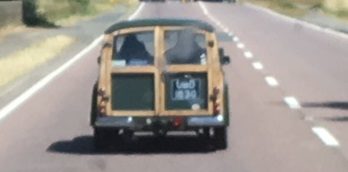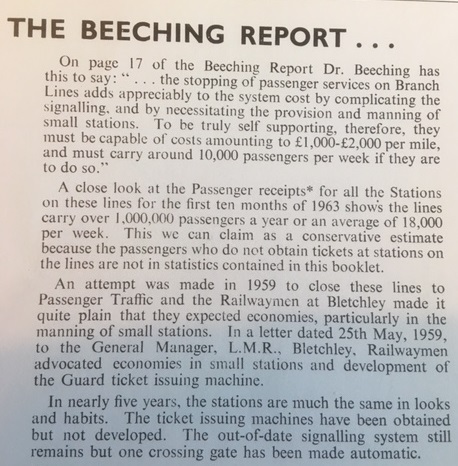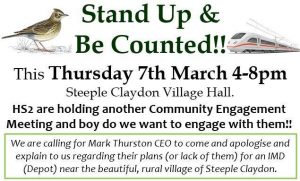www.swanbournehistory.co.uk/order-of-lords-of-the-manor-with-tithes-of-swanbourne/
Scroll down for local history posts.
20th December 2020
The era of the stagecoach across the Chilterns – Posted August 22nd 2021
By Neil Rees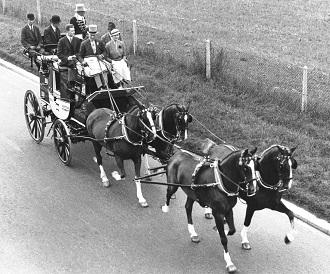
Stagecoaches on Christmas Cards
Stagecoaches are often seen on Christmas cards. Typically they show a stagecoach charging along a snowy road, or a mail-coach bringing the town’s Christmas cards.
History
A stagecoach was a horse-drawn luxury carriage – so called because it travelled in stages. As well as stops, there were coaching inns, where the horses would be changed, and travellers could have a meal or drink. On longer journeys they might stay overnight. Old coaching inns in Amersham, Chesham and other towns can still be recognised by their archways, which allowed the coach and horses to pass through into the stable yard behind. When the stagecoach returned by the same route they would swap horses with the original ones. Prices varied: richer passengers could pay more to sit inside the coach, or you could pay less to sit atop the coach.
Read More The era of the stagecoach across the Chilterns | Bucks Free Press
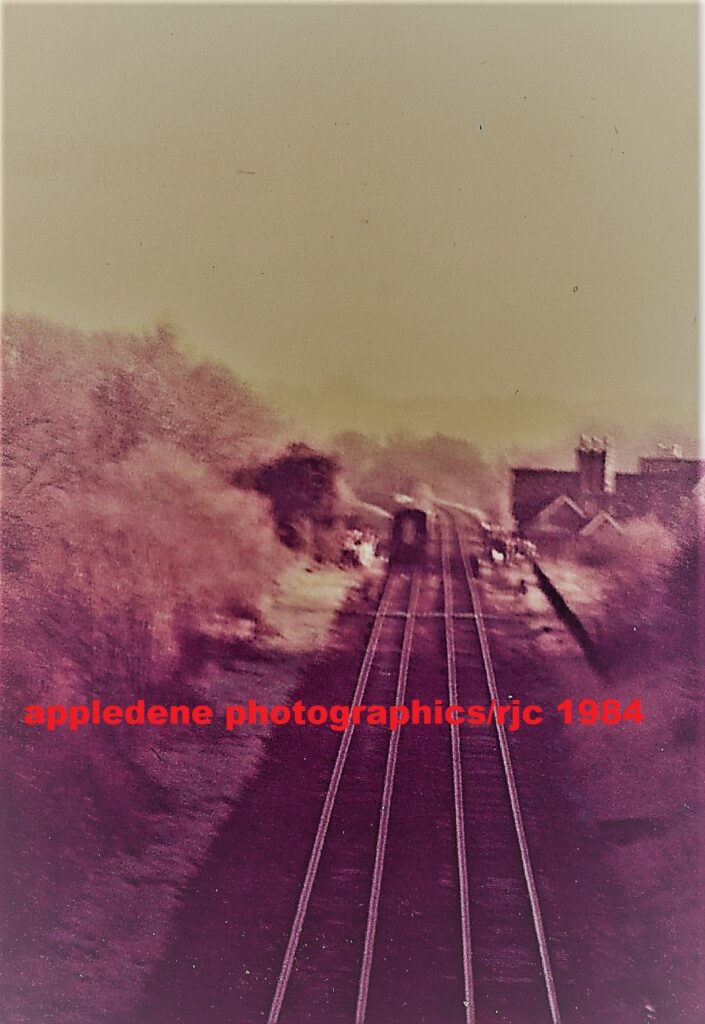
It is over 50 years since Castle’s landmark Transport Act – at that time, the largest piece of non-financial legislation since the War – received Royal Assent. So it’s a good time to look at her legacy, and the relevance her work still has today.
First the context. In the mid-1960s, Britain was going through a crash transformation from muddling on with clapped out Victorian transport systems and urban forms, to full on consumer boom modernism. Towns and cities were being rebuilt along clean lines; tower blocks were reaching upwards; and the roads were getting wider.
Transport policy was treated as a bought-and-paid-for mechanism for encouraging the growth of the motor industry. Terrace houses and steam engines weren’t seen as cute and desirable as they are now: they were an embarrassment.
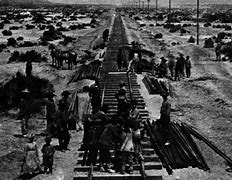
This page is a fairly random collection and selection of news and local history. Comments to robertj.cook@btinternet.com
Amersham & District Bus Co. | Amersham Museum
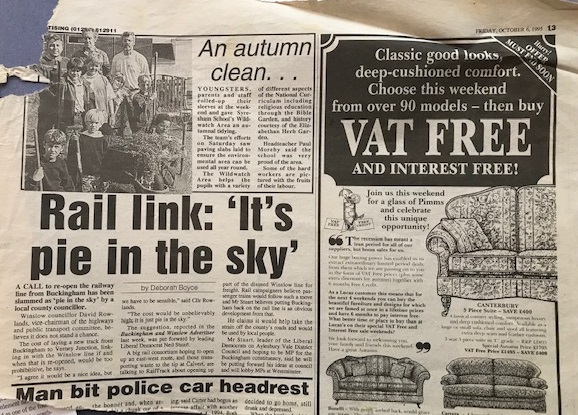
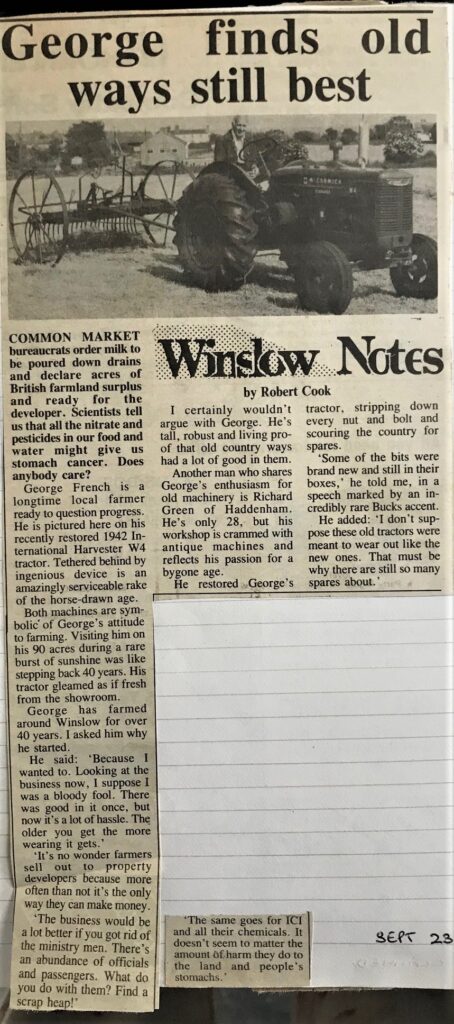
Some Early Robert Cook Journalism & Photography Posted April 15th 2021
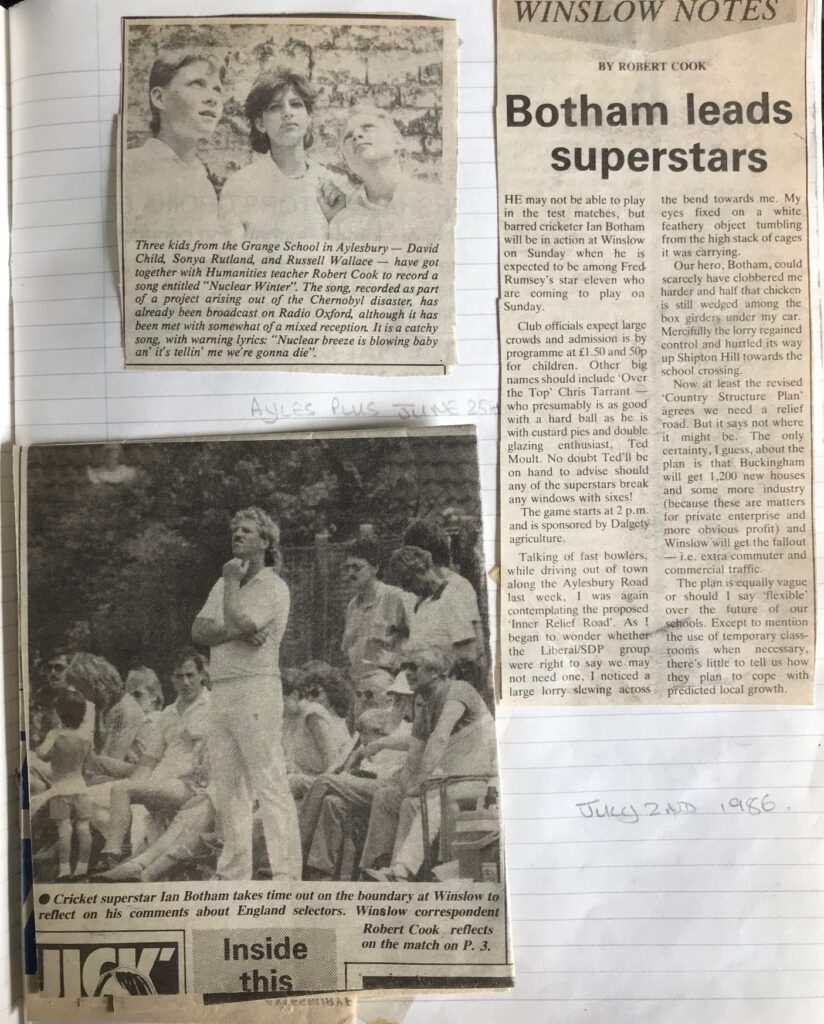
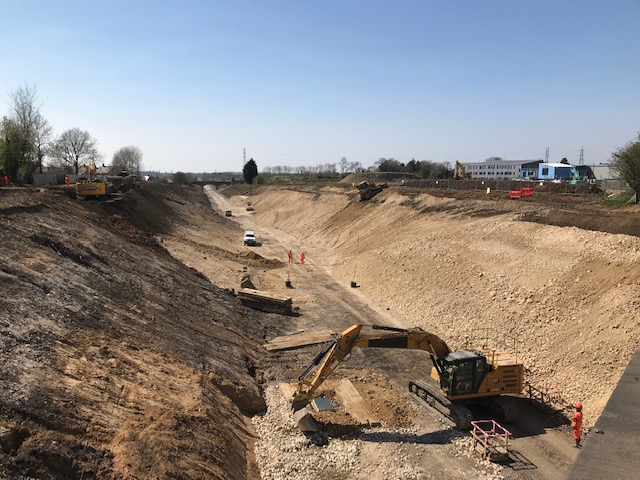
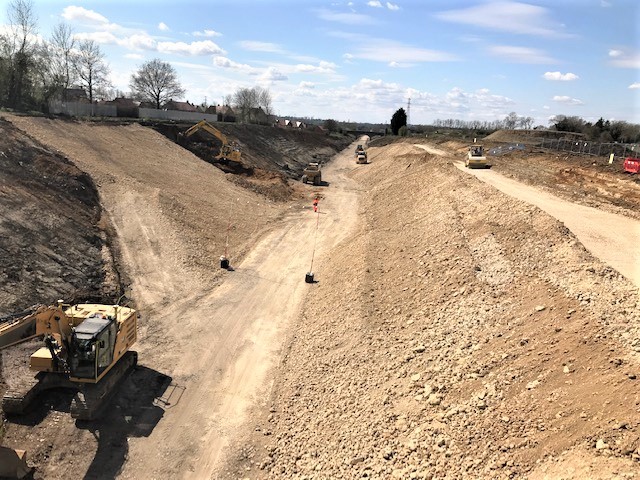
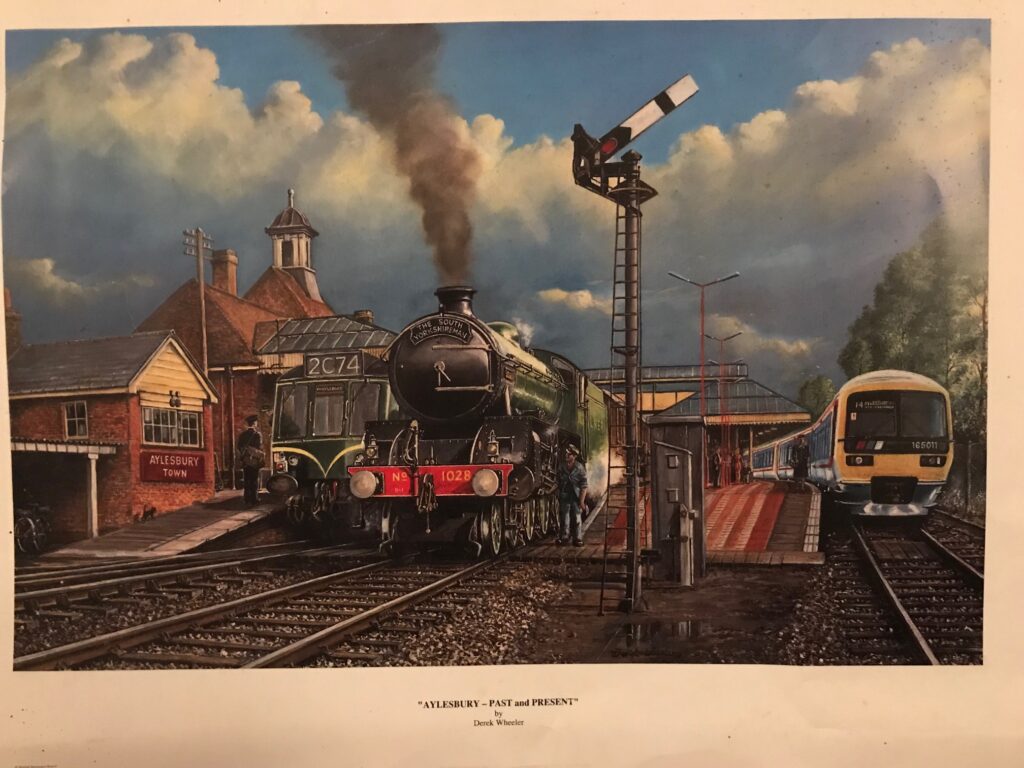
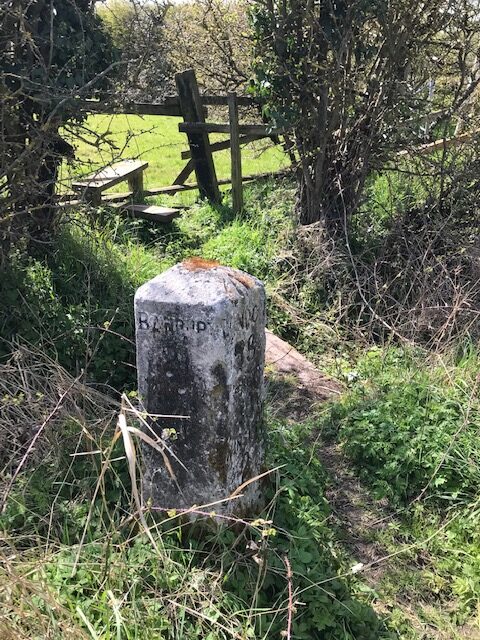
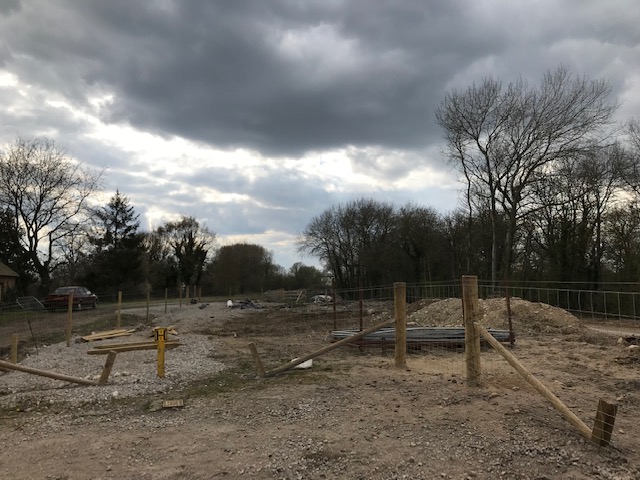
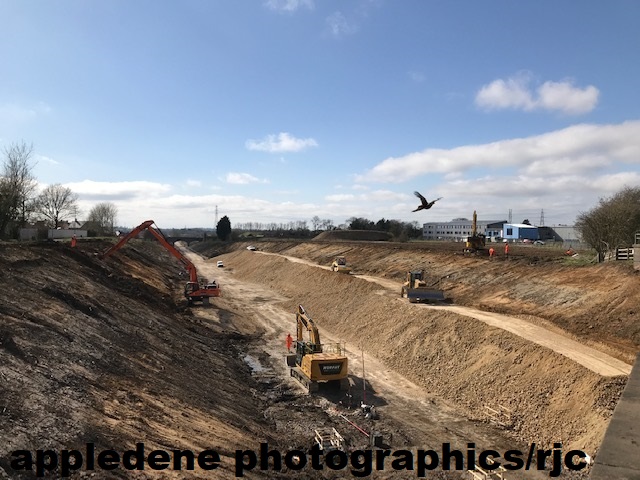
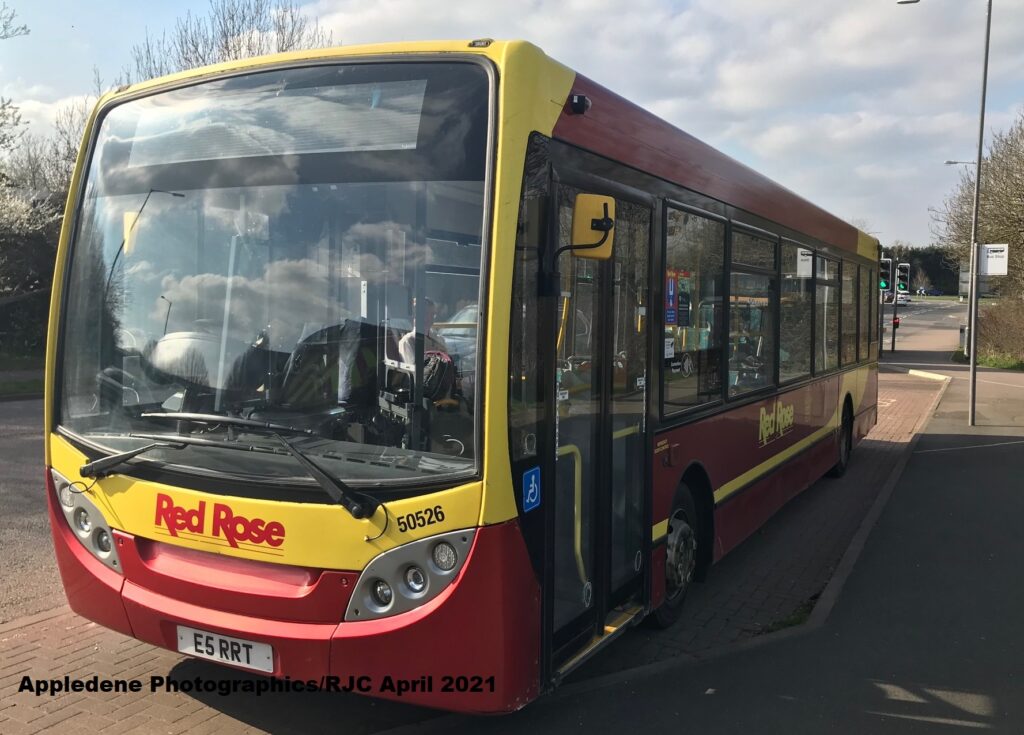
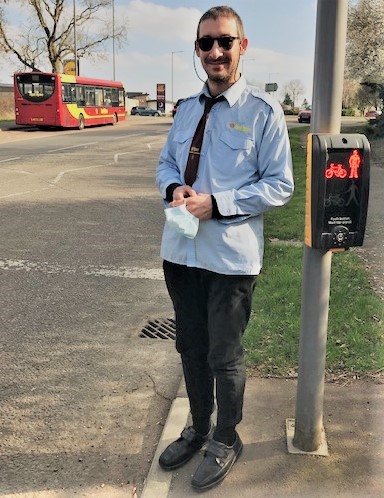
EWR March 26th 2021

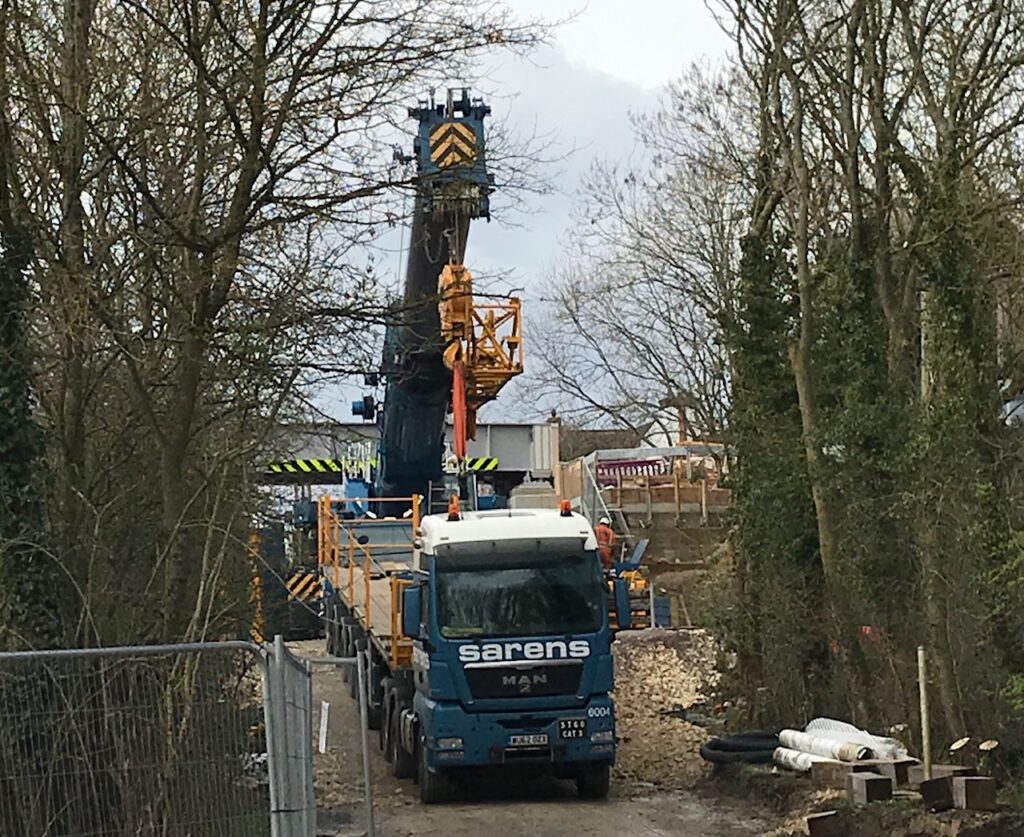
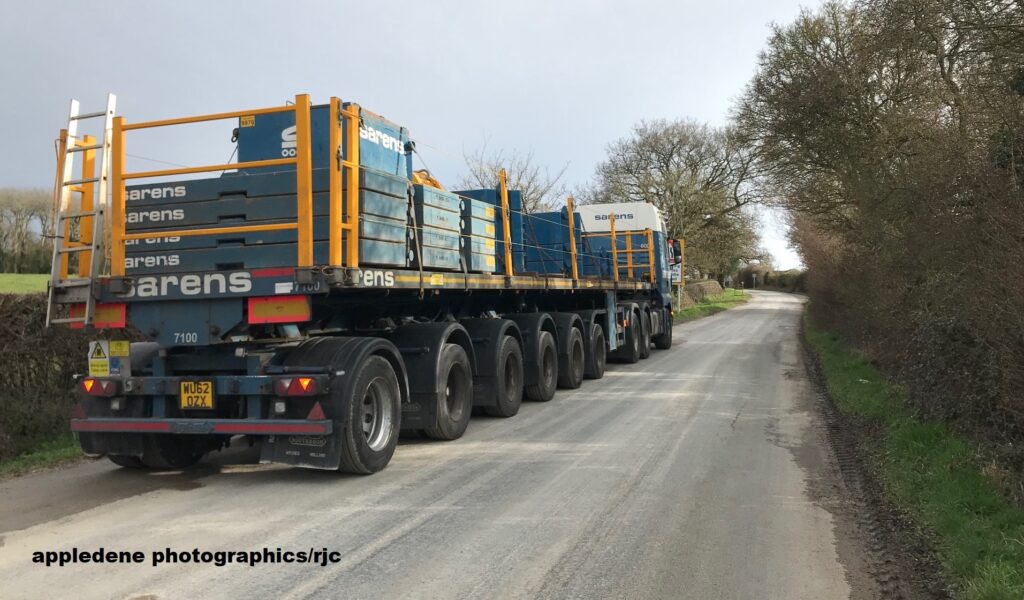
Winslow Oral History Project Interview Summary IntervieweeMargaret Lowrey(nee MacKenzie)Date of interviewJune 2011DOB25-5-1932Place of birthSheffieldFather’s occupationMother’s occupationInterviewerMary HuntNo. of files (tracks) 3Copyright statusFully clearedAbstractThere are three separate files: A long one where Margaret recalls Winslow when she arrived, people she knew, her motor rallying activities, marriage and motherhood. The second file relates to Margaret being influential in getting bell ringing back at St Laurence Church after a period of inactivity.The third file is mainly about Margaret’s involvement with and donation to the St Laurence Room refurbishment project. Key peopleJoe Lowrey, Alan Wigley, Dr Rudd, Dr Murphy, Mr Bugg, Mr Anderson, Mr Eckersley, Mike Baker, Tish (Patricia) Ozanne, Alan Goodgame, Alan Wigley, Di Kemp, Maurice Newman, Hilary Thornton, Peter Thornton, Mr Liggett, McDonald Daley, Ursula Murphy, Frank Johnson, Tony Whalley, Becky Pryce, Gibbard, Arthur Hills, John Hearn, Jo Anderson, Sue Ellis, Louise Wetherall, Georgina Mellows, Chris Mellows, Di Slevin, Paul Bagni, John Hill, John Keen. KeywordsRally driving, vets, doctors, cycling, bell ringing, badminton, squash, Park School Aylesbury, St Laurence Room, Flying Scotsman. File number and play point File003 Margaret describes how she came to Winslow for the first time searching for a house after getting married. Her husband Jo had been to the same school as Alan Wigley (a Winslow businessman). Winslow was close to London, close to Silverstone, Malvern and the midland car industry. Jo Lowrey was a motoring journalist who had worked as Technical Editor at The Motor. He went freelance before getting married in November. 02.14The Lowrey’s honeymoon finished at Nasau during the speed weeks when Margaret was offered a car to drive. She recalls the event driving V cars (Volkswagens with no modification to the suspension). Margaret had an accident, fractured her pelvis and flew home to Rowley Bristow hospital in England. 06.15Eventually in 1967 moved into 26 Station Road, Winslow.Alan Goodgame, an electrician, connected the cooker, rewired the house and sorted out a woodlice problem. Margaret’s social life included playing badminton at Stewkley with Maurice Newman, who owned the delicatessen in Winslow Square, Di Kemp and Hilary and Peter Thornton. 09.45Margaret describes entering the Scottish Rally accompanied by Tish Ozanne. Asked about starting out in motor rallying Margaret recalls a fellow resident at Queen’s College with a contact in the New 55 car club and her first experience of navigating. Margaret’s father gave her an A30 so that she could join the car club. After her move to Winslow she continued to rally, including the Polish and Czech rallies.14.14Margaret recalls joining the Church when her daughter was born. She also belonged to the Aylesbury Lawn Tennis and Squash Racquets Club. Her daughter Corinne was born in 1970 and her son Alec in 1972. Alec had severe learning difficulties and attended Park School in Aylesbury near to the Manor Hospital on the Leighton Buzzard Road. Corinne attended Winslow School when Margaret thinks the head was Mr Liggett and she then went to Akeley Wood School with the children of the vet Mike Baker. A vet had previously owned Margaret’s house – Mr Bugg, who kept turkeys as a sideline. The vets were Anderson and Bugg. Margaret thinks that the latter committed suicide. They had a surgery in Horn Street. Baker and Eckersley took over the practice. Asked about any remaining evidence of turkey rearing Margaret identified the remains of a huge Nissen hut in the garden and hooks in the garage where they were hung. 23.00Recalling other people in Winslow Margaret mentions Dr Pat Murphy who organised events in the town. The Wigleys and Murphys attended a Ball at Stowe School with the Lowreys. Dr Rudd is briefly recalled as brusque but clever. The McDonald Daleys were into dogs and Margaret thinks he may have been a judge at Crufts. They lived at Plough Cottage on Horn Street. He died in a car accident. Dr Murphy played golf and his wife Ursula was a qualified nurse. It is possible that Drs Rudd and Murphy had been in the navy together. 27.26Margaret mentions that Jo Lowrey took part in theMobil economy runs. Before they were married Margaret entered an Austin 7 mini in an alpine rally. At dinner she met Jo and their courtship followed. 29.13Asked about cycling, Margaret remembers that at the beginning it was influenced by her daughter needing a bike and being persuaded by the shop owner to have something slightly better than she had intended – a Dawes Galaxy or Supergalaxy. Margaret went cycling with her daughter. She was unable to walk far because of her hip injury. Margaret explains why cycling clubs always went out on Sundays. The Cycling Club in Winslow, which Margaret started in the early 1980’s, usually had about 8-10 people going out, usually women. Margaret remembers starting the Historic Churches cycle ride in Winslow (Frank Johnson was the Vicar) and it being taken over by the Historic Churches Trust. Winslow Cycling Club is no longer in existence. Lowrey 004Questioned about her involvement in bell ringing in Winslow Margaret remembers that Becky Pryce, a ringer, considered that the bells were not safe. She mentions the Gibbards and Arthur Hills the butcher, who were bellringers. Around the Millennium churches were encouraged to get their bells ringing for the year 2000. Margaret asked the Vicar, Frank Johnson? Margaret had to go to Great Horwood to learn but quickly moved to Stewkley where tuition was better – Bunce Scott was the teacher there. Margaret mentions various ringers when bell ringing was getting started again in Winslow: Jo Anderson, John Hearn and Michelle, Louise Wetherall, Sue Ellis, Georgina Mellows husband Chris, Di Slevin one of the present Tower Captains. Mentions the Vicar, Tony Whalley briefly. There are now about a dozen ringers in Winslow. Lowrey 005Margaret is asked about her involvement in fundraising for the St Laurence Room refurbishment. She remembers a lot of coffee mornings and going out into the Square to drum up trade with her handbell. Paul Bagni was project managing the refurbishment and John Hill, a local architect, did the drawings. Margaret donated a significant amount of money following the death of her husband and explains why she did this. Margaret is now moving away and has sold her house to a property developer who she asked to donate money to the St Laurence Room project. She believes there are plans to erect 10 dwellings on the house site. Formerly there was planning permission for 16 – approved before the Lowreys bought the house. There is one acre of land and Margaret has help in the garden from John Keen. Briefly questioned about Winslow and how different it is now Margaret remembers the railway and going to visit her parents in Cambridge from Winslow Station. She recalls hearing the Flying Scotsmen going by and being on it way to Wolveton for a refit.
Sixteen Years Ago – R.J Cook March 25th 2021
Sixteen years ago Sir Bob Reid asked me what I understood about sustainability. I told him in measured terms, because saying too much about the issue of population growth easily offends. Sir Bob, as seen from my interview below, was very cagey in with his reply.
Much of the proposed development plan , with which I was involved as Chair of the North Bucls Town and Parish Council Consortium, has come to pass. A key element, without which Sir Bob said expansion would not work, was reopening the historic and strategic Oxford Cambridge railway line . Now that project is under way.
Visiting the site today, I was informed materials for the new Little Horwood Road bridge is on its way. The crane, pictured here , is waiting. R.J Cook
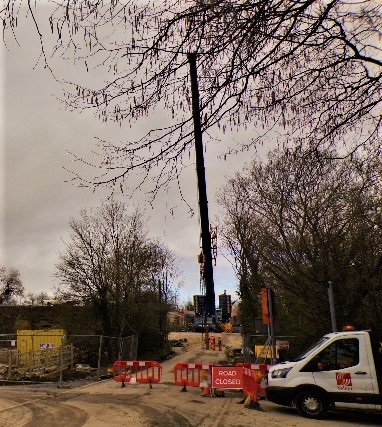
Not a two speed city by R.J. Cook first published in Buckinghamshire Countryside in 2006, posted here March 11th 2021
Sir Bob Reid talks to local author and journalist, Robert Cook.
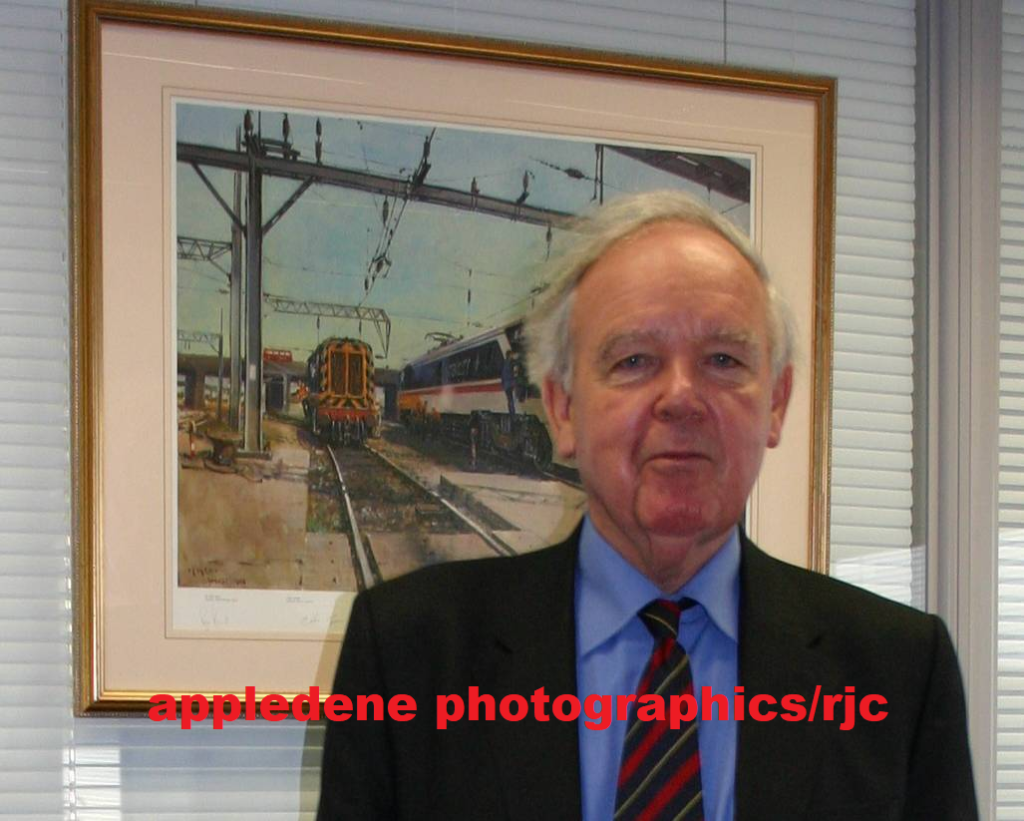
I met Sir Bob Reid, Chairman of Milton Keynes Partnership, at his city centre office. The canny and unassuming Scotsman, who grew up in Cooper, Fifeshire, has quite a record in industry. Born in 1934, his cv includes Deputy Governorship of the Bank of Scotland and Chairman of the British Rail Board. He also has a life long interest in education and served for 12 years as Chancellor of the Robert Gordon University
( RGU ). However, it became clear from my talking to him that his first love is the oil industry, where he began his distinguished career.
At the time I had a heavy cold, and Sir Bob wisely kept his distance from me on the other side of the table. His office is light, bright and functional, with lots of blinds that were very necessary on that very bright winter day. Sir Bob is now in charge of the group who are deciding the best way to expand the famous and largest new town in Britain, Milton Keynes. Designed as a city in the fields, back in the 1960s, some are very concerned that the six options for doubling its size by 2031, will destroy those fields, and open spaces within, that made it the 1960s dream. Even by 1993, the original man in charge, Lord Campbell of Eskan- those Scots get everywhere!- made a last visit. On seeing what had become of it, he exclaimed, ‘Look what they have done to my city!’
Before I asked Sir Bob what he planned to do to Milton Keynes, I wanted to know a little more about him as a person. Stating the obvious, as an opener, I said: ‘ You are obviously well known in industry.’
Sir Bob smiled, answering: ‘You never know whether you are well known or not really. I went to school like everybody else. I went to a secondary school and a primary school and off to University and joined Shell.
‘I suppose the only highlight of my earlier life was I lost my hand. I haven’t been able to find it either so it’s gone. That happened when I was nine so it probably influenced my life . Otherwise I’d have been a butcher like my father, but I then went off to work for Shell for 35 years and ran shell companies, I suppose I started running my first one when I was 34- 35 in Nigeria then went to Kenya for a bit then to Thailand and spent four years in Thailand then I spent quite a bit of time working in the Middle East during the oil crisis in 79-81 and spent a lot of time going in and out of Iran and Abu Dabi and Dubai and so on. Then I went off and worked in Australia for 2 ½ years and ran all their down stream business which is all the refineries and the marketing. That included Papa New Guinea and Fiji and Samoa and so on. I came back and operated the world wide marketing and supply organisations and then went off and ran Shell UK ,which is all the operations in the UK and the North Sea, and the chemical business. I ran that for five years and then went off and joined the railways, which I ran as Chairman , and executive chairman for five years.’
Wondering how Sir Bob’s experience could relate to the mucky and uncertain business of expanding Milton Keynes, in the face of some fierce local opposition groups, and vested interests who all needed to be brought on board, as well as fighting for the money to do it with, I suggested that running Shell was probably quite a slick , well organised set up, compared to the Milton Keynes challenge He laughed and looked a little wistful. Then he said: ‘Looking for oil is the most exciting and difficult thing. You’re either in a swamp or in the middle of a jungle or offshore or in very dangerous conditions, it’s not a slick operation, it’s all new. It employs fantastic people who actually go and do all these things. We worked as a family. The whole place was a family. We developed these oil fields in some nice but difficult places, and often in very high temperatures, or in very low temperatures as in Saklin Island, off the east coast of Russia- I wasn’t involved with the latter. Finding oil is never straightforward. You don’t find it in the middle of a great field.’
Hearing this made me realise that it was not so strange, having an ex oil man looking for ways to develop the resources of Milton Keynes, as I had thought. So I said; ‘In that sense, the unpredictability of things, and challenges have set you up well for the Partnership task.’
Sir Bob replied quickly: ‘ You never know whether you are set up or not . From the oil industry, the main thing you learn is about people and how good the people are. You learn how well they work together and how fresh they are in meeting the challenges You also learn how well they communicate, how well they understand their role in the broadest sense , and in the narrow professional sense, and how the job we do impacts on the environment. They need to be able to explain to the public, explain what they are doing, understand what the public would like to see because it is a consensus operation and make sure there’s enough excitement in there to make people happy, confident and enjoy what they do. That translates to Milton Keynes Partnership.
‘Looking at our team , everybody is interested in what they are doing, they are knowledgeable, they are professional and they want their work to be appreciated. They understand the need to work with the community and for the community to understand what they are doing.’
Knowing that a lot of rail users are disgruntled with the way privatisation worked out and blame Sir Bob, I wondered whether he had learned from any mistakes in that arena. Cautiously, I ventured: ‘The railways were very criticised, riddled with inefficiency and bad unions.’
Sir Bob looked a little cross and became most emphatic as he said: ‘That was far from the case. The government at the time wrote a memorandum that they wanted to sell privatisation on the basis that the railway was not efficient, but they dropped that because we had in fact improved the railway so much in the previous five to ten years, because a a lot of work had been done on it. They said privatisation was something that would allow development of competition, but that’s not really true because you can’t run more than one train up and down the same line at the same moment and you can’t’ like an aeroplane, offer services by going to different destinations because you haven’t got the sky to play with. So it has to be an infrastructure which is controlled. It’s not a competitive environment by any means.
‘You can make things better and you can make your line better and you might therefore get more leases and more licenses to run, but you are not going to do it on a day to day basis by beating a train in to a station. That’s not possible, so they had to drop that plan when they decided what they had was pretty good. They wondered why they should change it, but they were committed to changing it. Then they changed it in a way I told them would not work, and not for some considerable time To change the practices of a century in the space of six months, was not possible and the government would run into trouble with that plan They wouldn’t accept that view, so that was that. They were well warned. They were fighting against problems that were actually not there. There wasn’t any union problerm. I lost only probably three days in five years. And that was over a massive redundancy programme I put in place. Redundancy was not an issue because the men wanted it, the men already had 45 years service They went away with a large redundancy payment and an early pension unreduced. They were only too happy to go. I had more problems trying to keep them in. Redundancy brought our numbers down to more reasonable levels.
‘I was very disappointed with the way they did the privatisation. We gave them an alternative way to do it. A way which would have been much more effective and we’d have kept the gains we’d already made and the improvements that we had made. We’d have kept that in place, but you’re in the hands of the shareholders and they dictate what you do. Your success in achieving things depends, in a way, on your ability in persuading the shareholder and our ability in the last days of the major government was just not enough. We just did not have the ability to persuade them. Privatisation was a totem that they wished to get and they got it, but it didn’t do their results in the poll any good.’
So I asked :’ With all that background, what is your role here now, at English Partnerships- in the widest sense?
‘In the widest sense what everybody wants is for this city to continue growing. They want it to enter a second phase and to make a quantum move forward as a city ,the target of which is to move from 200,000 people to 350,000 people, to make it an exciting place to live, that challenges people, that is an educational icon, a cultural environment of first class order, and is not a two speed city. It’s to be a city in which, where ever you live you are assured of high quality services and you are assured that your presence here is appreciated by the community in which you are living.’
Wondering whether Sir Bob was in Milton Keynes to play Devil’s advocate, I asked if his role was to initiate ideas or co-ordinate them.
Sir Bob answered thoughtfully, ‘In life everybody is free to initiate ideas. The secret is getting everybody to accept them. I haven’t had any difficulty. People here have got many ideas about what they want to do, They are very well thought through and they are thinking the next stage up to 2031. The consultations have been good and the city will move forward.
Uncertain about Sir Bob’s optimism, I quoted the chair of the South East Group County Councils on water supply, who had suggested that John Prescott’s plan to build millions of houses across South East England would lead to widespread drought. Sir Bob said: ‘We have to look at the various utilities and water is not seen as a problem. Such critics need to be more concrete in terms of cubic metres and reservoirs and so on. This is an area which is examined in the plan. You need a plan to be able to meet the needs of a growing city, but there is no sign that there is a shortage of water.’
Given that Milton Keynes is something of a mecca for consumerism, and that demands on the local eco system would be growing enormously, I asked Sir Bob what waste problems were envisaged. He told me there was nothing to worry about. He said: ‘When we look at the various utilities in the plan, we look at are the various utilioties, including facilities for cremation, burials etc, and the school situation. All the things are looked at in the plan and there is not one constraint on the rate of the development which we forsee . There will be investment, there will be development of facilities, but there’s not a constraint.’
I suggested that the biggest issue is going to be housing, and another major one was going to be public transport. I said though it might be possible to take a train or bus into the city, it was difficult to get to a variety of destinations by public transport. I informed him that the council’s Cabinet member for transport, Graham Mabbutt had told me that he didn’t expect the city to reach the target of 16% using public transport by 2031. I said it was very difficult to get where you want to in MK when you get there, without a car and that the situation would get worse through expansion, if nothing was done to improve matters I asked Sir Bob: Is public transport relevant to your goals? He said: ‘The work that has been done in the plan is a good intellectual piece of work and what it describes in the next 25 years is that people will be older and the community will be predominantly more single. There will be more single people living in what were family houses for a variety of reasons, debt, separeation, etc. These are the social trends that people see as being unavoidable and will influence how the city is going to look. Equally it is clear as people get older they will be less able or keen to drive themselves. This has two implications, one they’ll want the services they need for their day to day life to be available to them, close to where their homestead is. They will want a medical service, a health service, all the things like beauty parlours, hair dressing salons, within the area they can walk. That has an implication on the design of the new development areas and has a major impact on how you position your regeneration. By design you are reducing dependence on the motor car and increasing reliance on public transport.
Another implication is that public transport becomes much more important. To get public transport going it has to be reliable, frequent, easy to use. And relatively affordable. London has done this with a much larger population, by giving the residents travel permits which are taken up in the money you pay for the rates People get a document which they can use every day in the year, at certain times, and they can jump on a bus for nothing. They can jump on the underground. On the surface you fill the place with buses taking people to where they want to go to. One of the great faults of traffic designers is they take people where they don’t want to go to. And the railways is no exception on this. Taking people to St Pancras when they want to be in Liverpool St is not very sensible. So you’ve got to be sure the service does work and is effective. A lot of work is going in on that now, to provide a bus service to build up public acceptance. To make sure people use it, they need to come off the train in MK, walk out and get on a bus that will take them up to the business centre; or at Bletchley and they want to go to a football match, they come off the train and jump on a bus. You make your services to meet your needs. That piece of work is not simple. It’s not a question of the vehicle you use. If you are not a tram type city like Amsterdam or Melbourne with a long street you just go up and down you have to develop buses.
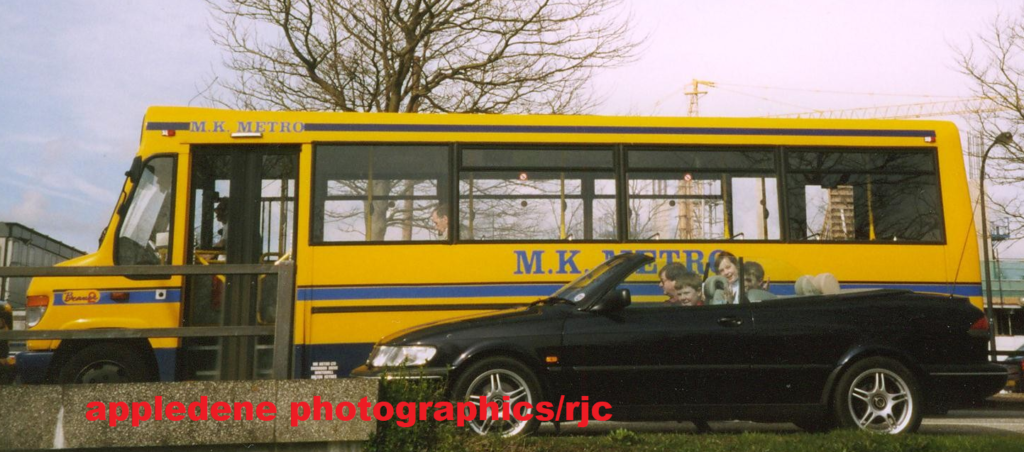
You check out whether it does work. People have got a thing about trams. I’m not sure trams are the right idea. The thing is to get the motor bus working properly first. You get the motor bus working first. You remain flexible. Milton Keynes was set up to take over the overs pill from London. The migration from London never happened. It came south, east and and west.
The one thing about a democracy you can’t tell people where to place their demography. They go where they want. You don’t have a communist state, people live where they want to. This is an attractive place to live for a whole variety of reasons. Inward investment is making it more and more attractive to live here. The forces in the market are making it more attractive. If we get the university going, the schools, the cultural life, that will be a lodestone, it will bring people in. What Pete Winlkleman is doing down in Bletchley with his football is going to bring a lot of people to Bletchley, some will say this is not a bad place, I would quite like to live here. All the things that make up a city, your schools, university, music, all the things that makes it exciting, then this place will grow, irrespective of the number of houses in the plan. It will just continue to grow. Our job is to make sure we channel these forces positively so that we make it a liveable city.’
Pressing the subject of Bletchley, a long neglected neck of the woods, I reminded him that locals wanted regeneration but did not want the town to lose its’ olde worlde appeal. Sir Bob said:.‘It all depends on the quality of your abilty to regenerate, take London, Edinburgh, Glasgow, if you were able to take old buildings and make them attrartive to live in, that would be good. It’s a question of how imaginative you are and how good a starting point you’ve got. Before I came here I worked on the regeneration of Kings Cross. Around there, we kept a number of features of that area and built new around it. Regeneration is an exciting thing to do. You keep what is best of the old and you keep high quality and then you develop around it, but always in consonance with it.
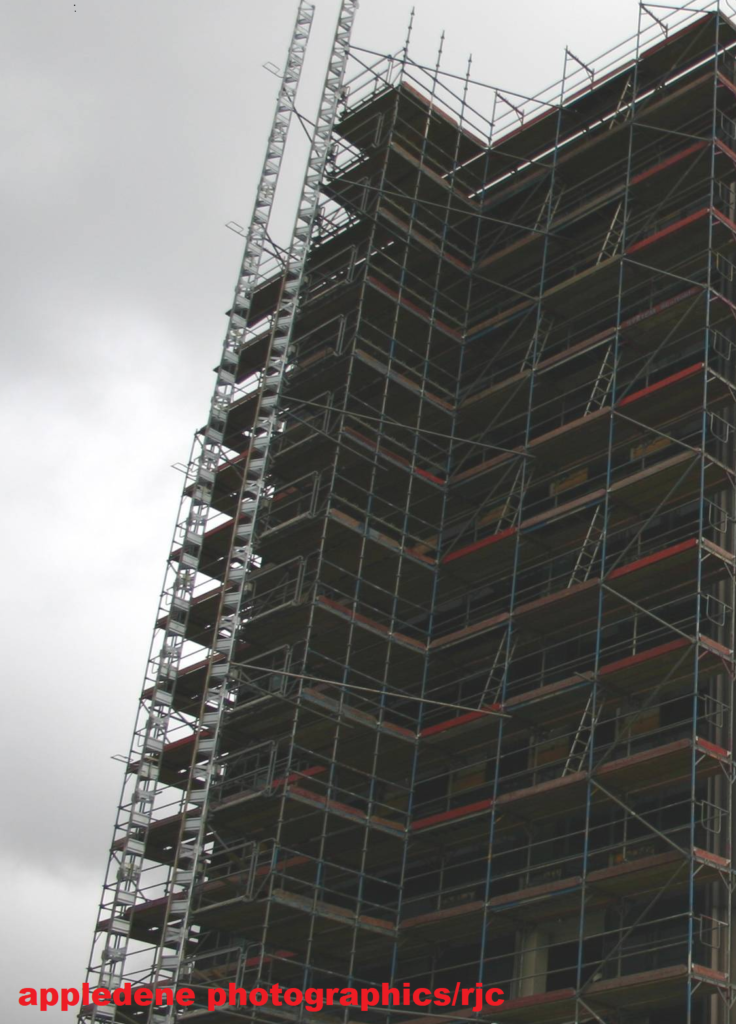
What are the particular challenges for Bletchley? I asked. ‘Bletchley is fascinating because the impact of the football stadium and the regeneration coming into place will make it a very active centr, helped by the development of an east west railway line. It will bring a lot of people in there to go and see the football but obviously it spills out from that. It will actually be an opportunity to create something that will encourage people to come to it, I think there is a lot of potential there. A lot needs to be done on the transport side The east west rail needs to be put in place, that’s what we are working on now. We’ve got the Milton Keynes station sorted out, we’ve got the opportunity to go to Milton Keynes from Oxford and we’ve got the opportunity to go form Milton Keynes into Bedford. So you can begin to build that area around there and that money has to be found and put to work quickly because that’s important in how this city will develop. If you have an east west railway line this will impact as to how the city will develop and what areas you concentrate. That influences your development. There’s a couple of areas where the bridges that go across need to be looked at, the main pattern of the line looks OK and it wouldn’t be a problem to double line it and signalling is not difficult. Chiltern is keen to run on it. The Bletchley connection is helped enormously by the amount of work that’s been done on the West Coast mainline, which is already agreed and seen a reshaping of Milton Keyne Station. All one needs to do is find a body who have a million to actually do this line. It’s in the interests of Milton Keynes and Aylesbury to have that line, and it’s a question of how we are going to finance that and that’s an issue we have now, if we proceed to do the survey work. Just to check out these bridges and the line is an expenditure of £200,000. That’ will be undertaken and probably be finished by June 2006 and then we will be in a position to start getting it done if we find the £80 million, we might be able to do it for a lot less, but we’ll see.’
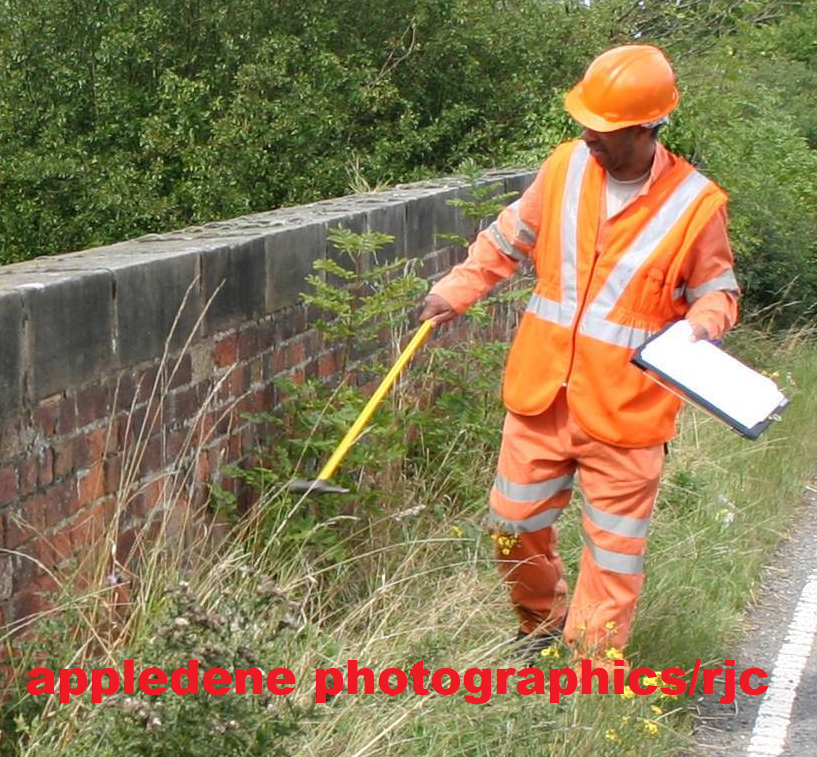
Checking an over bridge on the mothballed Oxford – Cambridge railway line, as part of a survey. Sir Bob Reid, Chairman of Milton Keynes Partnership says that reopening the line is vital to the Milton Keynes expansion plan.
So you’re optimistic? I asked. Sir Bob replied: ‘It must happen. Once you’ve got a government policy you can get things done, this is what joined up government is all about. You might have to remind one or two ministers that’s what it’s all about, but joined up thinking means you’ve got an infrastructure that joins Oxford and Cambridge together and Bletchley, benefits. It’s a question of making it like the Glasgow Edinburgh, it’s not difficult- those cities never never liked each other!’
How soon might we expect to see the line open? I wondered, because we’ve been waiting so long. ‘If we get what we want, and the survey will be finished in June. People want this railway built and, there is transport budget. There is also the possibility of doing this with private sector money and the big beneficiary of this is Milton Keynes City; to be able to move comfortably from North Oxford to Milton Keynes for a day, allows you to see it’s going to impact on shopping, cinemas, cultural and theatre in the evening, all of a sudden you are in the act of a snowball. Once you’ve got a university people see you are serious about education, you are serious about culture, because the cultural side is alongside the university, that then grows. Cut the constraints and get on with it. The constraints are that we live with a national parliament in which money is not all that easy. It’s been pretty easy for the last five years, the economy has been slowing down, capacity is quite stretched and the chances are things could be a little more expensive and what we’ve got to do is find our way through that.’
Isn’t the neglect of infrastructure a major constraint on that capacity? There ‘s no neglect of infrastructure within Milton Keynes. The actual ability to move around Milton Keynes is quite unique. When you try to get out, you start to realise the M1 is a major restriction and the failure to move east west is a constraint that we are addressing, the improvement of the station will make going up and down to London 35 minutes so you become part of London, because you are so close, it’s like getting from Wimbledon to Waterloo, it’s 35 minutes. Here you are in Euston, once you can see that, you can see the opportunities to integrate the city, I don’t’ think there is anything that can hold this place back other than the ability to find imaginative financing for the next stage of development and that’s what we’ve got to work on. .One of the things you must remember is that the infrastructure problems that you describe, particularly the M1 , that doesn’t apply if people live and work here, that’s why inward investment is absolutely critical, if they live here and kids go to school here, the people working in Abbey and Santander will , hopefully, all live here and go to school here.’
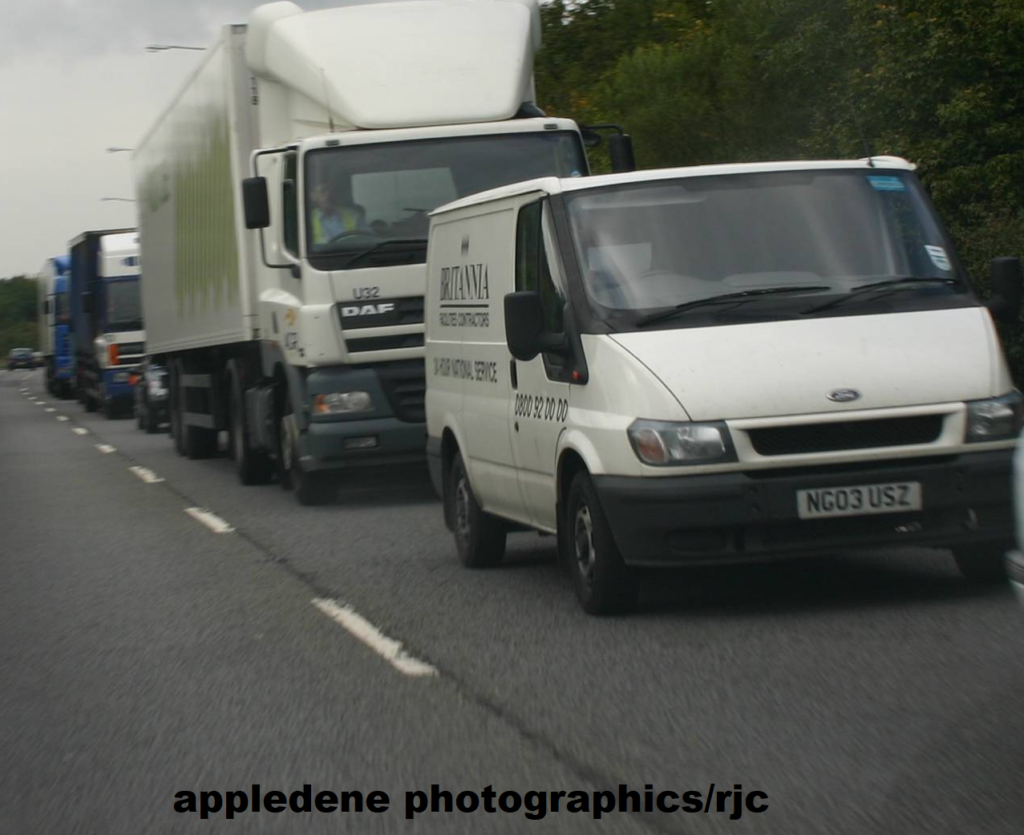
Eastbound traffic queues to leave Milton Keynes, heading along the A421 to the overloaded junction 13 of the M1. Milton Keynes is a prominent warehousing and distribution centre, so getting goods in and out is essential.
Sir Bob had thus raised the vital issue of sustainable community, so I had to ask. ‘Is it realistic to think of that happening to MK, the looal environmentalists are shouting quite loudly that Milton Keynes is not going to be a sustainable community.’ Sir Bob bounced the question back to me: ‘What is a sustainable community? You are the voice of the public, maybe you can tell me what a sustainable community is?’
Hang on I’m asking the questions I thought as I stumbled about looking for an answer to a question so impossible for some, that they argued that no new growth was sustainable and that the country and world was hideously overpopulated. I heard myself mumbling nervously: ‘Ideally one that can meet most of its needs from within, reducing inward outward movements because of this traffic problem. One that can meet its needs without creating excessive harmful effect on the natural environment for the foreseeable future, without defeating itself by creating some huge ecological problem.’
Sir Bob came to my rescue like a cat playing with a mouse: ‘It’s easy to define what is not sustainable. Multi Storey blocks all living closer together and getting cheaper and nastier is not sustainable. To define what is sustainable is much more difficult.’
But I was getting into my stride with the conundrum of modern life and carried on with my answer. I was getting into this: ‘There are problems of stress when you put too many people in a given space. A place has got to get rid of its rubbish and deal with its energy needs. For a long time brick pits were handy. That’s restricted now. The main culture of Milton Keynes seems to be shopping. We are consuming enormous amounts, Sustainabilty is about balance, harmonising our natural human curiosity.’
Sir Bob smiled in an avuncular way: ‘You are getting better. If any article comes out we’ll look very carefully at how the issue of sustainabilty is covered. I had to remind him: ‘You haven’t told me what it is from English Partnership’s point of view.’
Sir Bob said: ‘We work on a definition which concentrates on making sure that what we leave for future generations is an advantage, not a disadvantage. Developing with the interests of future generations and older generations in mind. We are trying to see what the future demands and constraints are going to be, forty years ahead so that we can plan to produce a society and structure of assets acceptable thirty or forty years from now and that are welcomed.’
I suggested that there is a problem now that peoples expectations are so high and that people are not knowing limits. Sir Bob replied optimistically, ‘No I don’t think so. All this disregards the huge impact of education, people watching TV programmes that tell them about Egypt, their own country, how people are overcoming disabilities, what are the dangers of medicine, the opportunities of medicine and so on. It’s an educational force, more to satisfy their minds, not their bodies, therefore they become less material, not more material. That really depends on how well you have prepared them, their inquisitiveness and desire to learn. I think Britain is still very much a learning society and we are in a good position, we are sitting here with the Open university, which educates throughout the world and we’ve got to take advantage of that. Peoples views of where they want to live and what they want to go and see will guide the city in an intellectual sense which will make it an attractive place to be, and primary schools and secondary schools are most important. We have to make sure we are providing children with the next stage of education and continuous learning and development. If we can get people to see the need and provide for that within the city then we’ll really build something that is going to last – education is the key. Obviously the housing that we are going to give them and the schools, all the facilities you give them are crucial, but it is providing the holistic environment of what the city is.’
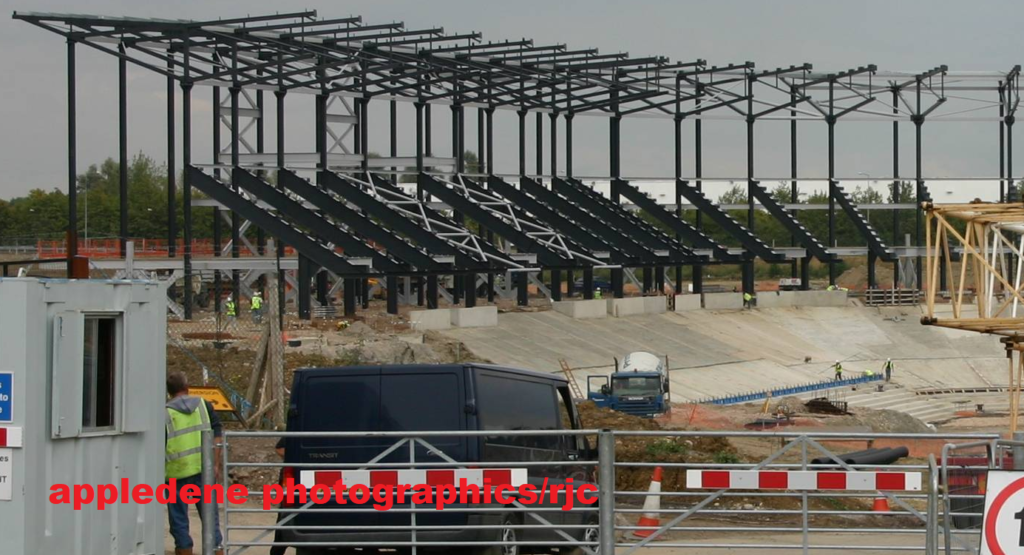
Milton Keynes Dons, football stadium under construction in Bletchley, 2005. It is just one of many ideas to boost the fortunes of Bletchley and Milton Keynes as part of the expansion programme.
I pointed out that Bucks County Councillor Rodney Royston and and Milton Keynes Councillor Euan Henderson were at odds in the first options meeting which was deciding where new growth was going to spill into surrounding countryside, and that there was a difference of view, an element of conflict between them. Rodney had said if the Prescott densities been adhered to there would be no need to spill into the development in Buck. Euan was saying that the green spaces were sacred to Milton Keynes, while Sir Bob said he was well aware of the legacy of Milton Keynes. I asked Sir Bob how he reconciled these views?
Sir Bob said: ‘It’s a question of finding a balance, regeneration, the extension of the city and the intensifciation of the city centre, these are the three areas and nobody is in dispute. The question how much you can get out of these ways. To a certain extent the overall parameters of achieving 68,000 houses by 2031 is a necessary, it drives you because you have to make up your mind what you are going to do. The key thing, as you described in your admirable description of sustainability, is to find a balance between these things. The abiding concern on one of these three legs is regeneration, it is a political process you start now, we don’t want super developments on the fringes or in the centre and people going back to what we consider inadequate circumstances at home. We then have to start the political process. Regeneration means change and people must be prepared for change and must participate in what is going to be, You cannot delay the process because you cannot have a two speed city.’
Sir Bob Reid, Chairman of Milton Keynes Partnership, at English Partnership’s Central Milton Keynes.
Copyright Robert Cook, February 2006
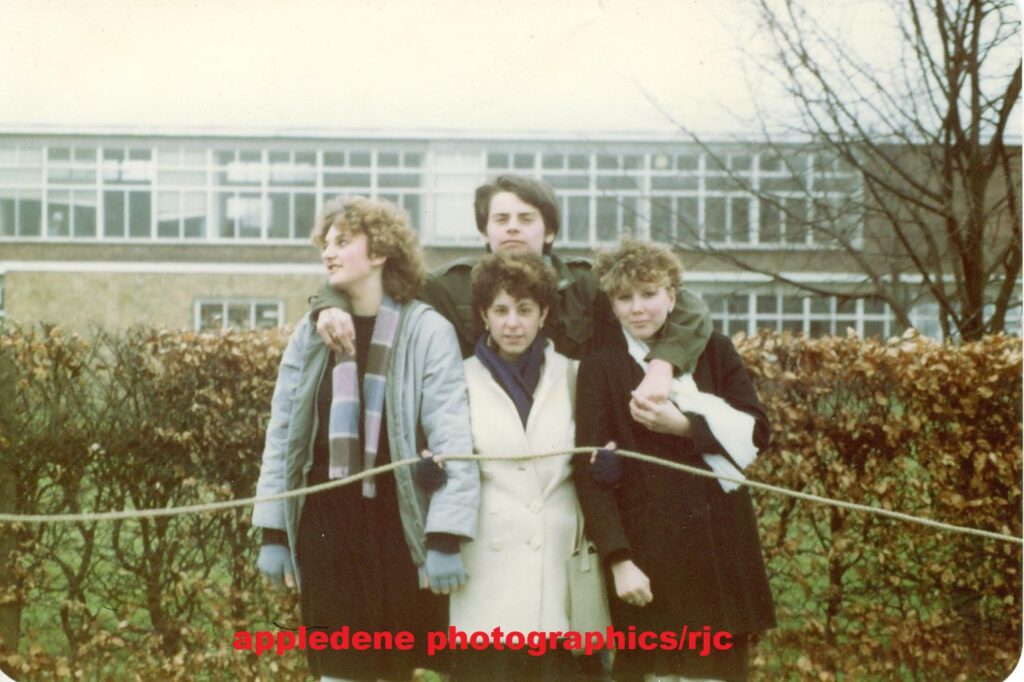
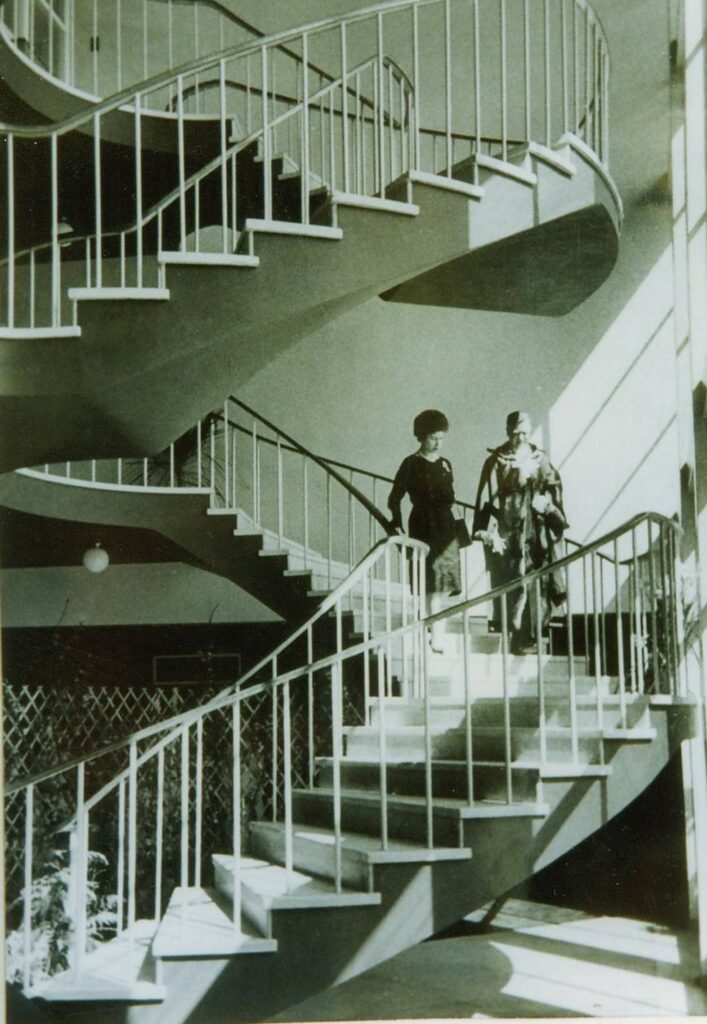
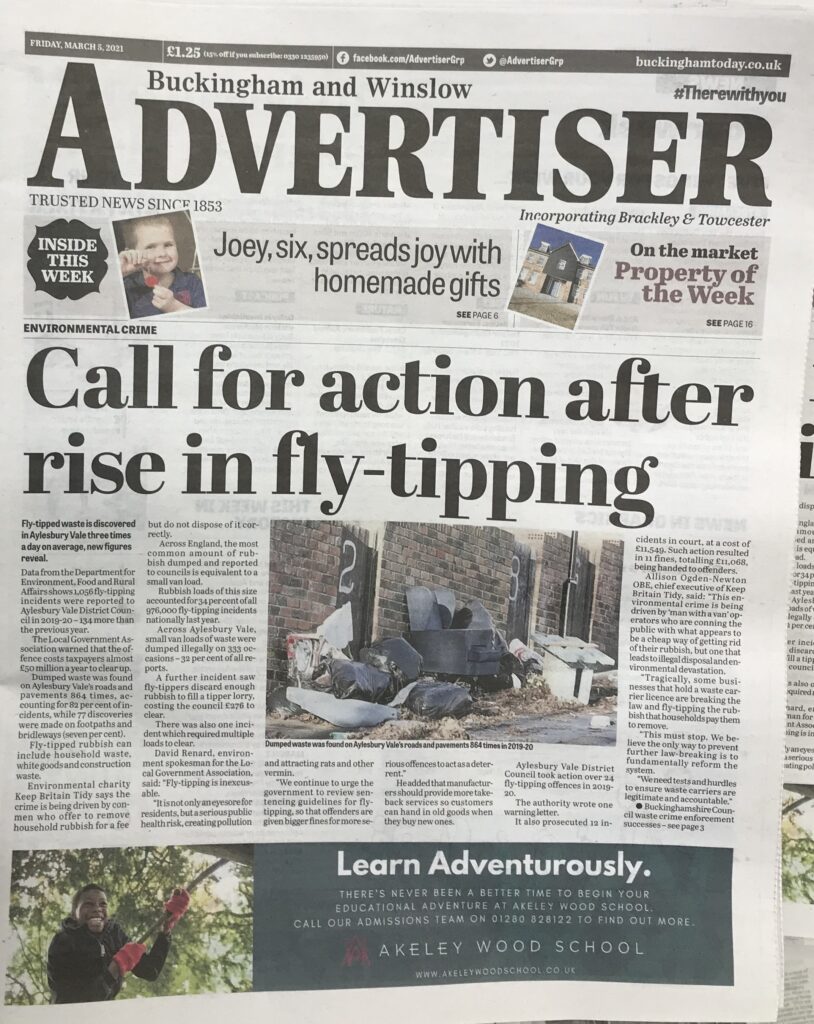
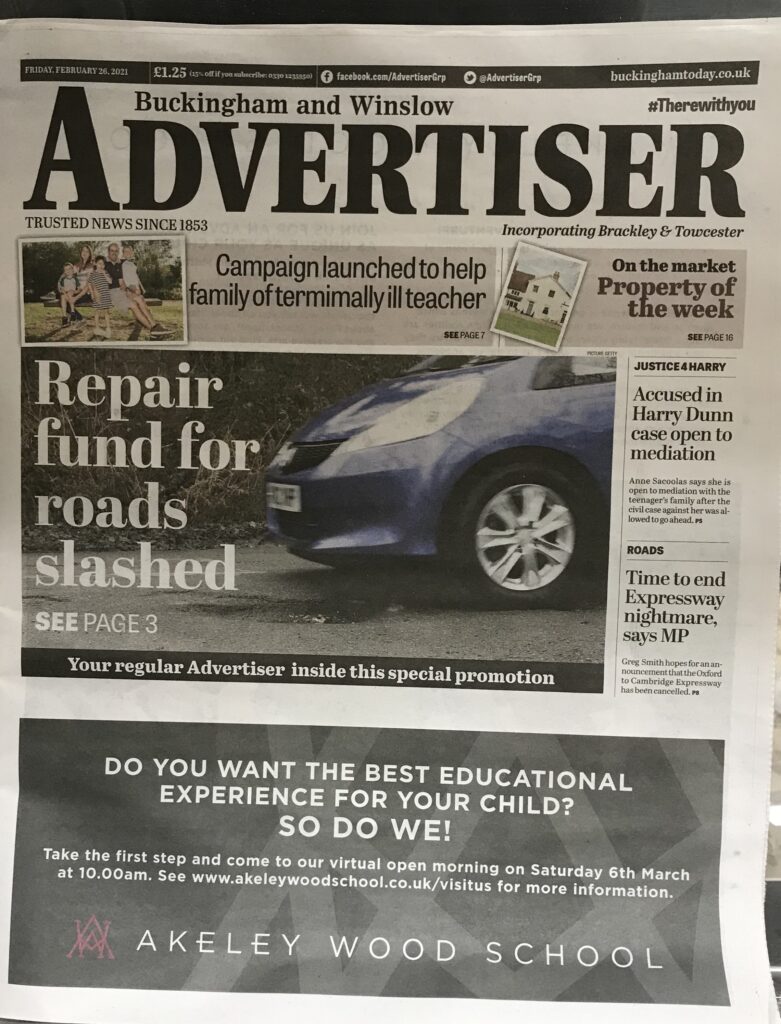
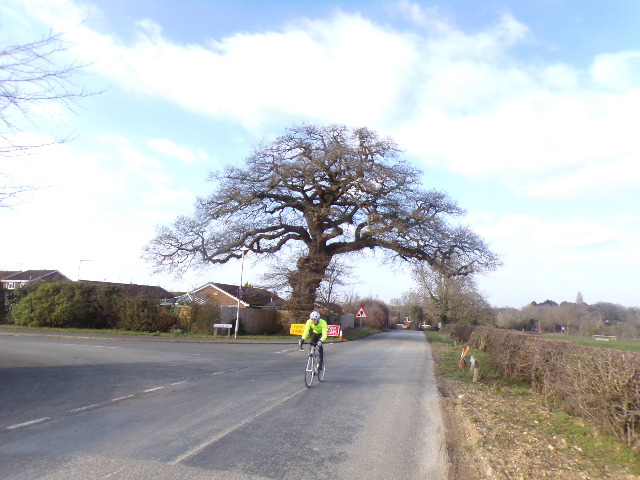
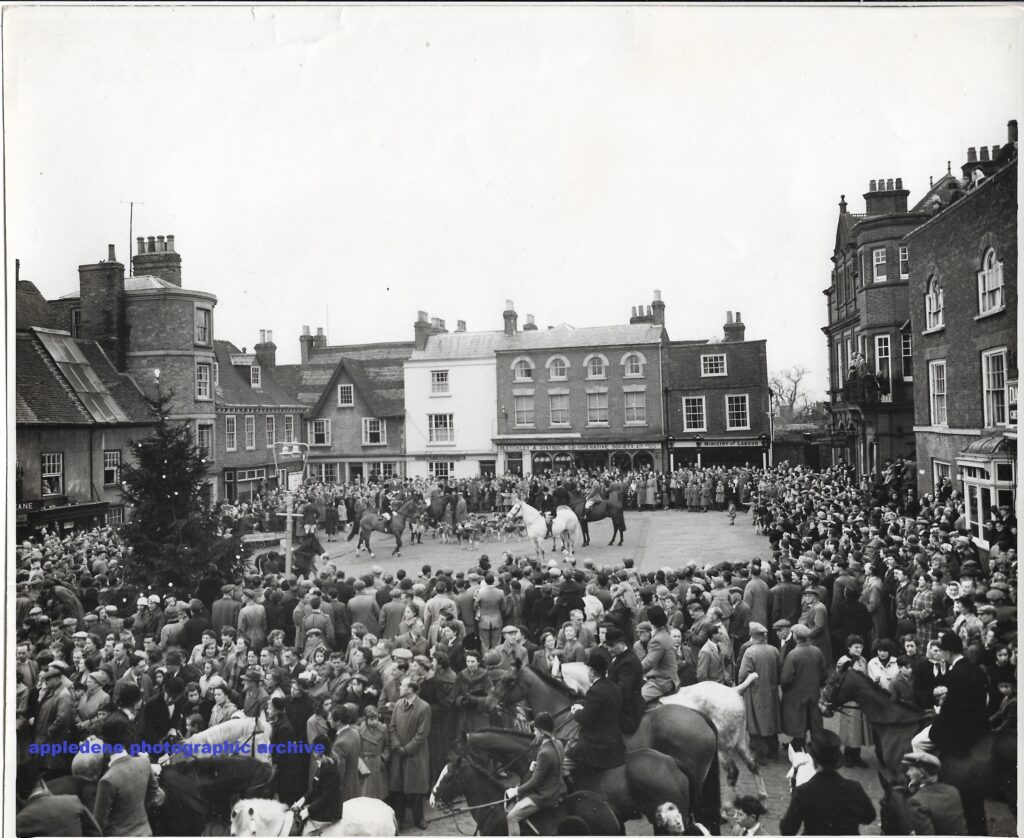
Queen Visits Buckingham 1950s
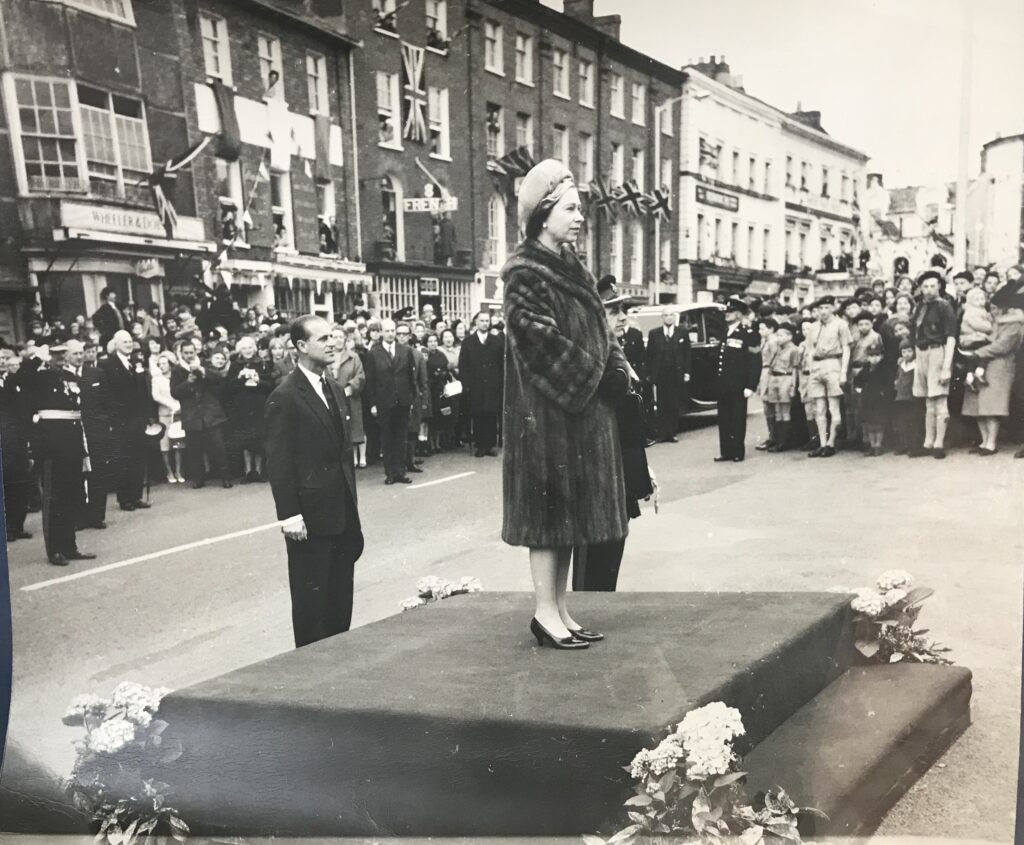
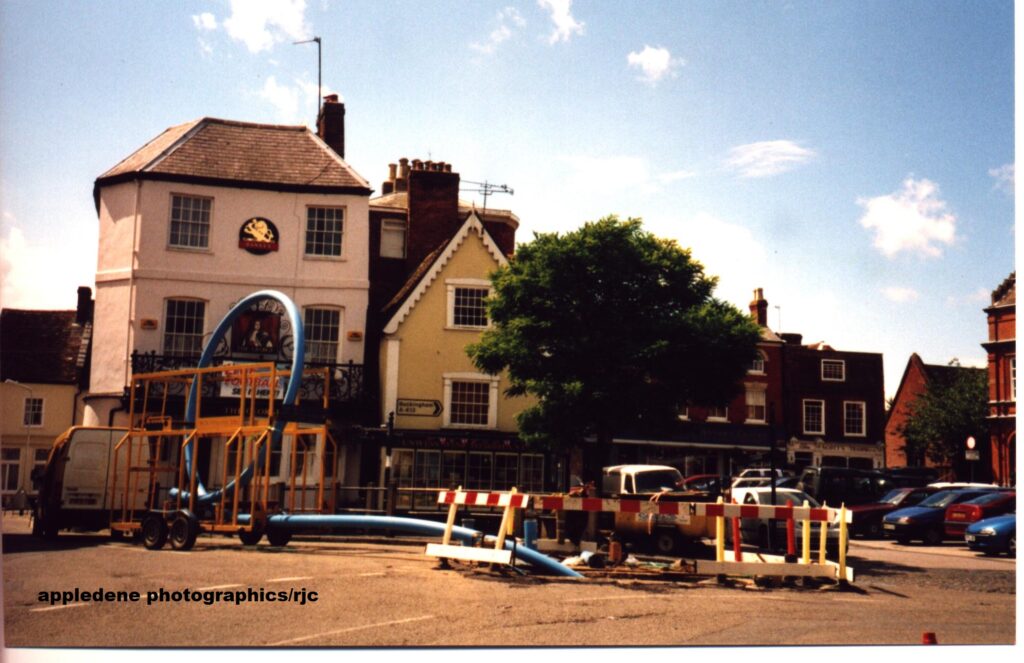
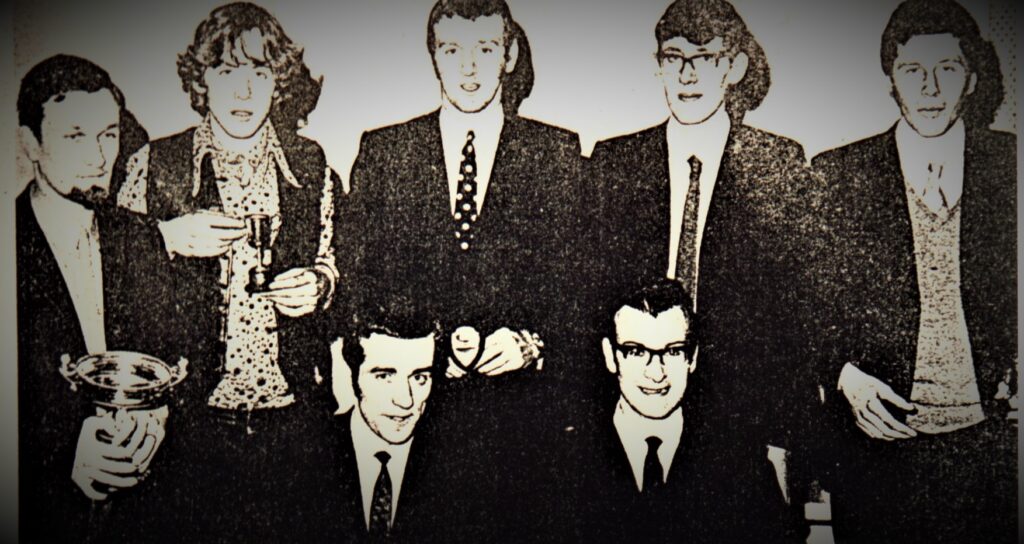
County team member R.J Cook is second from the left, the only member not wearing collar and tie. Milton Keynes was in its early stages, soon overwhelming the famous railway works town, which was home to the Royal Train.
Image Appledene Archive/Wolverton Gazette.
Snapshots of Past Winslow
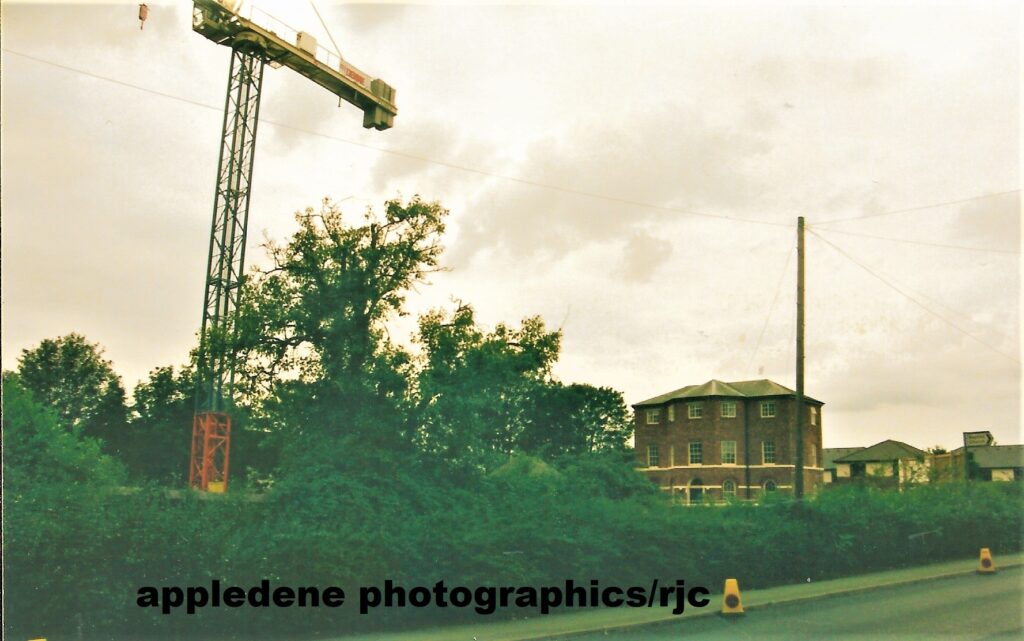
The site was redeveloped for the new private care providers. Over the years more agency workers were used, with source telling me of one proud and modest elderly lady traumatised after being washed by an African male agency worker from Milton Keynes. Care staff are poorly paid and poorly trained in spite of the high fees charged. My sister was a senior member of staff when the home was privatised, and a constant source of information on its decline.
Places are scarce and expensive, with old people usually having to sell their homes for the privilege. It is a pity we are not given the euthanasia opitin. But the country is a fake democracy and fakes Christain beliefs.
The site was originally developed as a workhouse following the 1848 poor Law Reform Act. By this act, conditions in the workhouse had to be worse than the worst conditions outside. Famiies were split up and inmates were given pointless demeaning work in return for a bed. So , Winslow workhouse became known as ‘The Spike’ because , after a breakfast of gruel and weak tea using recycled tea leaves, the poor spent their long days grinding up chunks of hemp on a big spike.
After World War Two, the old wokhouse was designated a hospital. Girls who had babies out of wedlock had been placed in their during the 1930s. They were joined, after the war, with those considered mental defectives.
I recall these people during the 1950s, dressed from a bygone age, those female outcasts grown old, in floral summer dresses and hats walking in a long train, hand in hand, two by two, boy girl, sweet and sad with blank eyed old men in suits and trilby hats, off on Sunday afternoon walks together, down Little Horwood Raod, then a mere country lane.
The women chatted away like schoolgirls , smiling inanely , never having seen their children. There never was a golden age and religion has always been about politics, power and hypocrisy. Being white has never been a privilge in itself. Class is the issue which the elite have come up with even better ways to obscure..
R.J Cook
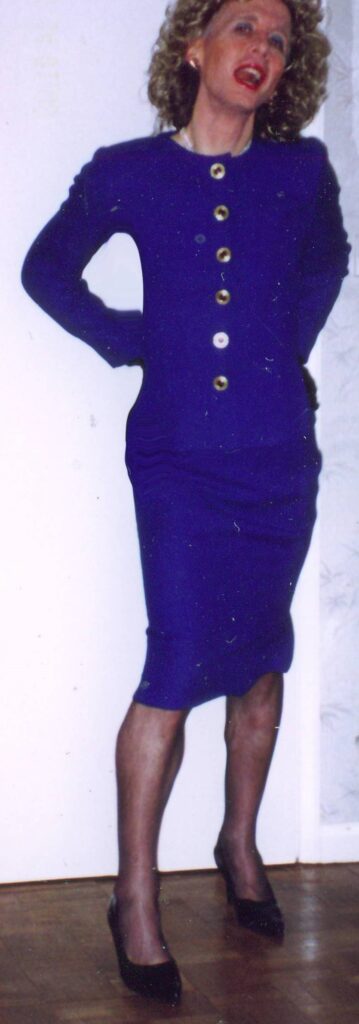
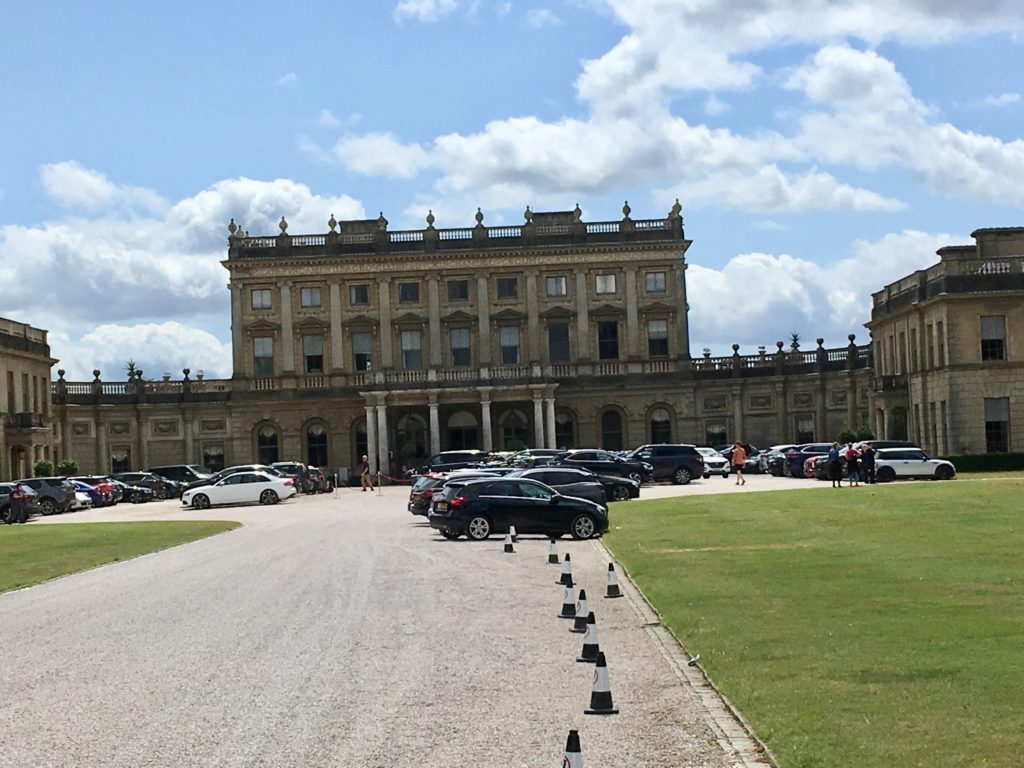
Image Appledene Photographics.RJC.
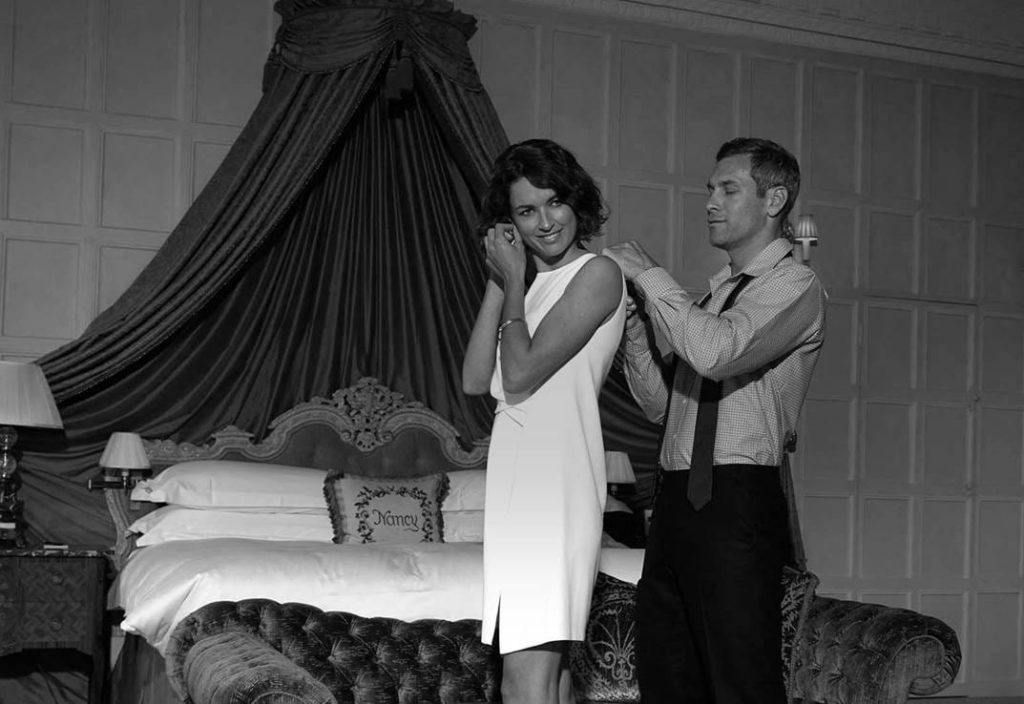
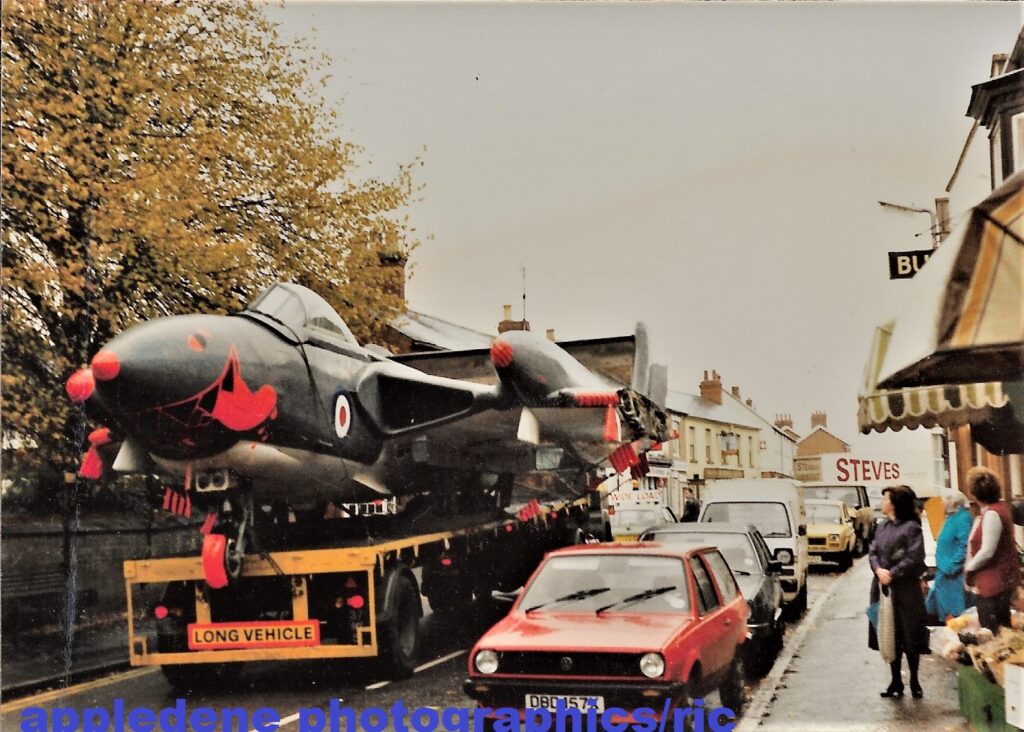
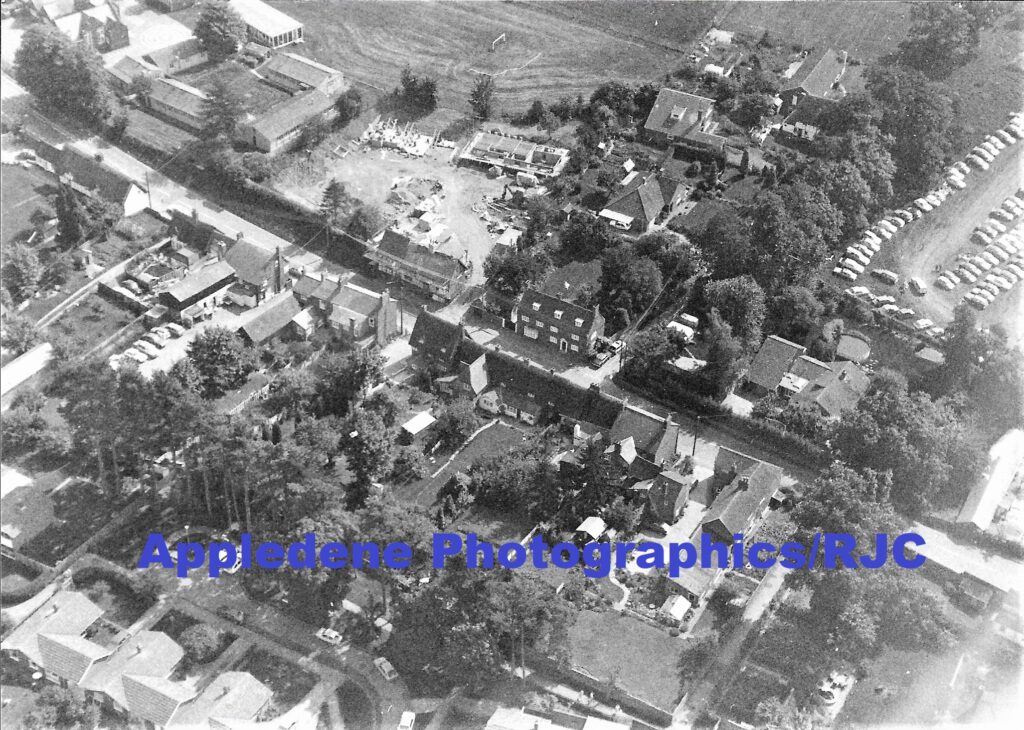
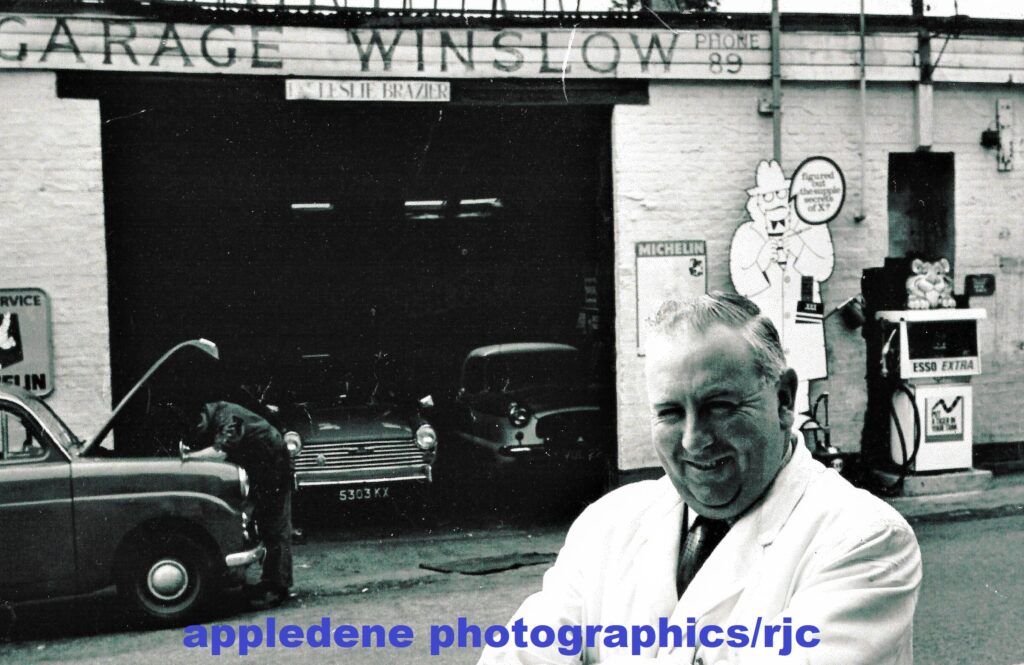

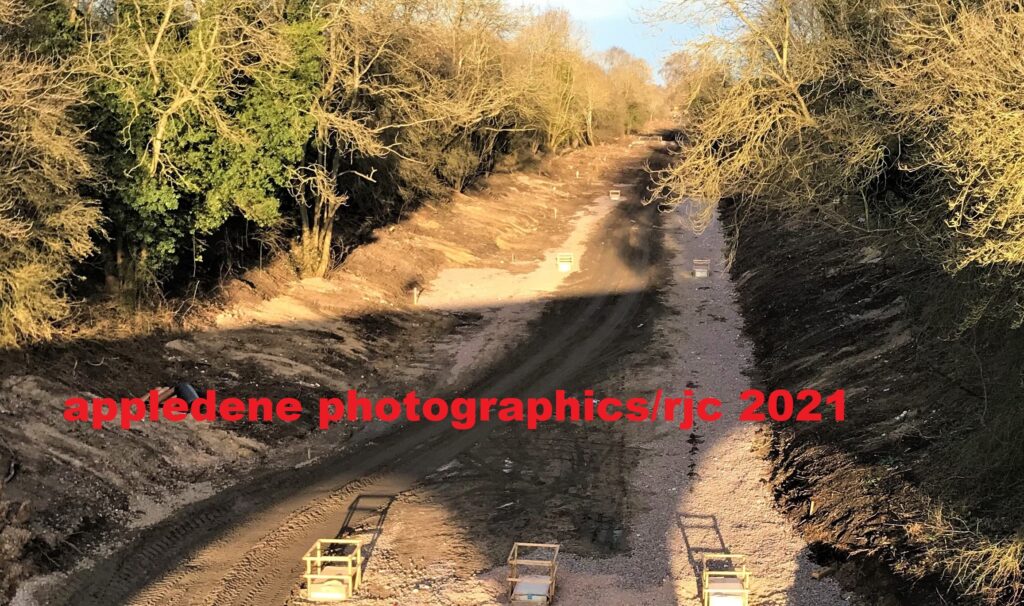
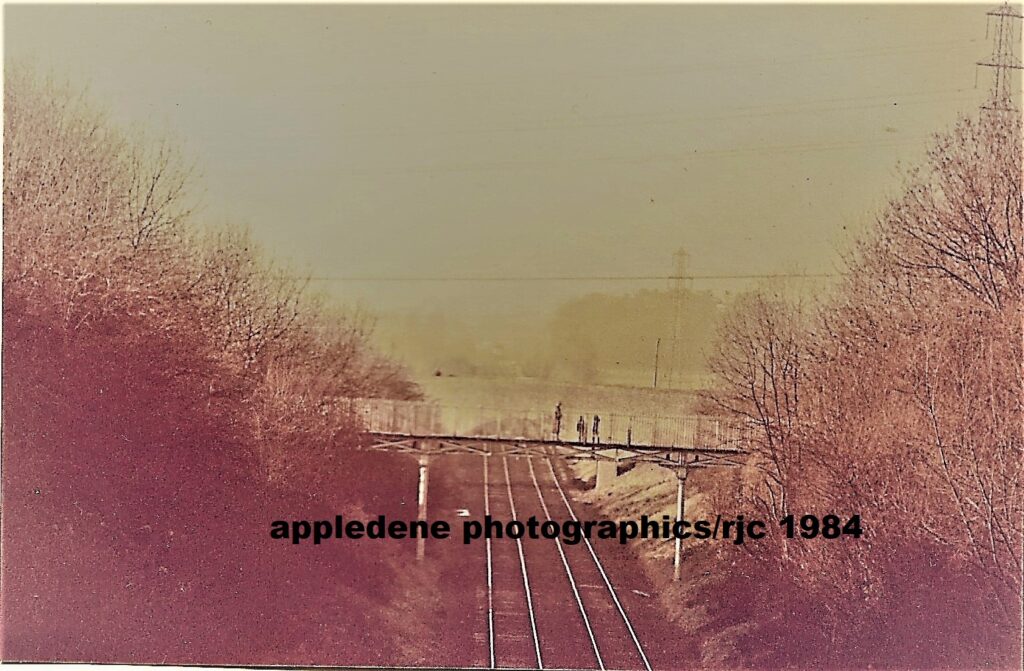
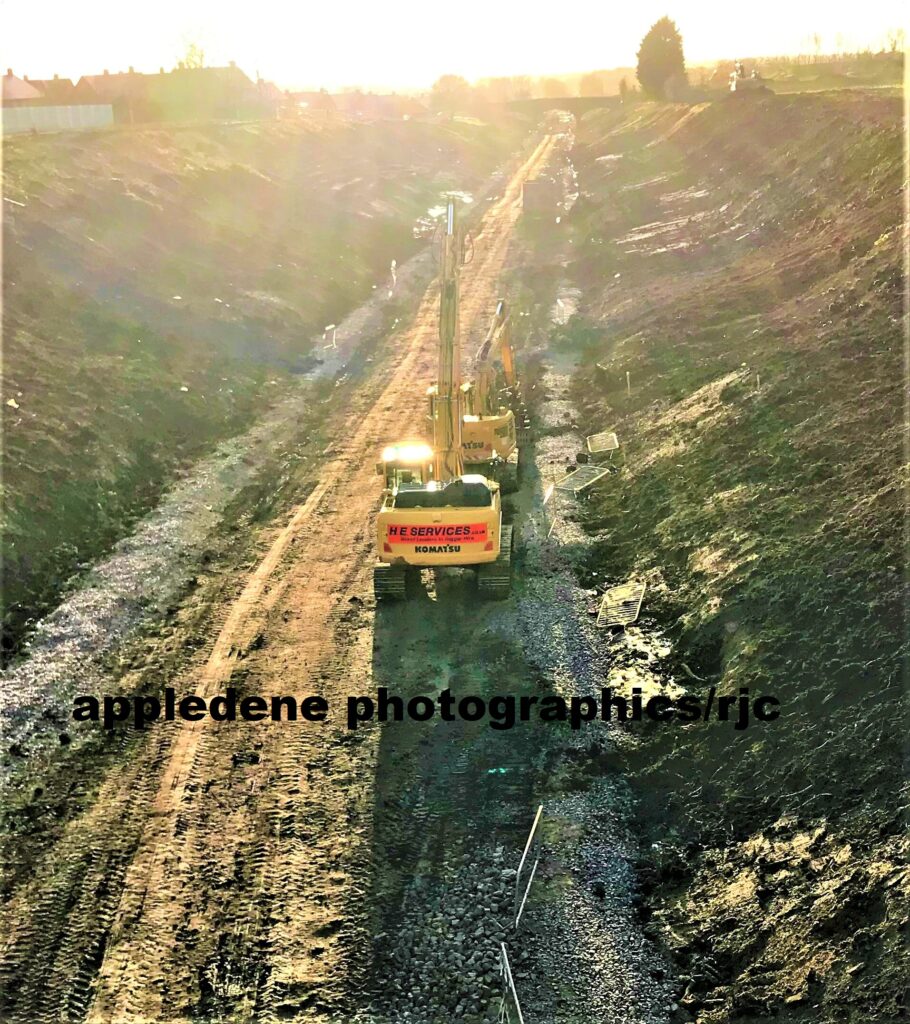
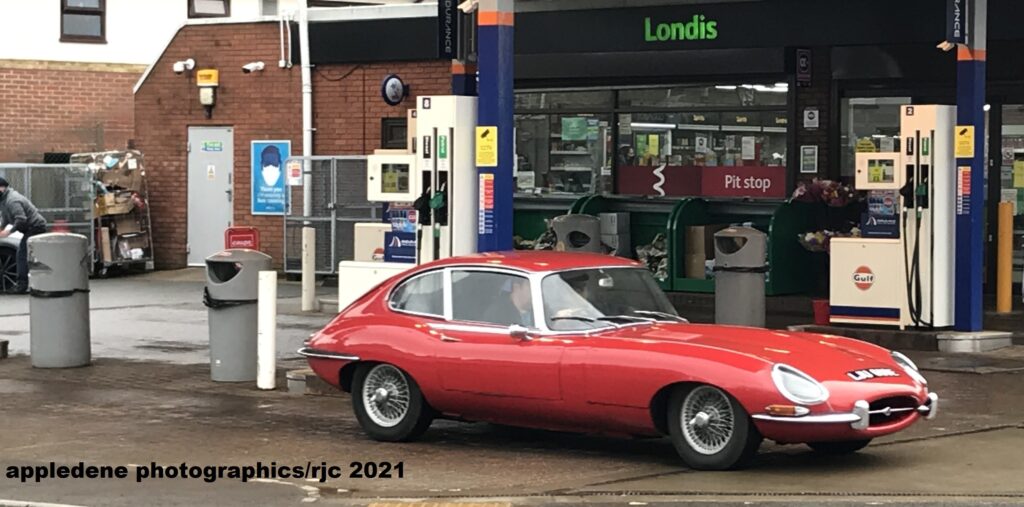
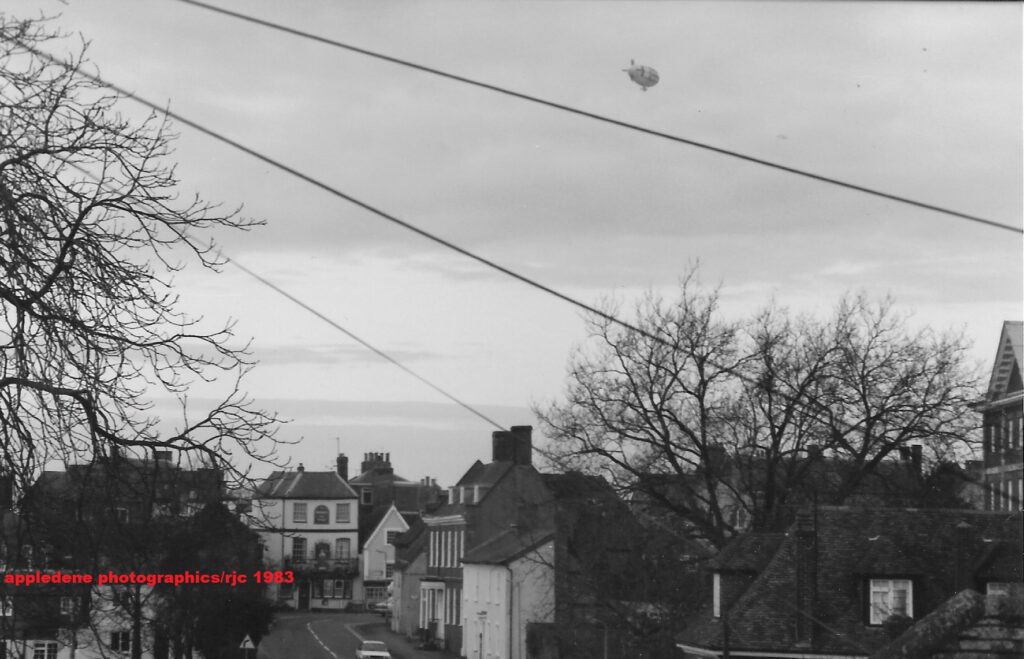
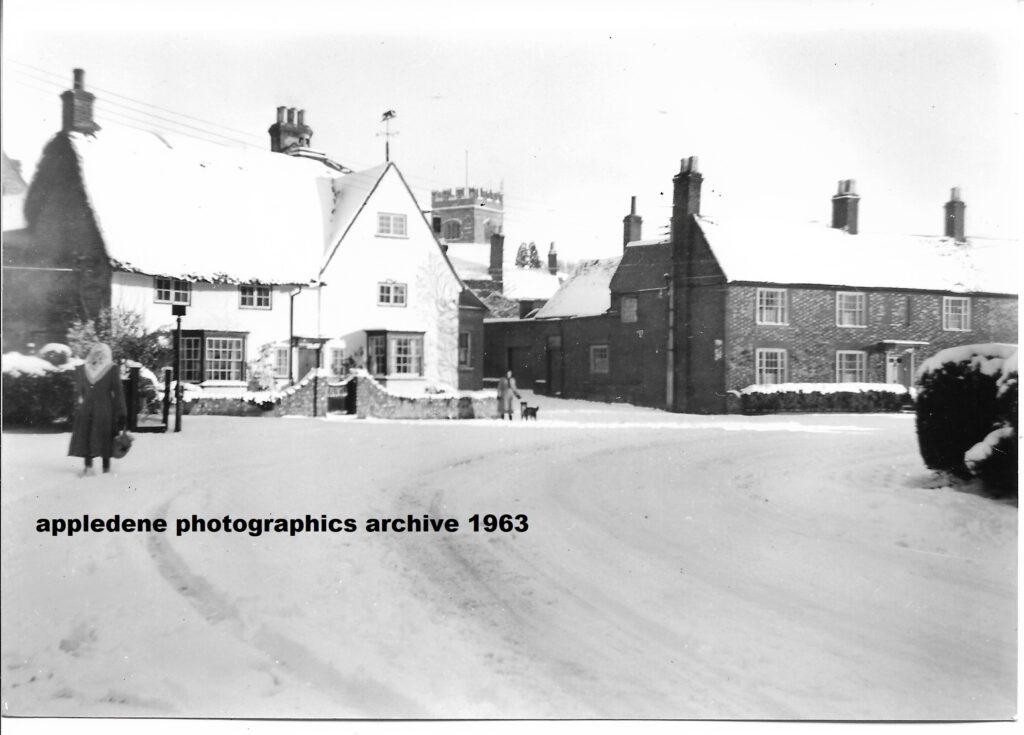
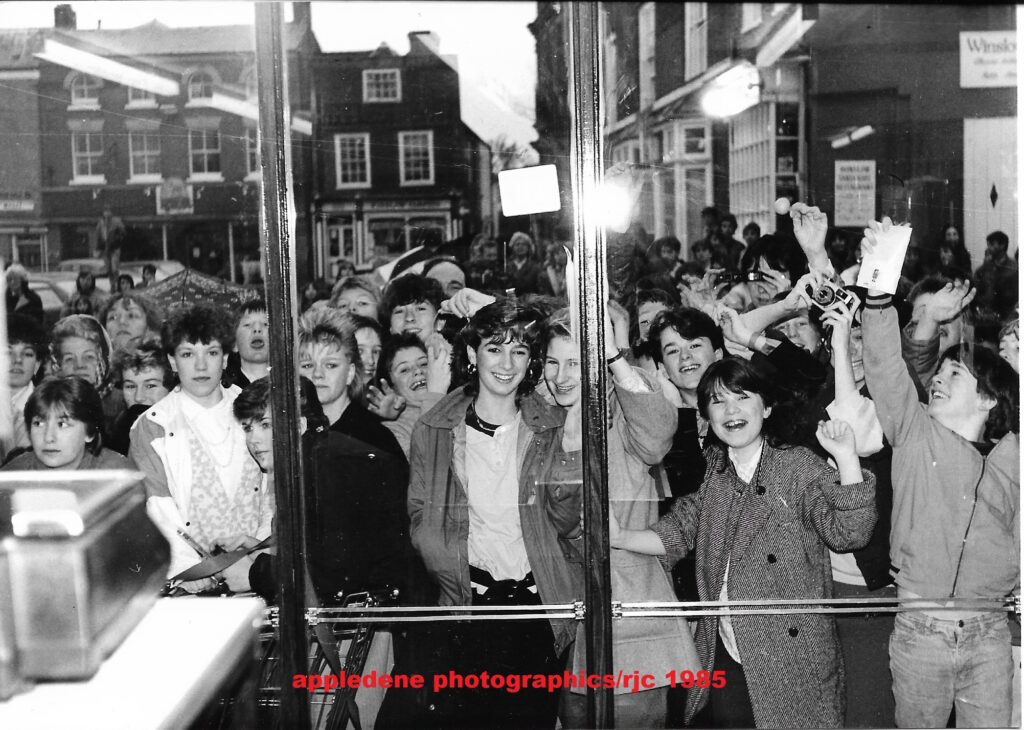
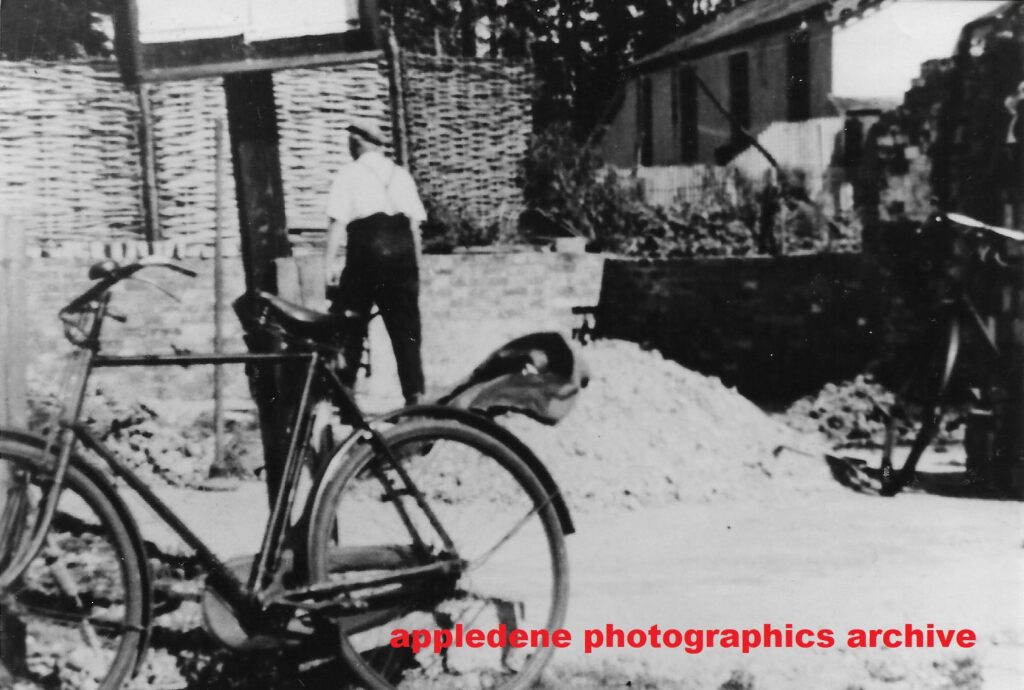
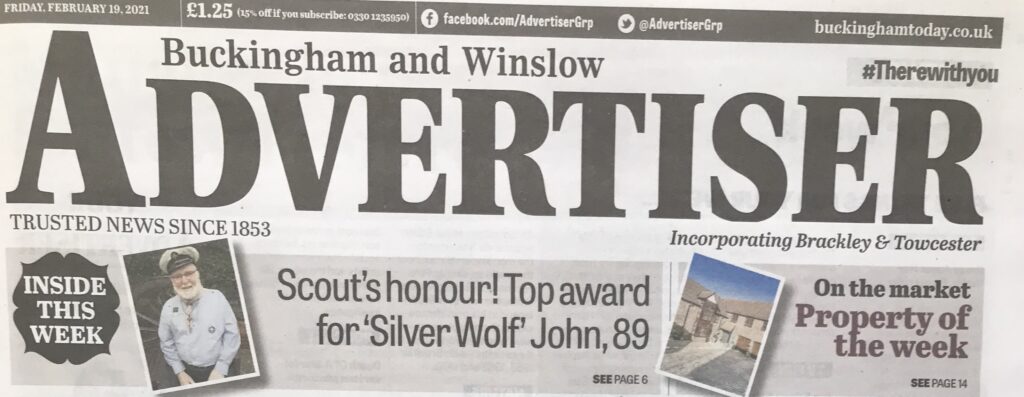

Trains of Thought February 19th 2021
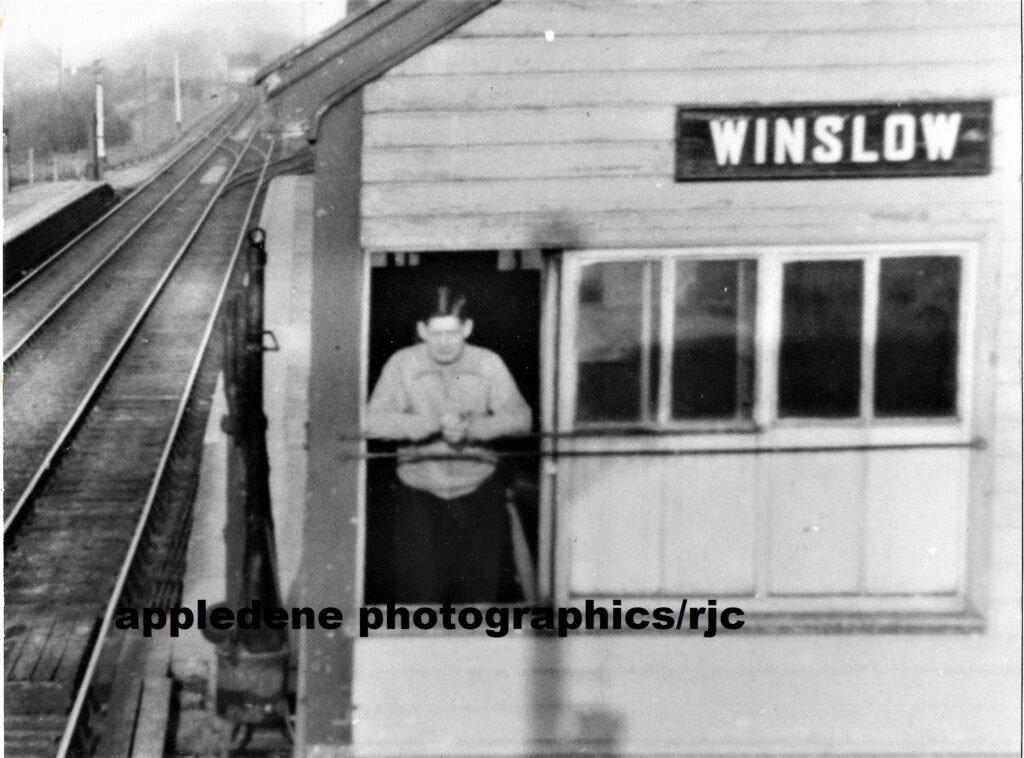
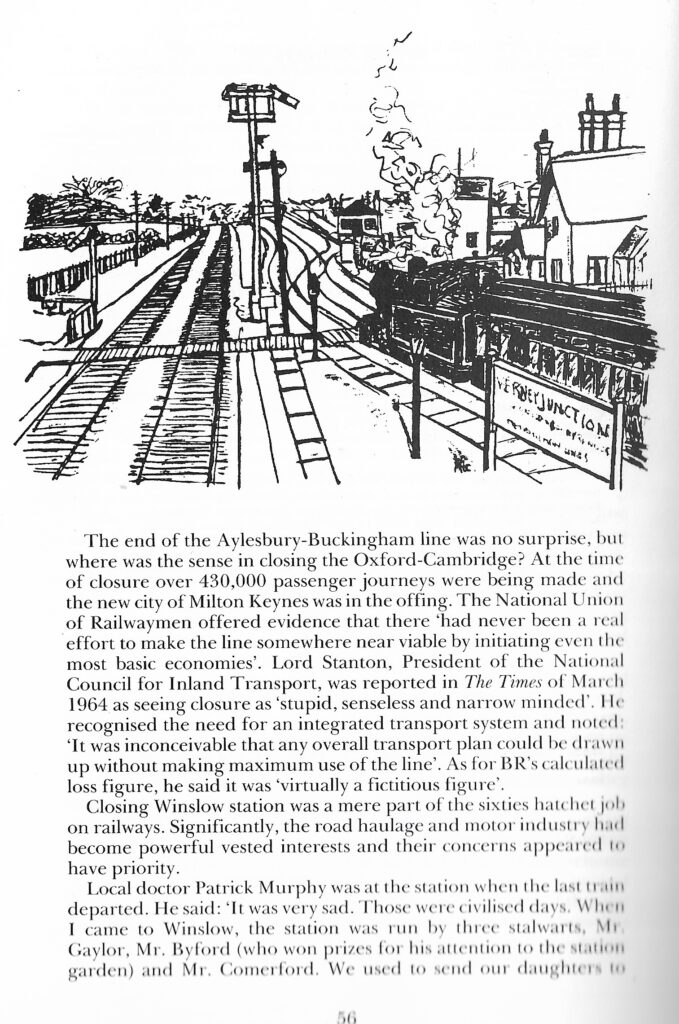
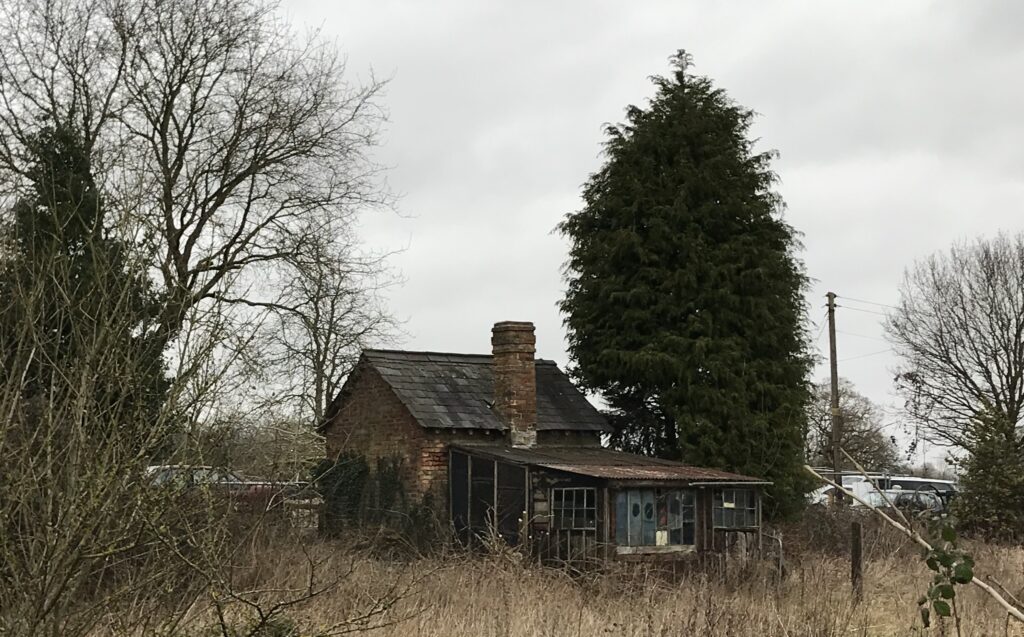
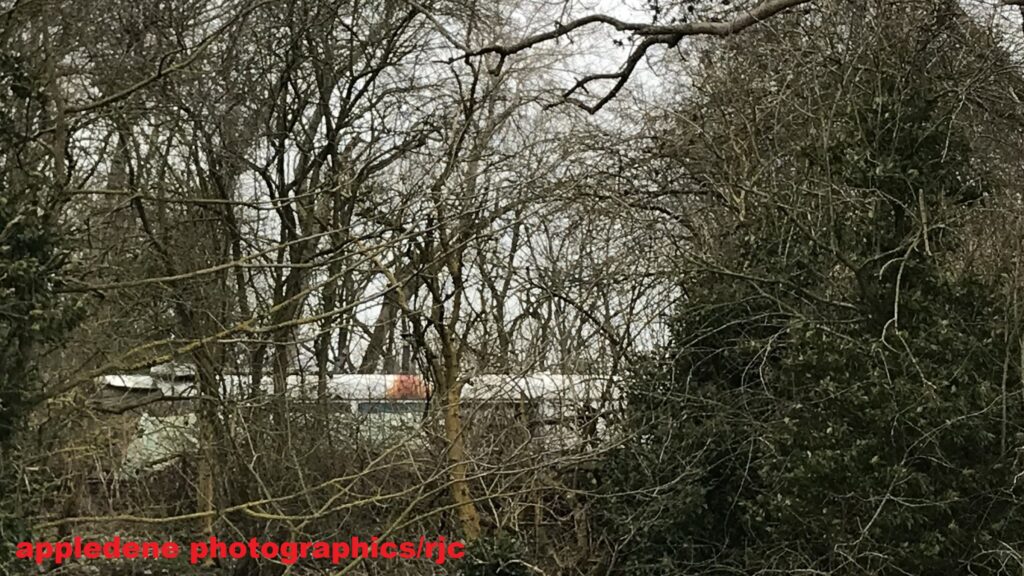
Credited with breaking the so called ‘glass ( class in fact ) ceiling in British politics it has been noted of Castle : One of her best friends at Oxford University was Olive Shapley. She pointed out that she was very popular and had “a comet-like tail of men in pursuit”. Olive later recalled: “She was small and pretty, and I think she disliked being pretty. She had these beautiful fine features, lovely little nose and beautiful skin and hair, and I think she would rather have been more dramatic looking.”
Well for all of her talents and charms, Castle closed the line under cover of blaming Beeching, in the very same year that she stupidly signed off on building the new town ( it is not officially a city ) of Milton Keynes without it- see ‘More of Milton Keynes, Building on the Vision’ by Robert Cook.
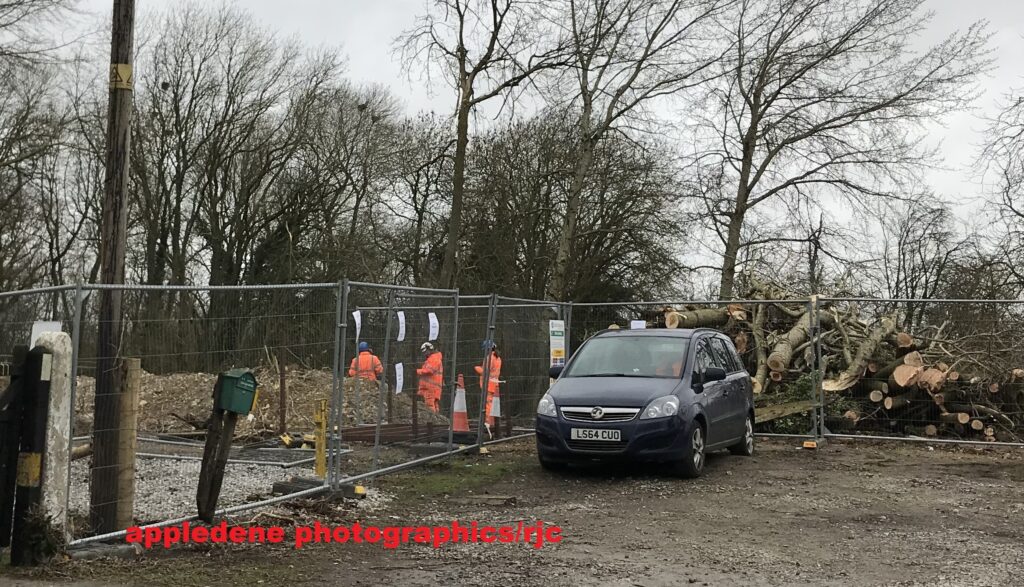
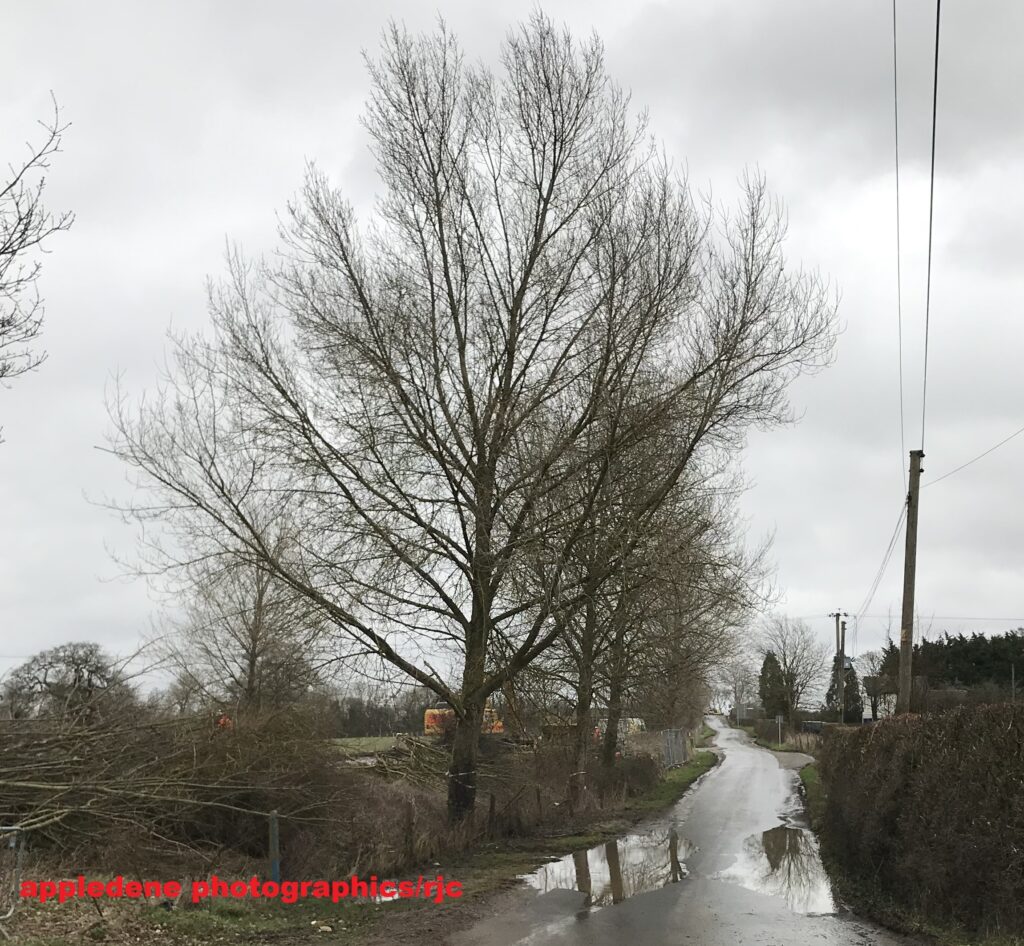
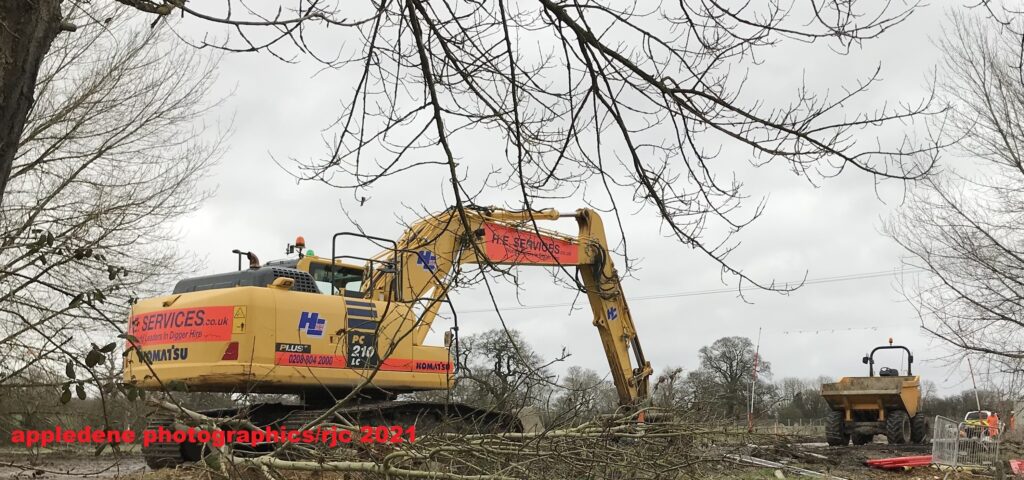
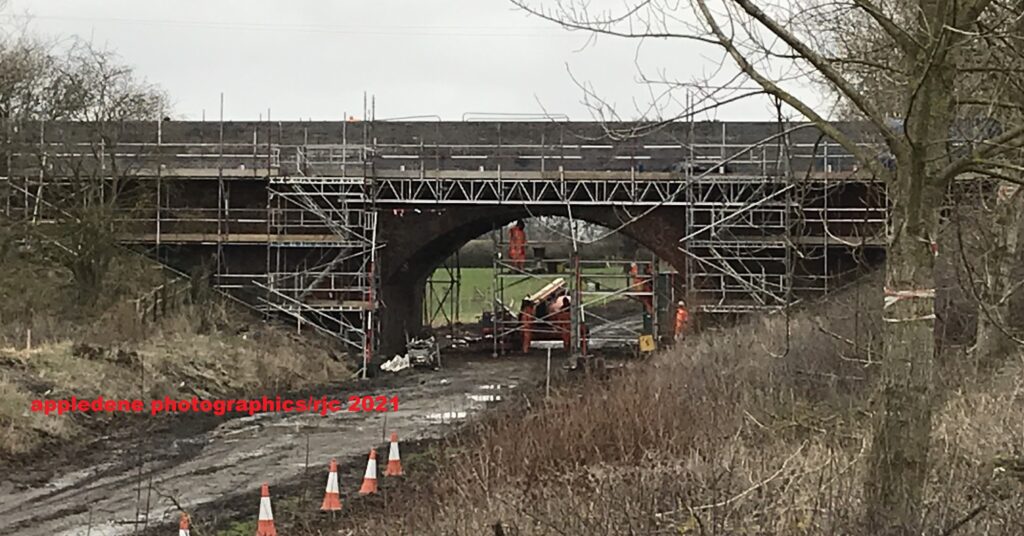
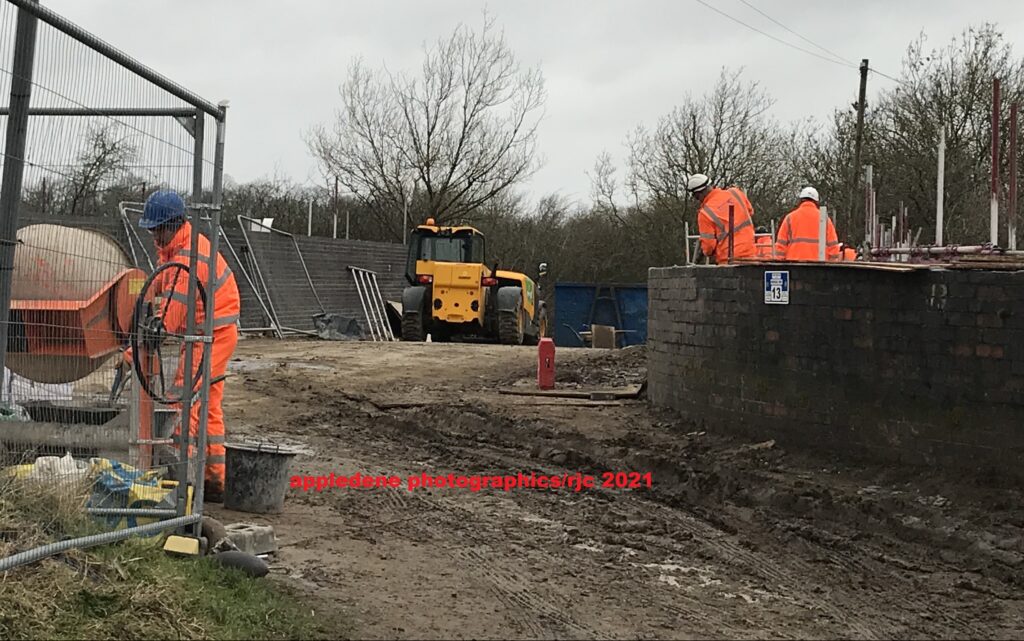
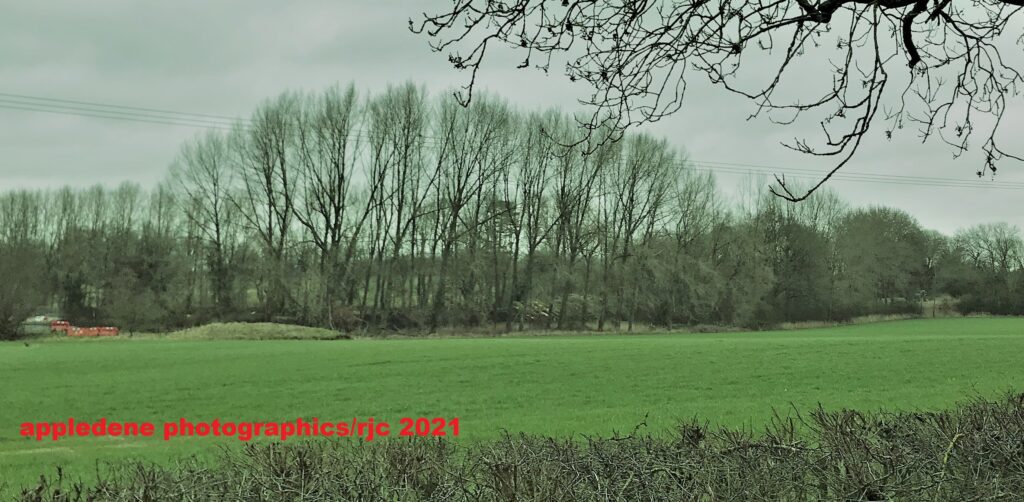
When the young ecology experts employed by EWR to look after displaced wildlife, did their clculations, they expected that lifting the old station roof would see the bats fly off to their new home. What they hadn’t realised was that when they rehoused station incumbent Reg Waters and the heating went off, the bats in the roof flew away in the night when no one was looking.
They also didn’t realise that only female bats lived in tht roof and that they liked the warm. Typically , the male of the specie had been roughing it in the willow trees. The females , meanwhile flew 2 miles to a new roof space at Horwood Houe , a luxury jotel and conference centre.
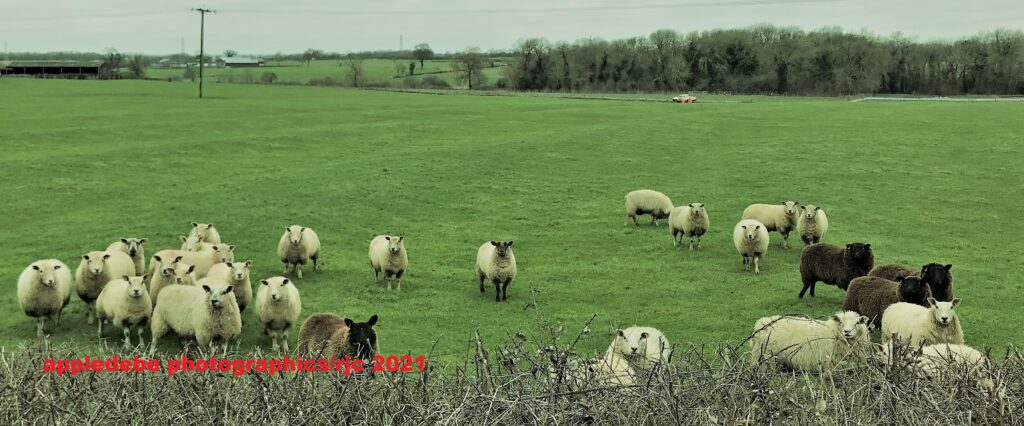
Old Photos – various needing stories.
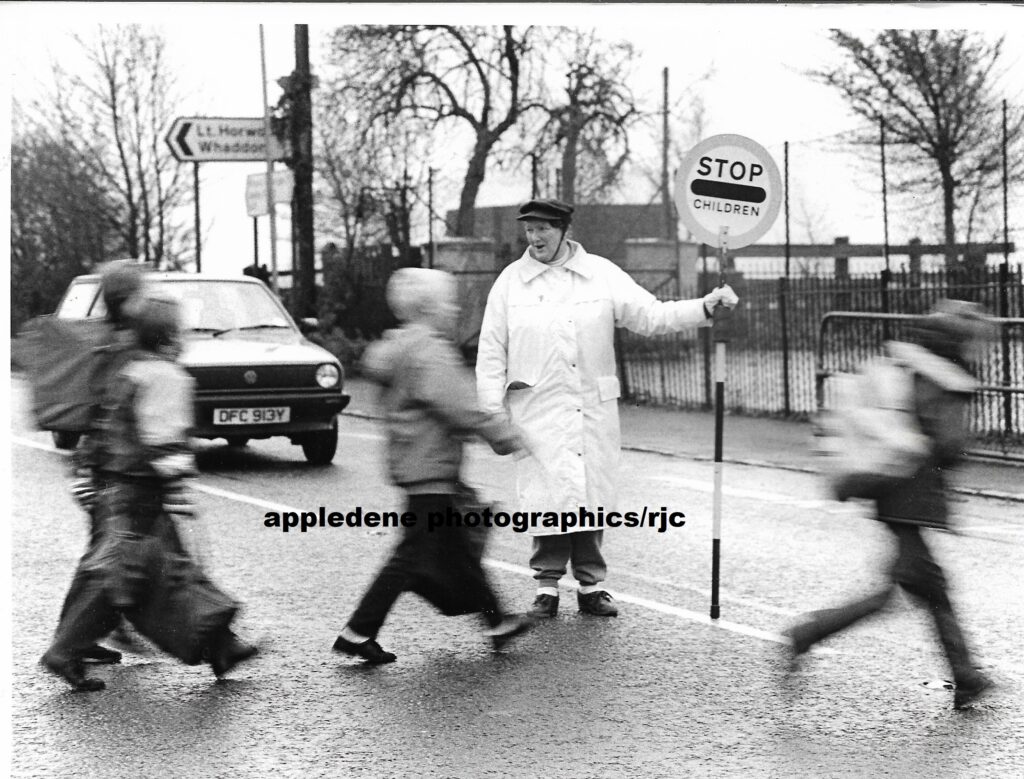
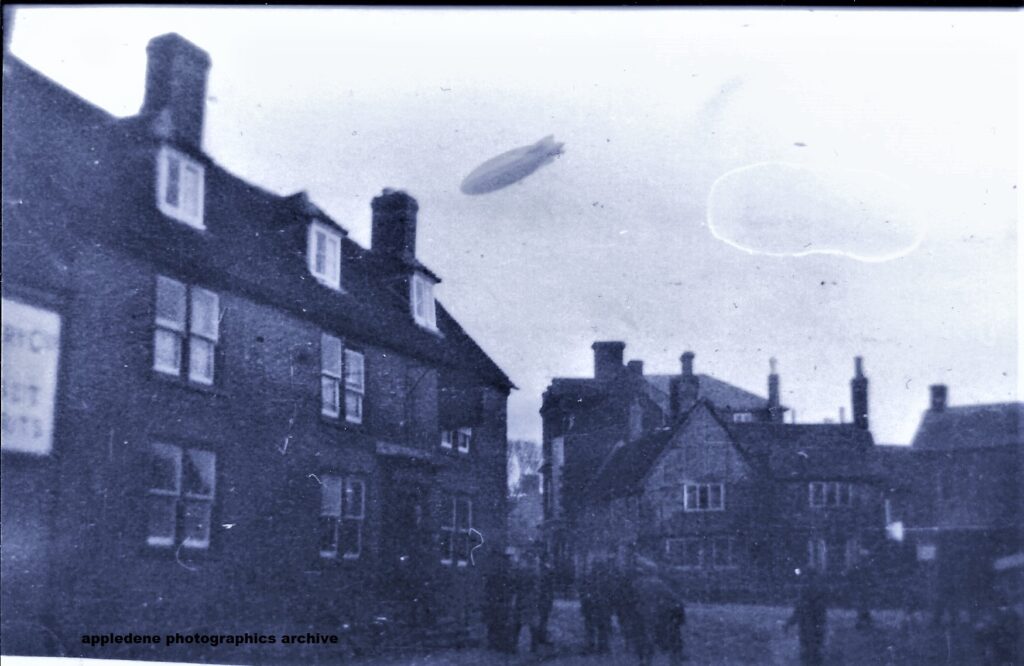
Manufacturer: Royal Airship Works
Designer: V.C. Richmond
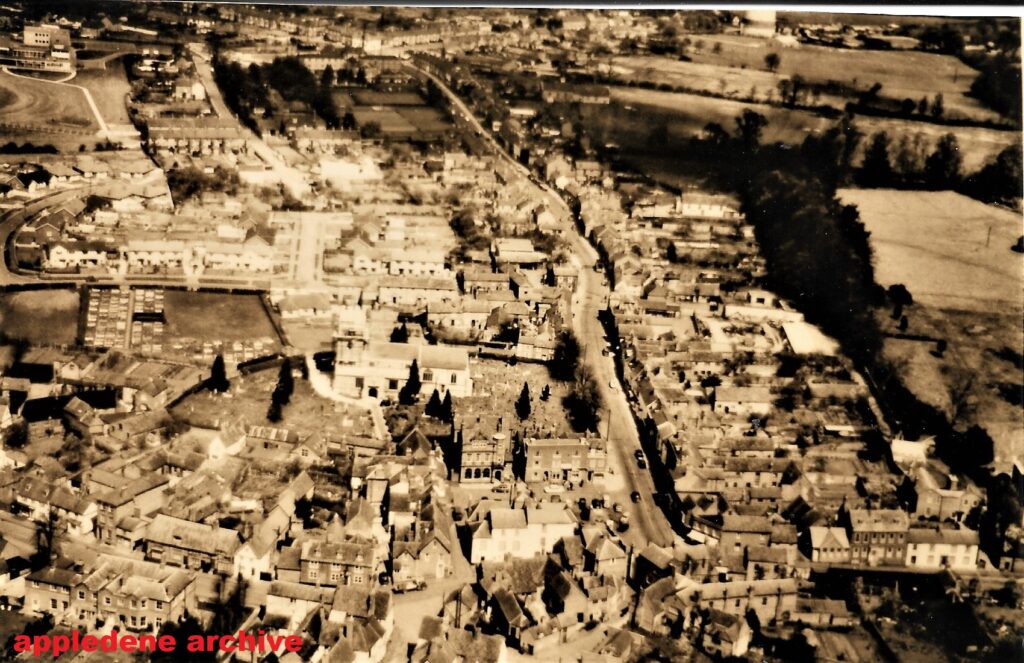
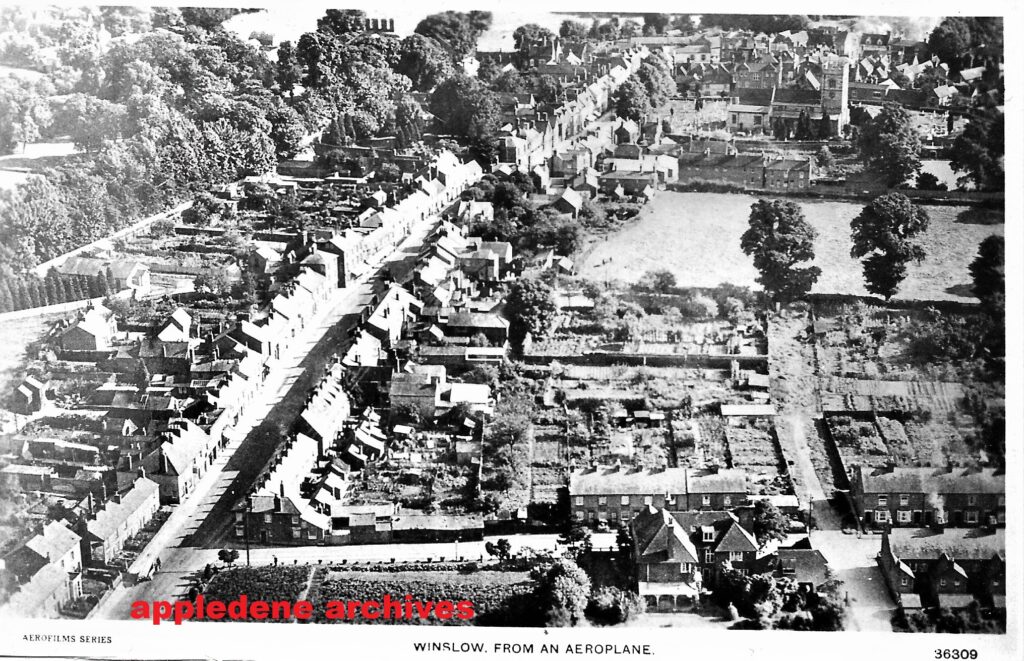
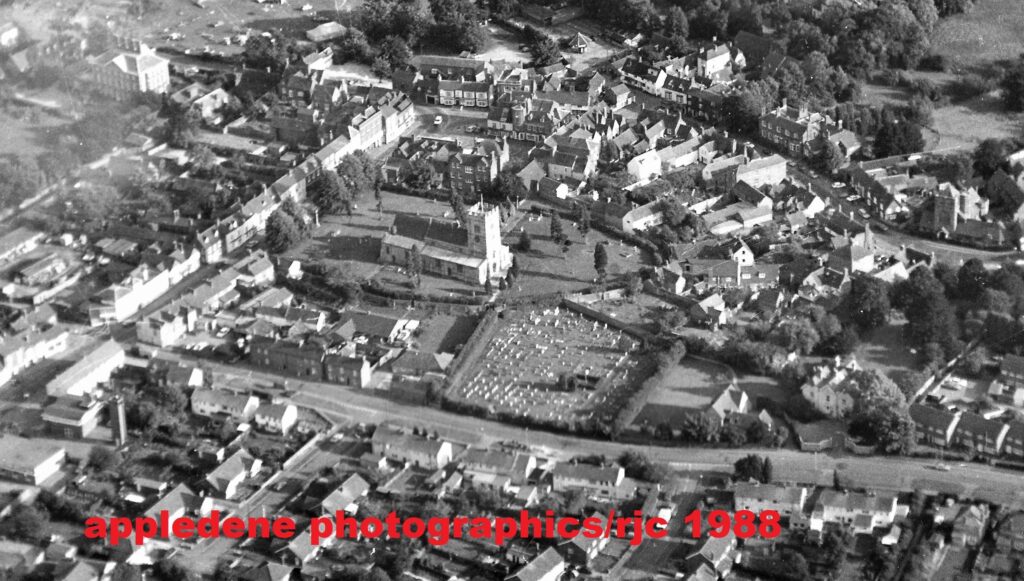
Fortunately , some of my work has survived for the time being. This image was one of a series which I took from a helicopter, over and around Winslow North Bucks , in 1988..
In case the police are making notes – they read this site every day looking for ‘evidence ‘ this is not delusion. This image and others was published in my book ‘Winslow . Wish You Were Here’ in 1995. In my view , though more expensive , a helicopter provides a more stable platform for getting the best shot than a fied wing.
Both of my parents are buried in the churchyard visible in the foreground. R.J Cook
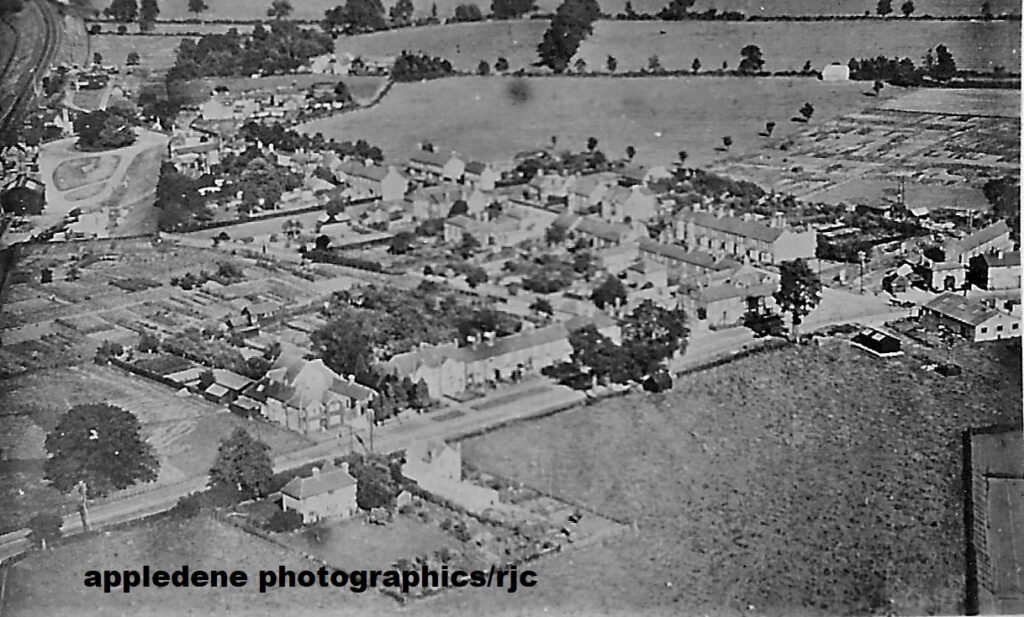
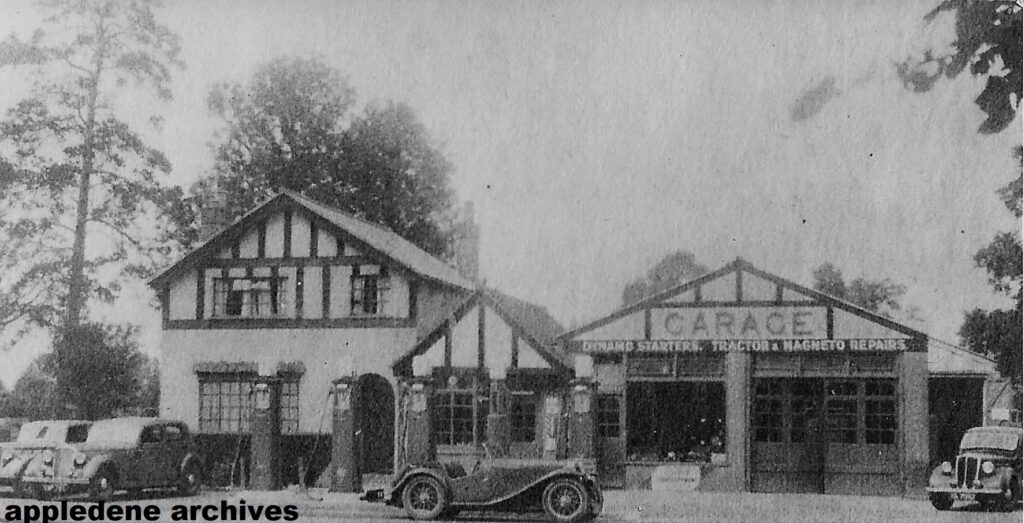
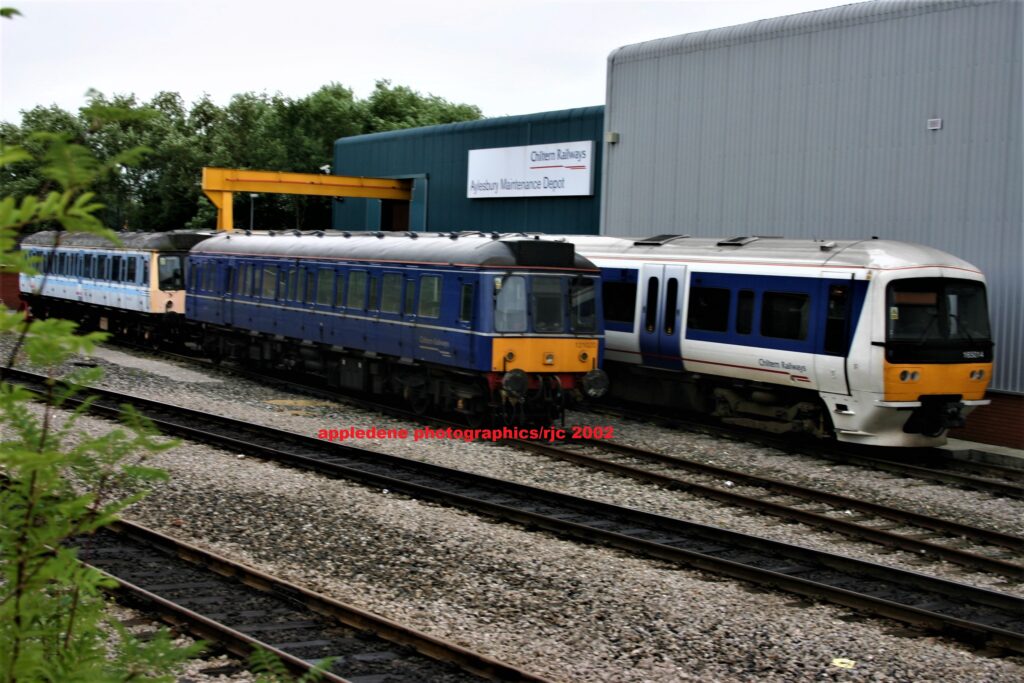
Staff explained that the DMUS were taken out of service because they couldn’t get the parts – the British manufacturer being long gone thanks to Thatcher’s greedy privatisation -. She planed it and the idiot Major carried it out. R.JCook.
article
Important Aylesbury depot work contributes to high-performance and passenger satisfaction
How the train maintenance team at Aylesbury Depot play a vital part in helping Chiltern Railways achieve one of the highest PPM scores among UK rail companies.
How the train maintenance team at Aylesbury Depot play a vital part in helping Chiltern Railways achieve one of the highest PPM scores among UK rail companies.
Chiltern Railways achieves one of the highest PPM scores among UK rail companies and in the last period they achieved the highest score ever in a four week period. So what does it take to make this railway so reliable? In part, this is due to the work that is carried out by the train maintenance team at Aylesbury Depot.
If you’ve ever been to Aylesbury Station you may have seen the depot in the distance and wondered what happened there. Inside lots of duties are undertaken including routine maintenance, ranging from a simple fuel point check, A up to B exams, heavy maintenance (engine, bogie, wheel set change), tyre turning and air conditioning maintenance.
Climate Change February 13th 2021
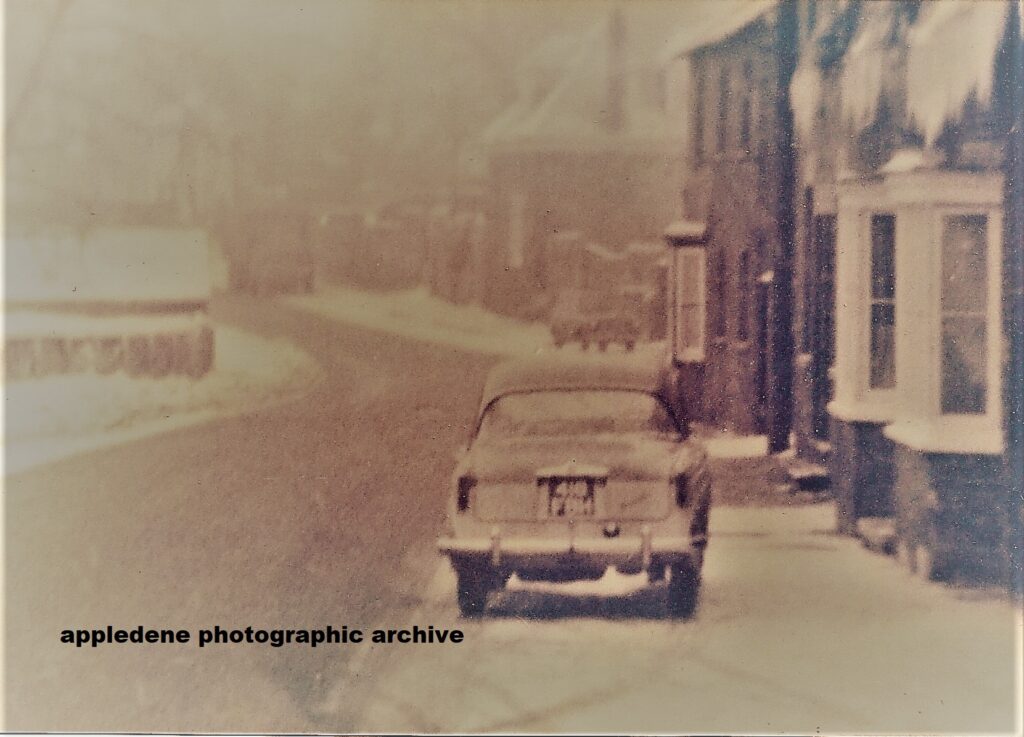
He carried all of his tools and equipment in a little green trailer which he parked at the bottom of Tennis Lane. His Plumbers mate was Jack Gaskin whose grandfather had been the gas lap lighter before electric lights in 1936.
Both men served in the local fire brigade and Jack had been emasculated due to battlefield injuries, So much for life as a ‘privilged white male’. Jack lived with his mother in Sheep Sreet and died within a week of her death in 1977.
R.J Cook
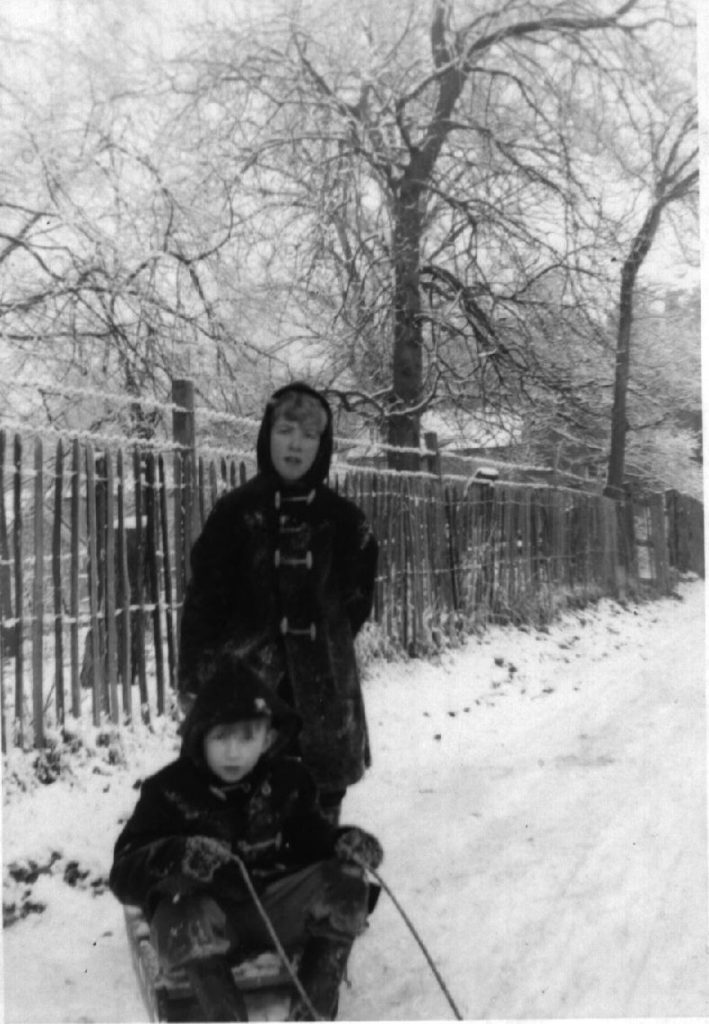
R.J Cook’s father was terminally ill at the time , dying in hospital the following October. The family were already in the grip of poverty , so it was freezing at home .
At least the area was proper countryside back then , with lots of wood to be gathered to keep the home fires burning.
Image Appledene Archives.
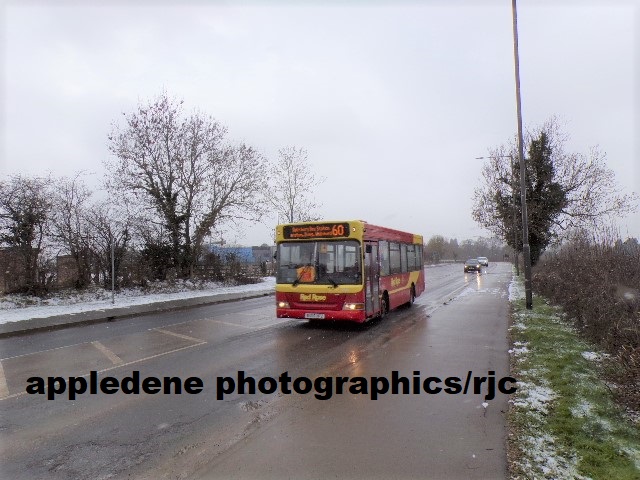
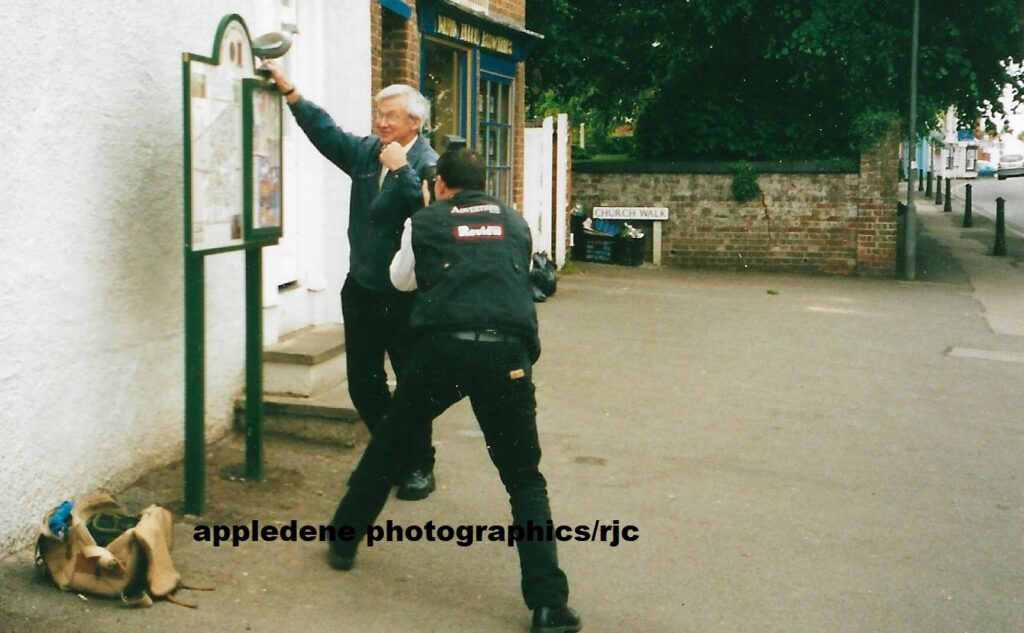

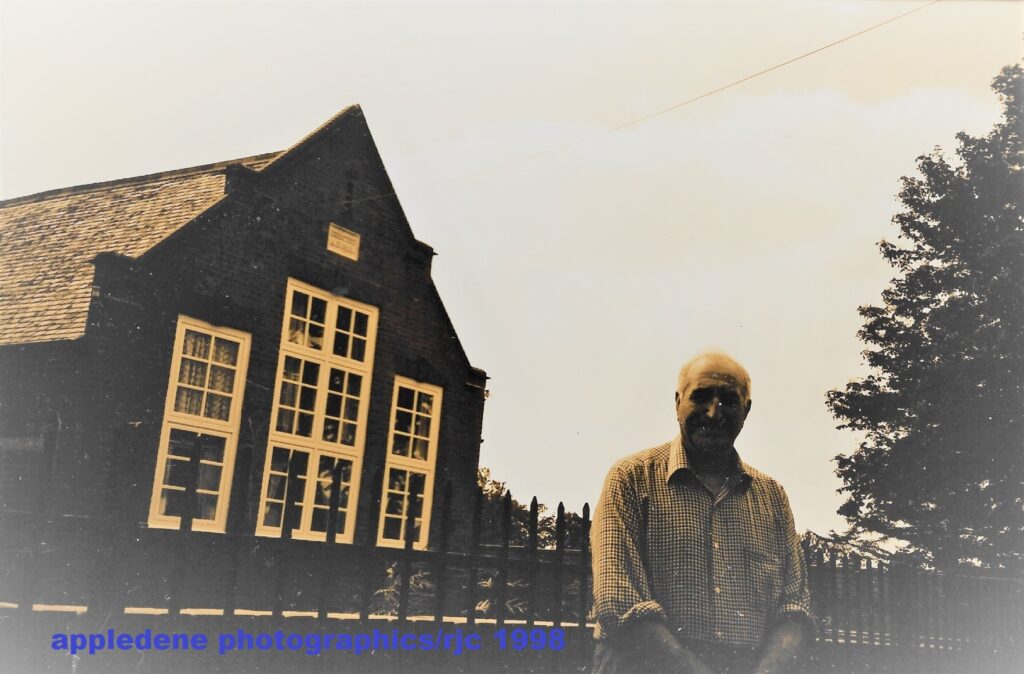
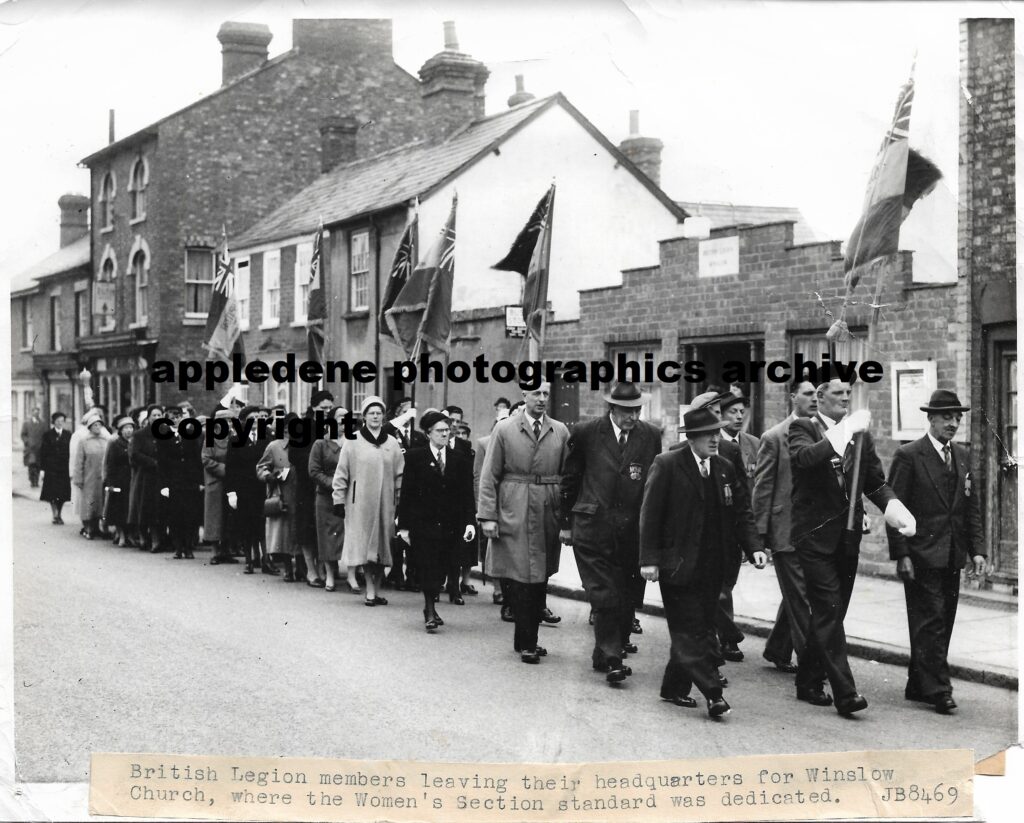
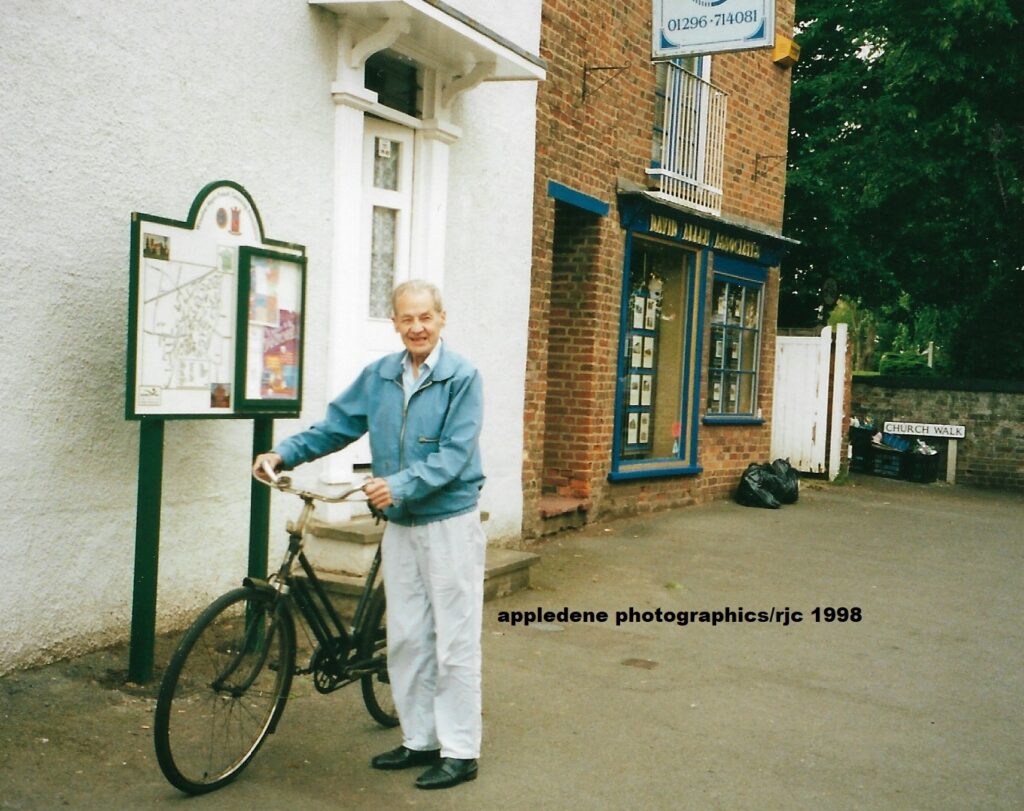
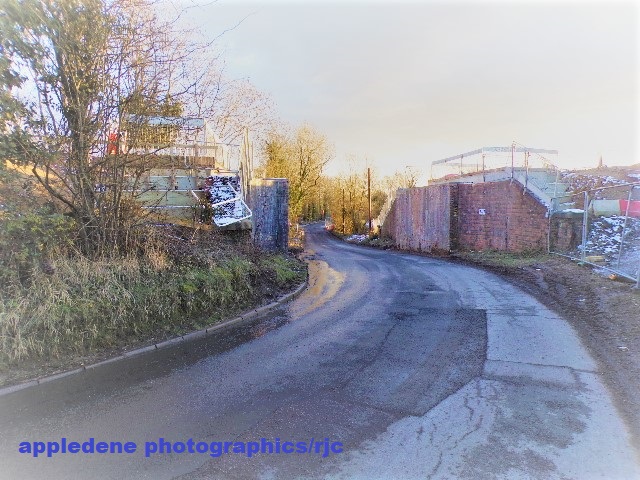
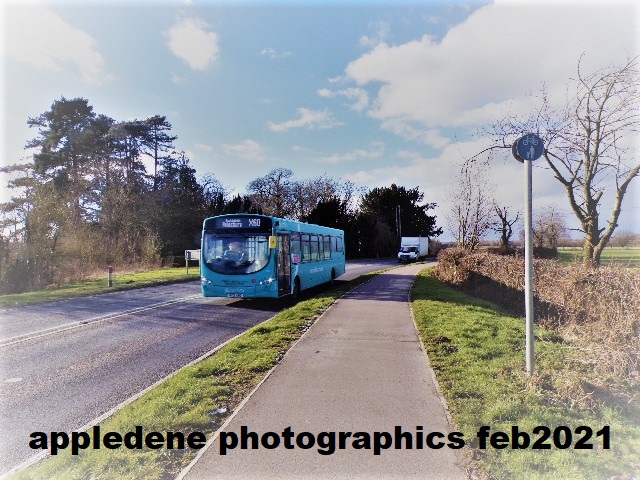
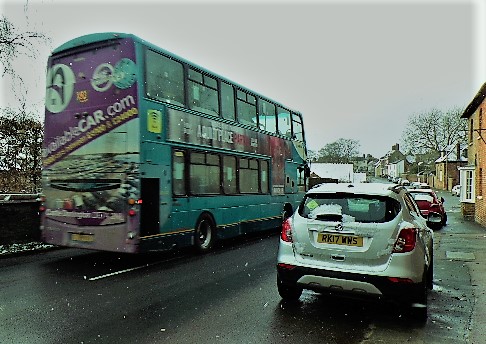
Image Appledene Photographics.RJC
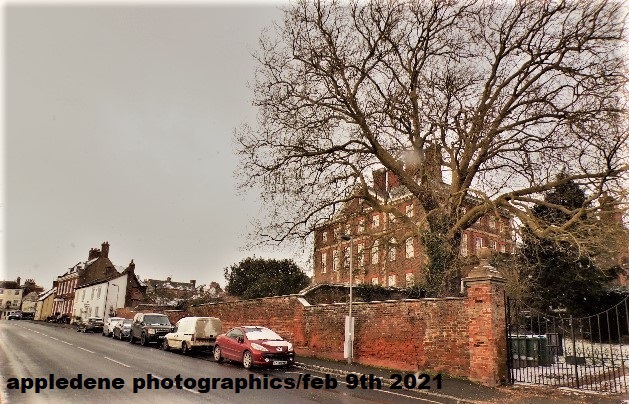
Back Track February 9th 2021

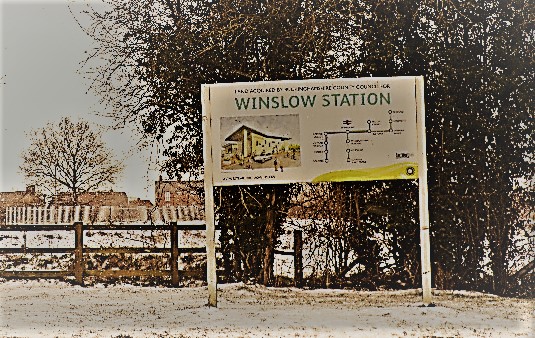
Bridge The Gap January 22nd 2021
I will open this piece with the official version of the Thornborough Bridge beauty spot.
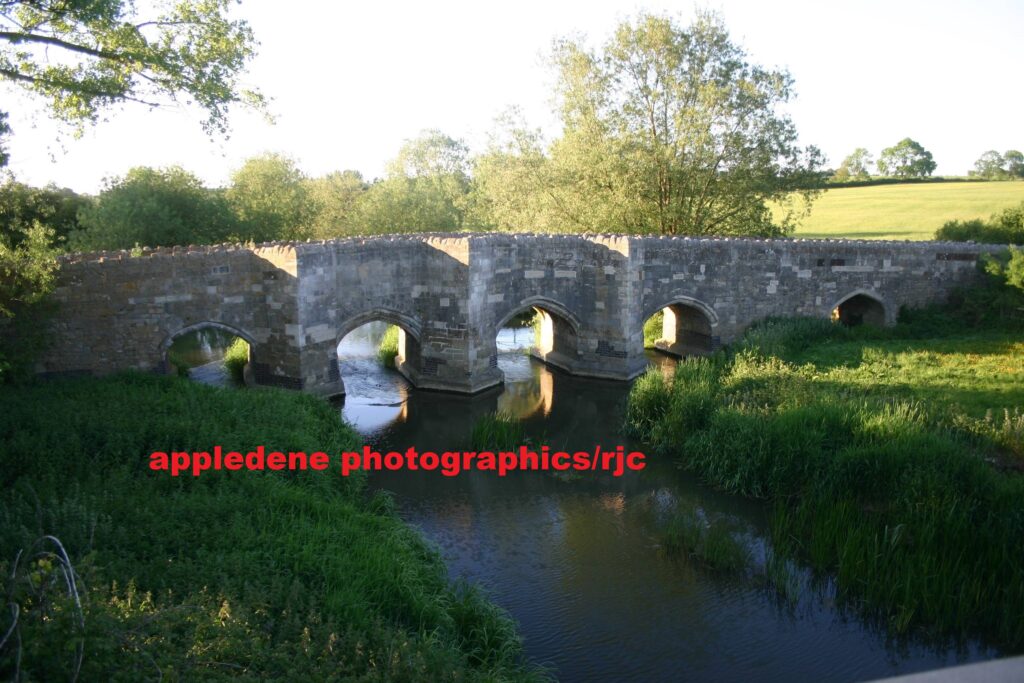
Thornborough Circular Walk
This pretty and historic trail can be walked directly from Buckingham or for a shorter walk, there is a smaller loop starting and finishing at the car park at Thornborough Medieval Bridge.
1. Thornborough Medieval Bridge is the only remaining medieval bridge in Buckinghamshire, protected from traffic by an additional bridge built 50 years ago, visiting the bridge is a wonderful opportunity to explore medieval design.
2. Immediately after you cross the bridge follow the footpath to your right across fields until you meet the Ouse Valley Way after a narrow bridge.
3. The Ouse Valley Way follows the path of the old Grand Junction Canal and leads to Buckingham Canal including a reservoir, weir and a restored lock.
4. Heading south from the nature reserve join a new path that returns to follow the river Great Ouse and discover Thornborough Mill.
5. For the last leg of the loop discover Thornborough Village itself, and turn back towards Thornborough Bridge passing the Tumuli – Roman burial mounds and the site of numerous Roman bronze and pottery artefacts.

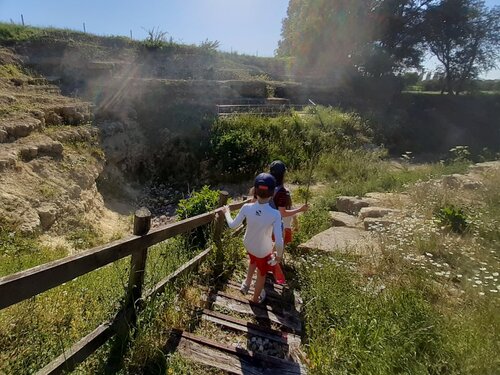
Thornborough Circular Walk map also contains detailed descriptions about how to follow the route as well as the history of the Medieval Bridge, Roman Tumuli, Iron Age site and Canal.
Nearby to this are Coombs Quarry Nature Reserve, an ancient limestone quarry and Thornborough Woods great for den building, the walk between the two is largely off road, and in the summer, through beautifully maintained wildflower meadows.
Night time at this beauty spot :
Popular in the daytime with middle class – mainly snooty ladies with Domermans and Labradors – dog walkers, rolling up in their 4x4s, all togged up in the best of country wear and green wellies , it becomes quite different when winter brings early dark nights. Then the sex starved married men, commuting back from Milton Keynes, in company cars and little vans, pull in . The police like it here, ostensibly as a moral force , but as one officer told me, strange things happen.
Taking its name from the daytime dog walking , there are sights and sites like this one all over England and Wales , though this place has much natural beauty and lots of bushes and footpaths. It is one of North Bucks most popular dogging sites , especially as the next site back toward Milton Keynes, the Bottle Dump which features in my book extracted for the R.J Cook page , is closed down and earmarked for housing.
Thornborough Bridge attracts across the classes, attracting all sorts , including transvestites and transsexuals , but always men after dark. It is a subject which receives little press attention or place in literature because so called liberals , including the psychiatrists among them, decide what is analysed and how it is understood. Sex is binary, and dogging raises questions about male female relationships, dominance, submission, effeminacy , feminism and homsexuality.
The police , as said , are frequent visitors and there are some interesting stories concerning why they spend allegedly scarce time and resources here . I will leave that to readers imagination , and confine my deeper understanding to my book, as yet unfinished . Suffice it to say that the British have always excelled at hypocrisy – with the police , wealthy and thus powerful always doing as they liked,
R.J Cook
January 10th 2021
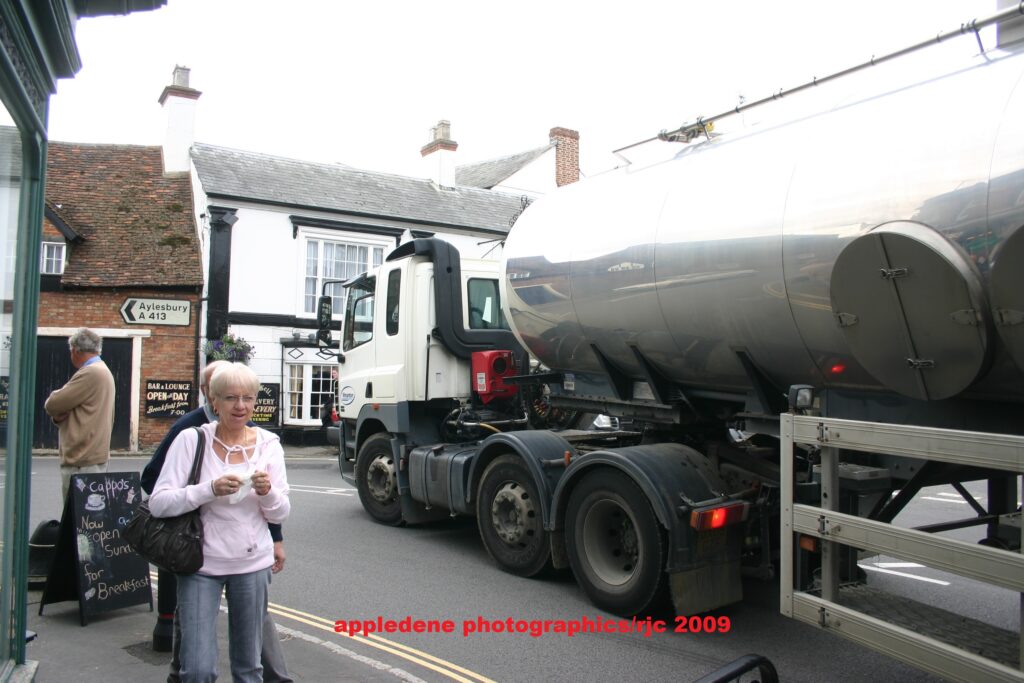
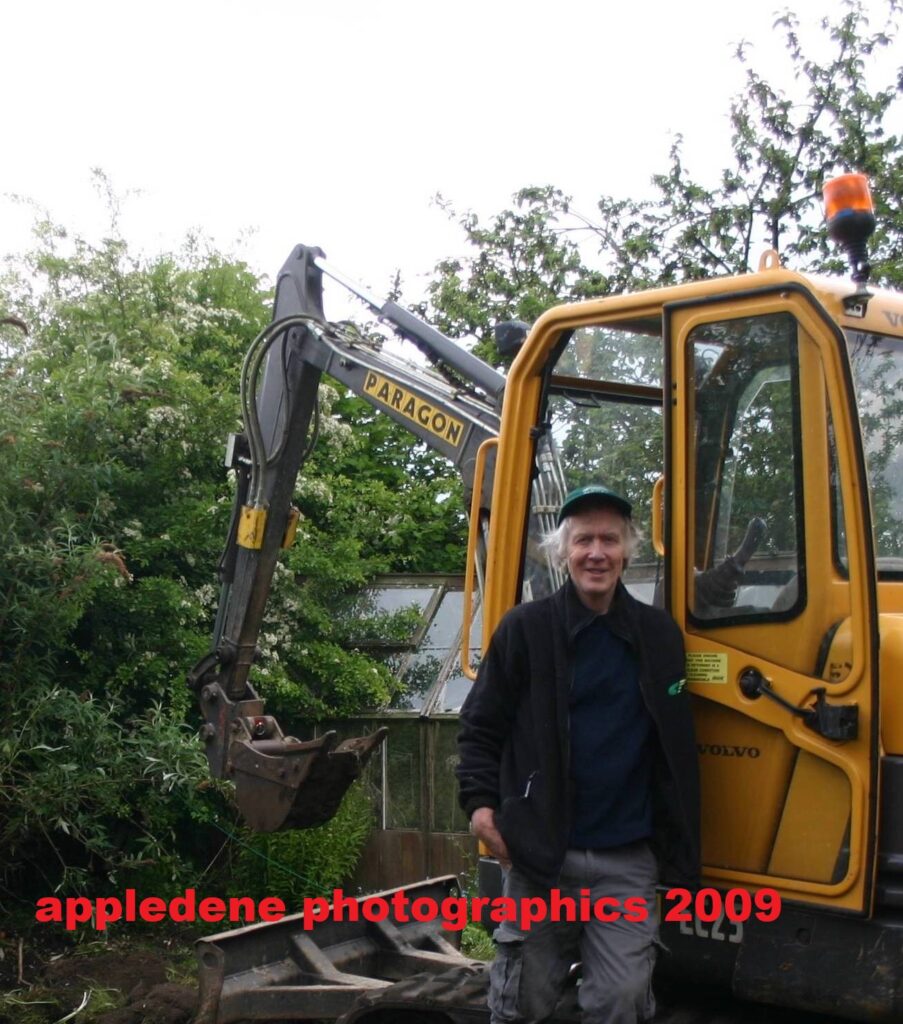
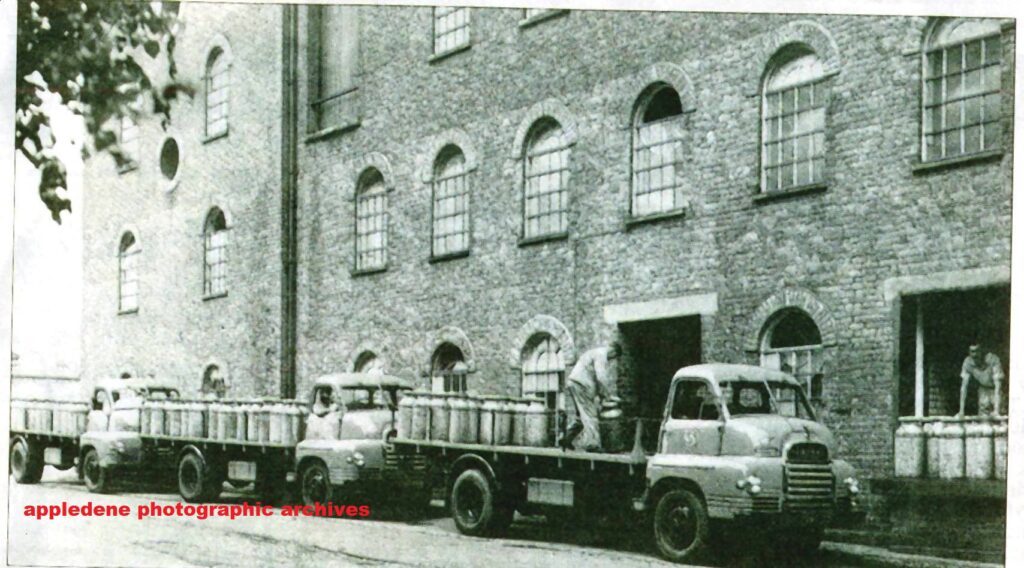
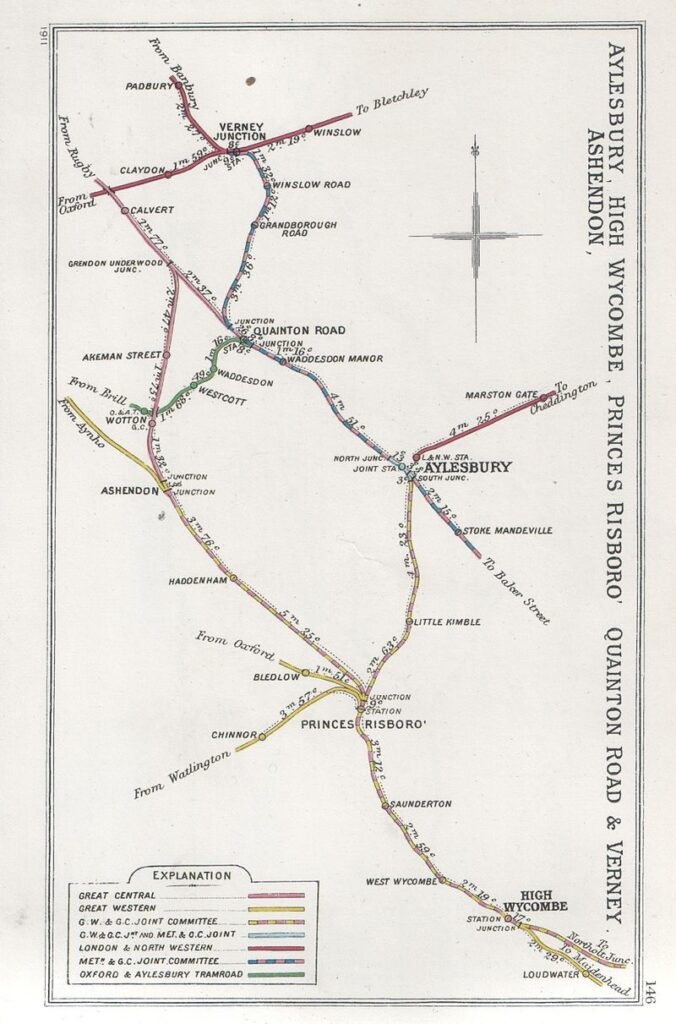
Even Winslow had two stations, Granborough had one and Aylesbury was on the Great Central Line to Nottingham.
Short sighted and incompetent politicians destroyed it all, none more so than Sir Ernest Marples who as Minister of Transport had conflict of interest as partner in a road building company, Marples Ridgeway. That’s good old western style democracy. R.J Cook
‘The Folly’ Posted December 26th 2020
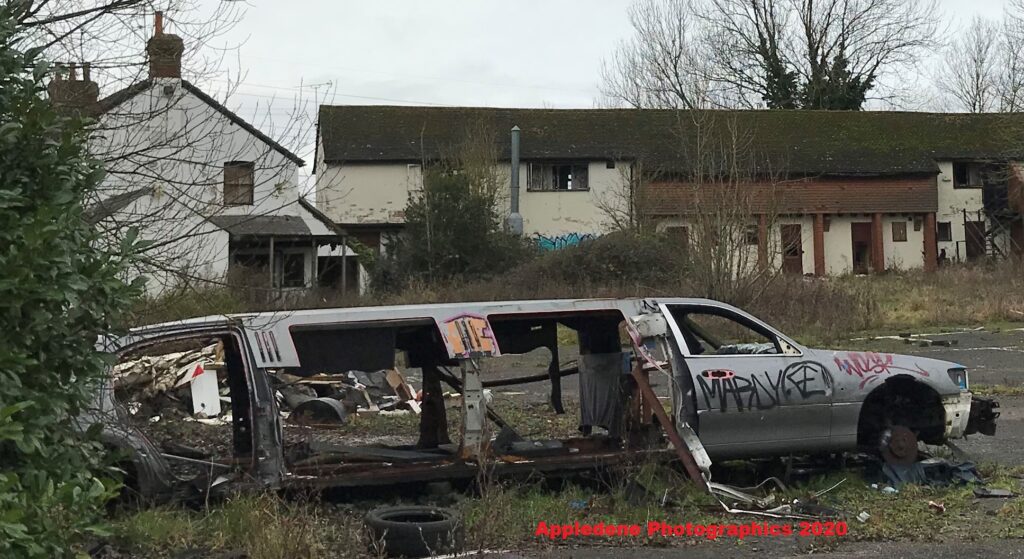
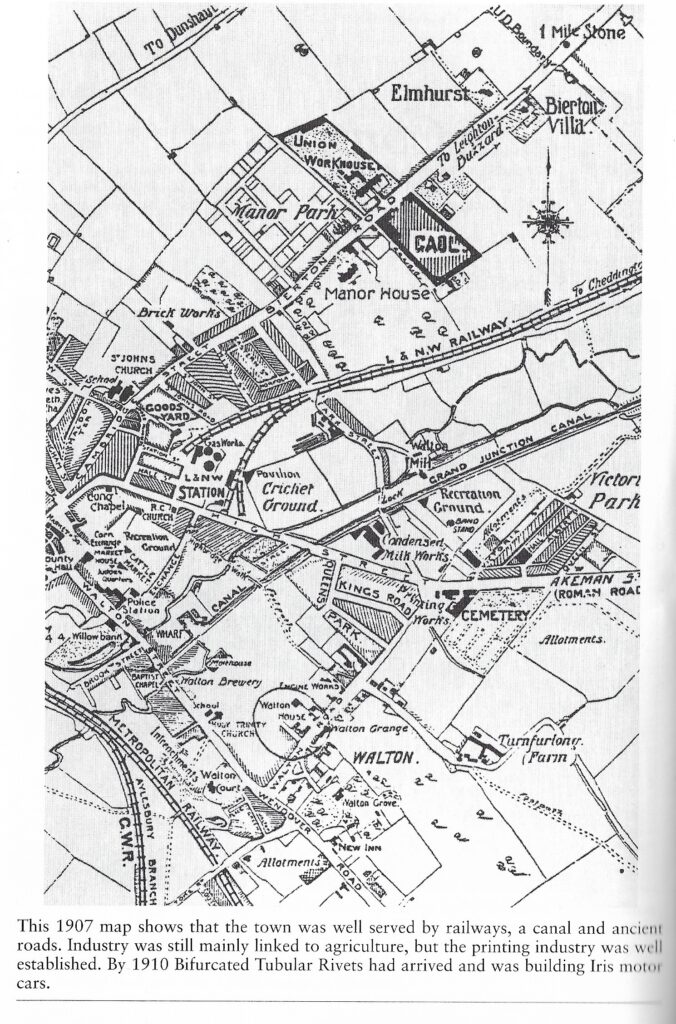
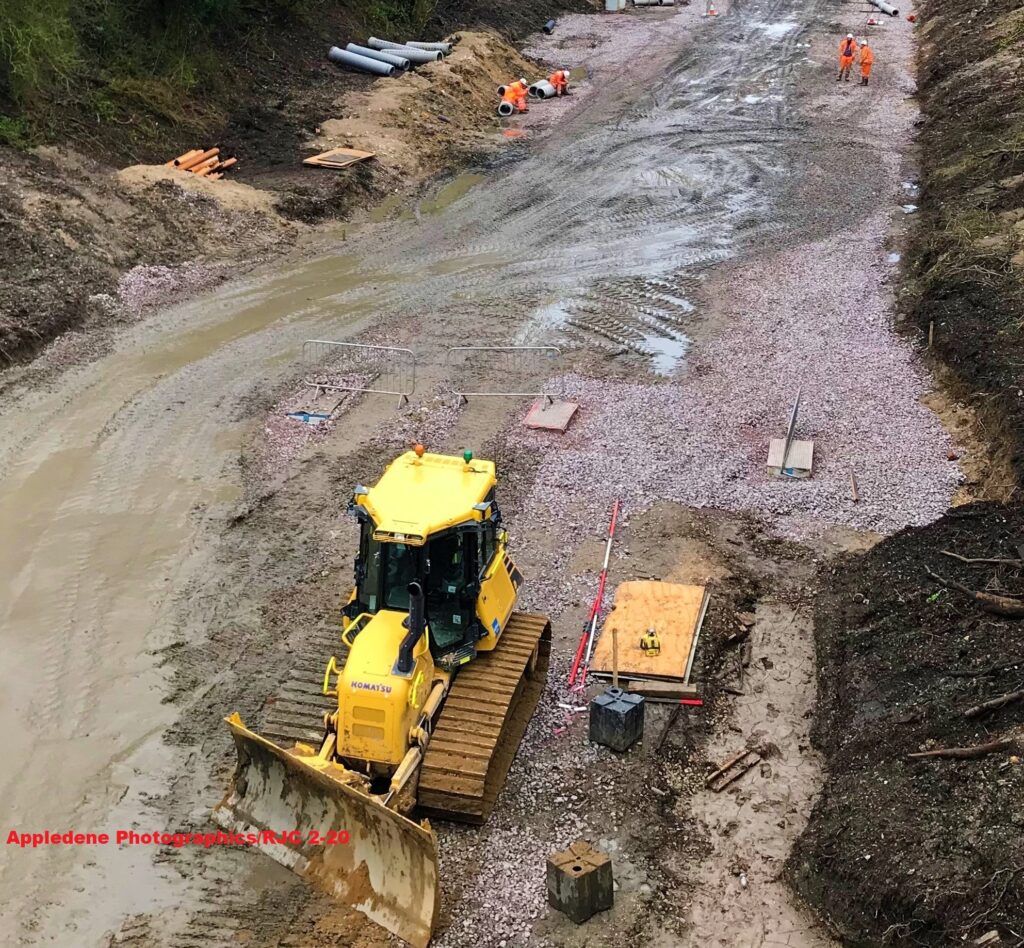
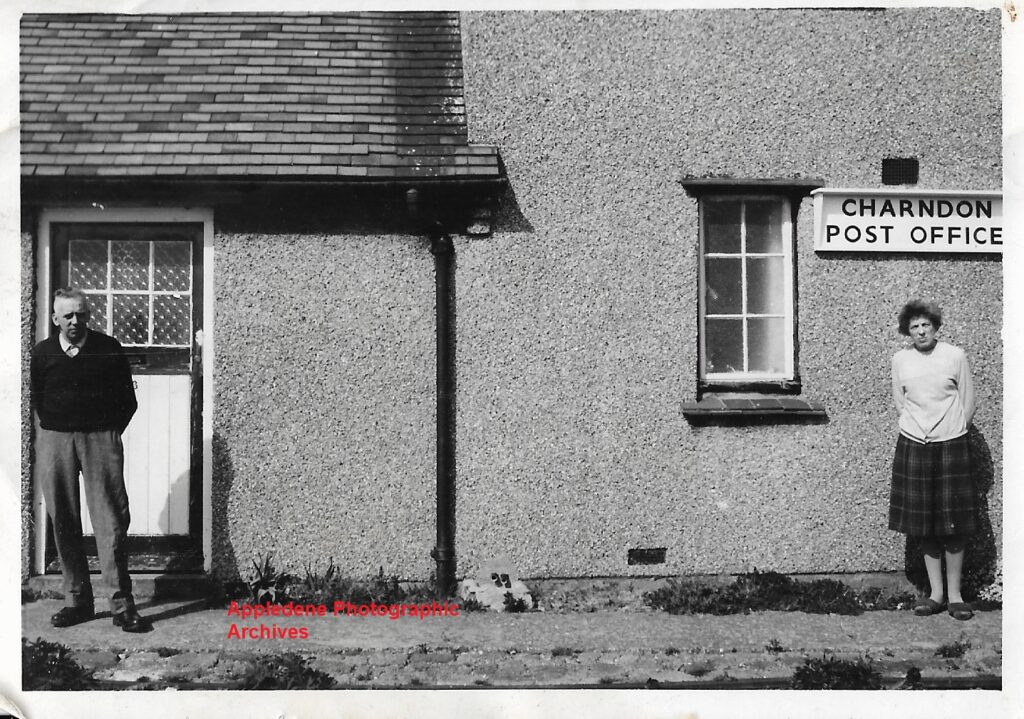
Image Appledene Photographic Archive.
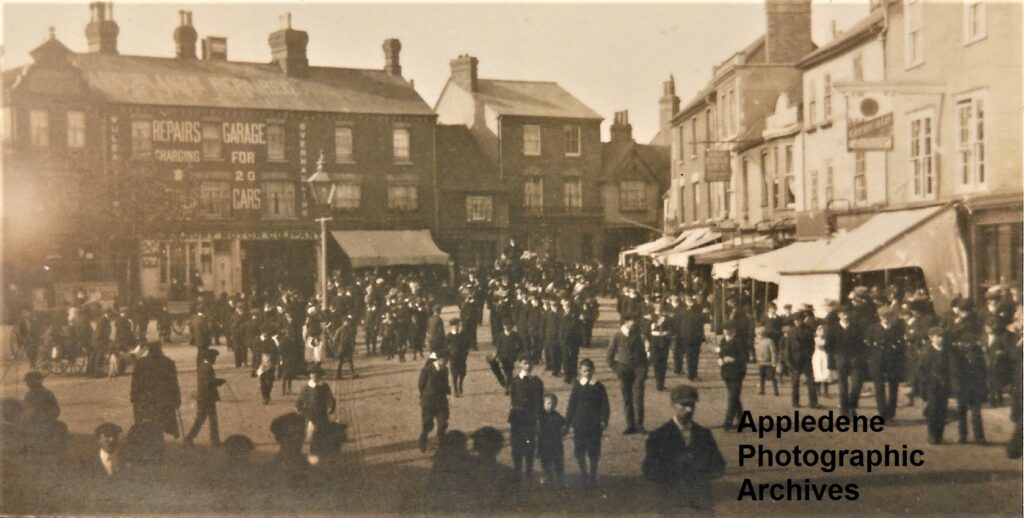
Image Appledene Photographic Archives
A Hunting We Will Go Posted December 12th 2020
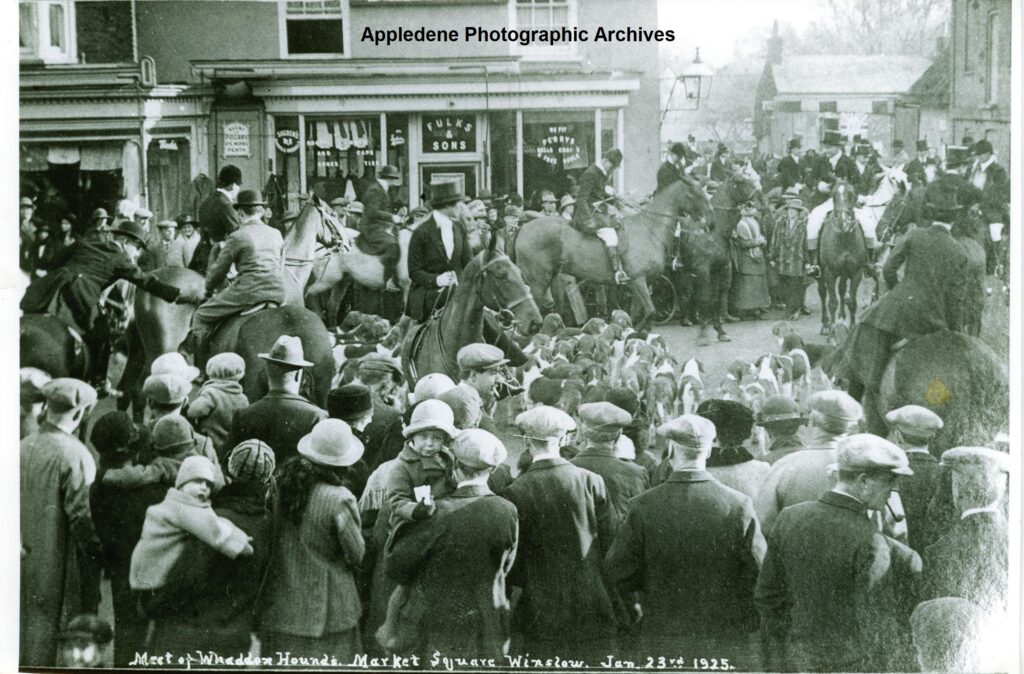
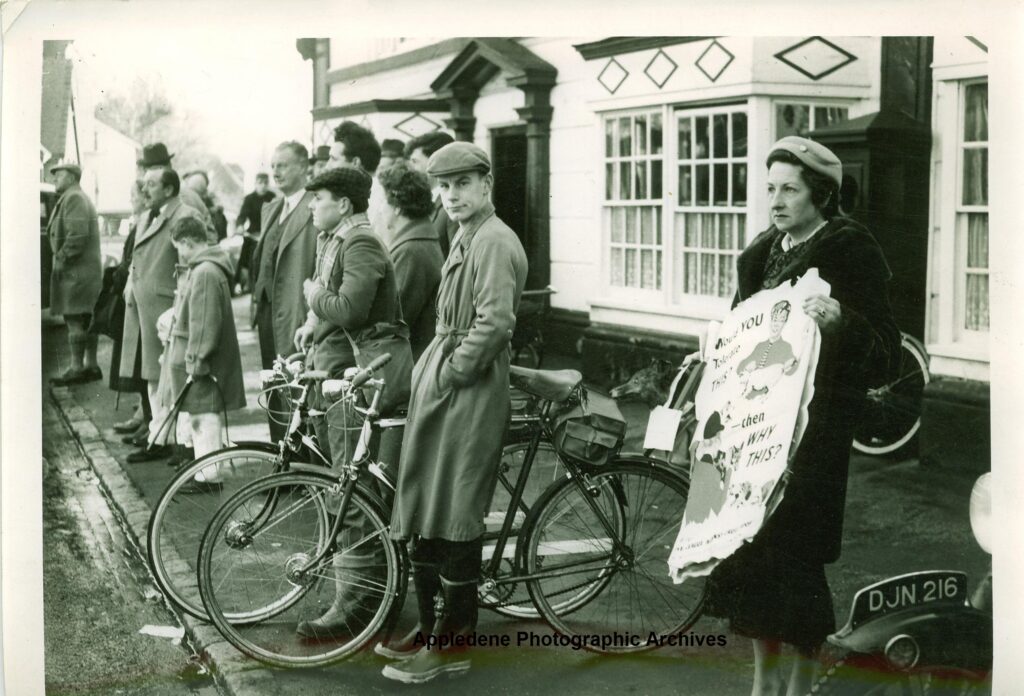
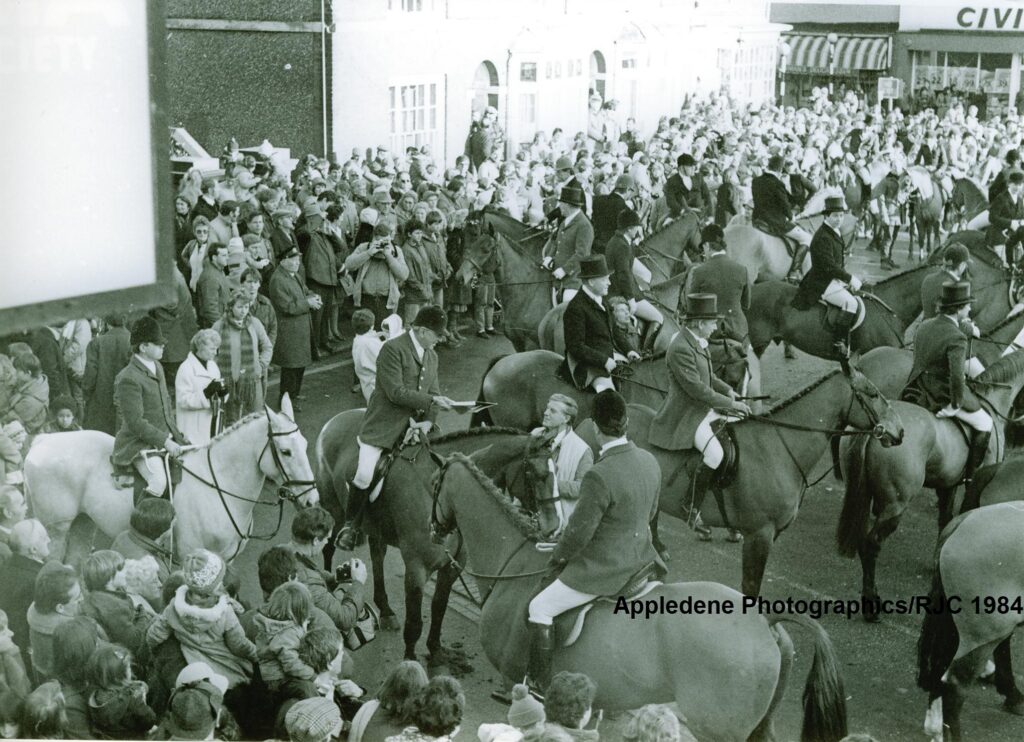
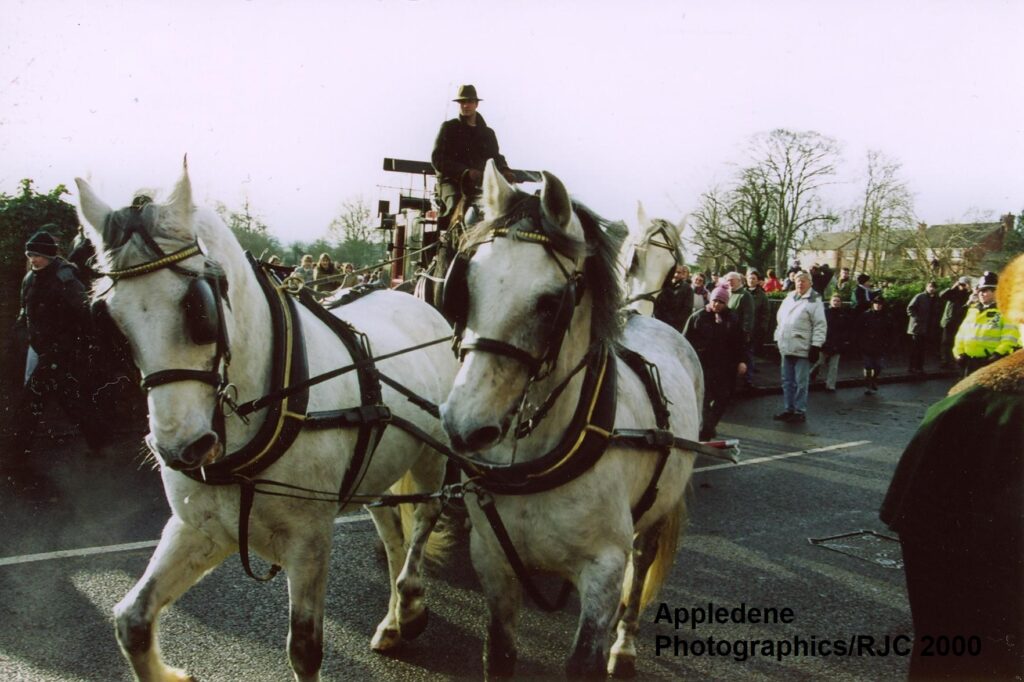
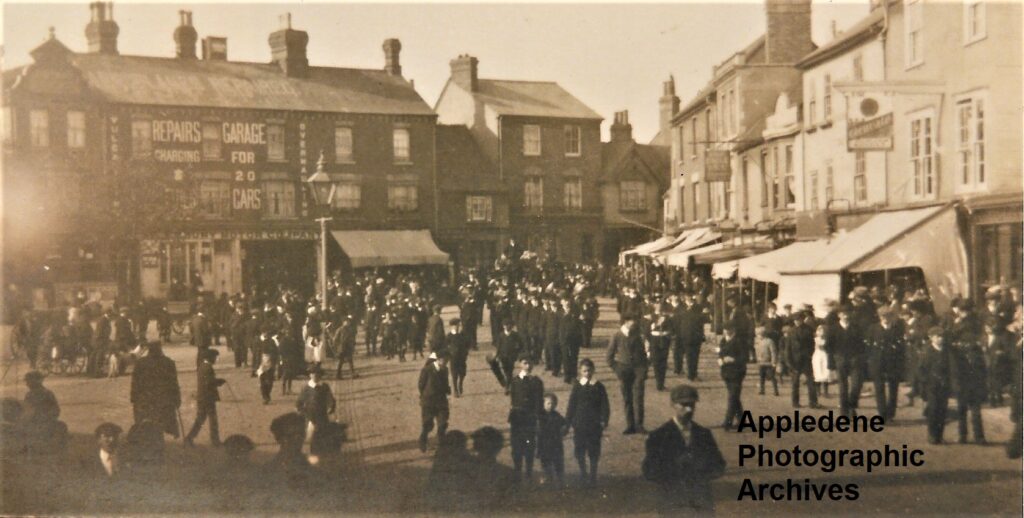
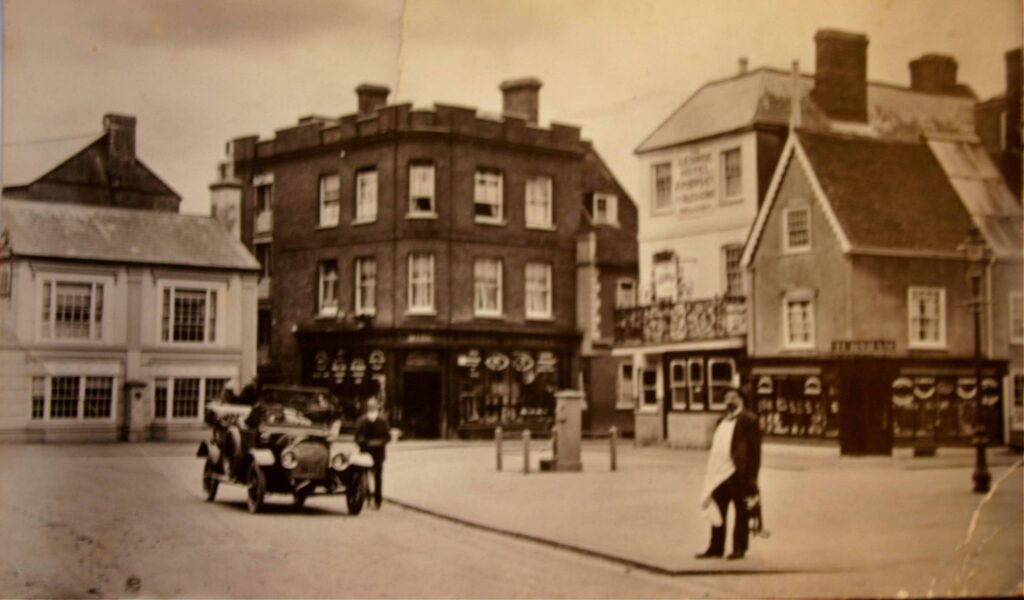
By the old canal, Aylesbury – text by R.J Cook November 24th 2020
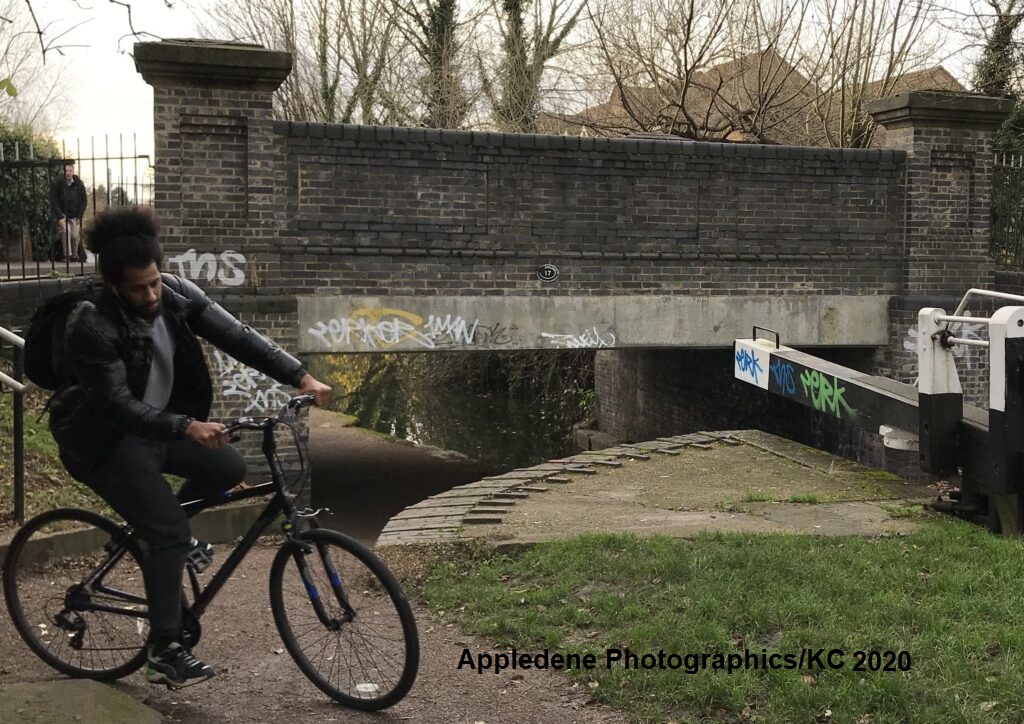
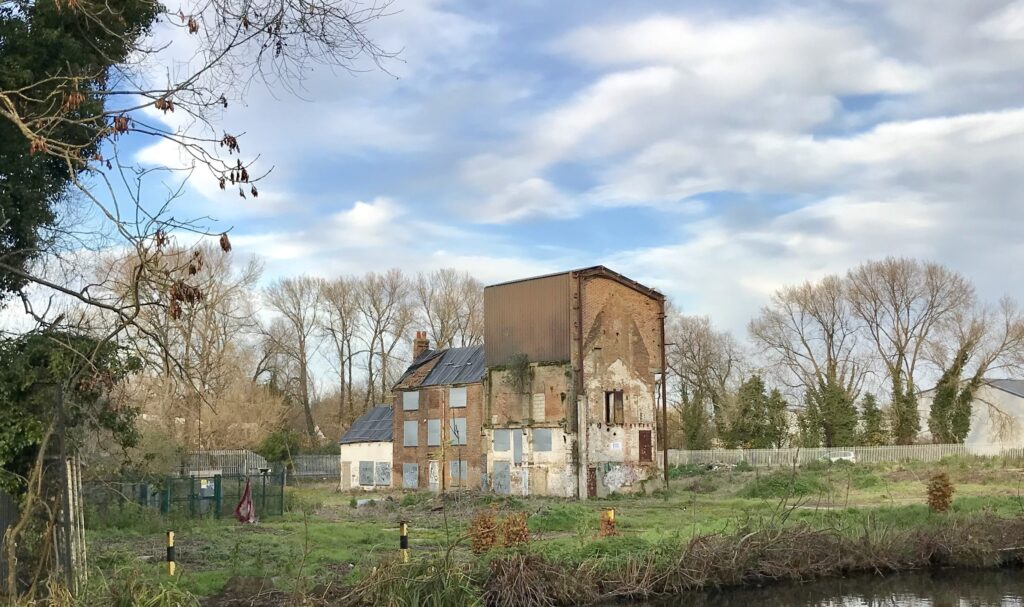
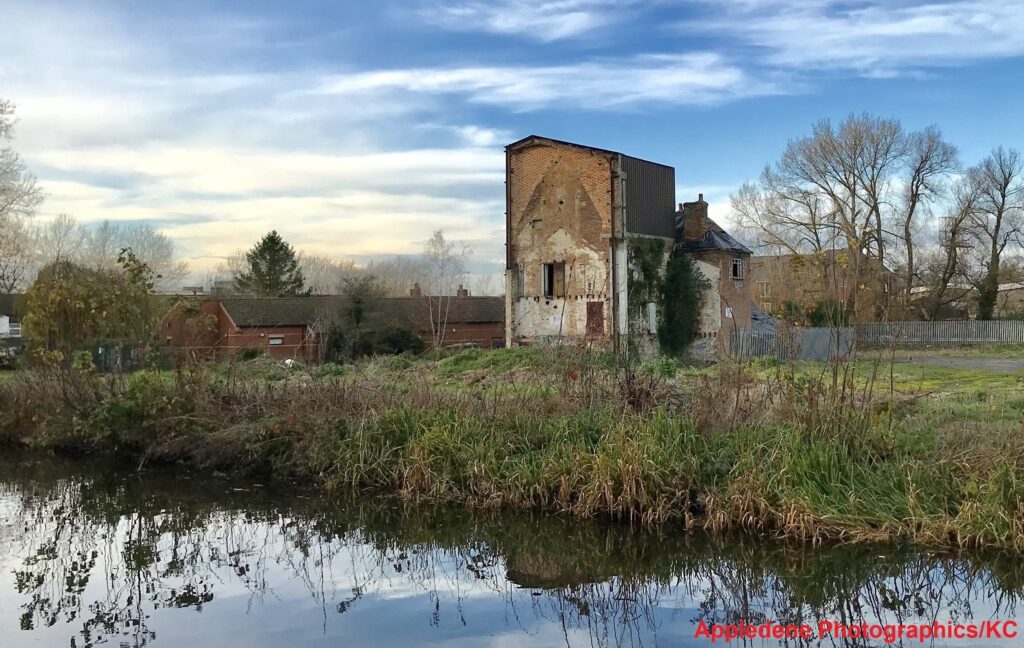
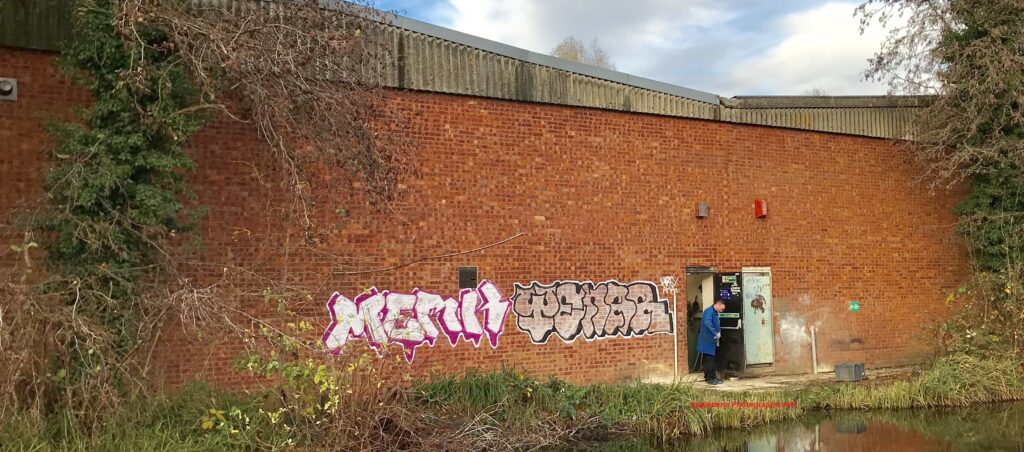
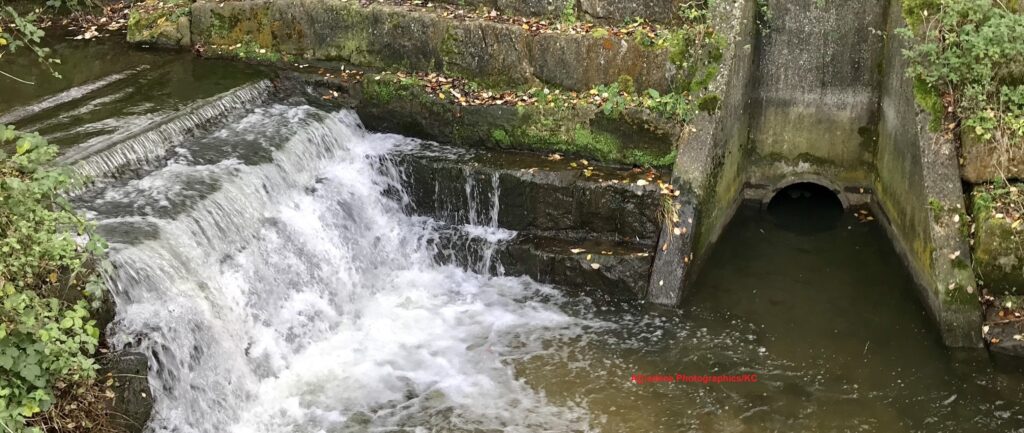
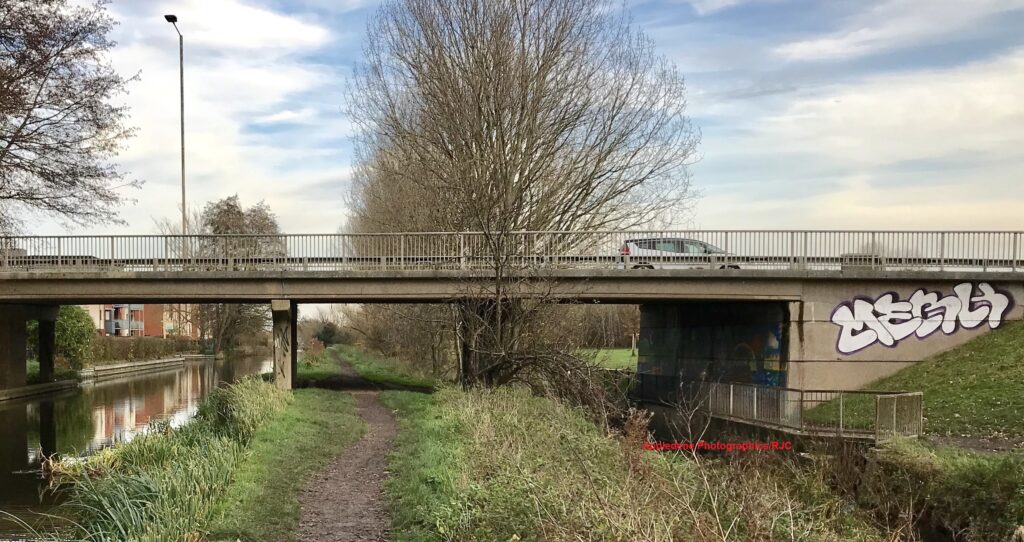
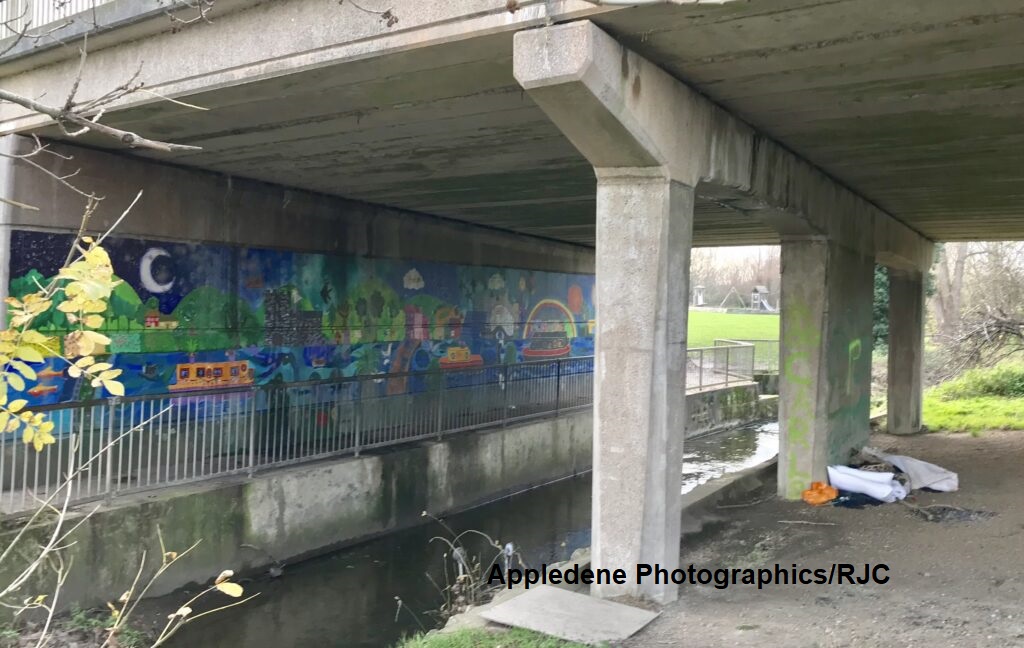
The sight of this privileged white male’s bed by the canal should shame the greedy who think homeless people are lazy and only the poor of Africa and India deserve charity. Image Appledene Photograhics.RJC
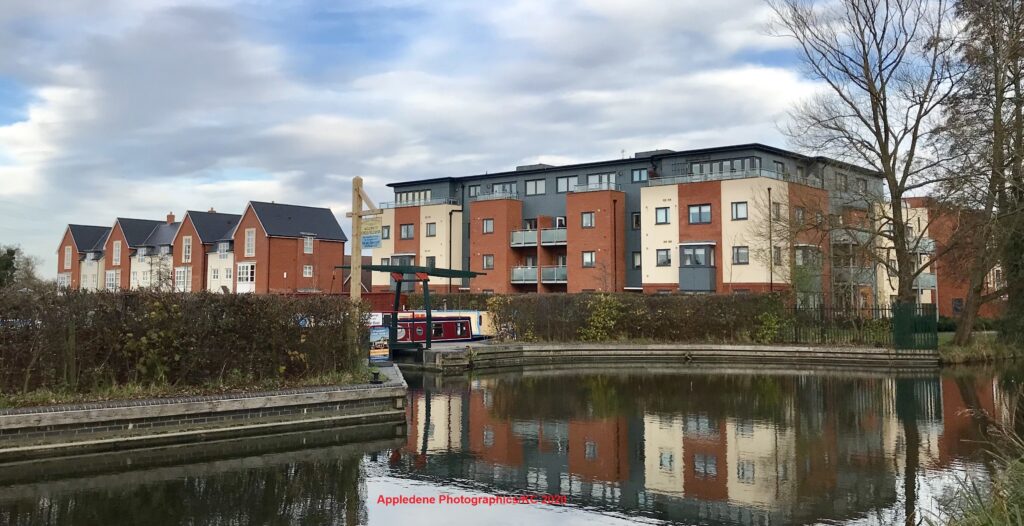
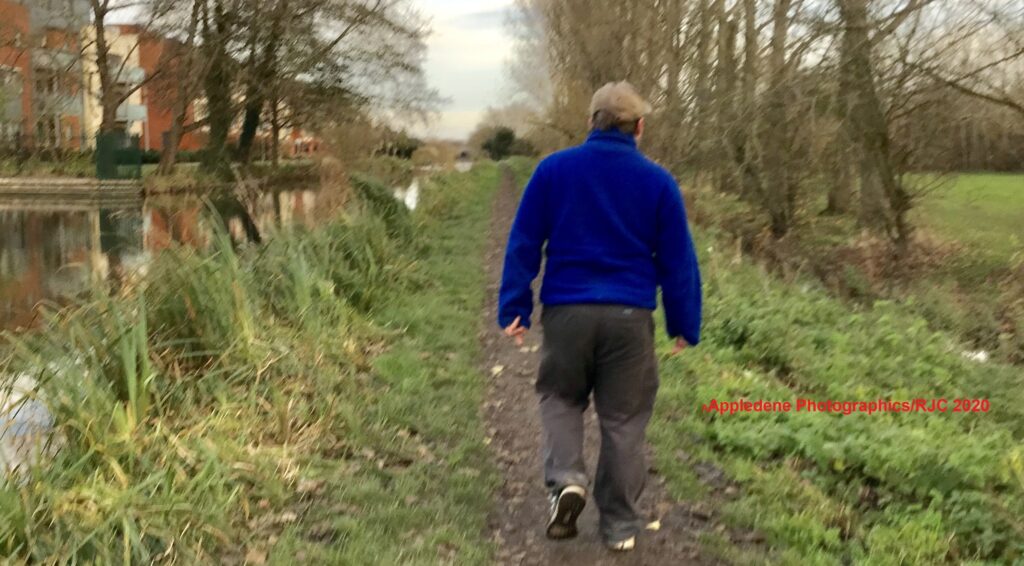
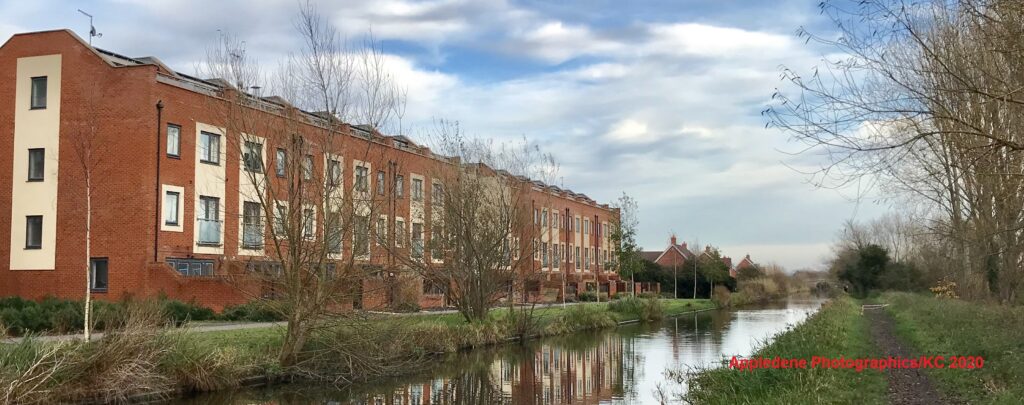
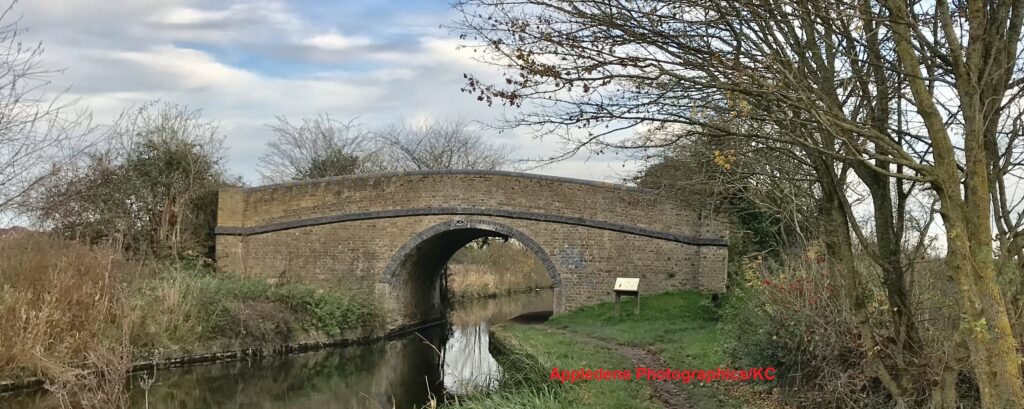
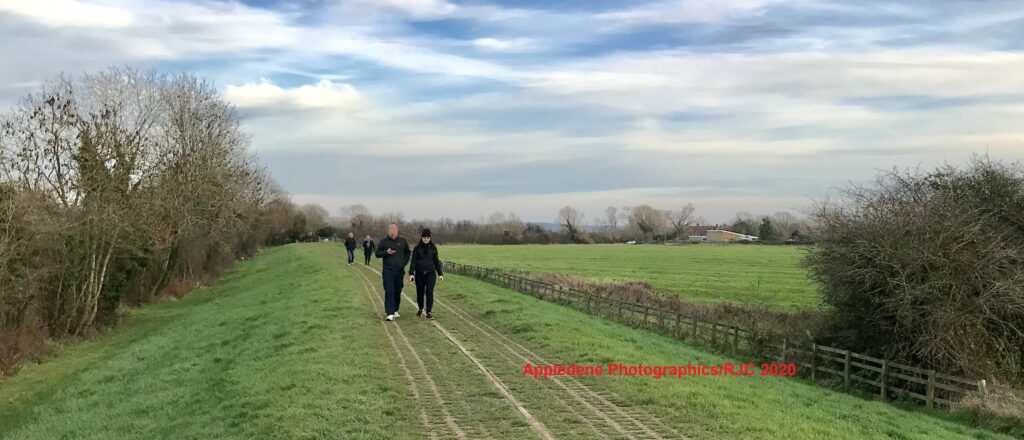
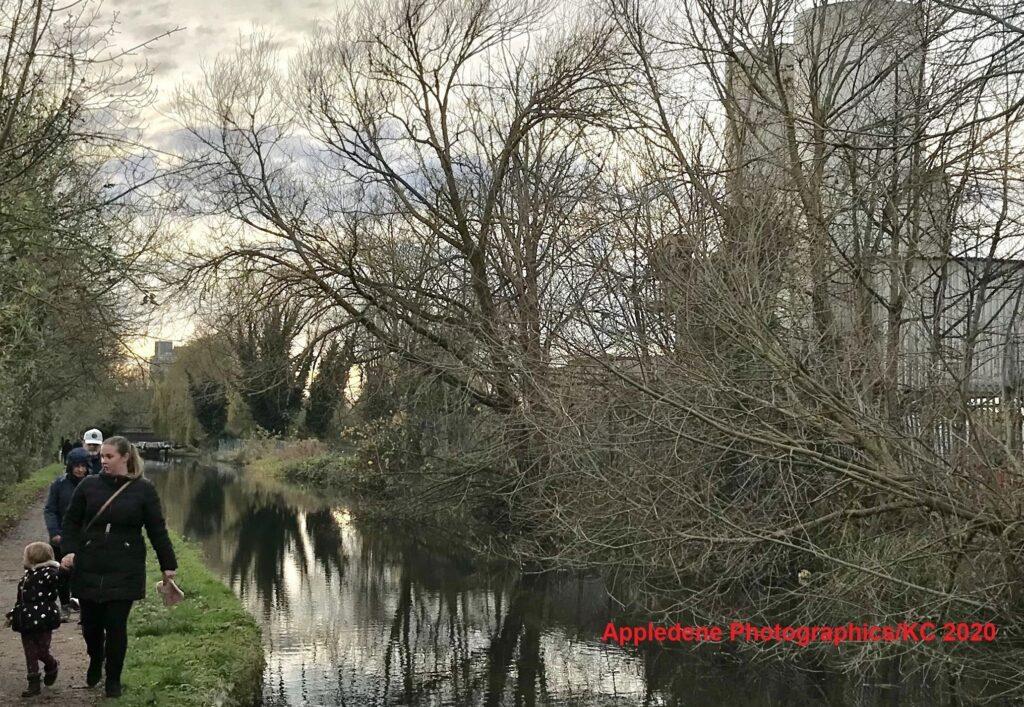
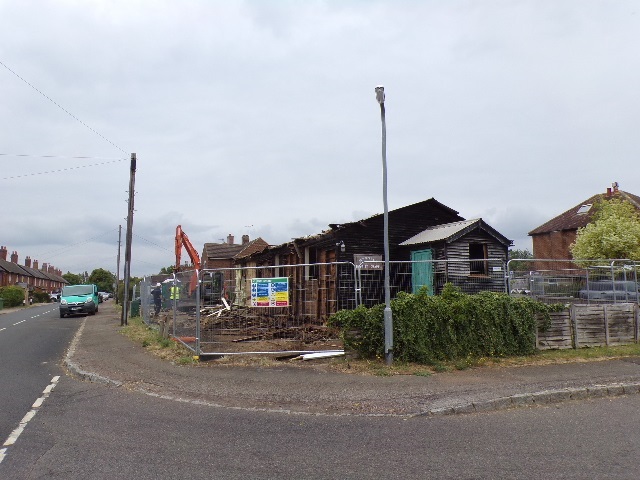
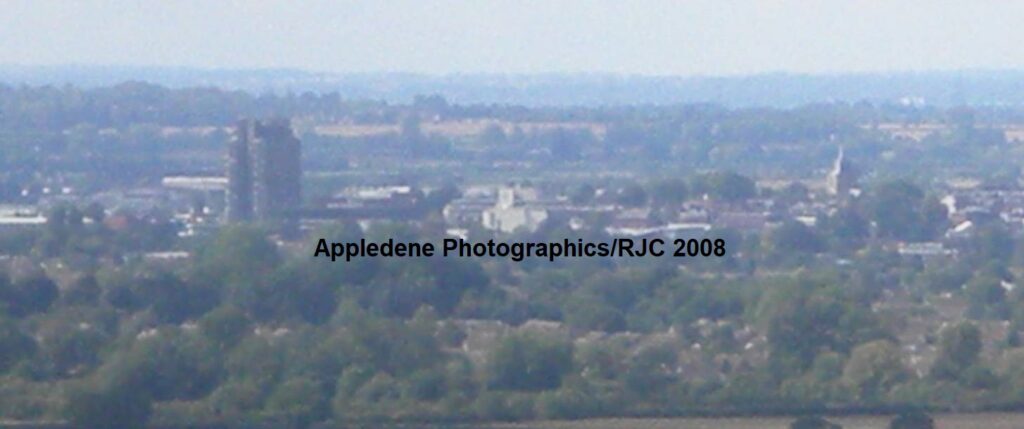
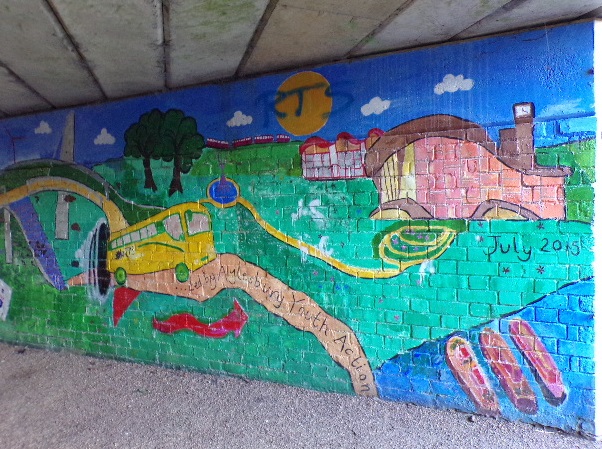
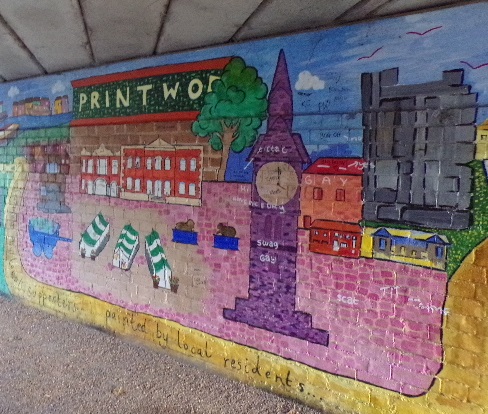
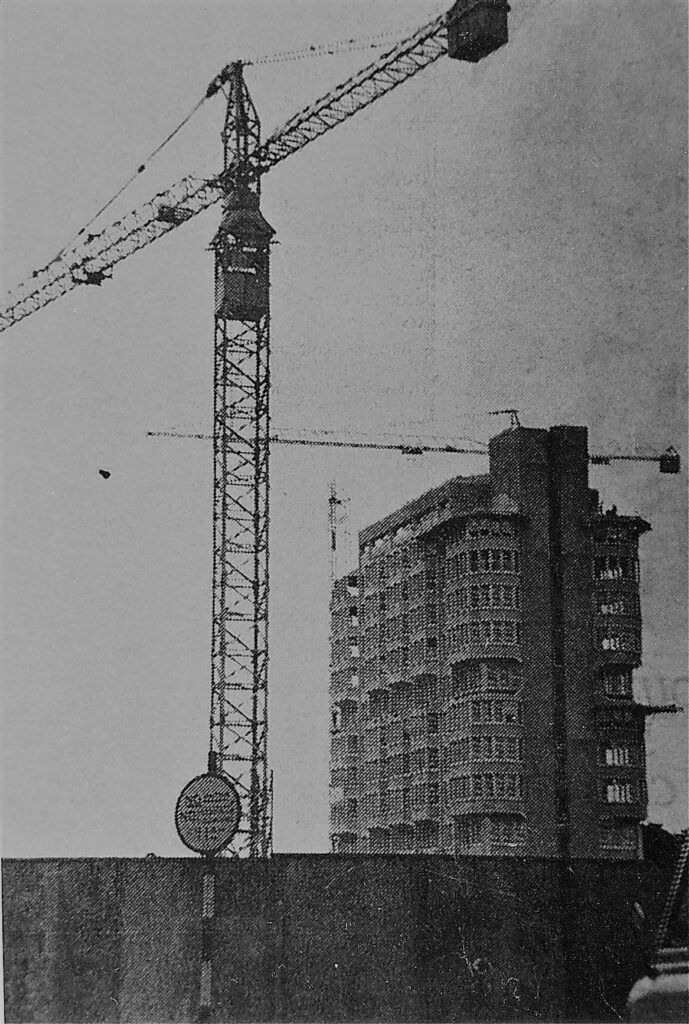
The Council Tower block was nicknamed ‘Fred’s Folly’- after County Architect Fred Pooley who designed this and the original plans for Milton Keynes overspill town.’ One woman who worked in County Hall said it was a haven for amorous extra marital encounters. I was told all sorts of things as a young reporter for the Aylesbury Plus newspaper, but never bothered to verify it. As a senior member of my local council and Bucks employee, I frequently attended meetings there. R.J Cook.
Image Appledene Photographics Archive.
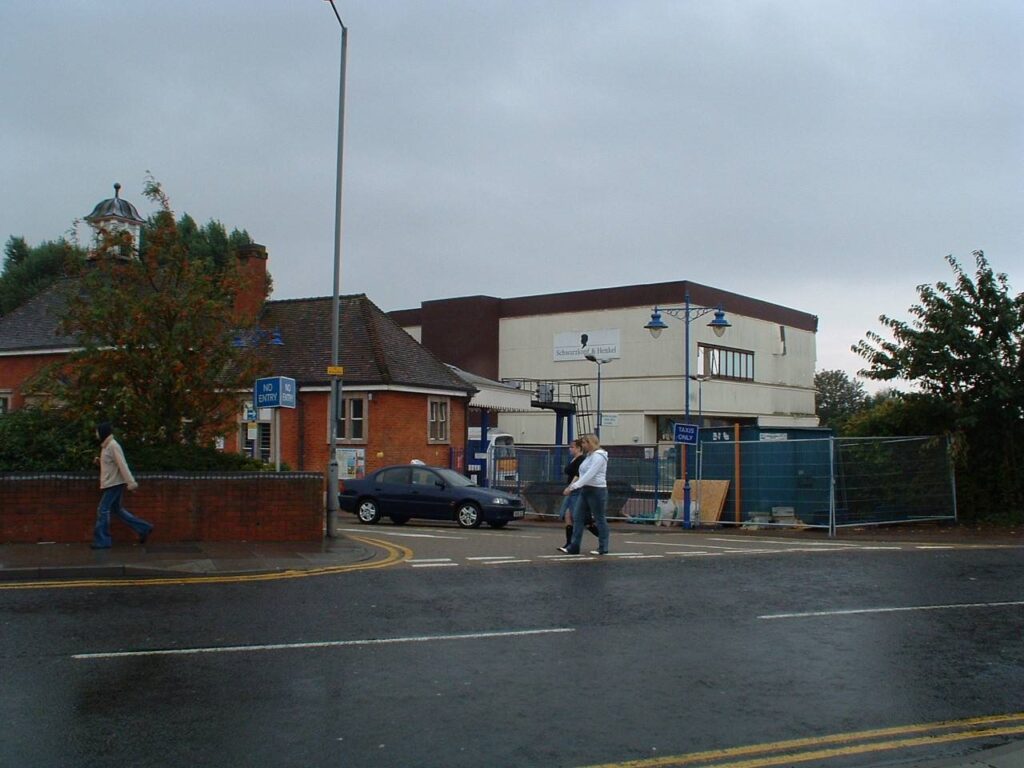
Image Appledene Photographics/RJC
Trails & Tales November 27th 2020
Charles Close and I are working on a new book about the County Town, so we have been on walkabout. Aylesbury is not yet as desolate as the Australian outback, but it is has prospects.
So yesterday we went wandering about the old town, mainly an Anglo Saxon place though the Romans stopped off here when they built Akeman Street, better known as the A41 after Lloyd George brought in road numbers.
We parked near the railway station, Aylesbury’s second station, the first long forgotten to most people. All that is left to remind us is the curiously named ‘Railway Street ‘ off the bottom of the High Street. Interestingly some people have errected dummy signals along the line’s old route through Stocklake where the route out to the Stephenson’s West Coast line runs to Cheddington.

Image Appledene Photographics/KCC
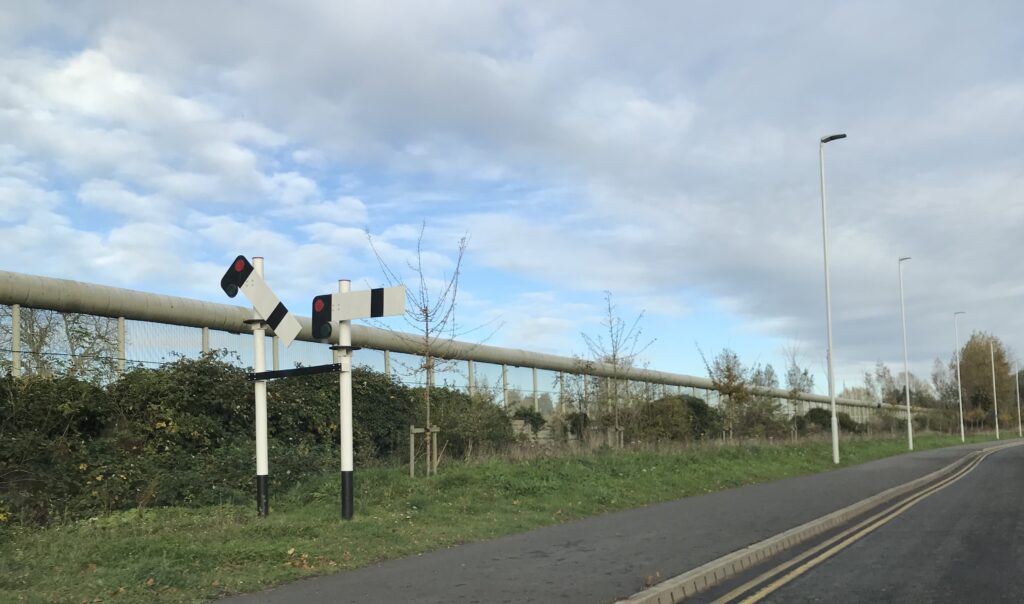
That is democracy where 20 % own 95% of the wealth, we still have a Queen, the working classes pay most of the tax, take the brunt of Covid lockdown and fight the wars the greedy ruling elite cause for their own ends.
A crowd of 10, 000 gathered from surrounding villages, to watch the last public hanging at the Gaol gate in the late nineteenth century. One witness commented : ‘It were a great pleasure to see the quivering wrtech like a shrimp on the end of me fishing rod, dying as he should, in agony and humiliation before the Lord God Almighty.’.
Between 1800 and 1900, of the 3524 people sentenced to hang in England and Wales, only 1353 were for murder. Many innocent men have hung, The last man to hang outside Aylesbury Gaol was convicted of sheep stealing. But there have always been those who enjoyed watching men killed, many of them women.
Image Appledene Photographics/KCC
Around Aylesbury – Robert Cook

Passing Moments – Posted November 8th 2020
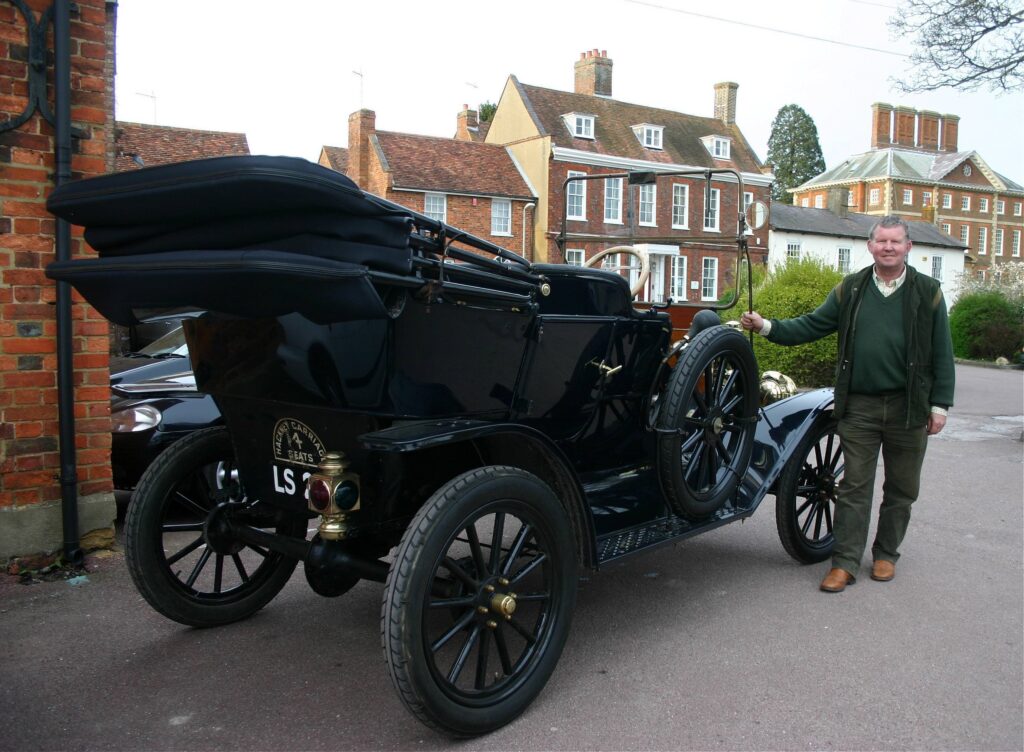
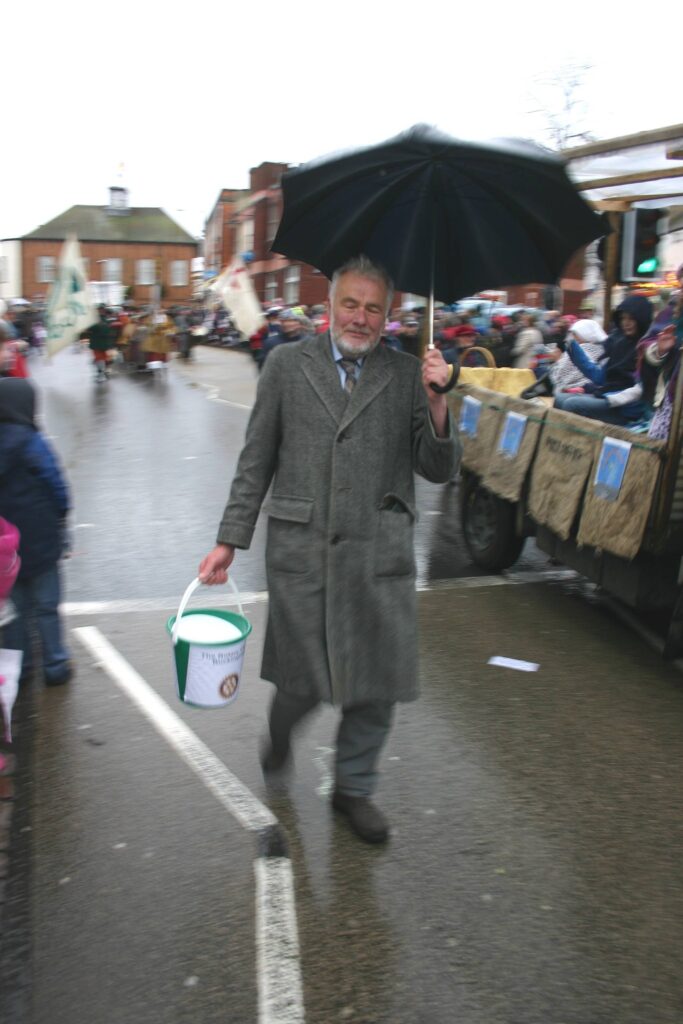
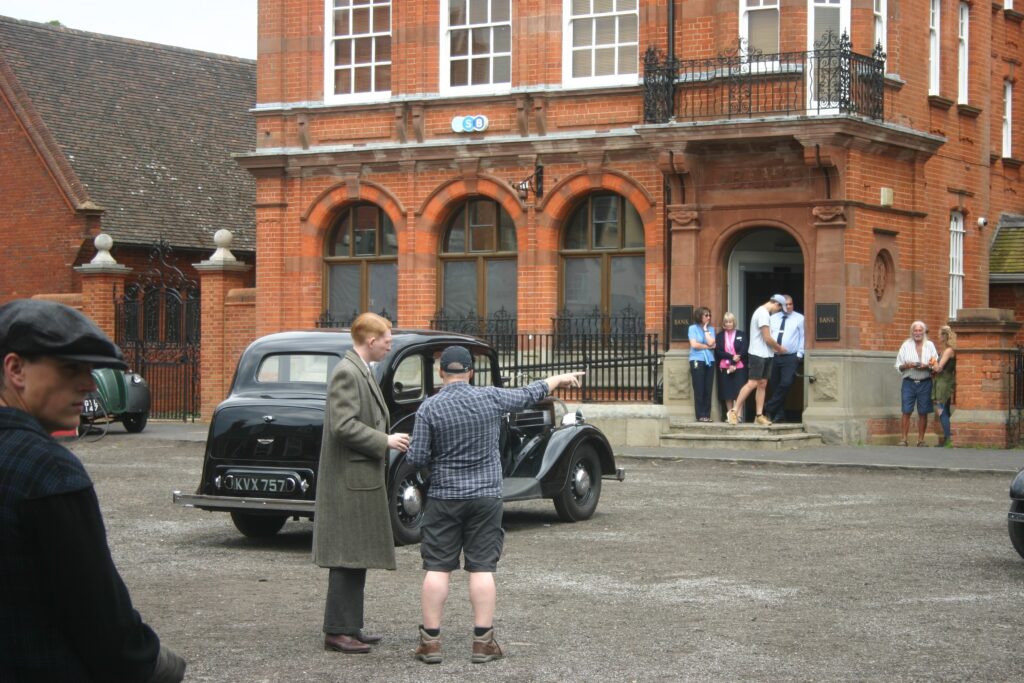
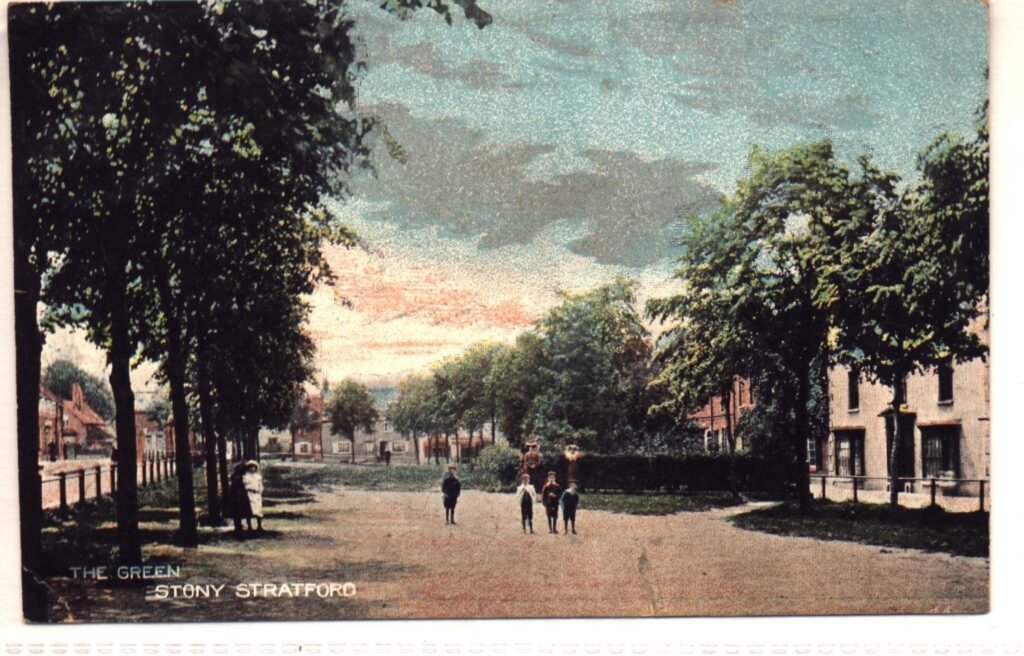
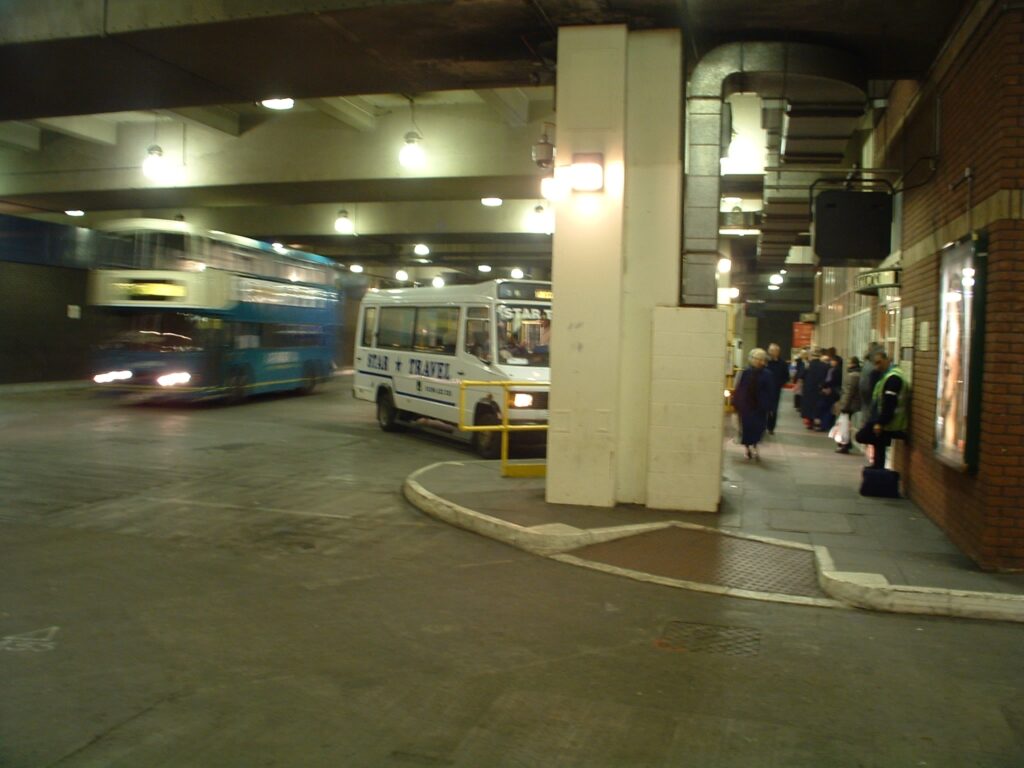
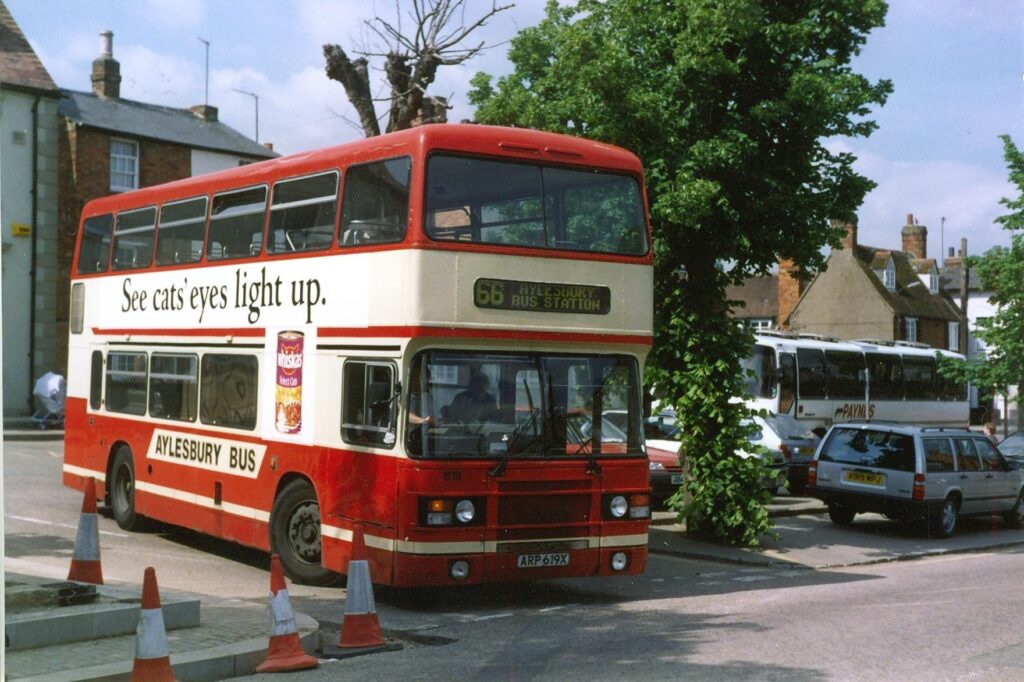
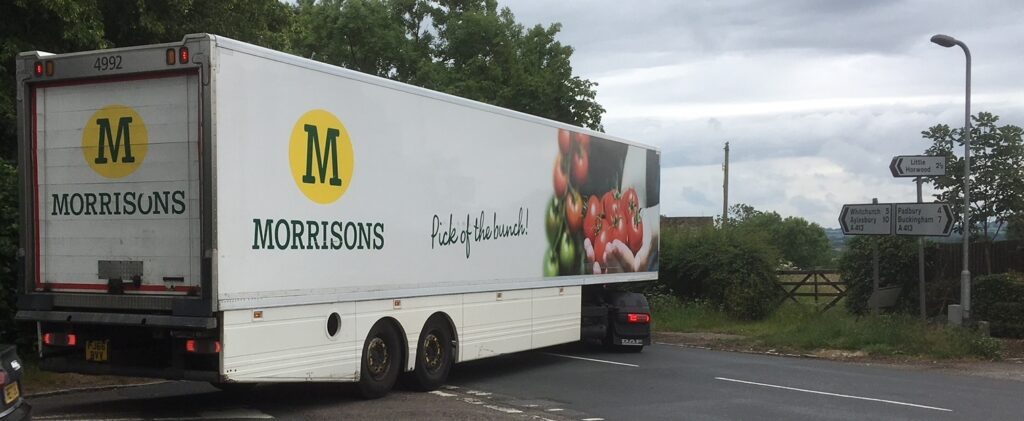
Winslow Bank Robbery November 6th 2020.
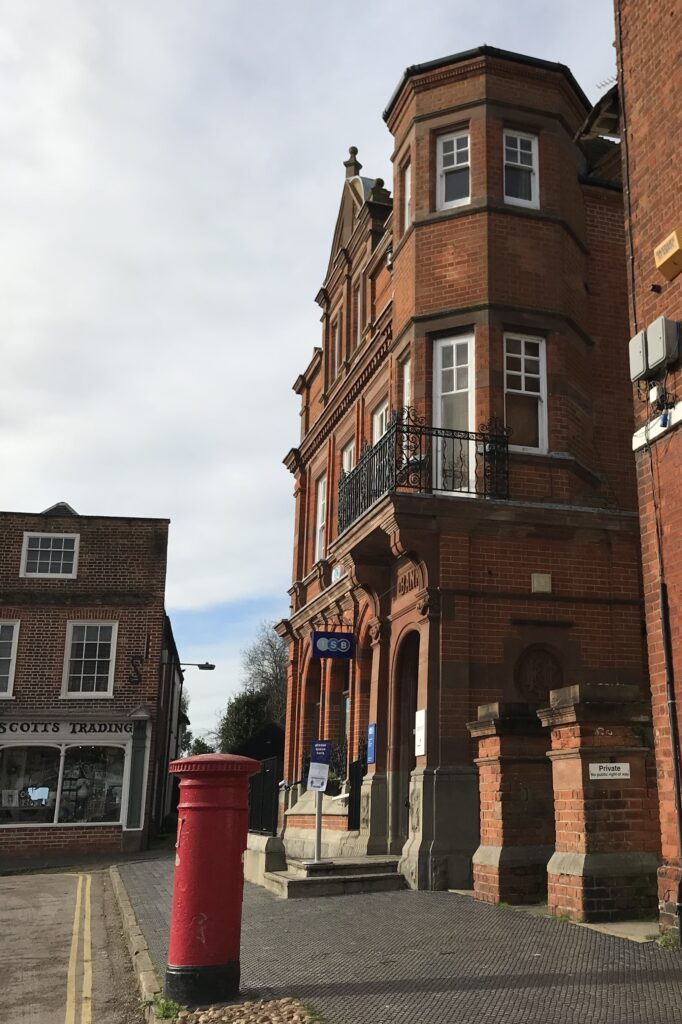
Winslow, North Buckinghamshire, birth place of R.J Cook Posted October 23rd 2020
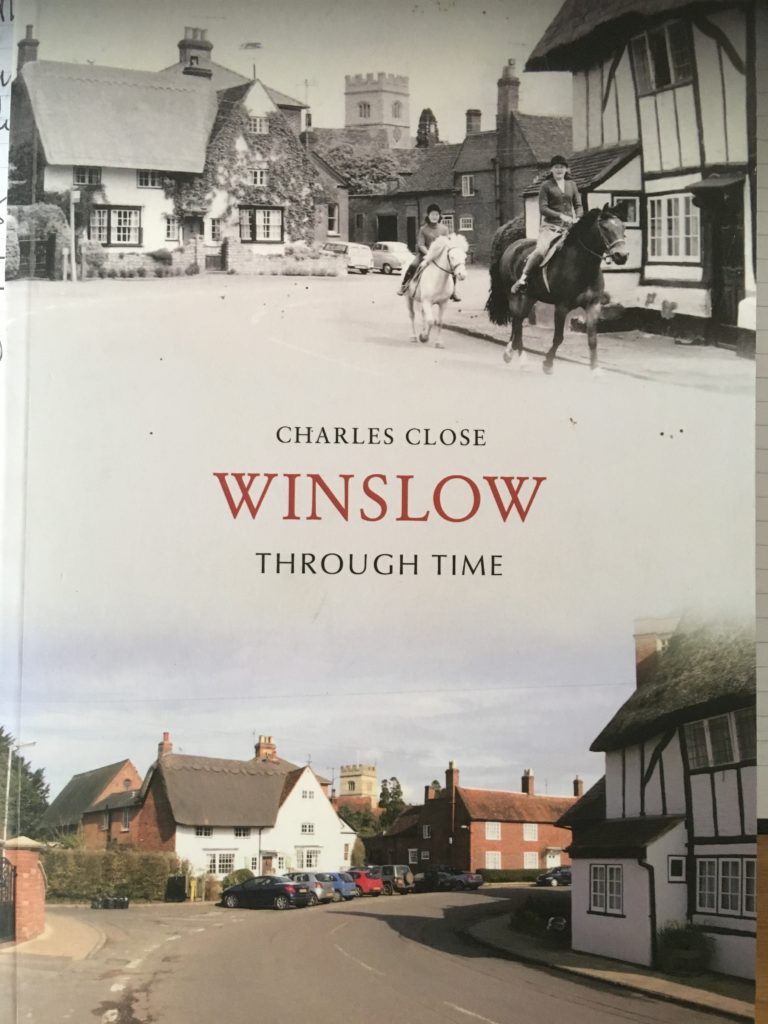
R.J Cook’s maternal Great Great Granfather lived in the off centre white house. Now it is called ‘Plough Cottage’ but wqs a pub back then, with Great Great Grandfather’s running the pub, and his builder’s yard was behind the pub.
One of his son’s was Bucks County Highways Engineer. This son’s plan for a Winslow by pass was never built because World War two started. His house was so large that an owner back in the 1980s got permission to build a small housing estate in it.
He was a busy man, his family were the second largest property owners in Winslow when they married into the Walker family. ‘Winslow Through Time’ is available from Amazon.
Image Appledene Photographics.
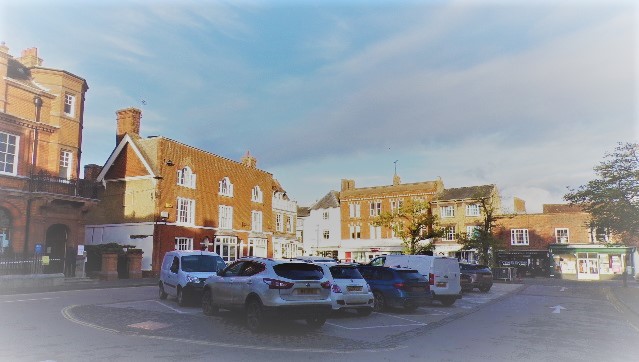
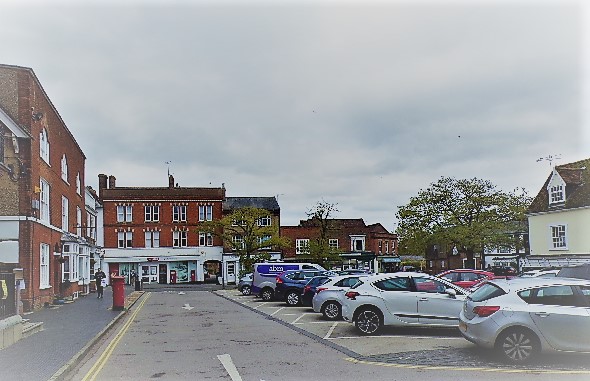
Swanbourne Station, all gone to make way for high speed East West Rail. R.J Cook October 20th 2020
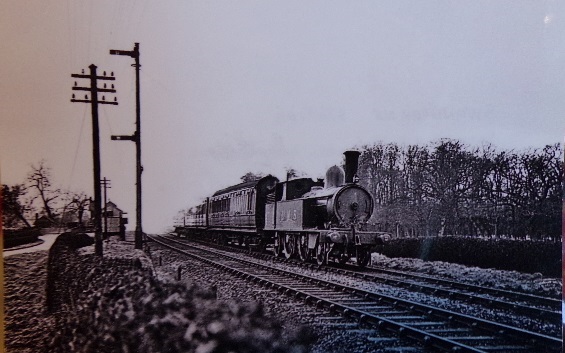
Mick and Reg Waters were strong campaigners for reopening the Oxford Cambridge railway, living all their lives in Swanbourne Station, except for occasional railways and trips to visit their mother’s family north of Inverness.
Their mother purposely had her husband drive her there to have her sons born Scotsmen. Both carried their mother’s maiden name, so they were Munro Waters.
I have written much about this little station already. It was a wonderful little world, very much Thomas the tank engine land. Now it has all gone.
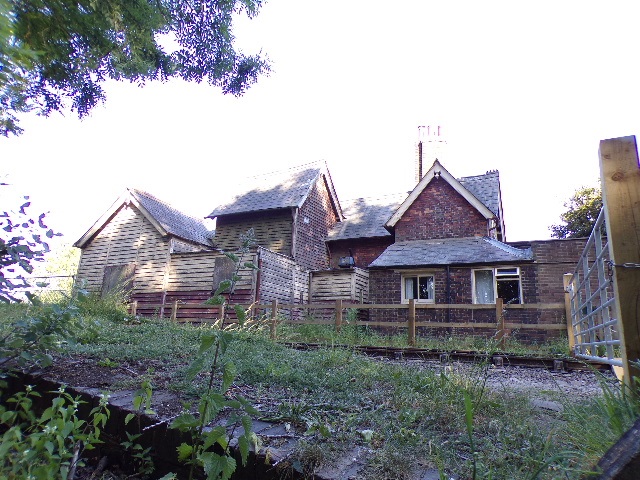
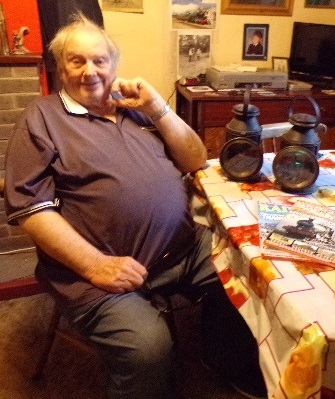
Image Appledene Photographics/RJC
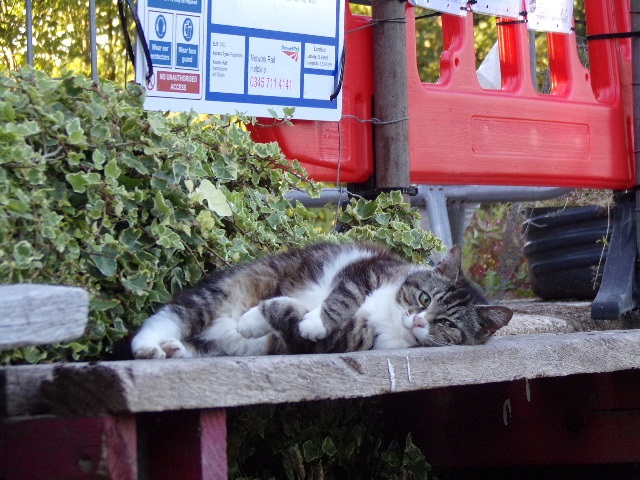
Image Appledene Photographics/RJC
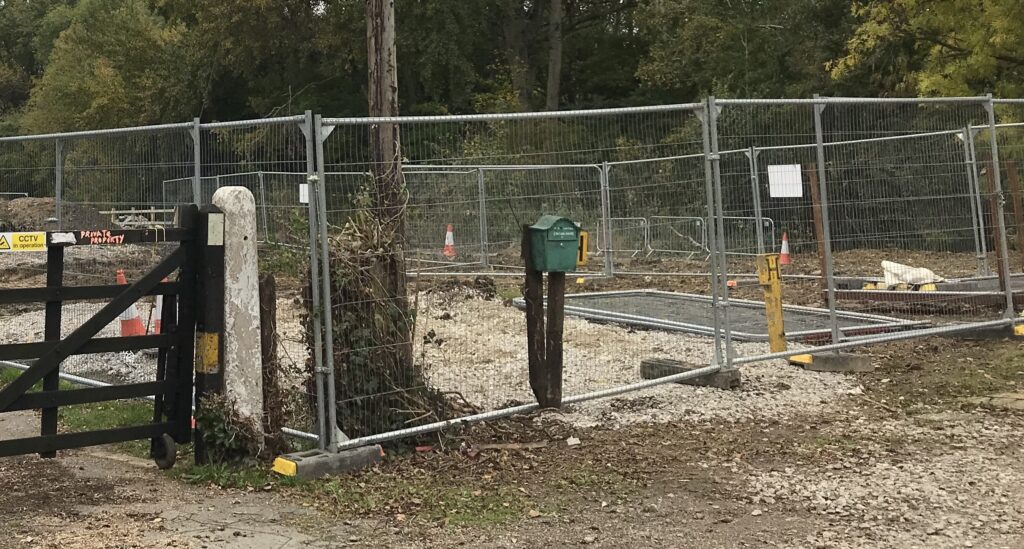
Image Appledene Photographics/RJC
Re railed – ‘The Ringing Grooves of Change’ October 10th 2020
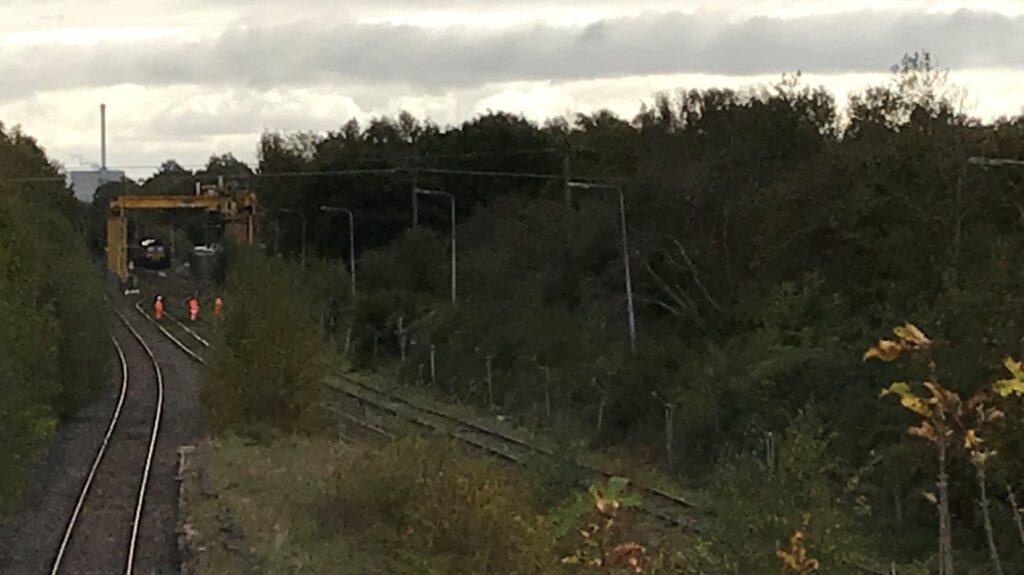
The smell for surrounding houses can be unpleasant, as was the case with the sulphurous brick works.. Resulting gas from decomposition is burned off and used for electricity generating – the power station chimney is visible top left..
Image Appledene Photographics/RJC
Calvert, in North Bucks, grew up around Arthur Werner Itters Fletton brickworks – opened in 1923. Proximity to a major railway line was essential to this new age of mass producing bricks. Poet laureate Tennyson referred to railways, new to his time, as ‘the ringing grooves of change.’ British geniuses George and Robert Stepehenson were driving forces behind the railway revolotion, one of their friends and disciples ultra religious Thomas Brassey building the Oxford Cambridge line, which joined the Great Central near here.
This image was taken less than a mile from our earlier image of the protestors’ little house built on a wide verge. This line was part of the old Great Central Line running from London, through Aylesbury to Nottingham and beyond.
It was closed in large part by the greedy corrupt 1960s Ernest Marples,Tory Transport Minister’s lackey Dr Beeching. Marples was a major shareholder in Marples Ridegway who made millions from building roads. So the more railways he closed the more money he and Beeching made.
I recall the days of my bike rides, standing on this bridge, still at secondary school, in the early 1960s, watching long rumbling goods trains, loaded with fletton bricks fresh of the Calvert production line. My late father, having left the army and moving up from London, drove a brick lorry from the company’s Bletchley depot – the job. helped by NHS neglect and incompetence, killed him in 1962.
Fletton brick making used deep excavations of lower Oxford Carboniferous clay, powerful steam presses and continuous Hoffman kilns to variously dry some stacks off in chambers using heat channeled from neighbouring kilns which were burning at 1500 degrees farenheit. The clay contained so much carbon, they fuelled their own burning.
I wrote a book on the subject, published in 1994. R.J Cook
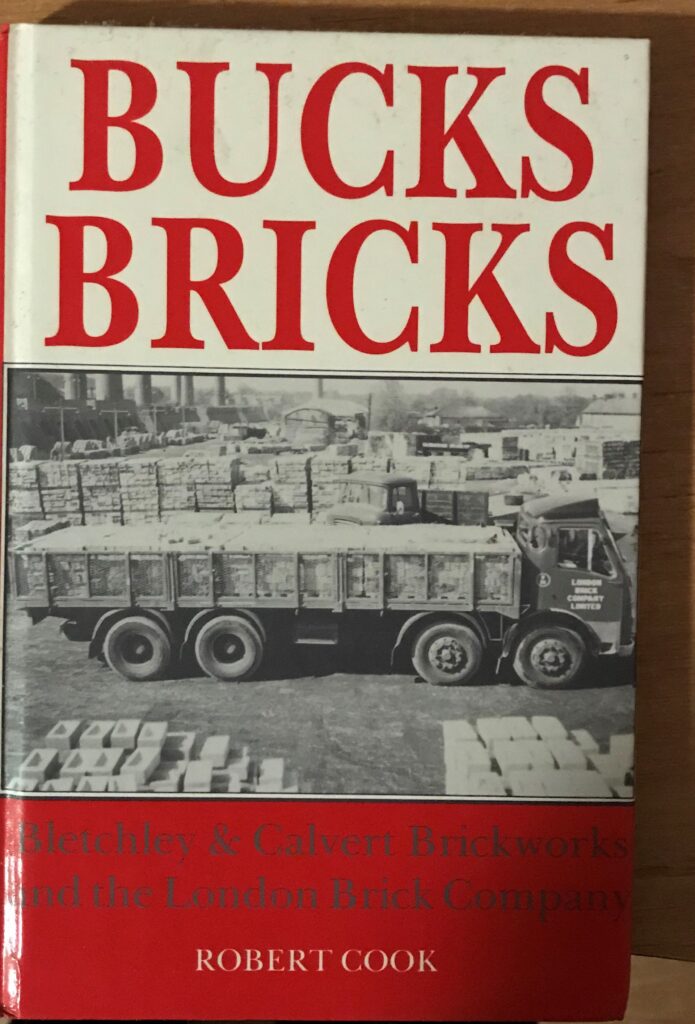
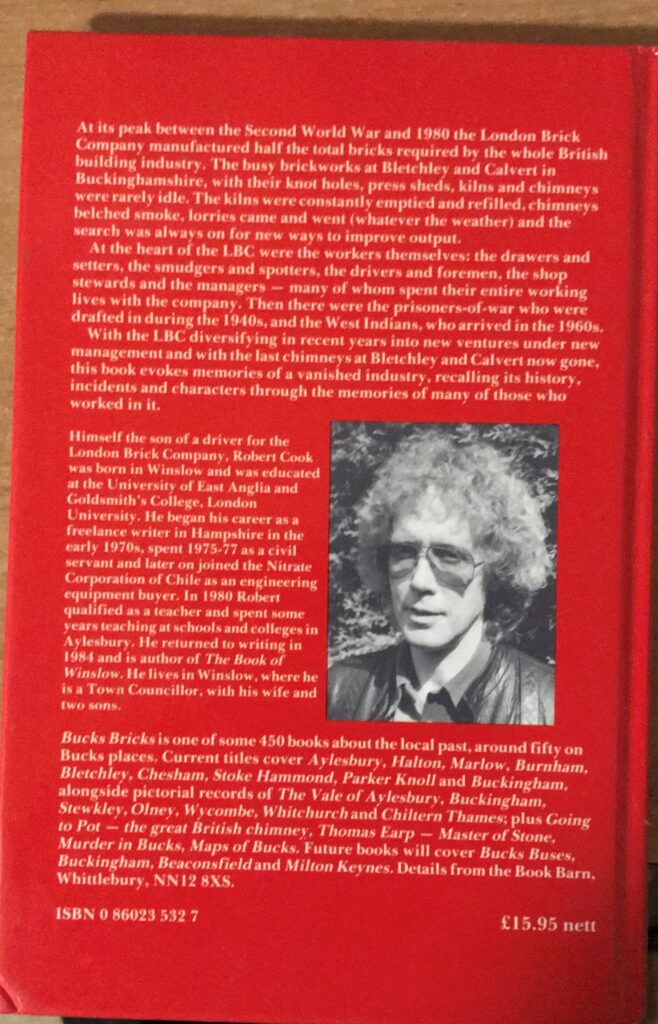
Claydon House October 8th 2020
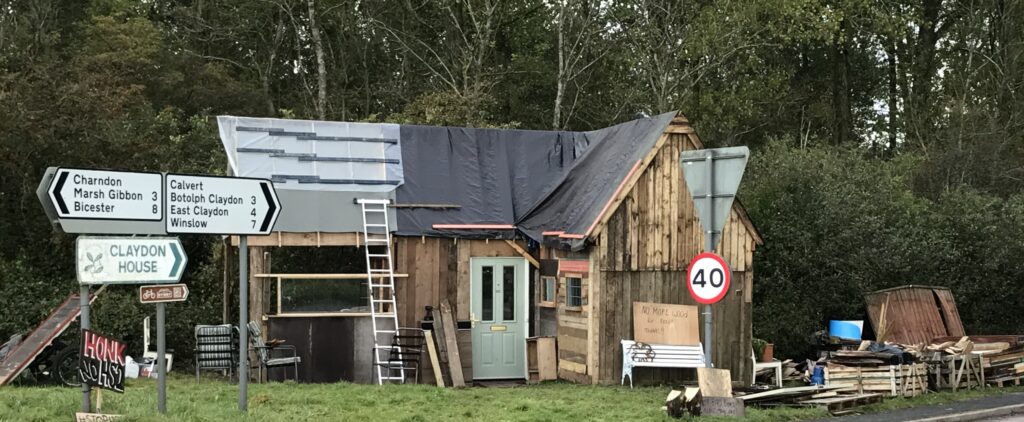
It is occupied at the moment by two young men who declined to be photographed. Their spokesman told me that they trusted a female friend from ; ‘The Guardian’ so long as she didn’t publish. She published their picture along with an article about them.
Image Appledene Photographics/RJC October 8th 2020
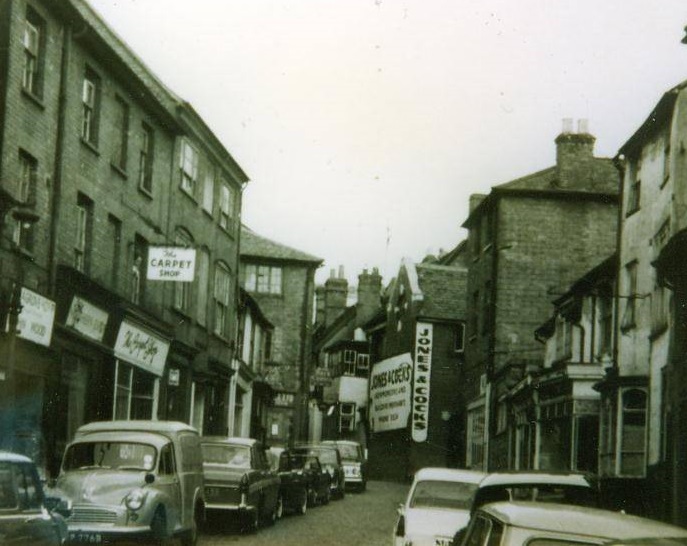
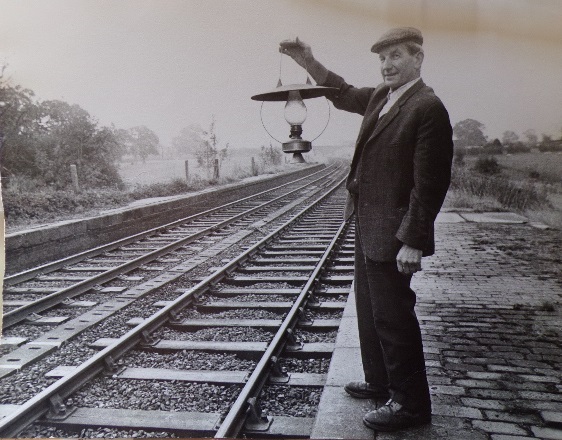
The comment link has been closed due to spammers and illegal advertisers.
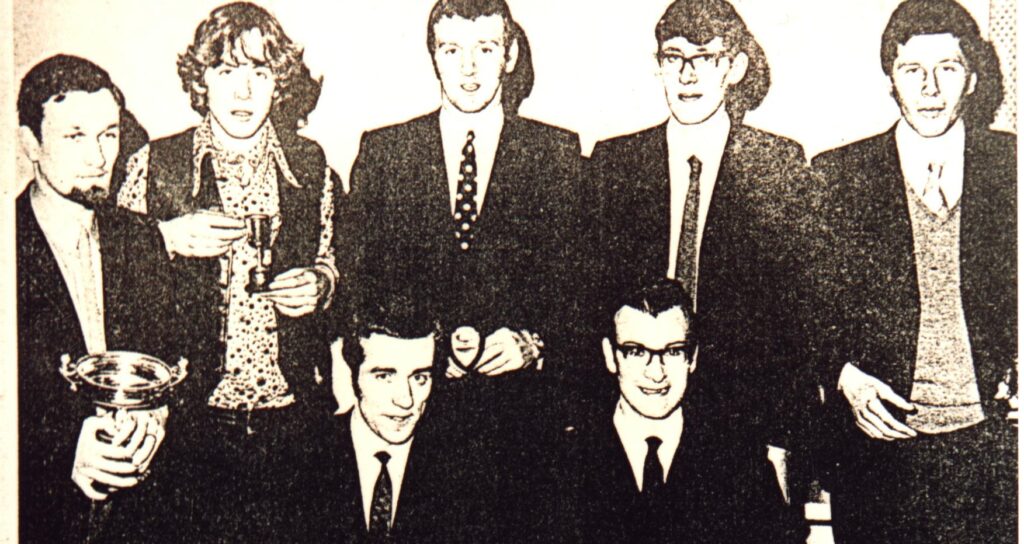
Demolition Work Underway At Swanbourne Railway Station – September 19th 2020
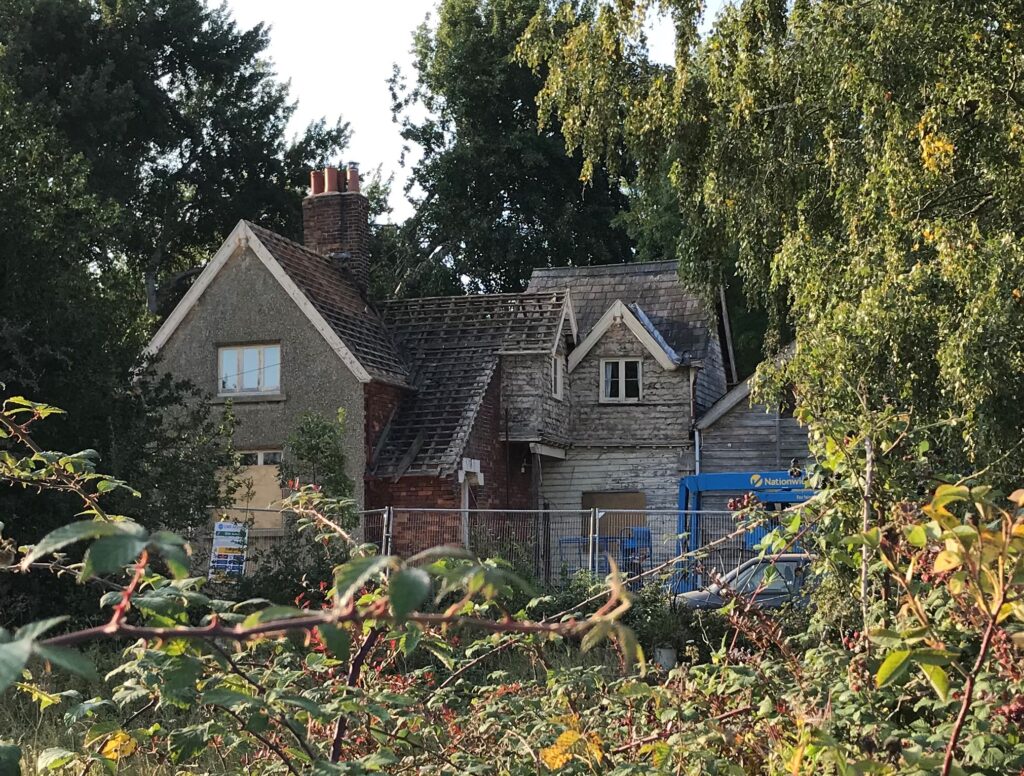
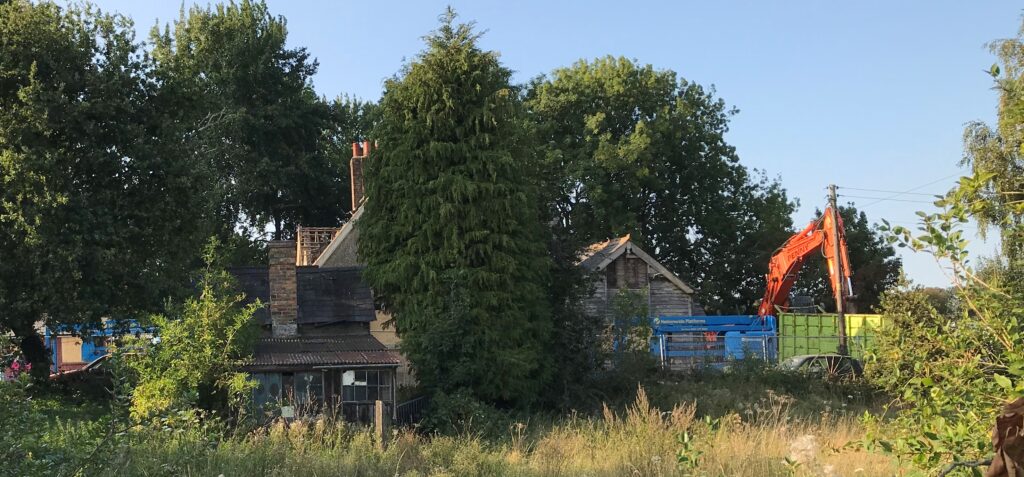
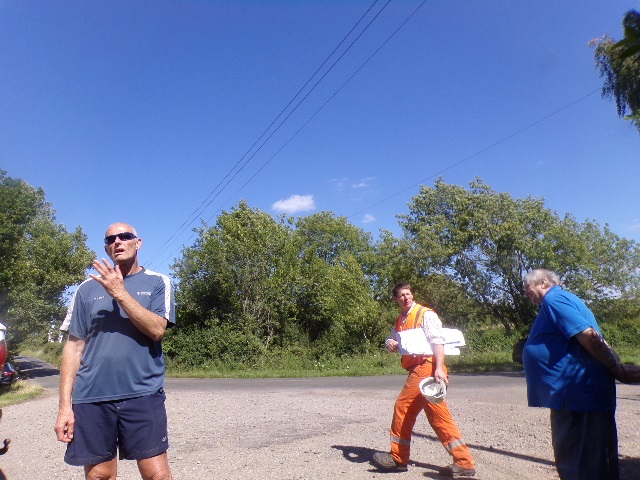
Image Appledene Photographcs/RJC
Oxford-Cambridge Rail Link Works September 14th 2020

Image Appledene Photographics/RJC
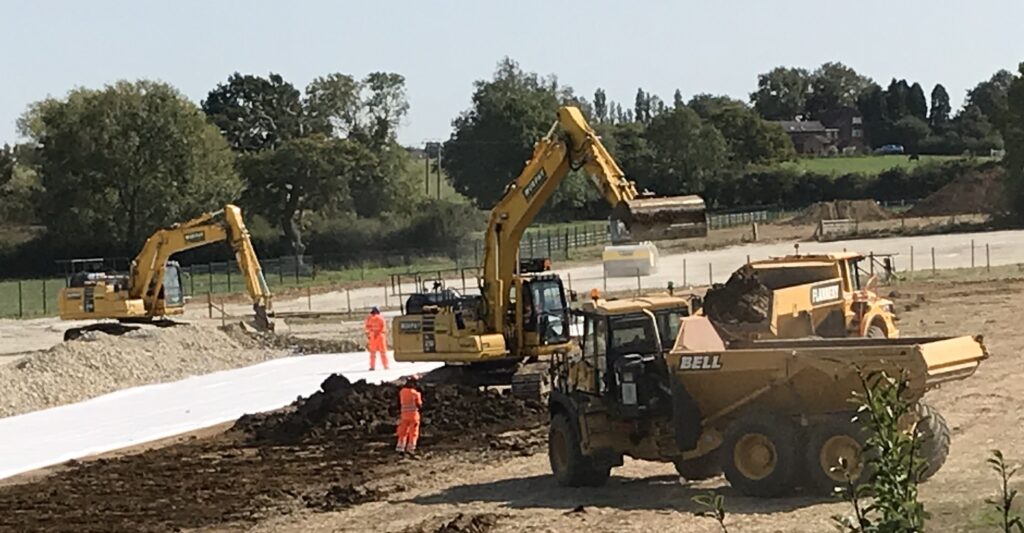
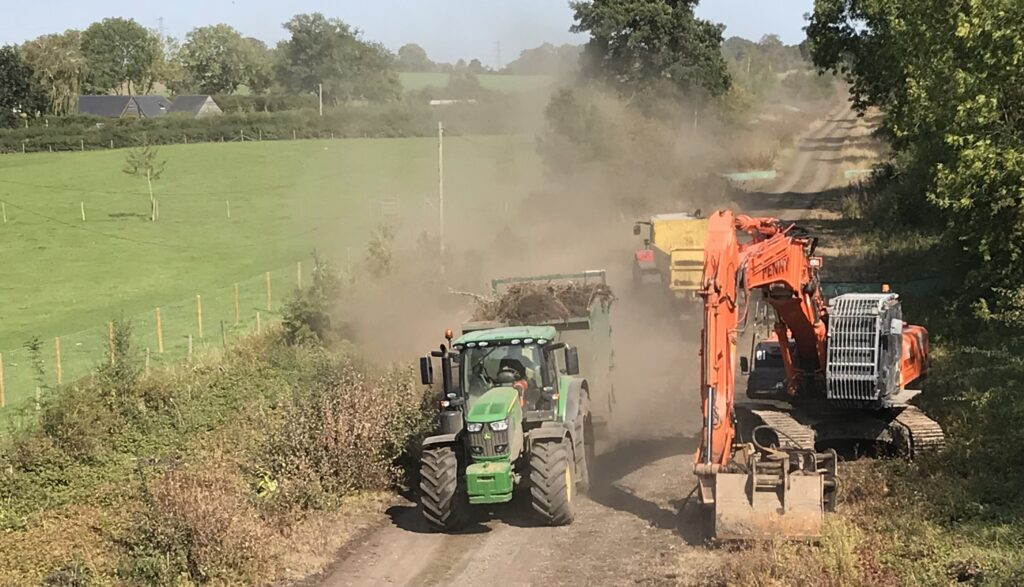
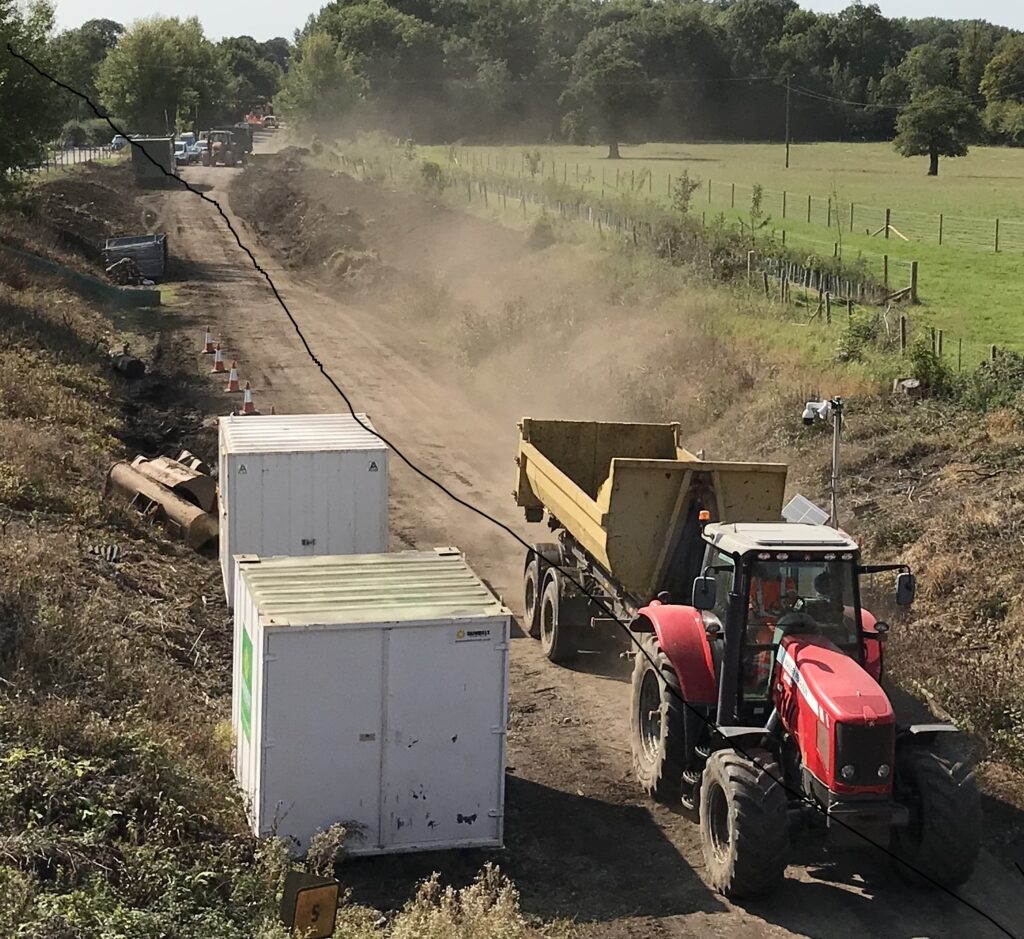
Image Appledene Photographics/RJC
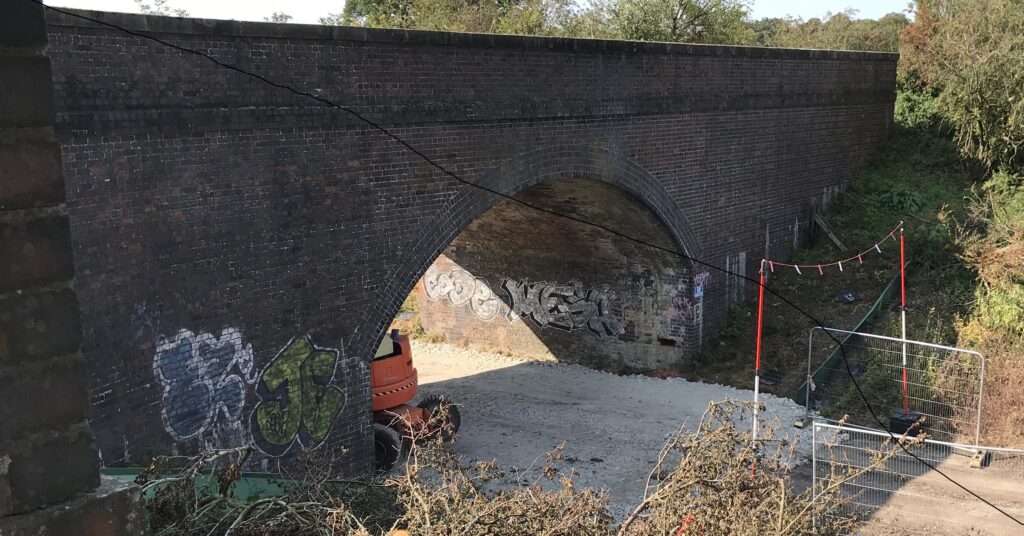
Image Appledene Photographics/RJC
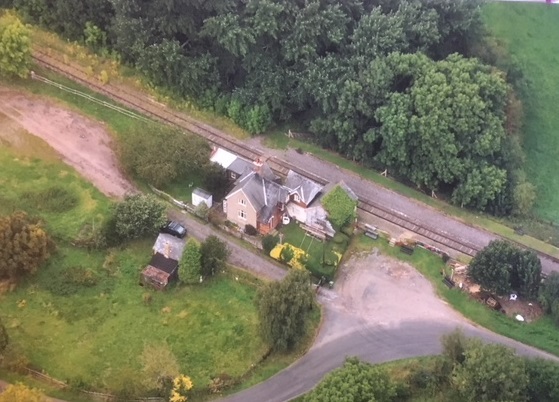
Image Appledene Photgraphic Archives
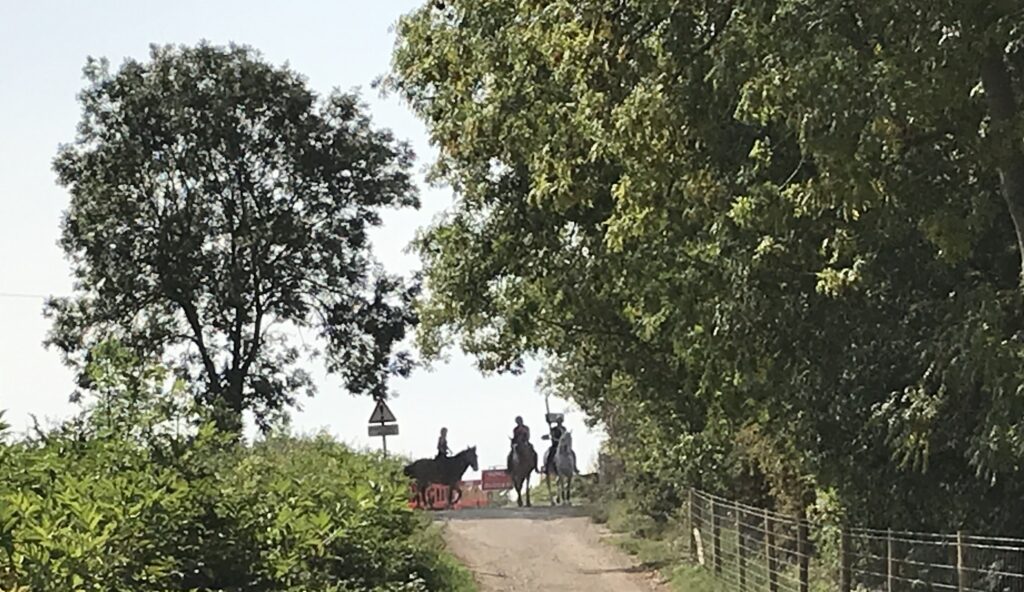
Image Appledene Photographics/RJC
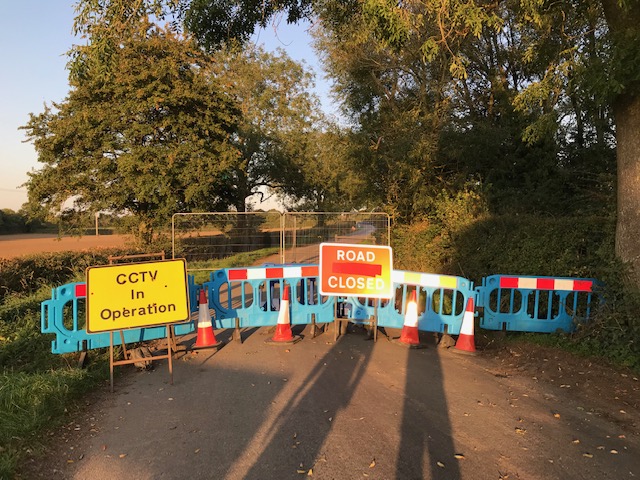
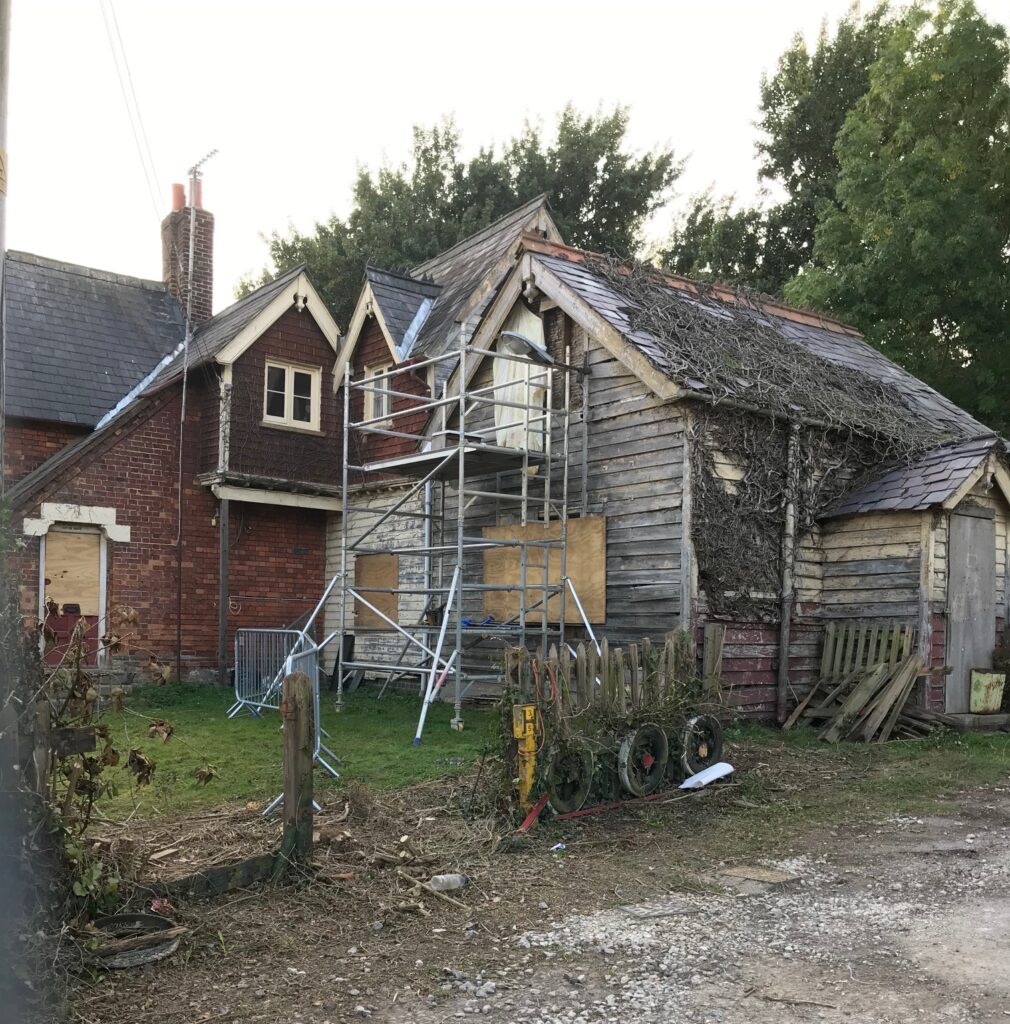
Image Appledene Photographics/RJC
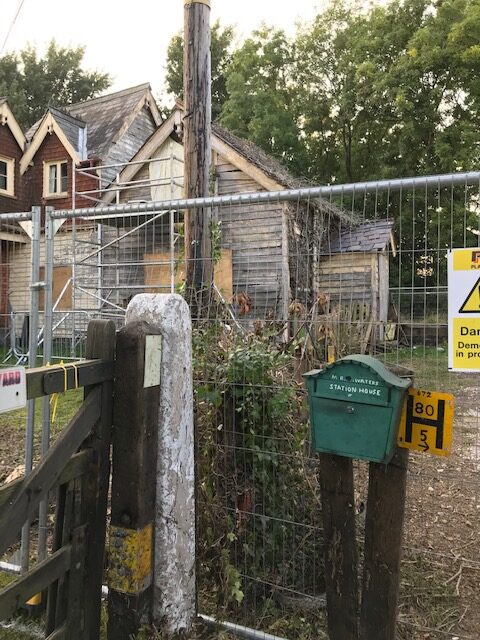
This is Bletchley September 12th 2020
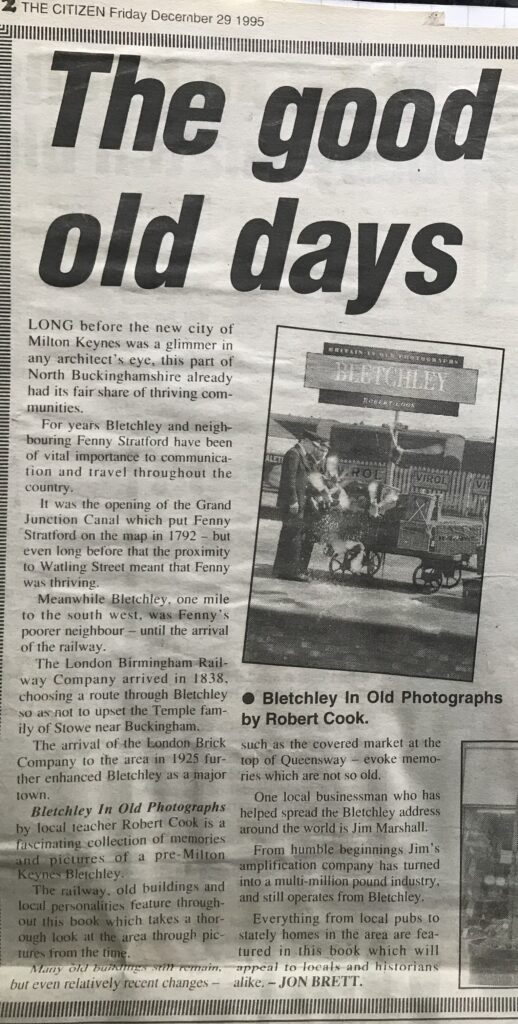
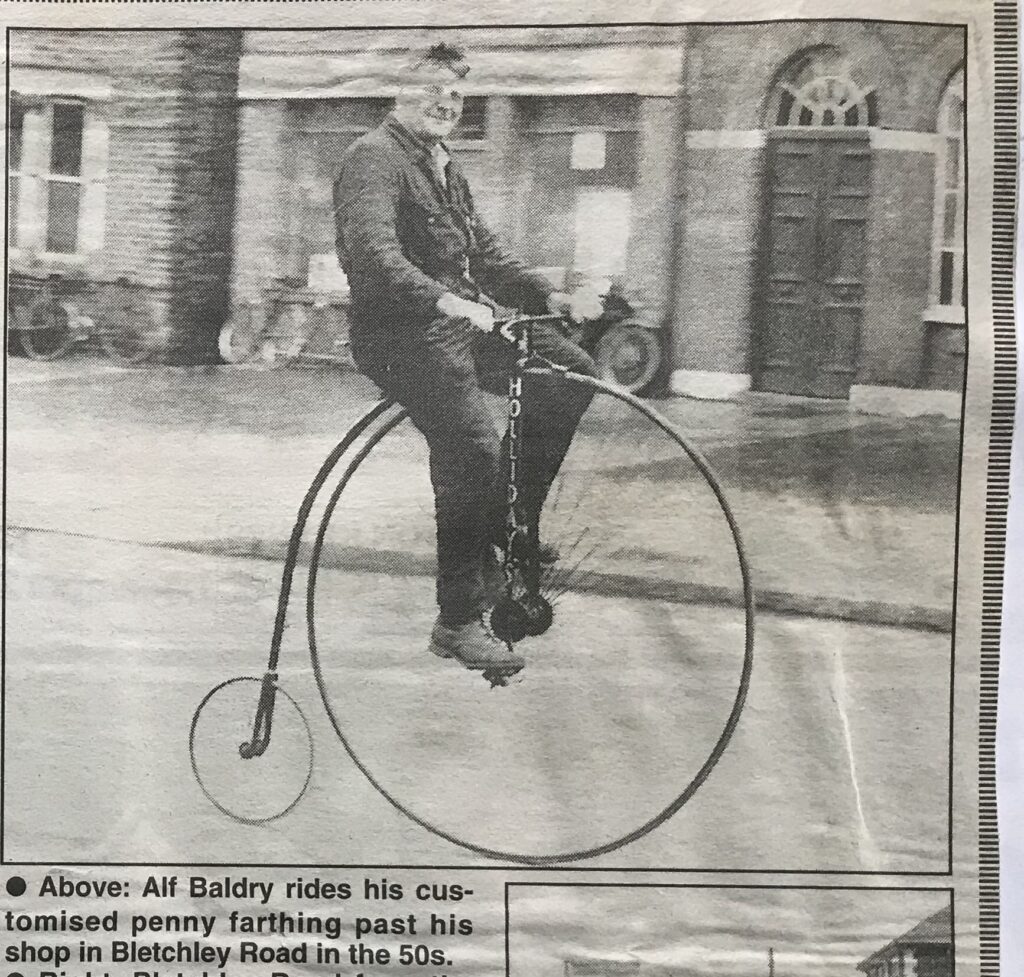
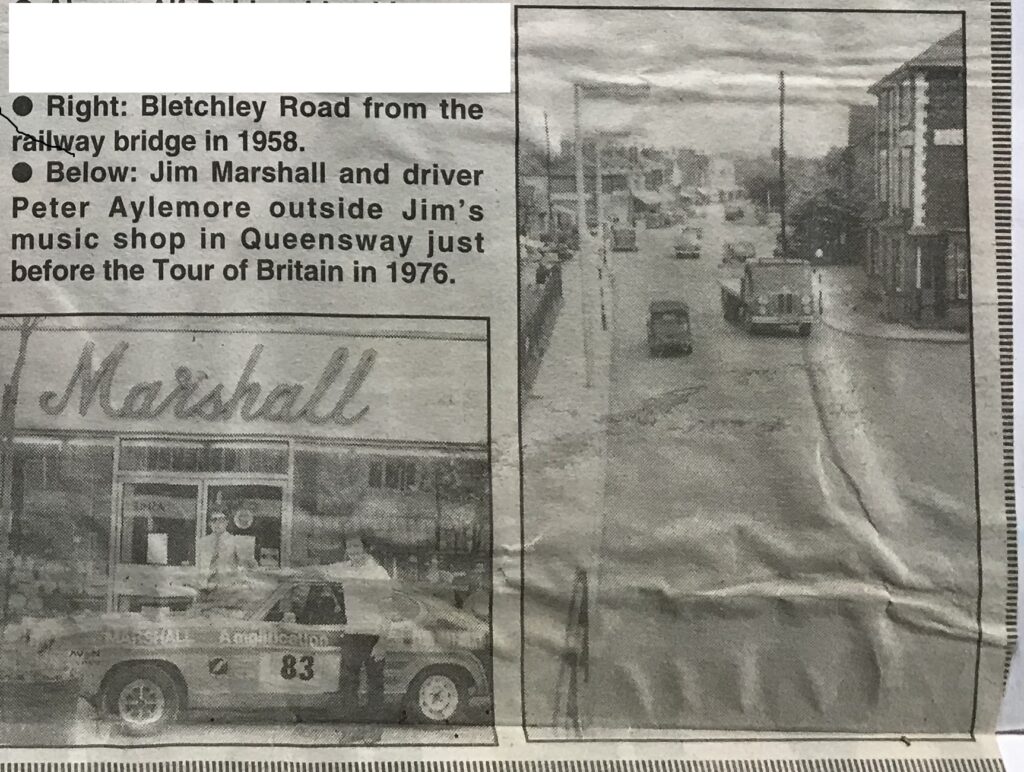
September 12th 2020 R.J Cook’s 1995 History of Milton Keynes
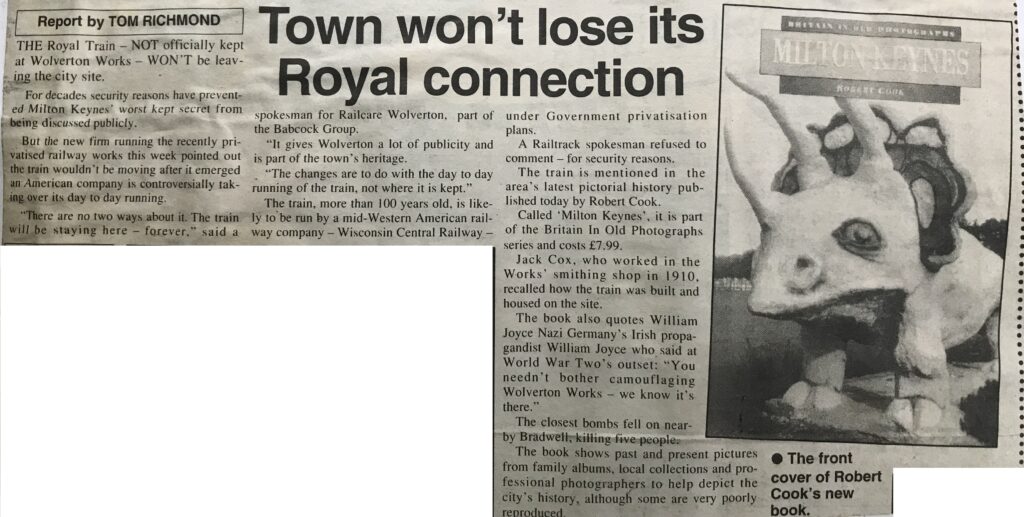
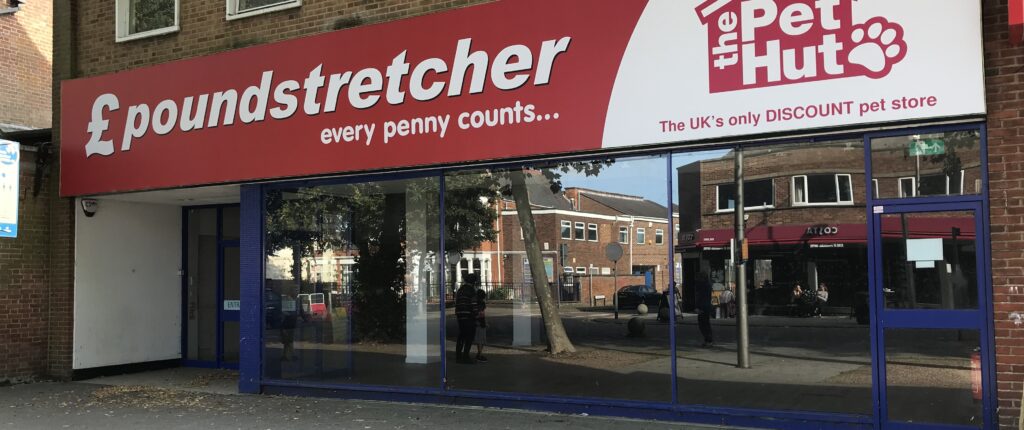
Image Appledene Photographics/RJC
September 12th 2020
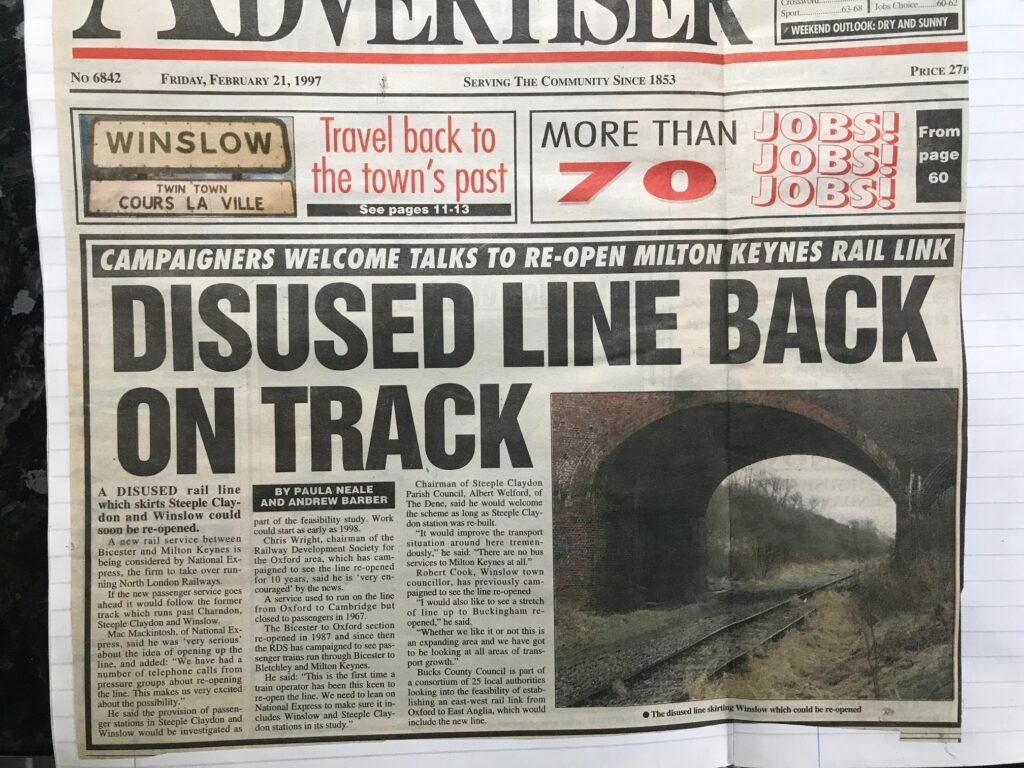


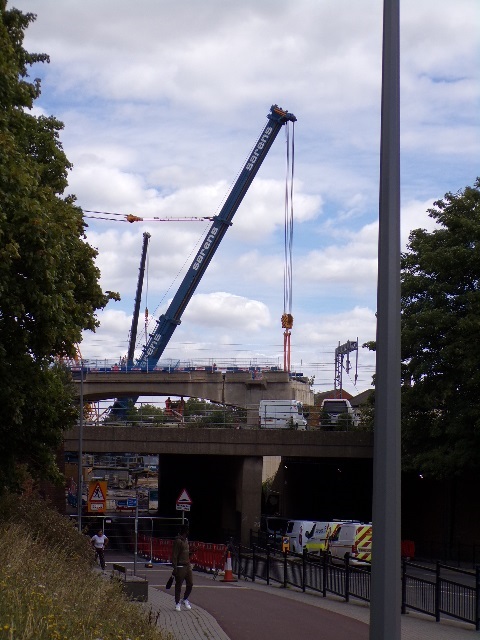
Image Appledene Photographics/RJC
The poor man who ultimately lost his fight for a new life September 12th 2020
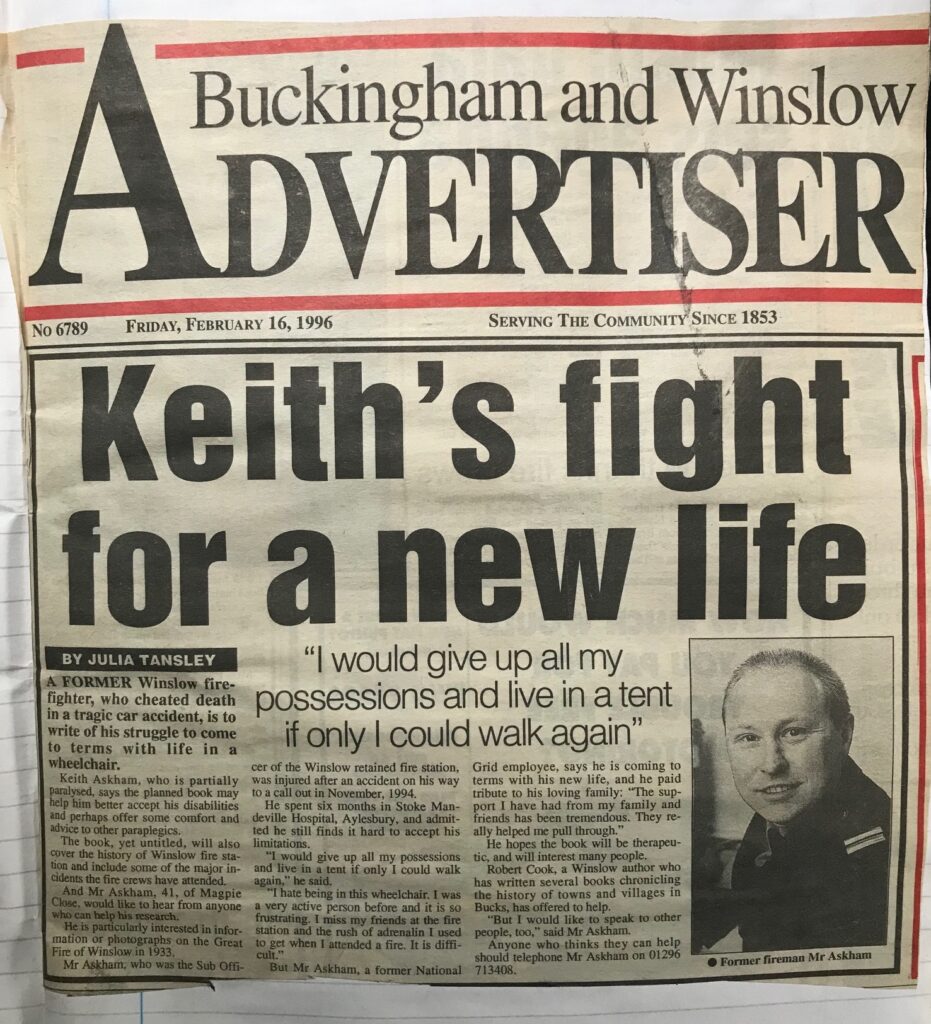
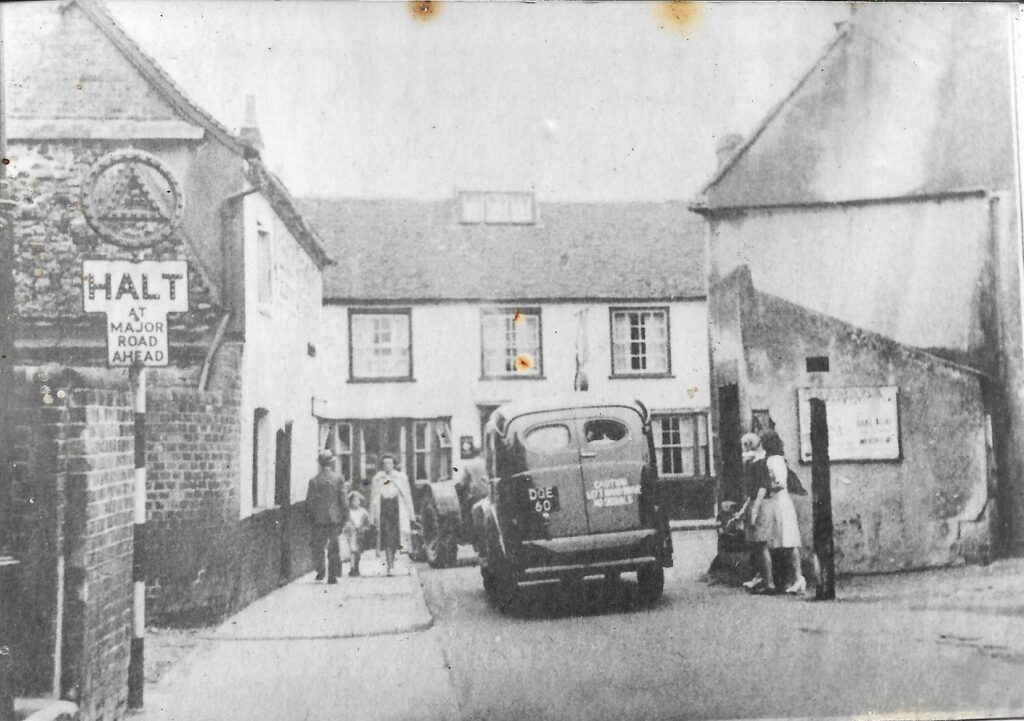
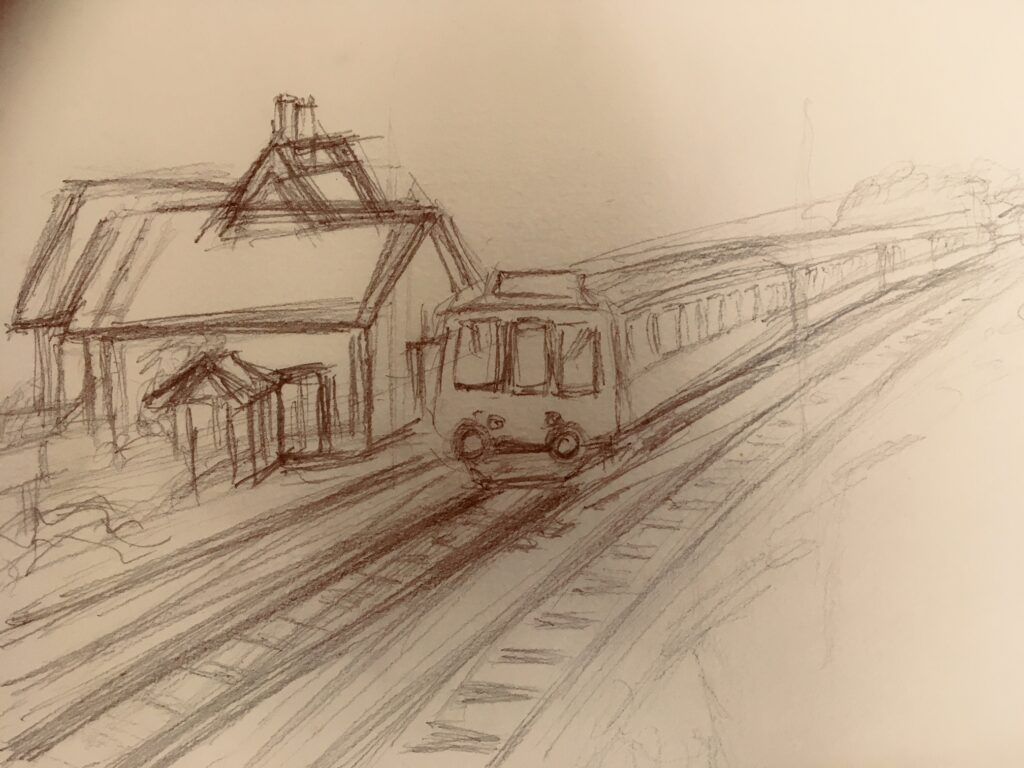
Robert Cook
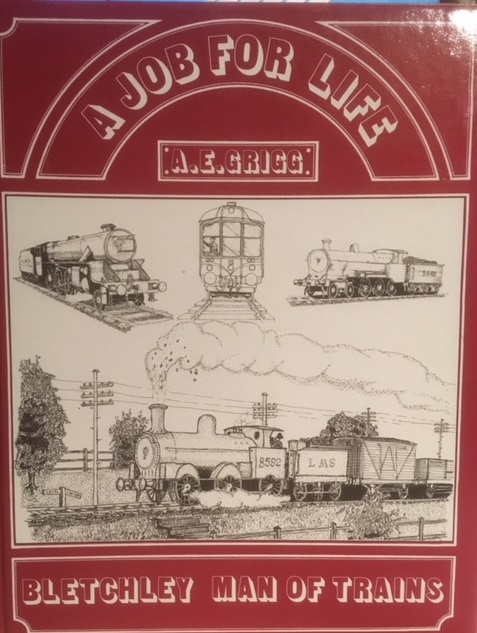
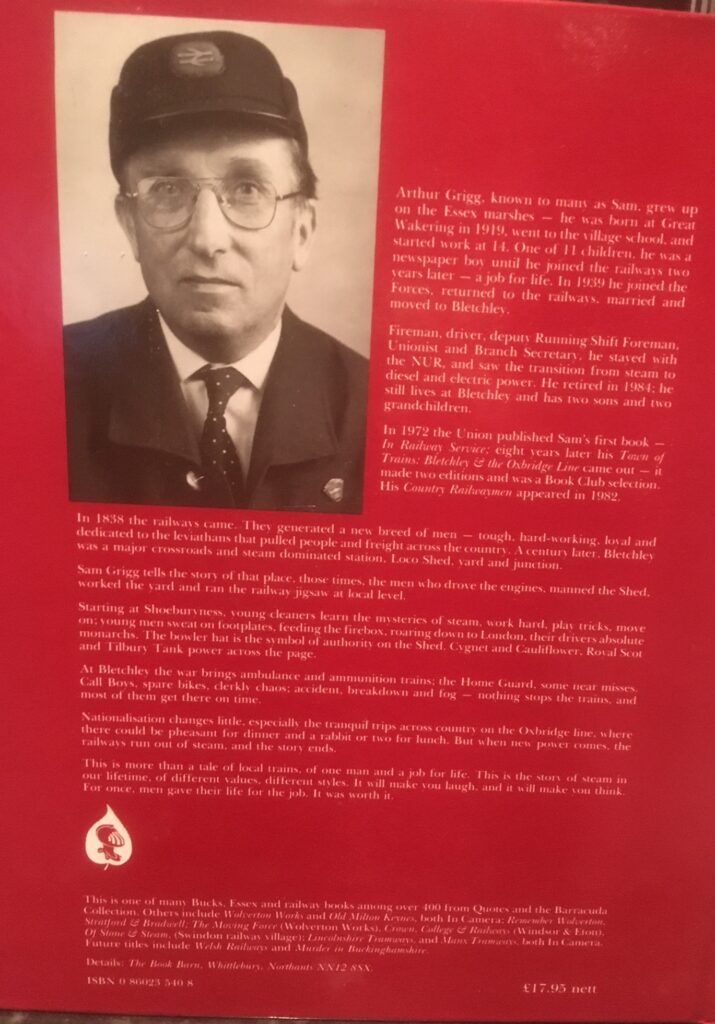
Winslow Motor Works 1920s
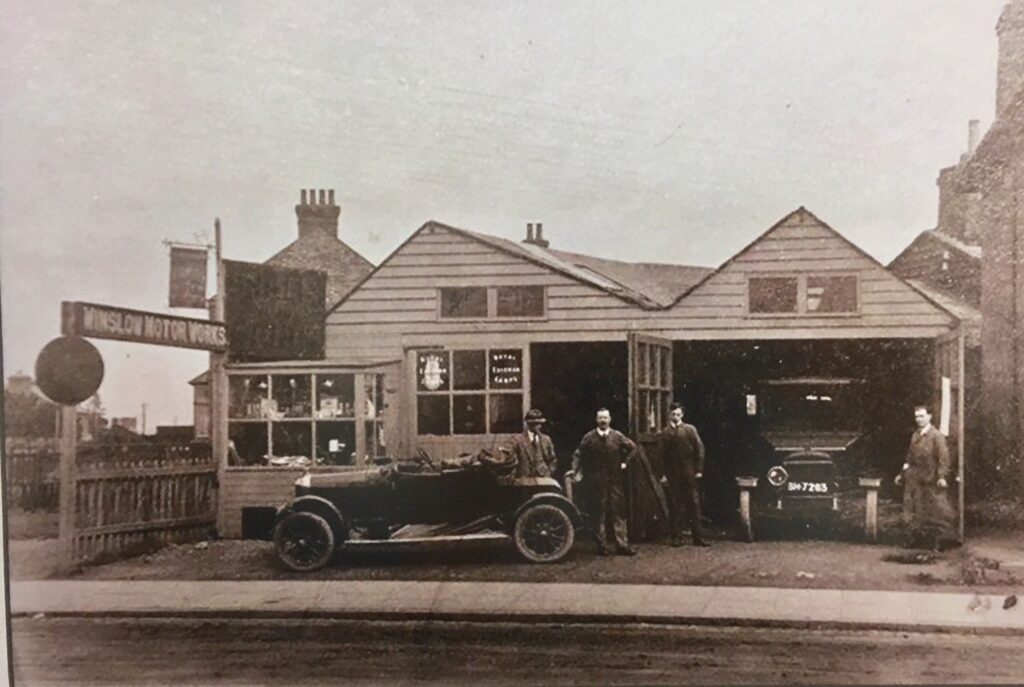
Demolition Day For Bletchley’s Concrete Town Centre Viaduct. July 29th 2020

Image Appledene Photographics/RJC

Image Appledene Photographics/RJC
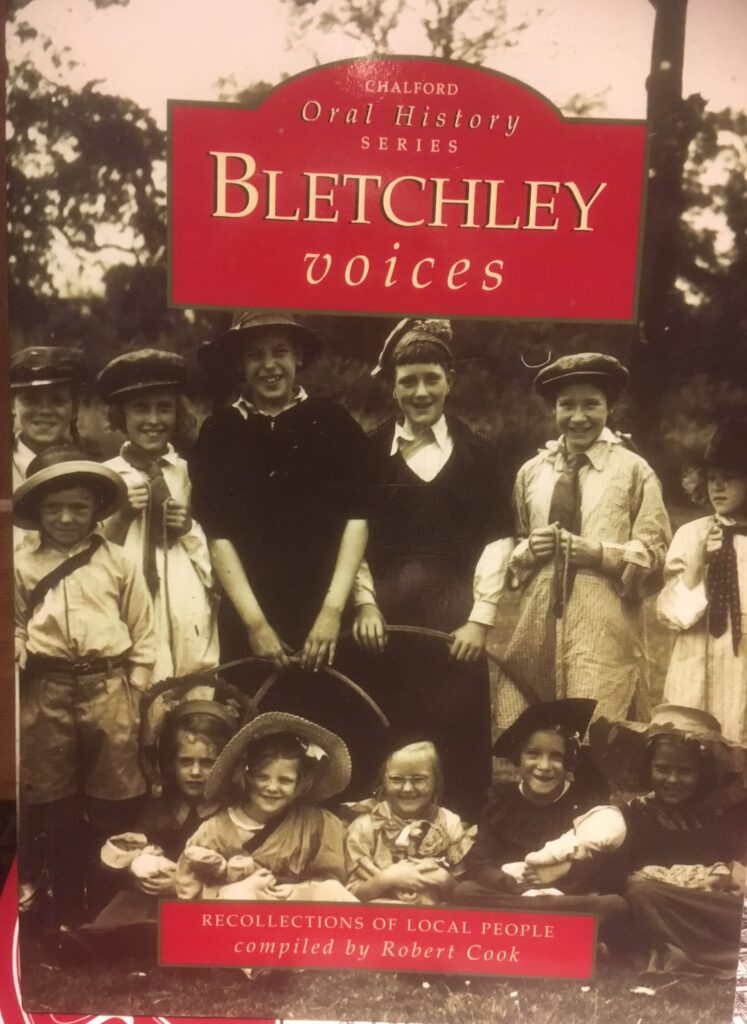
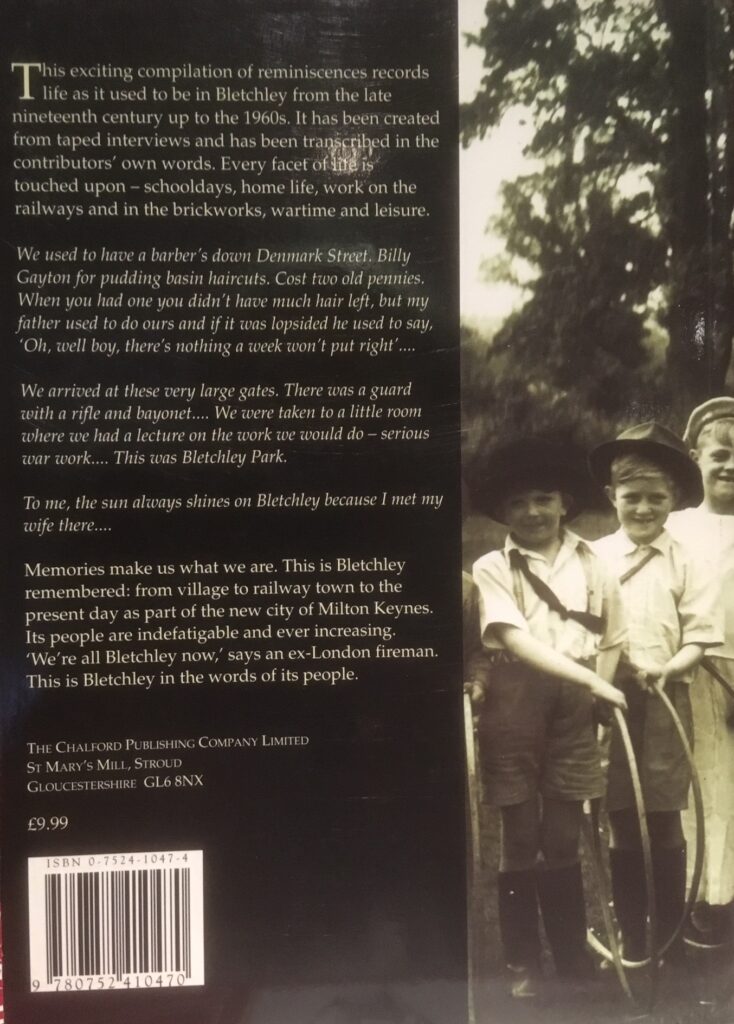
East West Rail Works Progressing July 28th 2020

Appledene Photographics/RJC

Image Appledene Photographics/RJC

The sign says ‘Comerford Way’ named after one of the original signal men, at my behest during my many years on Winslow Town Council, most of that time serving as Planning Chairman.
Image Appledene Photographics/RJC

Image Appledene Photographics/RJC

Image Appledene Photographics/RJC
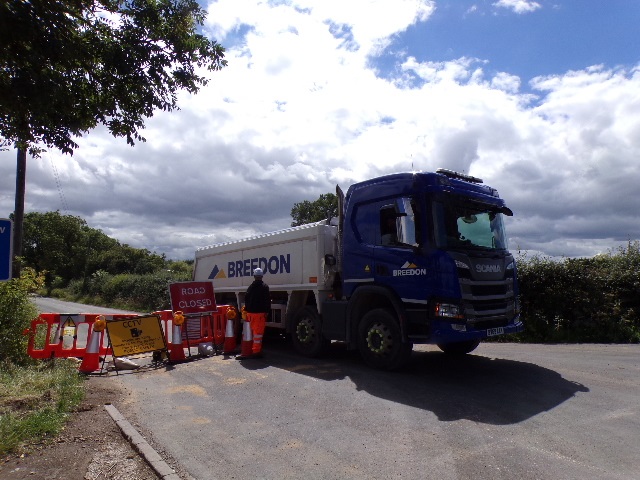
The man on the security gate works for traffic management , he travels 2 hours each way to work from Southend. He gets paid door to door, 12 hours a day.
Image Appledene Photographics/RJC
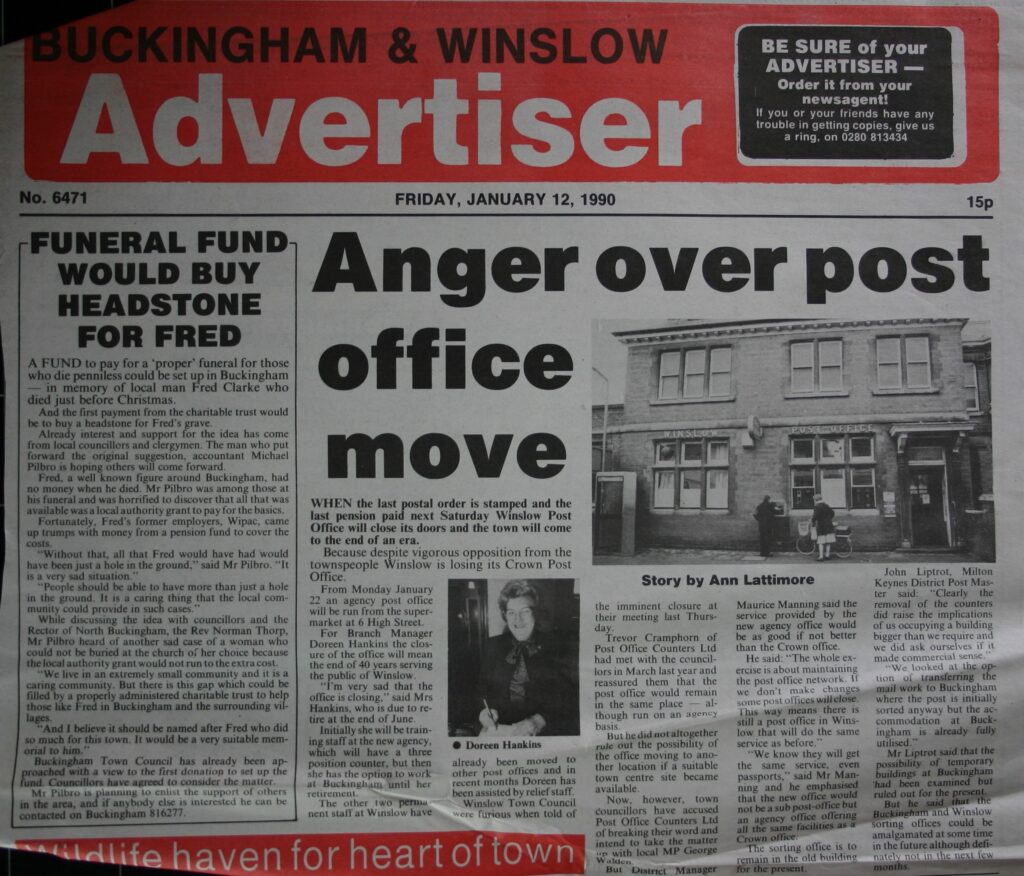
Within afew years I realsied there was a lot of post colonial trouble in the world and young men were still being forced to join the services in post colonisal wars of withdrawal and genocide if need be.
By my late teens, I realised that the British were not led by the goodies and that working class men were cannon fodder for the rich and powerful who looked down on them. There are different kinds of slavery..
Doreen Tofield, who became Hankins, worked in charge of Winlsow Post Office all her working life
Miss Phillips was a joyous woman, also life long at this post office, scrubbing the step and polishing the brass letter box every morning, as well as cleaning throughout, including the sorting office out back.
The place was small but stately, high ceilinged with a wonderful hardwood polished counter and wood panelling. I covered the closure story myself, for the local Herald & Post Thomson free newspaper.
It was the beiginning of the Thatcherite closures and sale of Post Office assets to ease way for City Fat Cat supporters to privatise and ruin the service and working conditions. The greed would progress to closing sub post offices as in nearby Great Horwood
.Robert Cook
Iron Age ‘mystery’ murder victim found in Wendover Posted July 11th 2020
- The man could have lived as much as 2,500 years ago and may have been murdered or executed. The clay soil helped preserve his skeleton .
An Iron Age skeleton with his hands bound has been discovered by HS2 project archaeologists, who believe he may be a murder victim.
The remains of the 2,000-year-old adult male were found face down at Wellwick Farm near Wendover in Buckinghamshire.
Project archaeologist Dr Rachel Wood described the death as “a mystery” and hopes further analysis will shed light on the “potentially gruesome” find.
A Stonehenge-style wooden formation and Roman burial have also been discovered.
They are among a number of finds ranging from the Neolithic Age to the Medieval period unearthed ahead of construction work for the 225mph (362 km/h) rail line.
Image copyright HS2 Image caption The archaeologists also found an Iron Age funerary monument, which would have been used only by “high status people” Image copyright HS2 Image caption This Iron Age gold coin called a stater dating from about about 100BC was found in a ditch near the funerary monument
Dr Wood, who works for Fusion JV, said: “Discovering a site showing human activity spanning 4,000 years came as a bit of a surprise to us.”
A large Neolithic circular monument of wooden posts 65m (213 ft) in diameter and aligned with the winter solstice, “similar to Stonehenge”, was uncovered.
The site also has evidence of domestic occupation during the Bronze to Iron Ages (3000BC to AD43), including a roundhouse and animal pits.
During the Roman era it was used for burials and a “high status” skeleton buried in an “expensive” lead coffin was unearthed.
Dr Wood said the fascinating thing about the site was its “persistent use over centuries for the burial of specific, high status people”.
The only exception was the Iron Age skeleton.
Dr Wood said: “The death of the Wellwick Farm man remains a mystery to us, but there aren’t many ways you end up in a bottom of a ditch, face down, with your hands bound.
“We hope our osteologists will be able to shed more light on this potentially gruesome death.”
The HS2 high-speed rail link will connect London to Birmingham, Manchester and Leeds.
It is the biggest infrastructure project in Europe, but has been delayed and faced concerns over the exact route and spiralling costs.
Its official price tag in 2015 was £56bn but the latest figure was reported to be rising to £106bn.
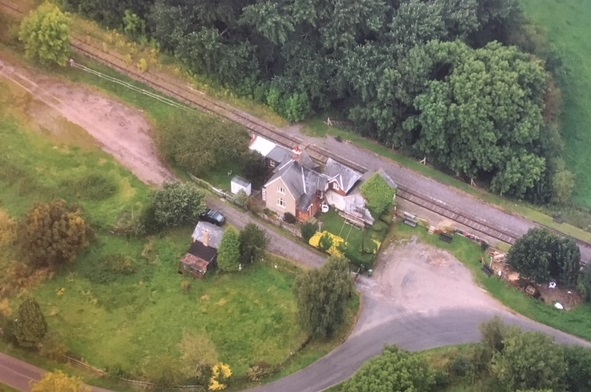
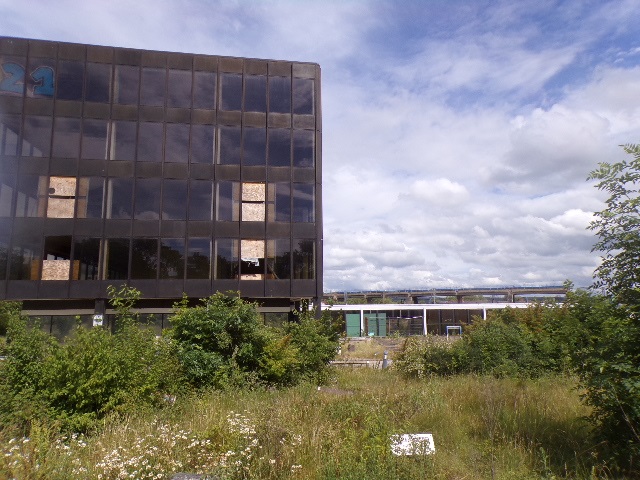
Image Appledene Photographics/RJC June 19th 2020
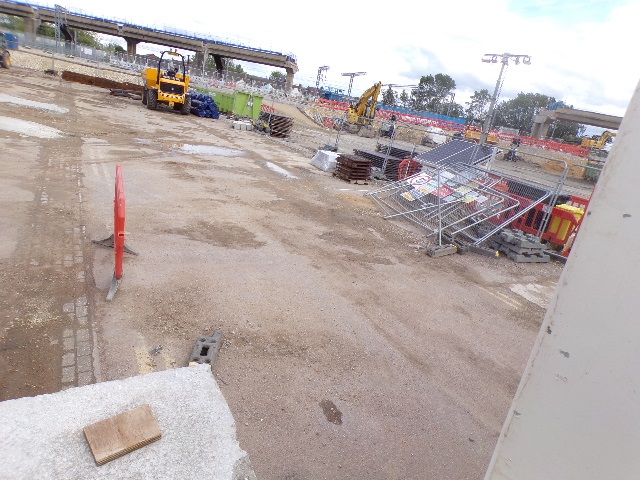
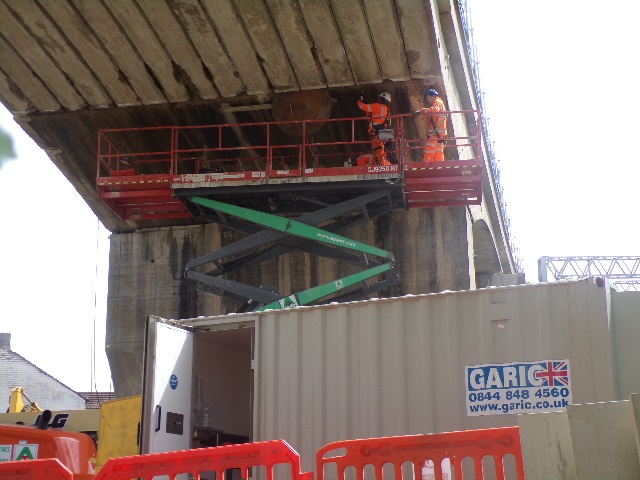
Image Appledene Photographics/RJC
Politicians & Experts May 9th 2020
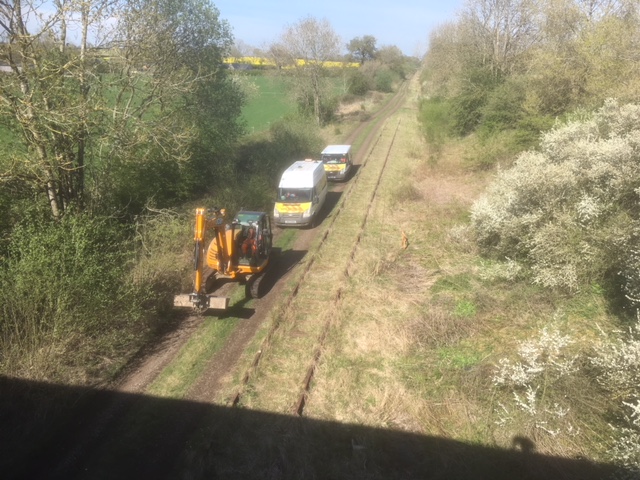
Mursley Posted May 1st 2020
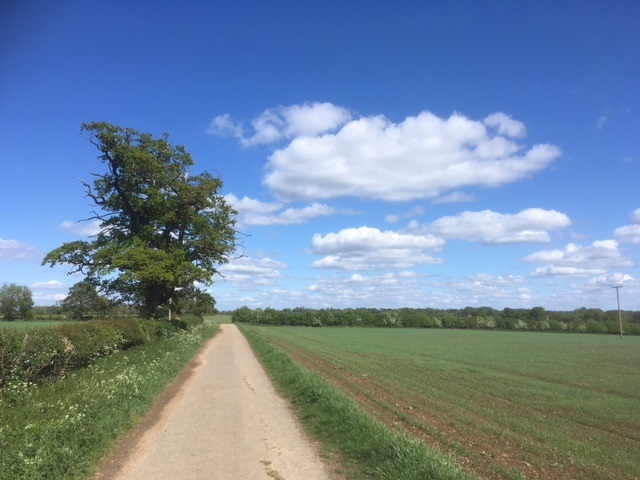
Fore more information see ‘The Book of Winslow’ by Robert Cook ( 1989 ) Image by Appledene Photographics
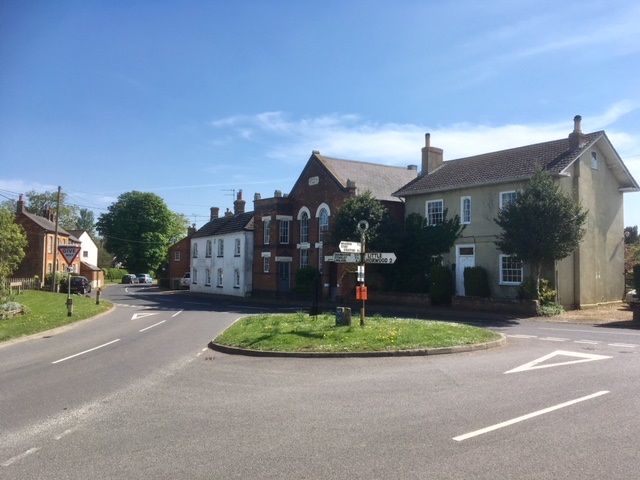
The Salt Street and the traders followed the route of what is now the cycle and Bridleway past Swanbourne Station and into Winslow then beyond all the way to Wales.
Image Appledene Photogrpahics/RJC
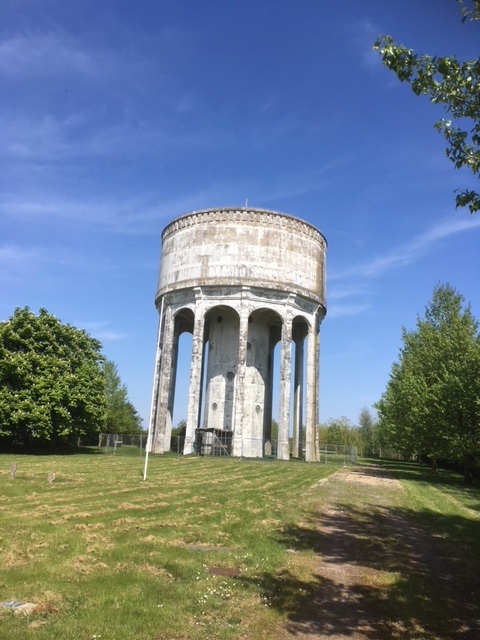
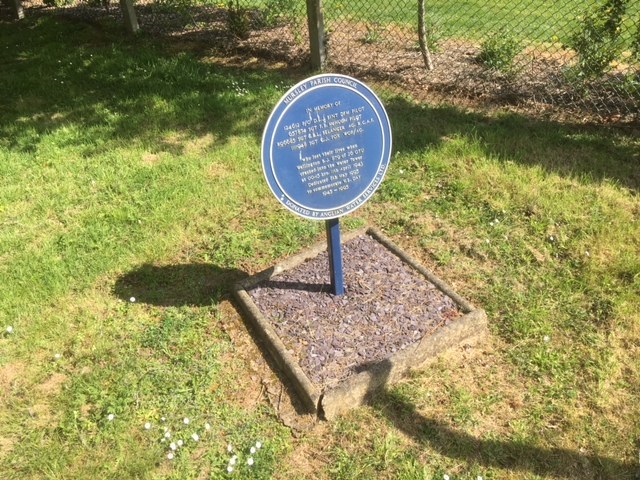
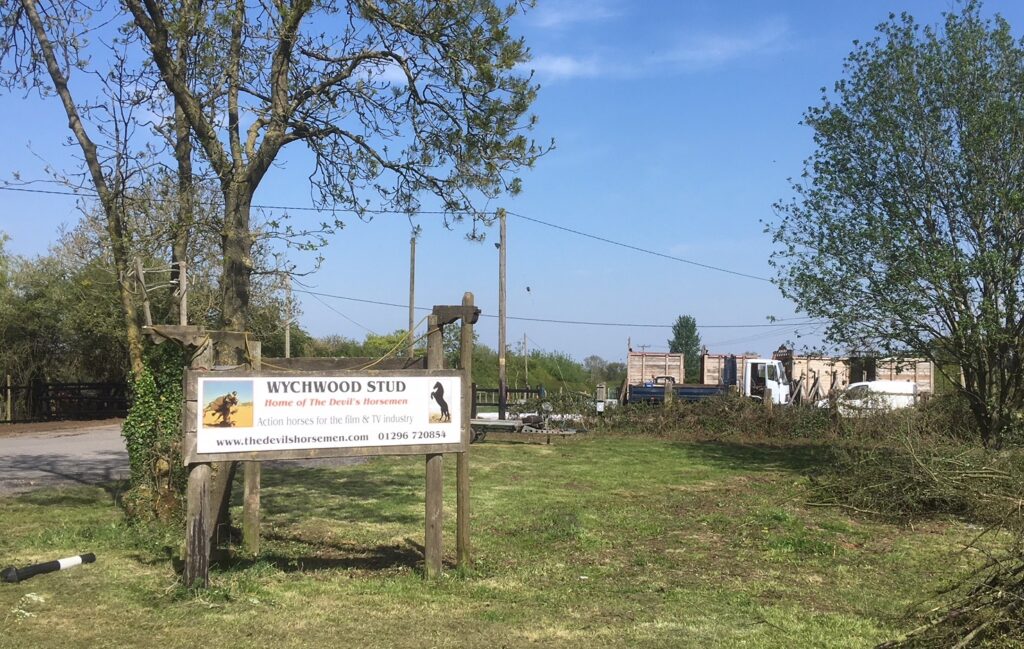
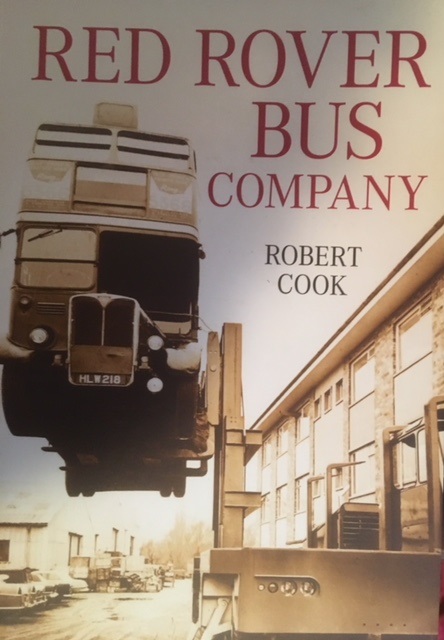
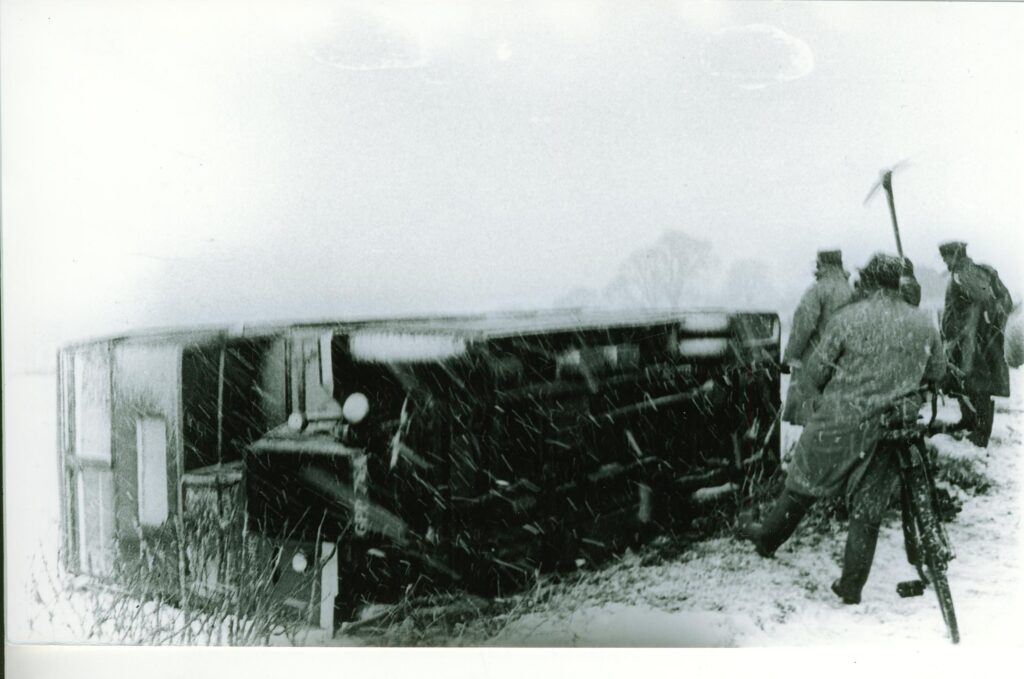
United Counties Omnibus- from The United Counties Story by Robert Cook & Andrew Shouler.
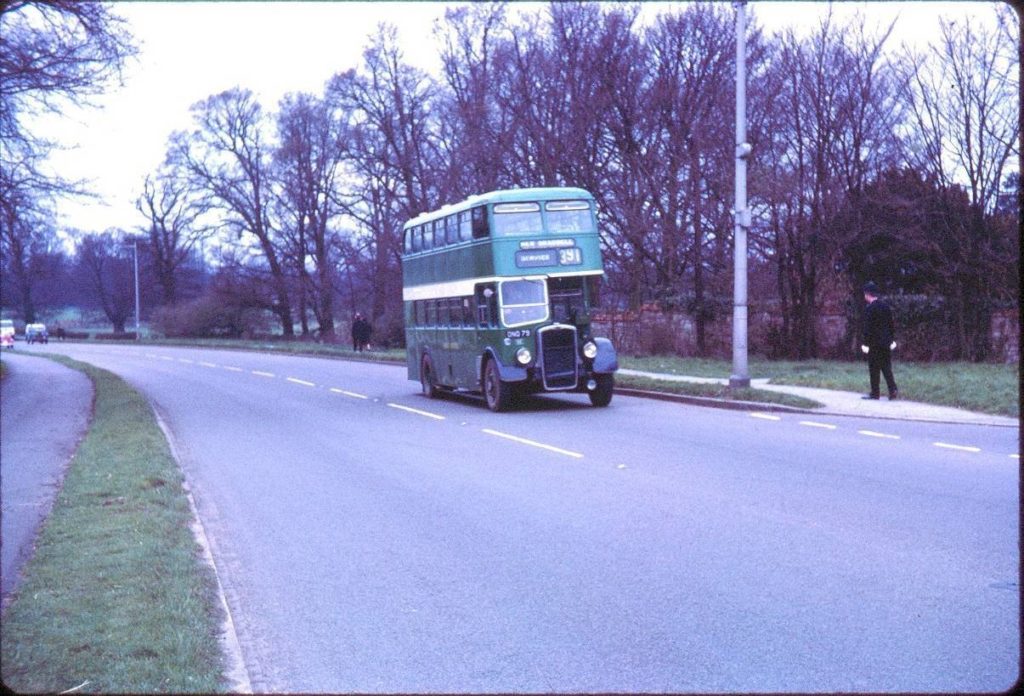
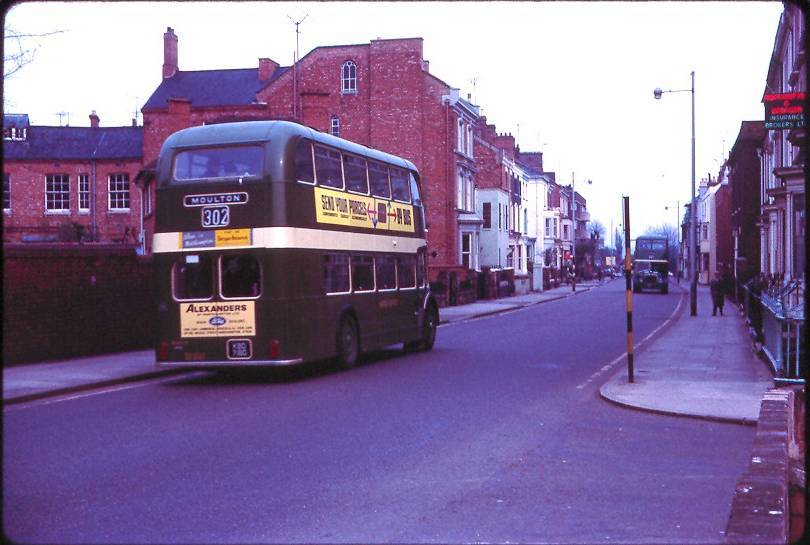
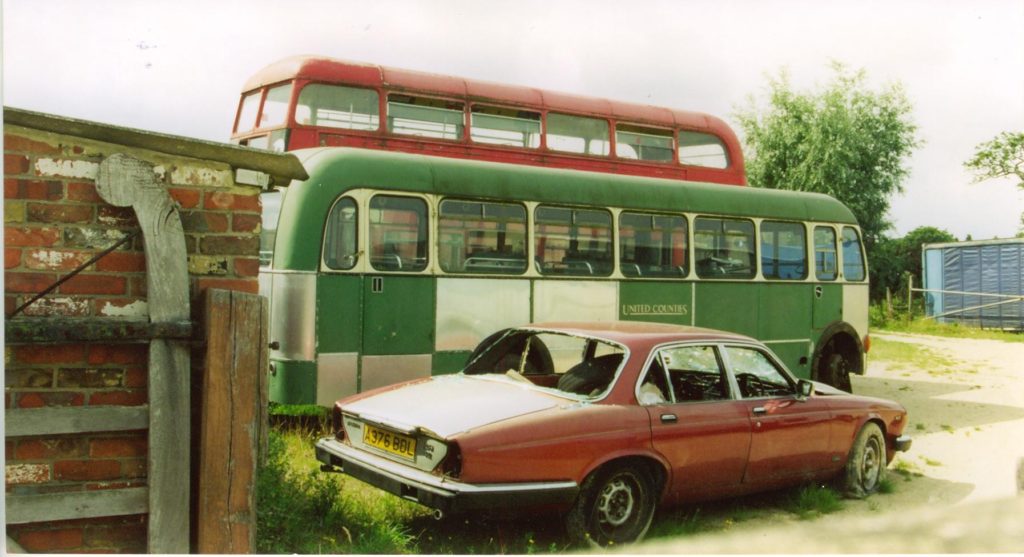
Image Appledene Photogrphics/RJC
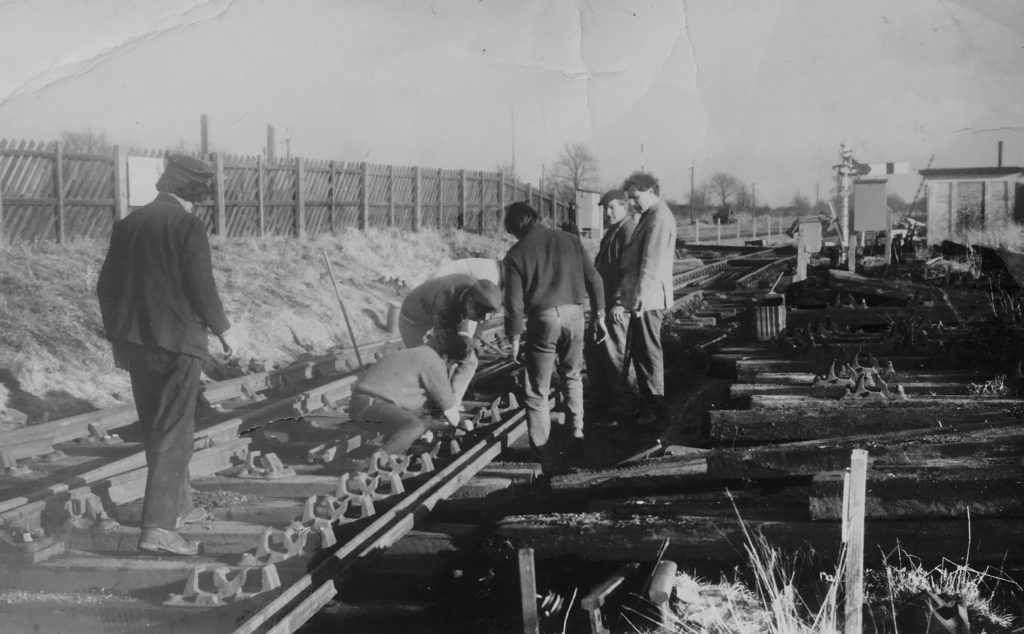
Oxford Cambridge Railway Line
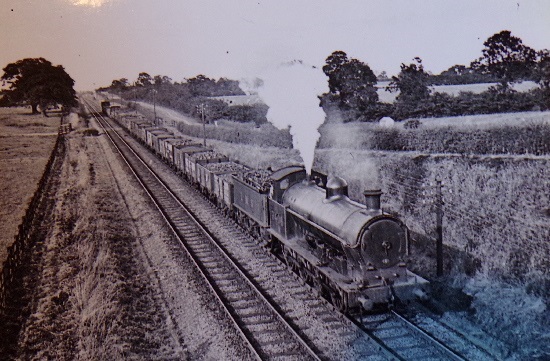

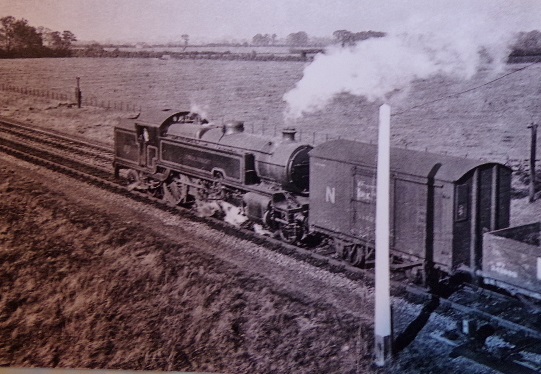
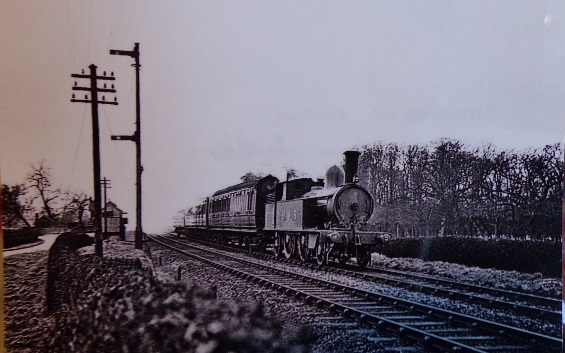
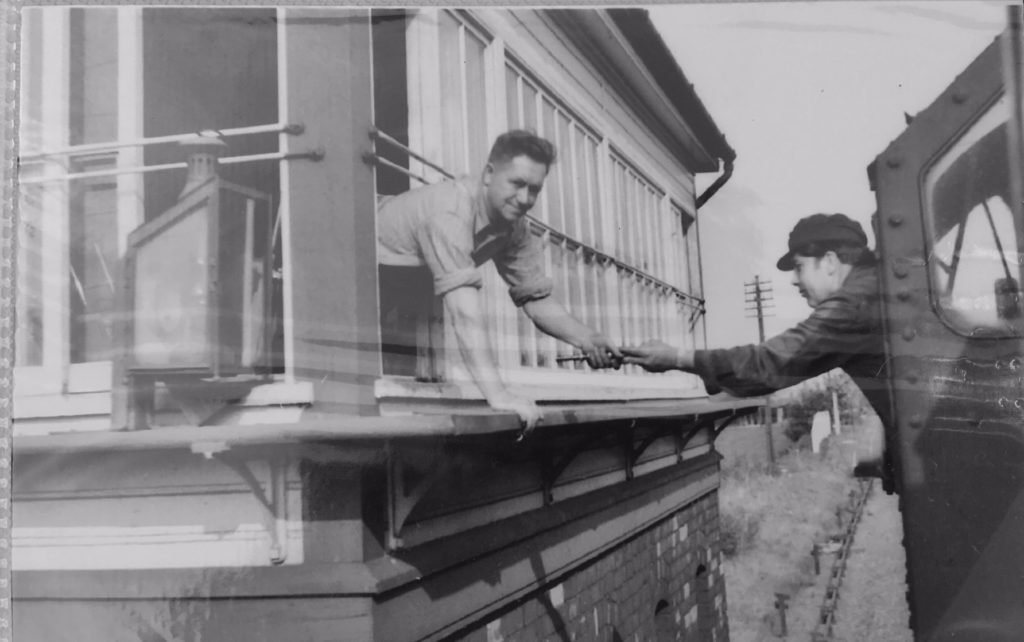
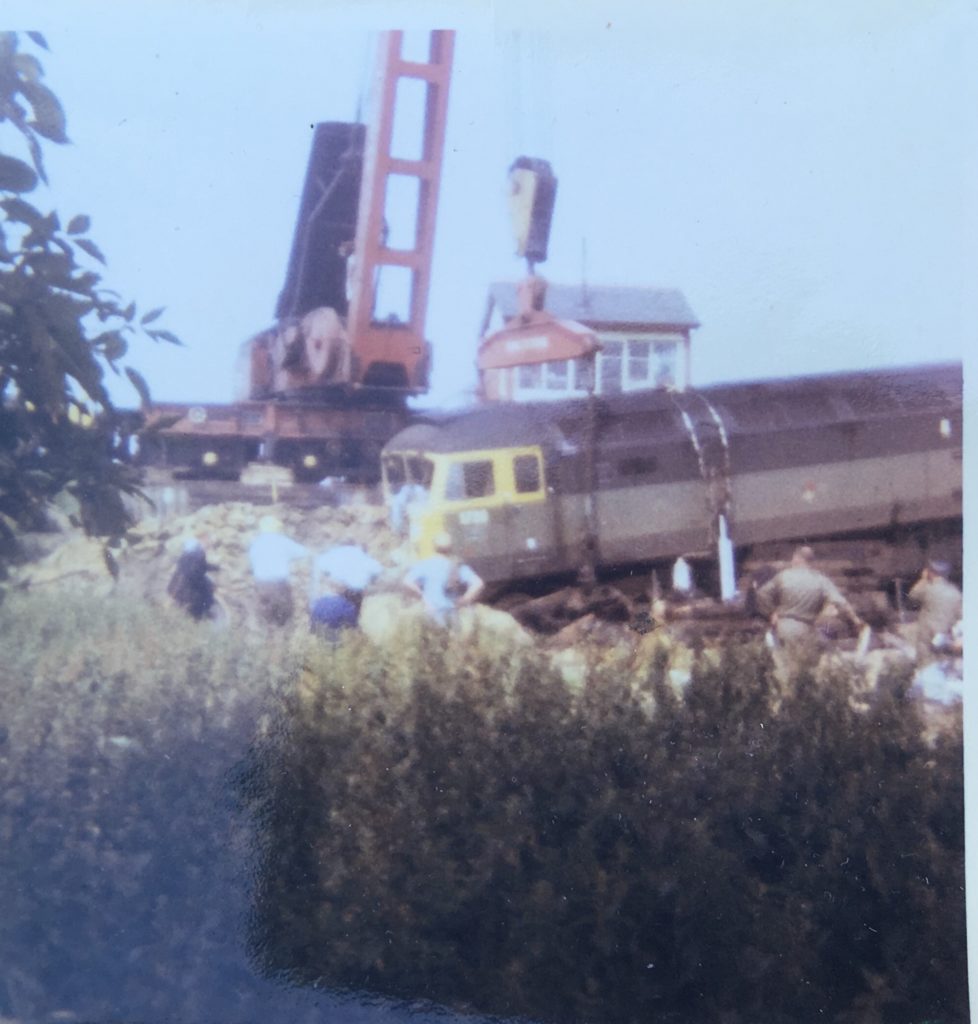
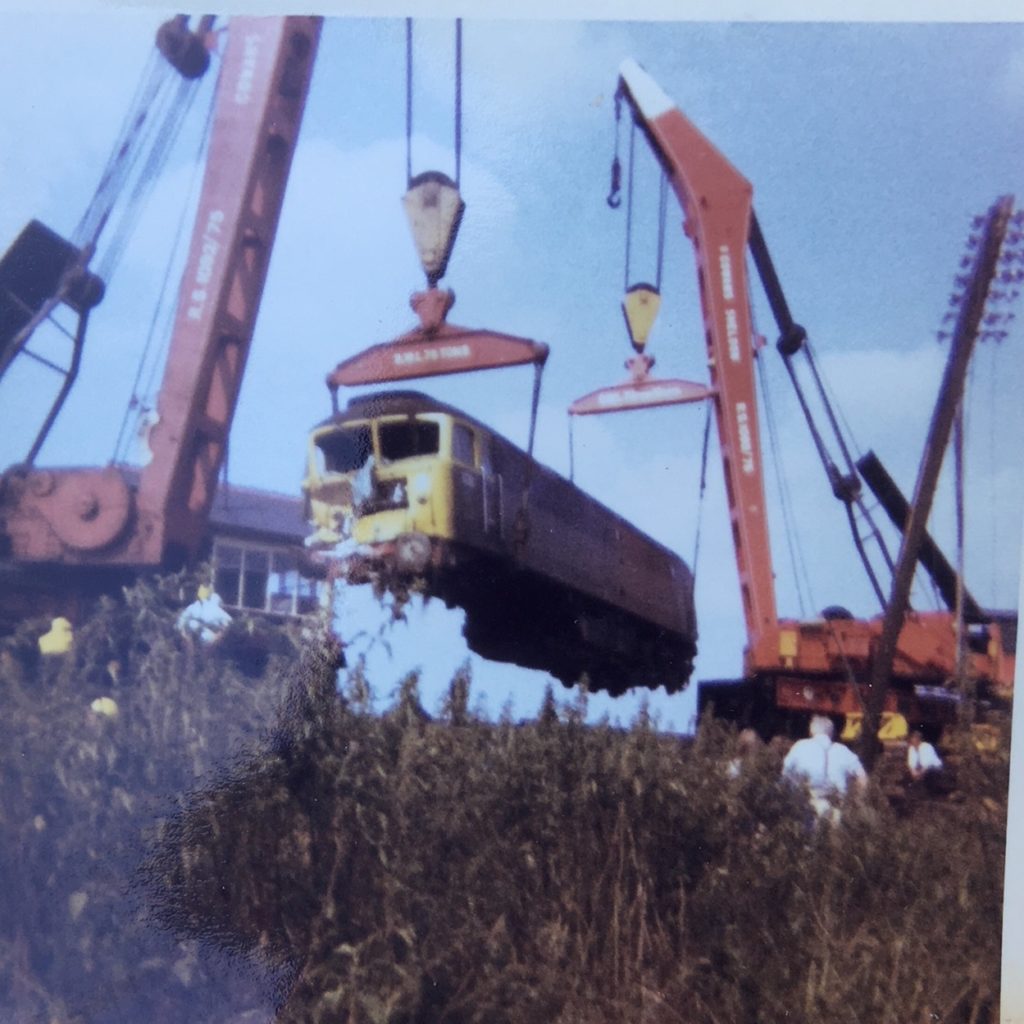

Labour Transport Minister Barbara Castle signed the line closure order in 1967, the year work started on building the new city of Milton Keynes which engulfed Bletchley. British politicians have been pretty appalling over the years. There is no reason to trust them now. Castle’s predecessor Tory Ernest Marples was director of Marples Ridgeway. they built roads and motorways among other things.
He hired his friend Dr Beeching as British Railways boss, to close as many railways as possible to increase demand for roads and his personal profit. He sacked Beeching for not going far enough- including refusing to close this East West Cross country line.
Marples was also a tax dodger and slum landlord who fled the country – for his Monaco Mansion- in 1975 to avoid prosecution and jail. Barbara Castle knew next to nothing about transport, not even how to drive. Her posh civil servants made all the key decisions under her dreadful arrogant reign. Robert Cook
Image Appledene Photographics/RJC
East – West Railway April 3rd 2020

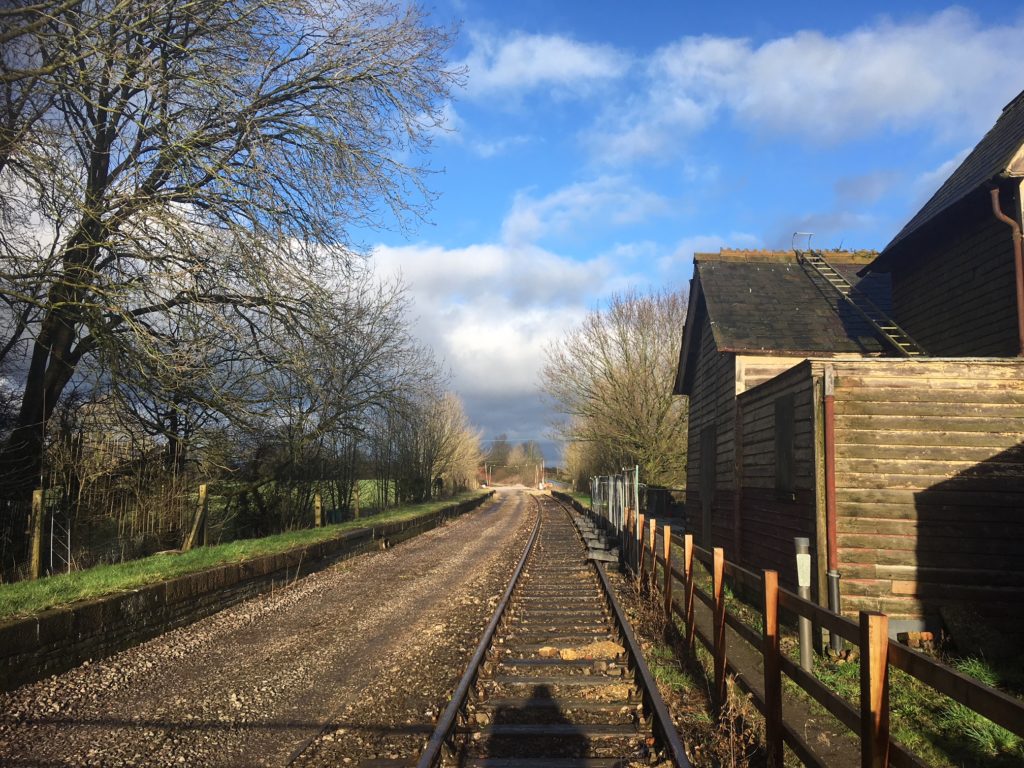
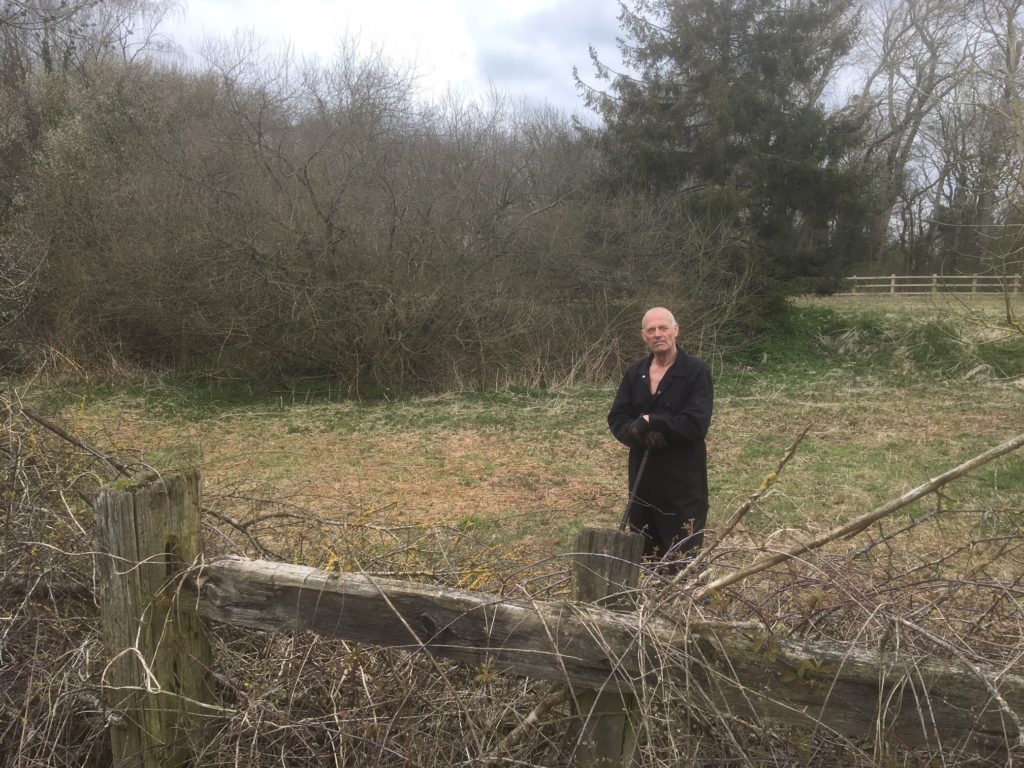
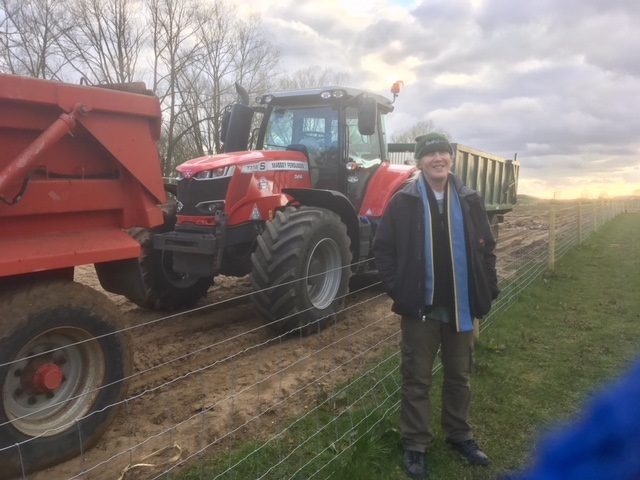
Image Applededene Photographics/RJC
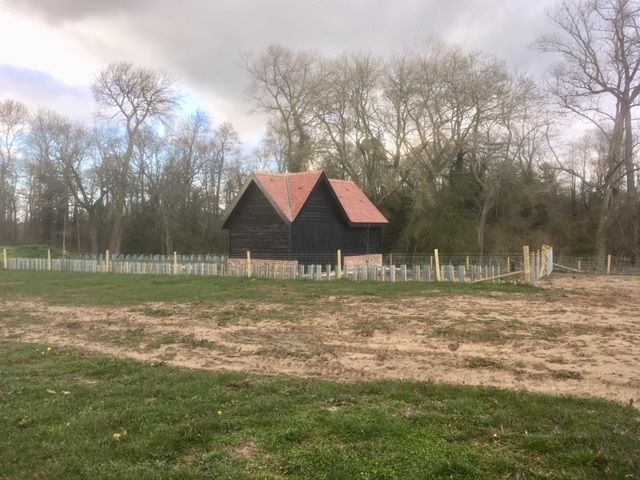
It occupies part of the 54 acre site bought from the Lord Freemantle Estate for £1,2 million for the purposes of redeveloping the railwaay.
Tenants of Moco Farm have lost their dairy business with Freemantles sale, Image Appledene Photographics/RJC
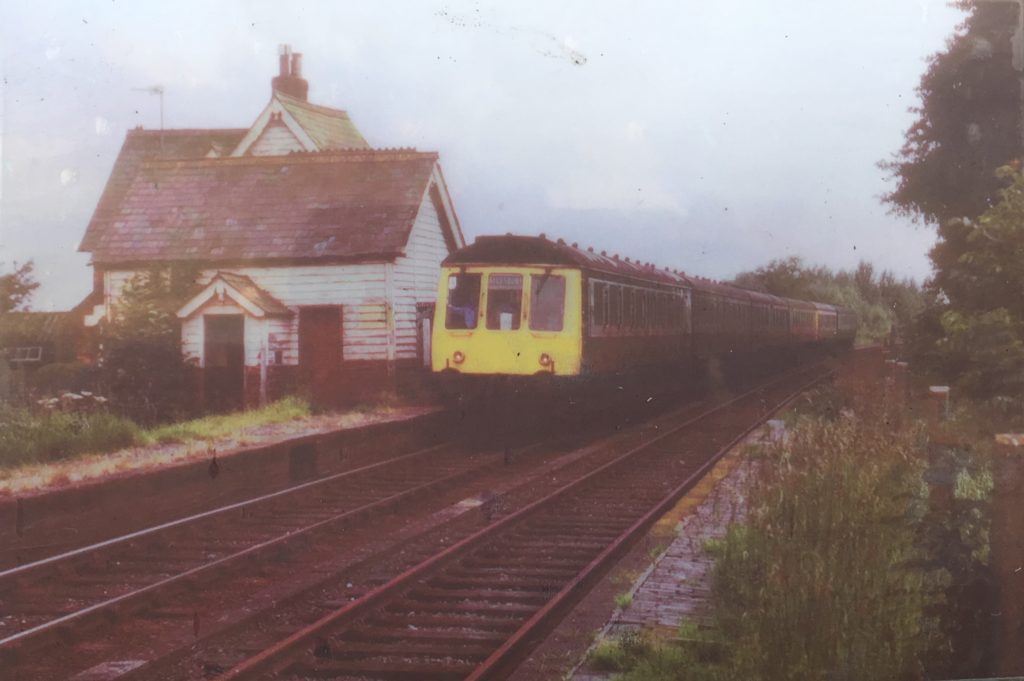
Bletchley Tesco Staple Food Sold Out March 2oth 2020
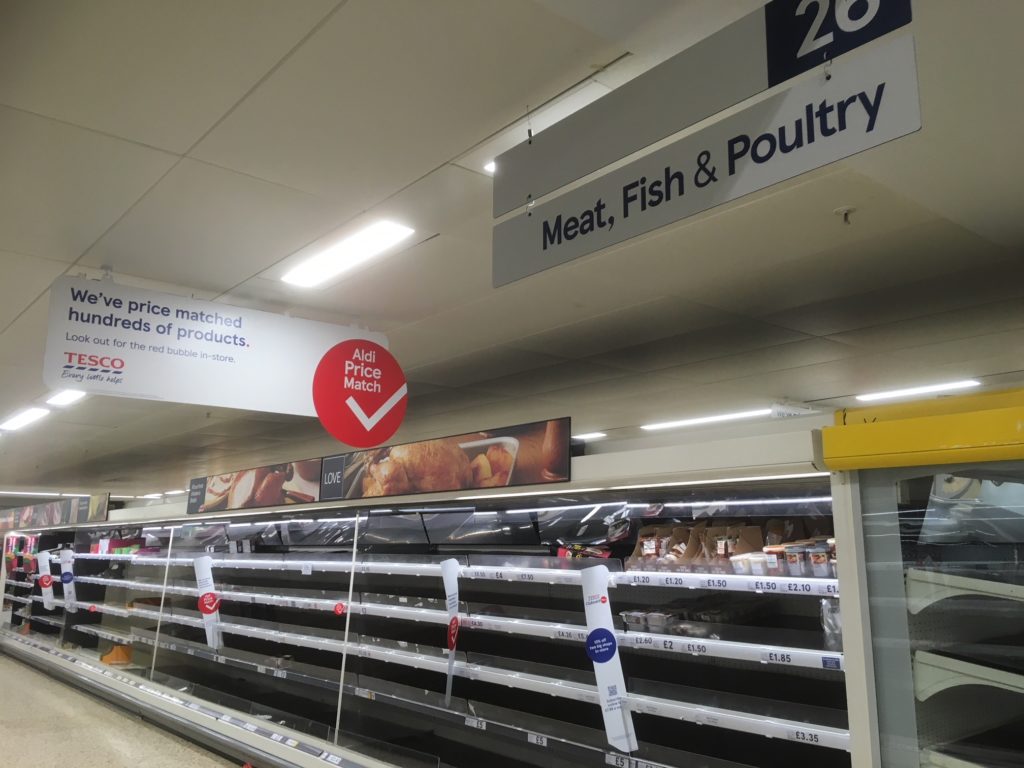
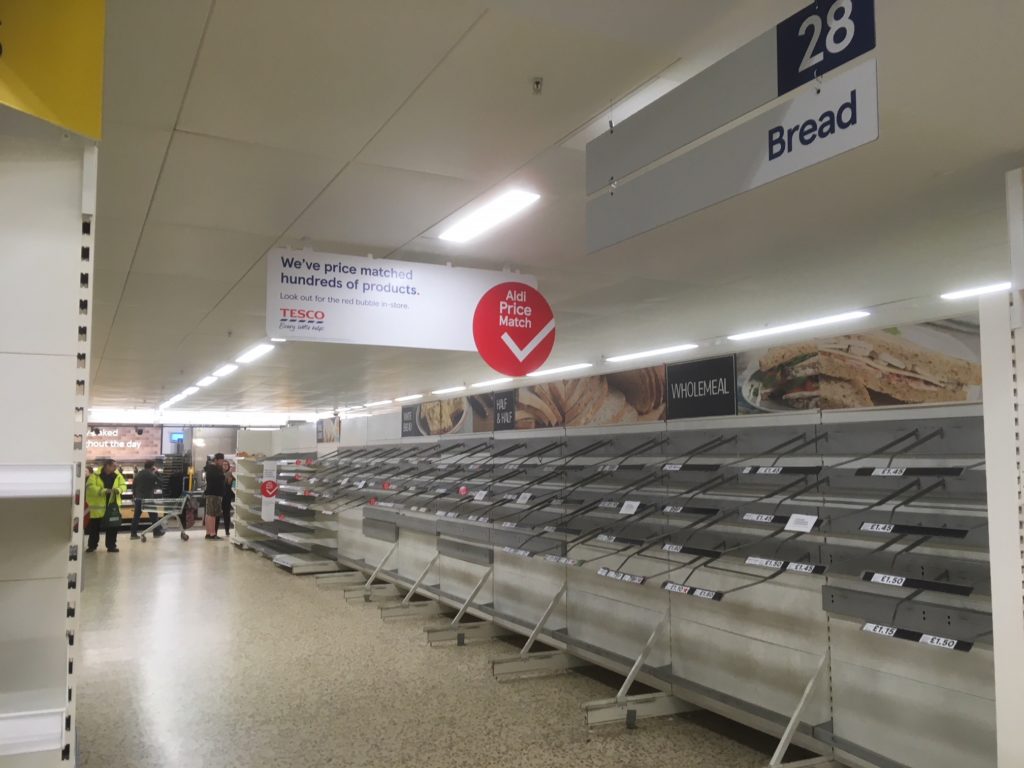
Train to Protest Posted March 13th 2020
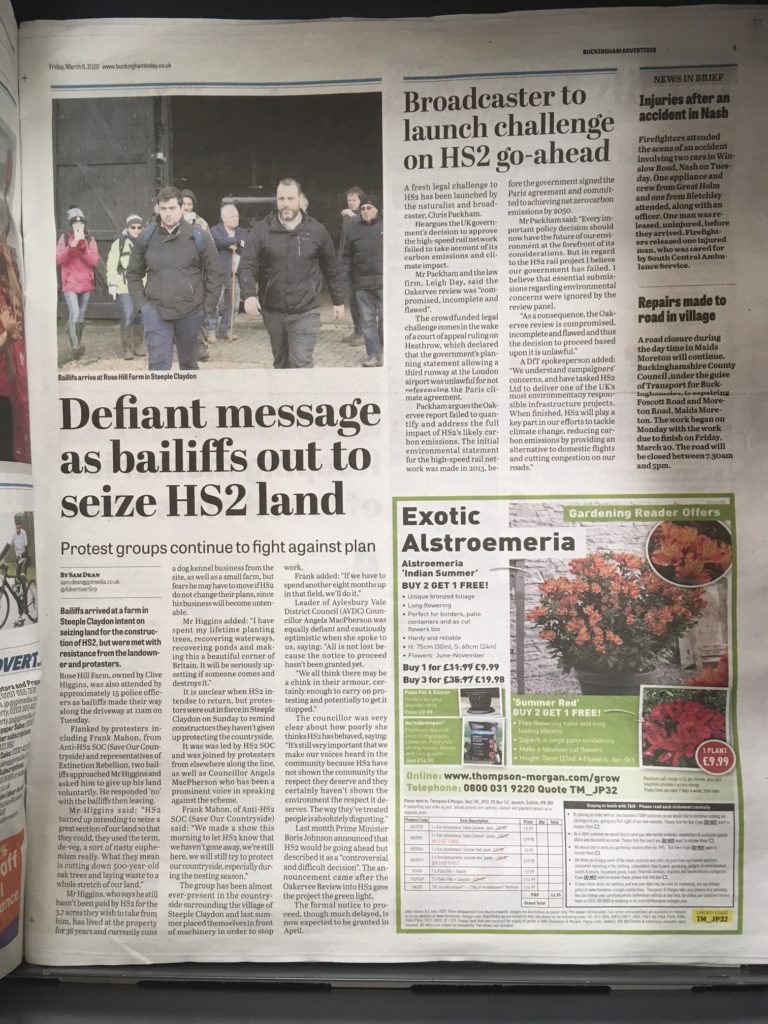
Britain is a class divided society. The industrial revoloution was hell for the displaced rural workers, whose lives were awful anyway. They just got worse. Rich landowers like local Verney, invested in railways. The consequent Acts of Parliament, from a government even more remote, dictated that the new rail lines from London would pass through the poorest districts.
Anyone who believes leaving Europe is ‘getting their country back’ is deluded and an outcome of an education system that is all about limiting peoples self expression and awareness. Robert Cook

Climate change is affected by these phenomenon world wide, Add to that, public spending focuses on expanding the number of police and other public servants rather than infrastructure and maintenance.
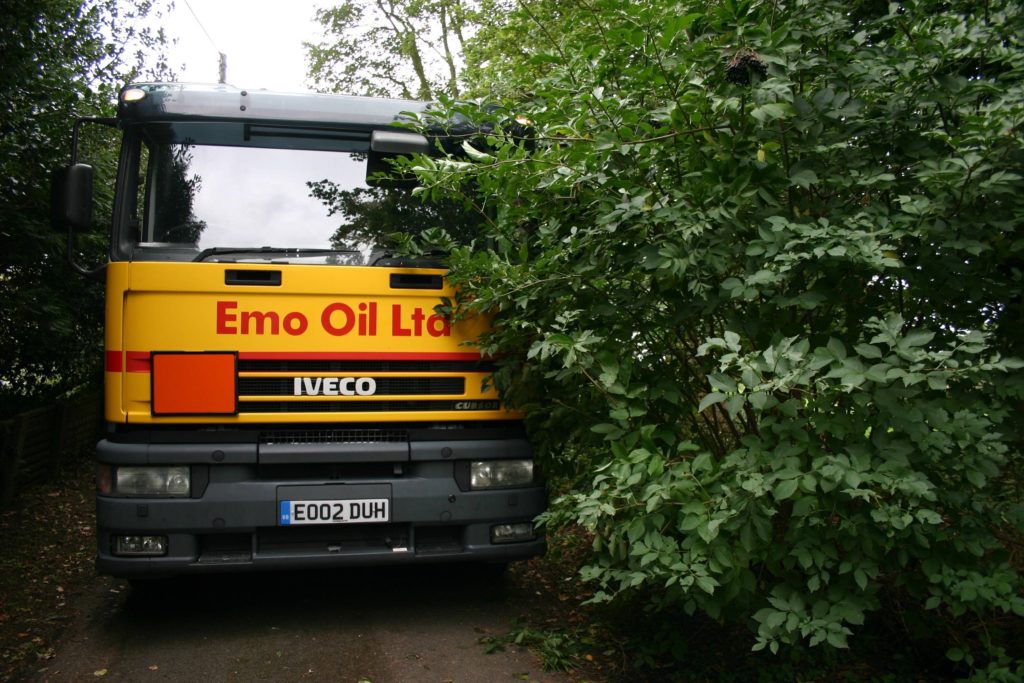
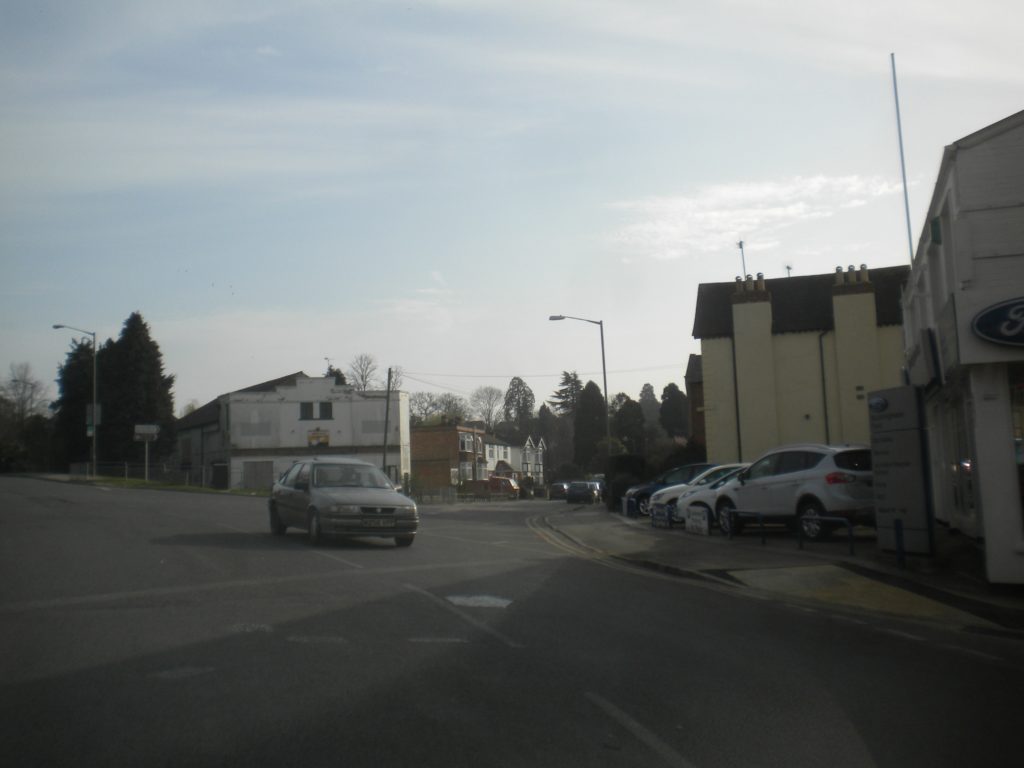


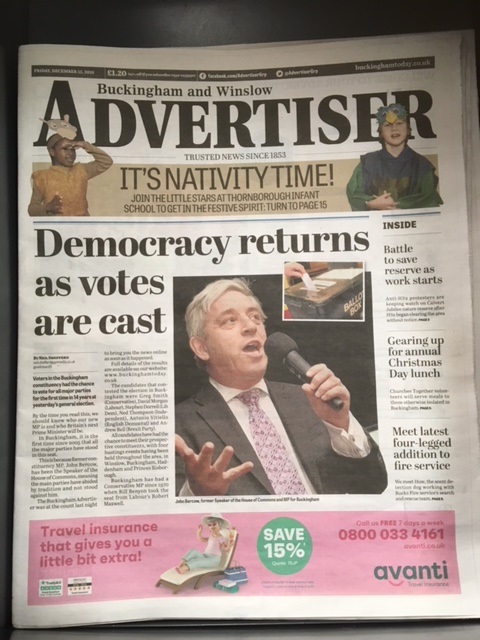
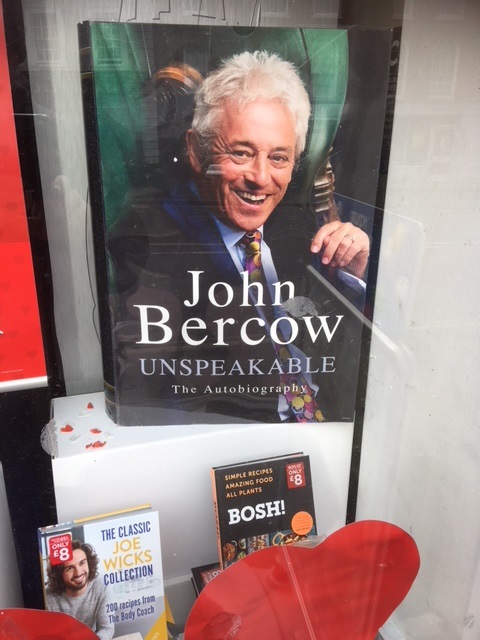
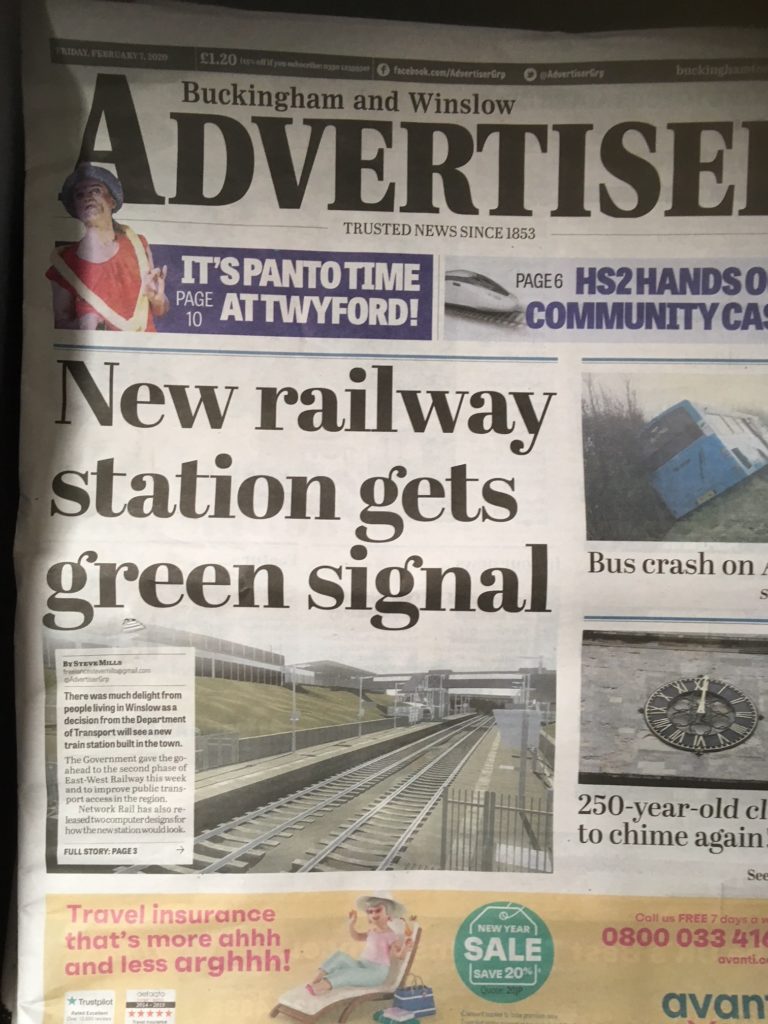
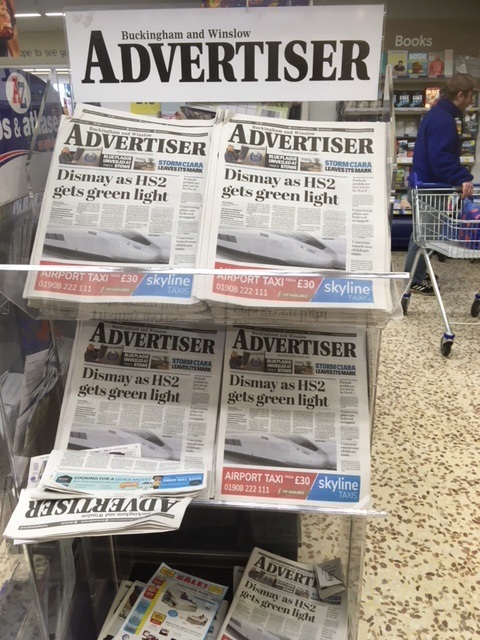
Say No to Nimbies Posted January 9th 2020

NIMBY Rules OK January 9th 2020
This is a picture of polite protest. It is front page news on a nice newspaper in Aylesbury Bucks. The area, especially in the Chilterns is full of nice people who live in very nice houses, with nice children and nice jobs.
These people have money and know what they want. HS2 is not what they want. To placate them, the powers that be have offered to tunnel it through the Chilterns, demanding enormous water resources to dissolve the chalk, making the project unaffordable and absurd.
Ironically these are the people who can afford the privatised rail fares and don’t want the system renationalised. They are nice and believe in grotesque private wealth. They want the lower orders out of site, in jail preferably or slaving out of site. Slums will do for them.
Above all, they want their nice big houses and nice families safe. So they pass off their NO 2 HS2 protests as environmental protection. In truth all they are interested in protecting is their property value and lifestyle. To hell with anyone else. Robert Cook
Time has passed Posted December 22nd 2019
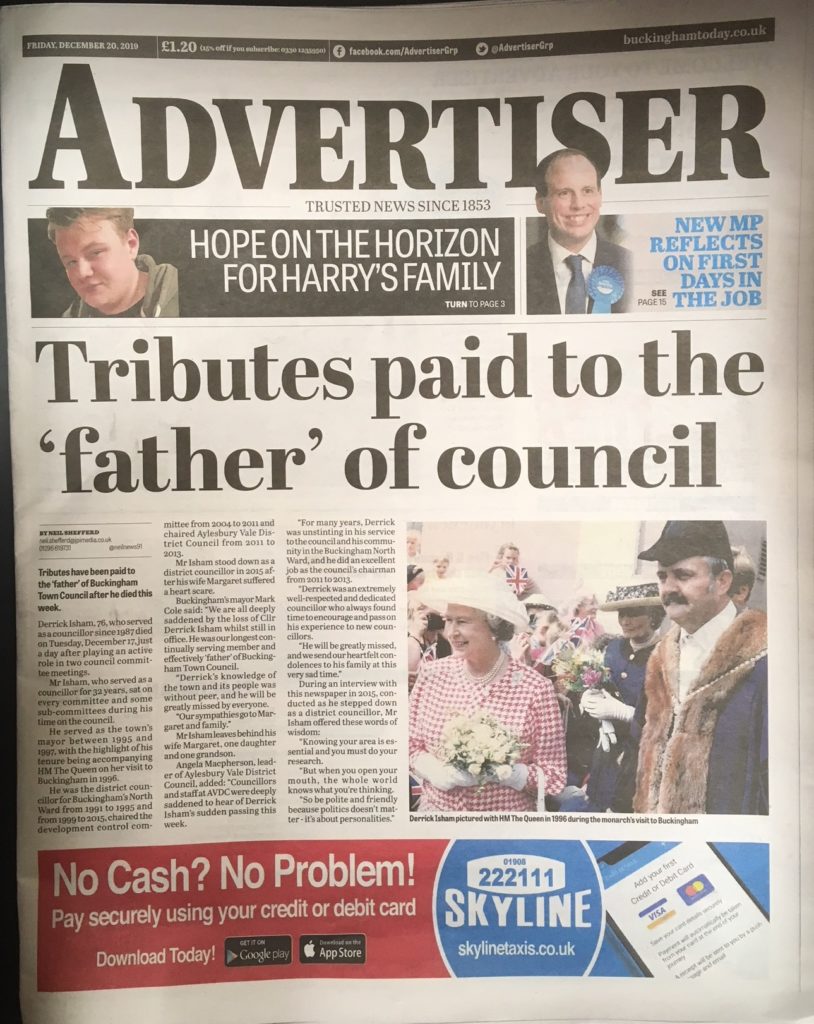
A Distraction Posted December 4th 2019


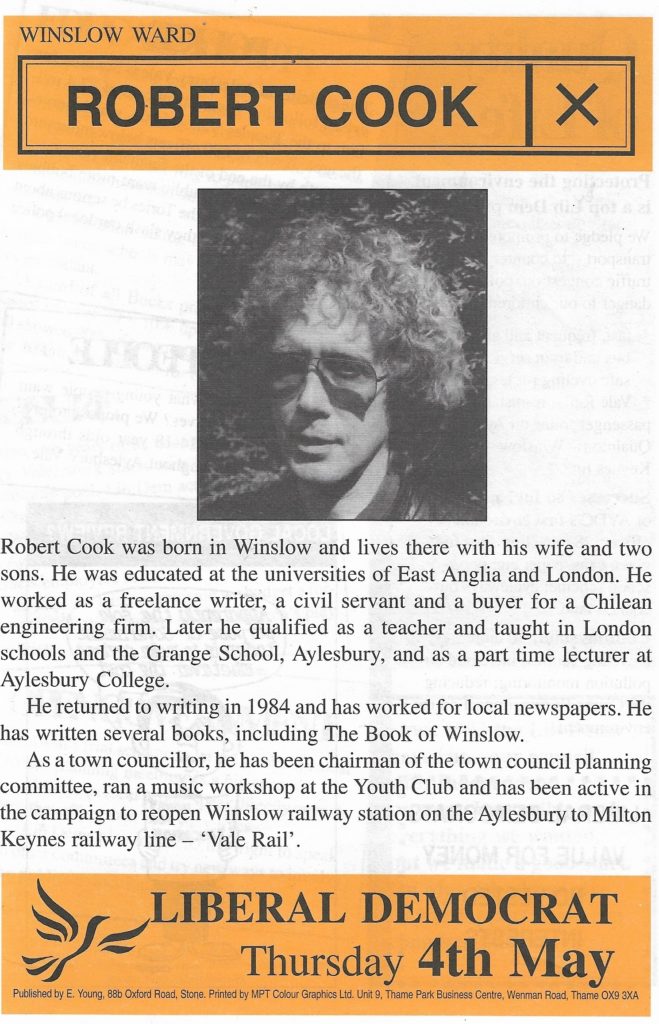
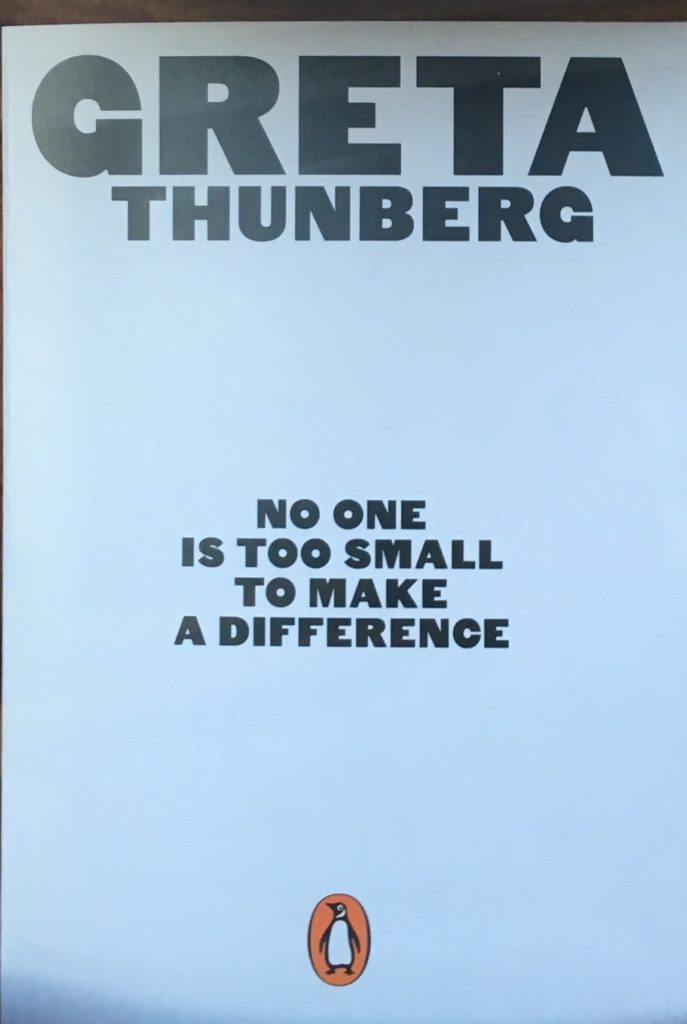
It is all about the money and faceless ones. Buckingham will vote Tory now that Bercow has gone- most in this constituency thought he was Tory anyway. I can’t show the Tory brochure because it was the first to arrive and the first for me to throw awa..
People around here and in all the comfortable parts of the country will think more police is a good thing.the more urgent need for police reform is never mentioned because the idea of police corruption is beyond their self interested mind set.
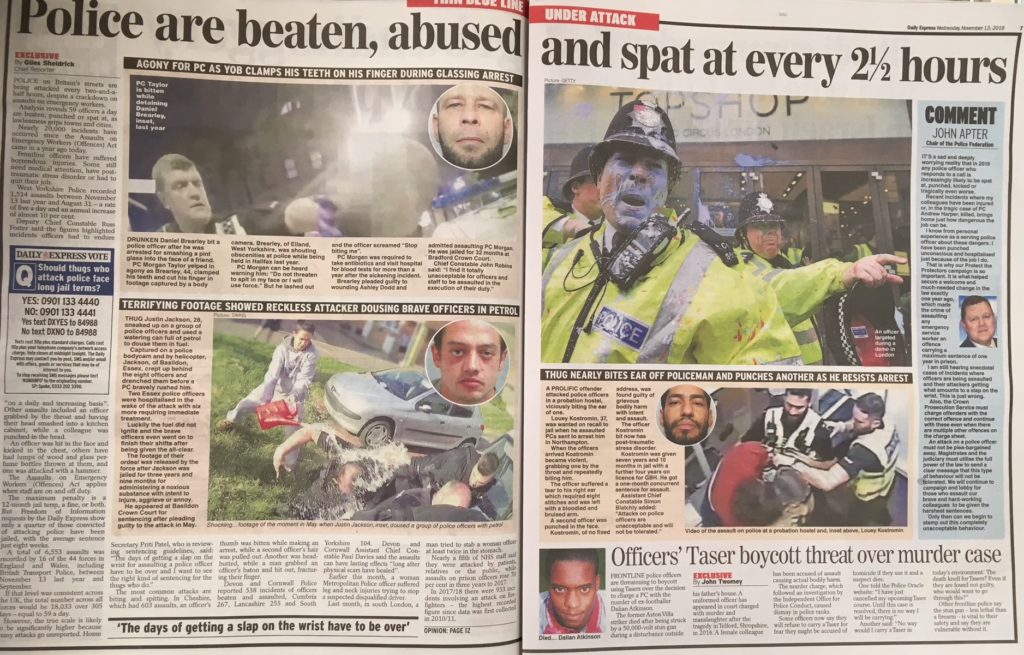
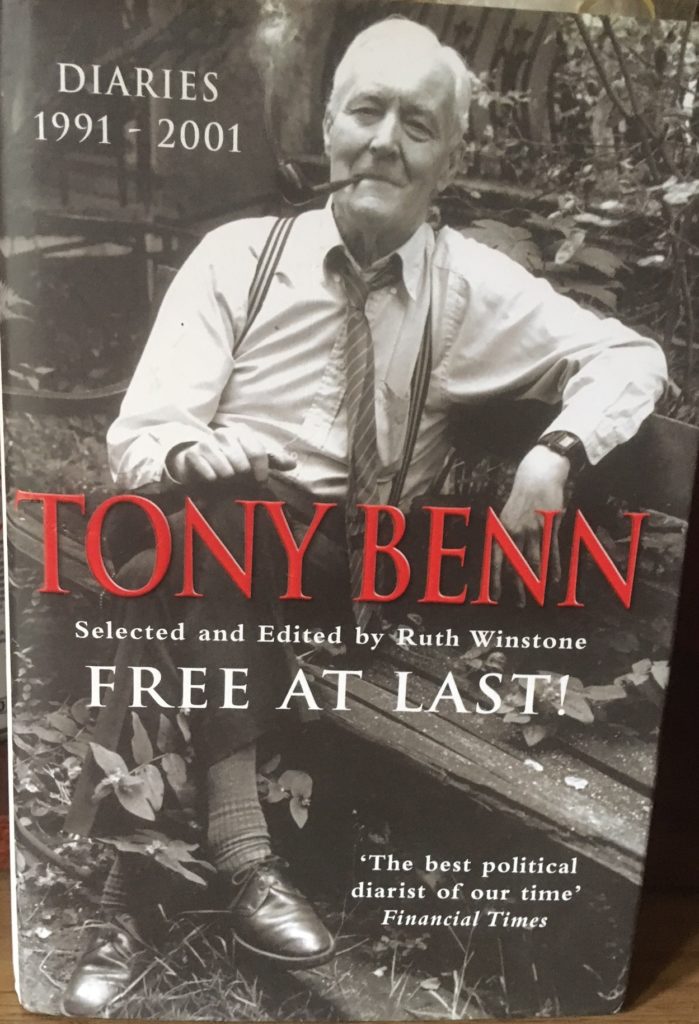
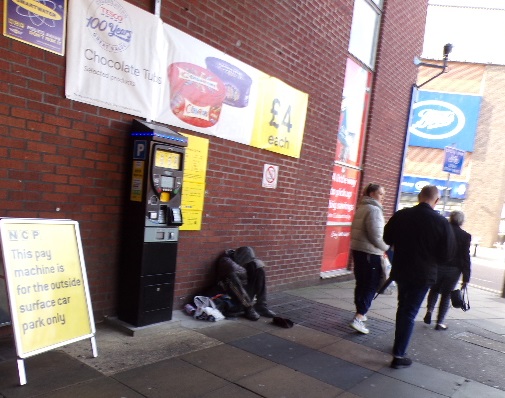
HS2 NIMBYS Posted November 29th 2019

From the earliest days of railway building it was the poor neighbourhoods who were supposed to suffer from the noise, disruption and pollution. So inevitably North Bucks MP Bercow and South Northants MP Andrea Ledson opposed it.
If it happens at all, millions will be spent tunnelling under the Chilterns, using millions of tons of water to disolve the chalk, to protect the rich home owners’ property values and peace of Buckinghamshire.
Personally, as Bucks born and bred, I would not mind if it came across my acres. I like trains and want to see more development in the north of England. If we have to have mindless mass immigration we need the jobs HS2 will bring. Robert Cook
Angry Words Posted November 24th 2019
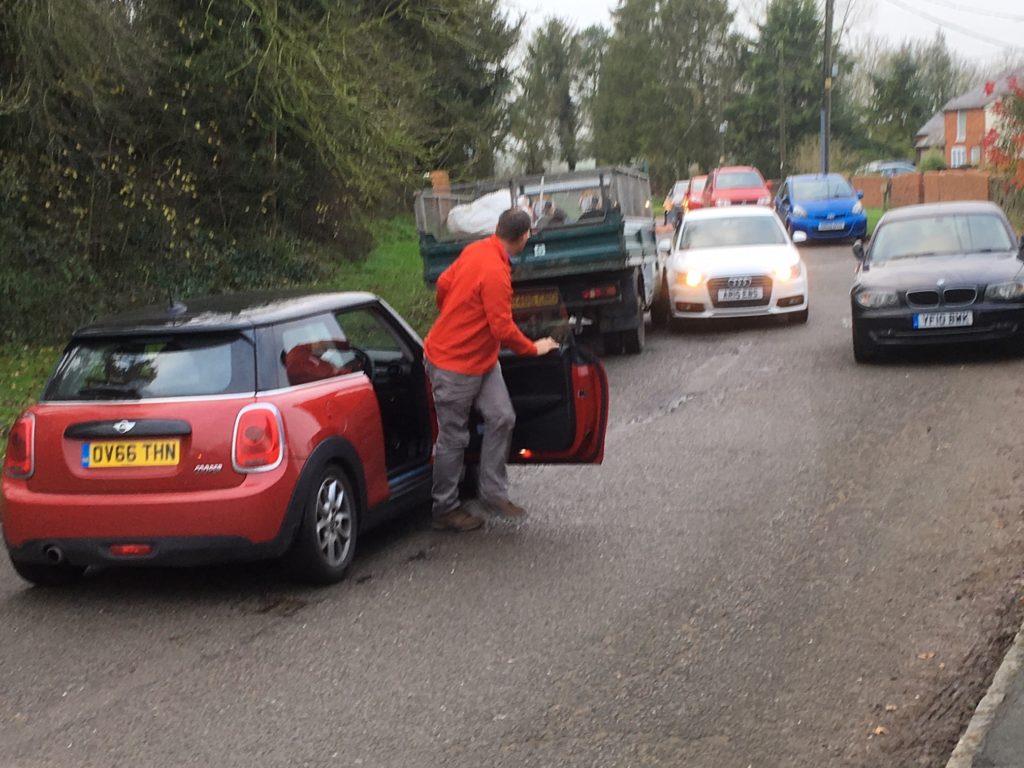
This the scene in Swanbourne, near Winslow around 3 pm today. There were angry exchanges between an elderly pick up truck driver and a young female motorist,
Strong language and threats were coming from both drivers, each one blaming the other for a situation arising as the car was overtaking a line of parked cars.
The vehicles made contact. The female and gathering crowd in the small village domain of Lord Cottesloe, joined forces to condemn the pick up driver who appears to have had been on his correct side of the road at the time.
Winslow My Home Town
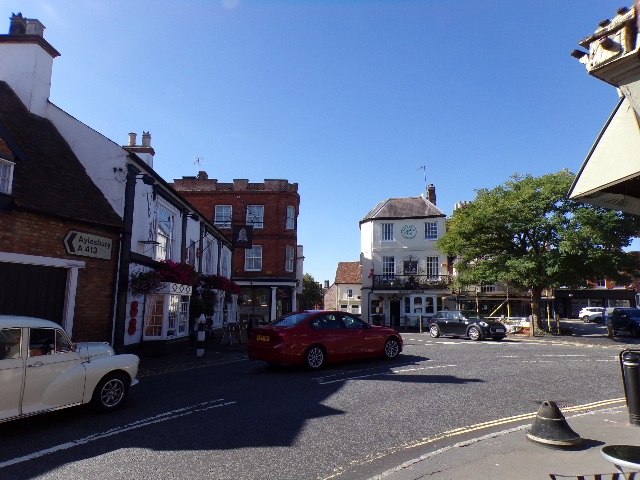
Bucks School Bus Fuss Posted October 27th 2019
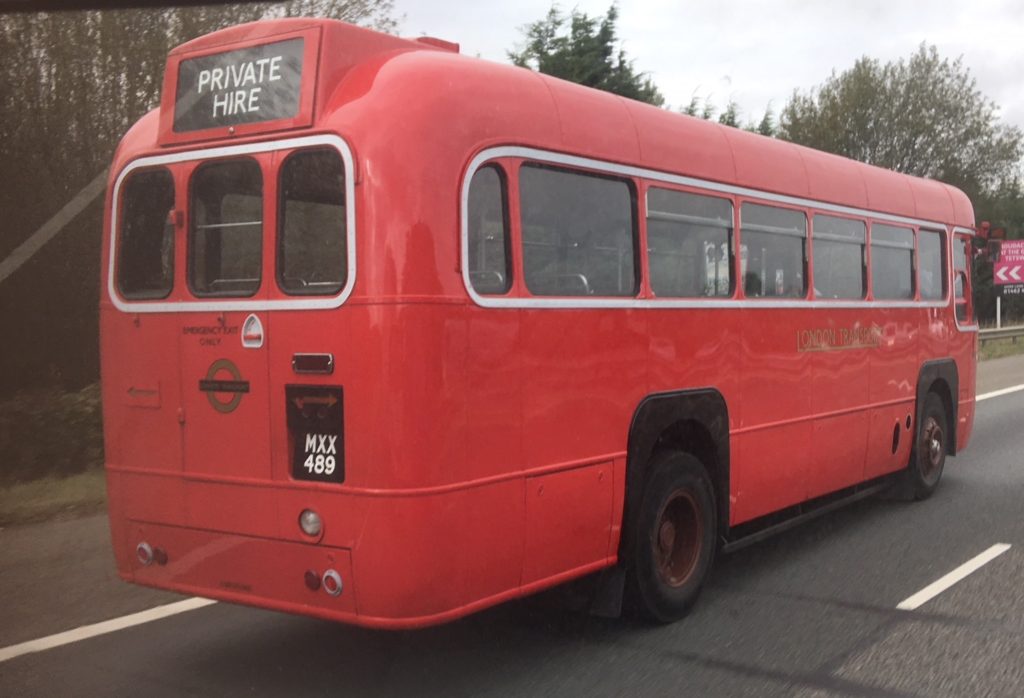
I spent hearly 20 years as a senior member of my local town council, including four years as a school governor and chairman of the North Bucks Town and Parish Council consortium, I also worked for Bucks County Council Education and Highways departments.
My days on Highways pre dated the Thatherite sells offs when Bucks employed hands on people who knew what they were doing. The rich people of Bucks loved Thatcher with her acolytes. led by Councillors Misbourne and Miscampbell went on to close schools, including my local one.
School closures meant more buses were needed, along with more parents driving their children to school, congesting roads. I went to the local school which was closed by the Misbourne Committee. I led a campaign against this, using my position on the ‘Aylesbury Plus’ newspaper. I was villified by local well off old and grovelling forelock tuggers for my efforts on this and other issues.
Thus I am not surprised that Bucks County Council – whose boss earns over £250,000 a year on flexi time- have told parents who have paid for school bus passes that they will have to use service buses instead of dedicated school services. This is in spite of Bucks announcing that they have created 1400 new school bus places. Parents are being offered refunds on school bus passes.
This comes after BCC had published an announcement earlier this week claiming to have created 1,400 new school bus places.
A Trailer Posted October 22nd 2019

I photographed this obviously abandoned HGV trailer nearly four months ago. Since then there have been no signs of ‘Police Aware.’ It was obviously abandoned and with waste inside.
Today, much to my surprise contractors were on the scene facilitating removal of the contents. Specialists in asbestos disposal were on site. Richard Wright of Violia was in charge.
He told me that Bucks CountyCouncil had contacted his company about removal. He said his company dealt with all sorts of roadside abandonments, but this job did not look too bad because the waste being pulled out looked as if it had been sorted and bailed. ‘The worry can be what we find at the bottom.’ Richard said.
The removed waste was taken to a site in Basildon Essex. Robert Cook
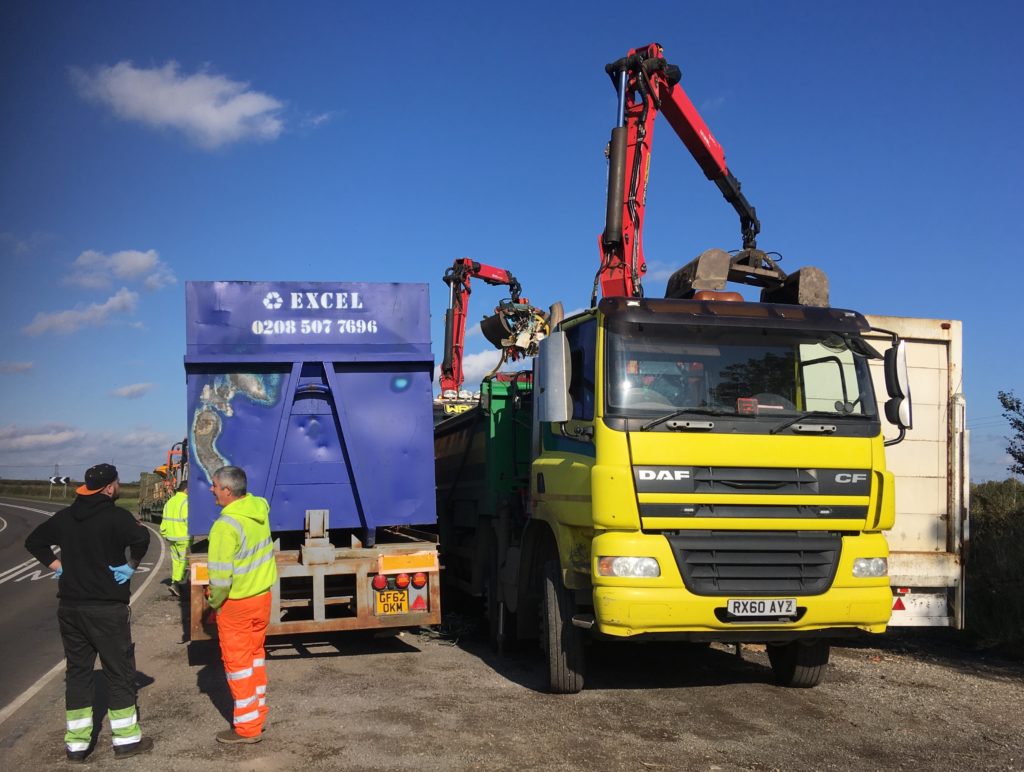
Additional Comment With the recent discovery of 39 bodies in an HGV trailer in Essex, it makes one wonder whether the authorities should have responded sooner. All identifying plates and embossed information had beed removed. Robert Cook 0ctober 23rd 2019
Firefighters in Milton Keynes and Buckinghamshire want public’s support for £10-a-year tax rise. Posted September 19th 2019

David Tooley, local democracy reporter
Parents fury as children given ‘unanswerable’ 11+ exam questions Posted September 19th 2019

Published: 11:22 Updated: 11:50 Friday 13 September 2019
Oxford-Cambridge Expressway: Preferred route announced
- 12 September 2018
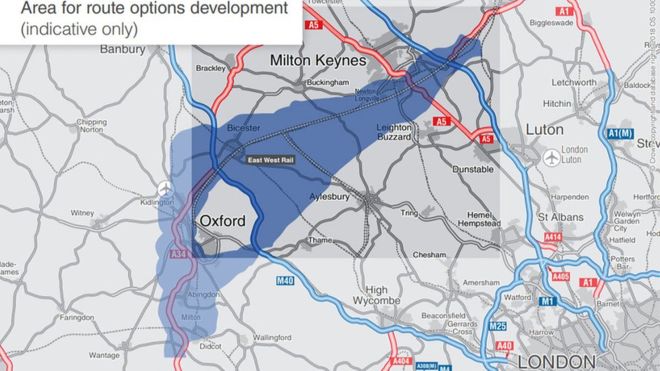
The preferred route for the Oxford to Cambridge Expressway has been announced.
The corridor will be “broadly aligned” with the proposed East-West rail route from Abingdon to south Milton Keynes via Winslow. It is yet to be decided whether the route will pass west or east of Oxford.
The government said the road will create vital jobs, skills and housing.
A local wildlife trust said it is “profoundly concerned” about the route.
The expressway is expected to take up to 40 minutes off the journey time between the A34 south of Oxford and the M1. Image copyright Department for Transport Image caption Option B has been selected as the government’s prefferred route for the expressway
The Department for Transport put forward three possible options for the expressway – A, B or C – and “after detailed scrutiny and review by Highways England” corridor B was selected.
“Corridor B was judged to offer greater benefits to the region – outperforming the other options by providing better links to jobs, education, leisure and health services,” the government department said.

Estelle Bailey, chief executive of the Berks, Bucks and Oxon Wildlife Trust said: “In our opinion corridor B is the worst of the three options.
“The potential impact on biodiversity of corridor B is so serious that the route should have been discounted entirely.
“The only way to avoid exceptionally serious impacts on biodiversity would be to develop a road route that is so convoluted that it would fail to qualify as an expressway.”
A full public consultation on the proposed route is expected to take place next year.
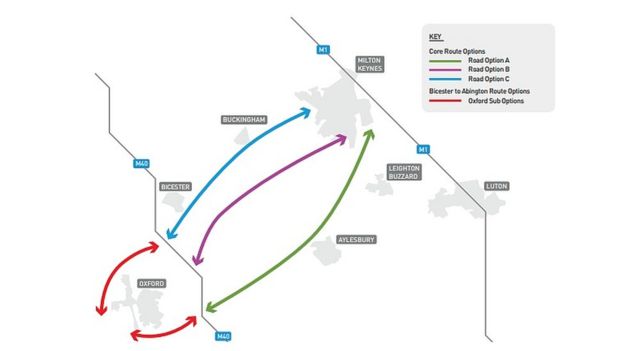
Changes at Buckingham Library
part of council cutbacks

Published: 11:21 Tuesday 10 September 2019 Share this article
Bucks County Council has announced changes totalling £160,000 at its library services which has included a staff restructure.
At Buckingham Library, the staff restructure has meant that two new posts have been created although one member of staff has taken compulsory redundancy.
The restructure comes six months after the library celebrated its 70th anniversary with an event in which staff dressed up in period costume and enjoyed tea and cakes.
Bucks County Council’s cabinet member for communities and public health Gareth Williams said that unfortunately savings in the library service were required, alongside many other service areas, to meet essential corporate savings targets.
He said: “This council must continue to make hugely difficult decisions across all service areas to balance the books.
“The review of library services will save more than £160,000 but inevitably it has not been easy, particularly on our staff.
“However, what this has managed to do is protect any changes to our library opening hours, which is good news for the thousands of local people who use our libraries each week.
“We tried hard to match our existing staff to new posts and, out of more than 100 staff countywide, we have managed to keep compulsory redundancies down to three, with just one from Buckingham.
“Buckingham Library will continue with an excellent staff team and we are now recruiting for two new posts in Buckingham as part of the re-profiling of the library service.
“Local people can rest assured that the recent service review will not result in a reduction in service and that residents from Buckingham and the surrounding areas will still benefit from the same high quality services that their library has always offered.”

Children in Bucks left stranded after school bus meltdown
Anthony Kostiw: Coach station death man ‘not failed by police’
- 9 September 2019
A man who was found dead in a ditch two days after he was dropped off at a coach station by police was not failed by officers, an inquest jury has found.
Anthony Kostiw, 35, was left at Milton Keynes Coachway in the early hours of 3 February 2018 after he had been arrested and then released.
Jurors at Milton Keynes Coroners’ Court ruled officers had carried out an adequate risk assessment.
They concluded Mr Kostiw died by misadventure.
Mr Kostiw’s family said they were “disappointed” at the findings and hoped his “tragic loss… will provide a learning experience”.
“In the family’s view Mr Kostiw should not have been dropped at the coachway given his level of intoxication, the lack of appropriate transport options and his lack of mobile phone and money,” they said in a statement.
‘Weird behaviour’
The court heard Mr Kostiw’s girlfriend Nina Logan described him as acting “very strange” on 3 January and “he threatened to kill her”.
Ms Logan said he had been drinking but also felt he had “taken something due to his weird behaviour”.
Mr Kostiw was later arrested and PC Johan Stevens described him as “drunk but not so drunk he could not look after himself”.
Officers took Mr Kostiw to the Coachway where he was de-arrested. PC Stevens said it was “well-lit and offered shelter” and he “did not have any concerns that he could not look after himself”. Image copyright Google Image caption Mr Kostiw was found dead at the Milton Keynes Coachway on 5 January 2018
Mr Kostiw was discovered on 5 January “face down in a ditch with one shoe found either side of the stream”, the inquest heard.
The jury said there had been no failure by police to carry out an adequate risk assessment.
In their conclusions, jurors said Mr Kostiw did not have an alternative address to be taken to, did not object to being left at the coachway and had money on him.
They said: “The coachway was an appropriate location as it offered shelter, food, access to phones, toilets, transport options and [was] safe… to exit by foot.”
The jury agreed police made an appropriate assessment to whether Mr Kostiw was intoxicated, adding he “appeared coherent and he had calmed down by the time he had got to the coachway” and that he “was steady on his feet whilst being uncuffed”.
A disciplinary hearing in November cleared two officers of misconduct.
10th September 2019 FacebookTwitterYoutube

Main menu
Buckinghamshire
HS2 Contractors Abandon Steeple Claydon Following Direct Action From Residents
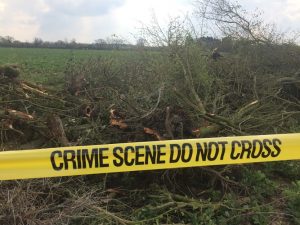
Following direct action from residents, HS2 Contractors Fusion have abandoned their compound in Steeple Claydon. After nine days of…10-May-2019 News
41 Town and Parish Councils Call for Immediate Halt to HS2 Work

Since this article was published, the total has risen to 48. Also, a petition has been published on the…26-Apr-2019 News
HS2 Turns Bucks Countryside into an Environmental Crime Scene.

HS2 Ltd contractors Fusion have started removing hedgerows from a 300 acre site of countryside between Steeple Claydon and…16-Apr-2019 News
Residents Call on Mark Thurston to Explain Habitat Clearance
Residents in Buckinghamshire are calling on HS2 Ltd CEO to come and explain what exactly is the need for starting to clear 250 acres of wildlife habitats, which includes part of a nature reserve, right at the start of nesting season. Given that there is still no design for what is meant to be going on the land, and the chances of HS2 getting cancelled altogether, they may well have a point…..
HS2 Ltd Plan “Illegal Habitat Clearances” for the Start of Nesting Season
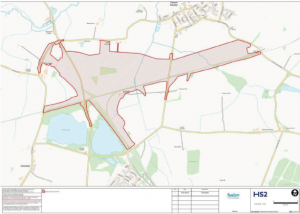
HS2 Ltd plan to conduct ‘vegetation clearances’ on at least 22 sites at the start of bird nesting season,…27-Feb-2019 News
Behind the Brexit Firewall, HS2 has been Trundling on at Panic Stations with Increased Costs, Incompetence, Spin and Fraud.

With the Brexit Firewall incinerating almost everything else that has the audacity to try and become news, you might…16-Dec-2018 News
HS2 Contracts Delayed Again as Costs £1.2bn Above Target.

Today (12th June 2018), New Civil Engineer has reported that the first set of contracts for building parts of…12-Jun-2018 News, Press Release
HS2 “Do not understand how this aquifer works”
If you use tap water in Buckinghamshire, whether that’s for drinking or anything else, you may want to
listen to this.
Maids Moreton: Ben Field murdered author Peter Farquhar Posted August 12th 2019
A churchwarden has been found guilty of murdering an author after tricking him into changing his will.
Benjamin Field, 28, manipulated 69-year-old Peter Farquhar for financial gain and tried to make his death look like an accident or suicide.
Field was also accused of plotting to kill Mr Farquhar’s neighbour Ann Moore-Martin, 83, in the village of Maids Moreton but was found not guilty.
He was remanded in custody and will be sentenced at a date to be fixed.
At Oxford Crown Court, Field was also acquitted of the attempted murder of Miss Moore-Martin.
Mr Farquhar died in the Buckinghamshire village in October 2015, while Miss Moore-Martin, who lived three doors away, died in May 2017 from natural causes.
Field, a Baptist minister’s son, admitted duping both Mr Farquhar and Miss Moore-Martin into fake relationships with him as part of a plot to get them to change their wills, but denied any involvement in their deaths.
The court heard Field had undergone a “betrothal” ceremony with Mr Farquhar and was in a sexual relationship with Miss Moore-Martin.
‘Night terrors’
Prosecutor Oliver Saxby QC told the trial Field carried out a sustained “gaslighting” plot aimed at making Mr Farquhar question his sanity.
Mr Farquhar’s drinks were topped up with bioethanol and poteen, a high strength Irish alcohol, and his food was laced with drugs, Mr Saxby said.
Mr Farquhar, who taught part-time at the University of Buckingham and had three novels published, suffered night terrors and hallucinations which he recorded in a handwritten journal.
His third novel A Wide Wide Sea, published in 2015, was dedicated to Field, who delivered the eulogy at his funeral.
Field’s co-accused Martyn Smith, 32, of Penhalvean, Redruth, Cornwall, was cleared of murdering Mr Farquhar, plotting to kill Miss Moore-Martin, fraud and burglary.
Speaking afterwards, he said: “I am relieved that this ordeal is finally over…The lessons I take from this case are first and foremost to always be your own person and secondly to always choose your friends very carefully.”
During the trial Field admitted drugging Mr Farquhar with benzodiazepines and hallucinogenic legal highs to “torment” him.
He told the jury he did it “for no other reason other than it was cruel, to upset and torment Peter – purely out of meanness”.
But prosecutors said Field had a “profound fascination in controlling and manipulating and humiliating and killing”.
After Mr Farquhar changed his will three times in two years to benefit Field, he “had to die”, Mr Saxby said.
‘Calculating and ruthless’
In a statement read by police, Mr Farquhar’s brother Ian said: “[Field’s] actions have been unbelievably callous, and he has told lie after lie after lie in order to achieve his goals, deceiving everyone he met.”
Senior investigating officer Mark Glover described Field as “cruel, calculating, manipulative, deceitful”, adding: “I don’t think evil is too strong a word for him.”
Chris Derrick, from the Crown Prosecution Service, said: “He is clearly a very calculating and ruthless man who spent a great deal of time planning what he was going to do.”
After the verdicts, journalist Michael Crick, who was taught by Mr Farquhar at Manchester Grammar School, tweeted: “It’s so dreadful to think my dear friend and teacher Peter Farquhar was murdered in such an awful way by a man he loved and trusted so much.”
Another former pupil of the school, David Scheinmann, directed 2013 film Believe and has said a headmaster character, played by Toby Stevens, was in part based on Mr Farquhar.
Editorial Comment My mother used to say, there is no fool like an old fool. Well, fools come in all ages, genders, shapes and sizes. It is the clever ones of both genders, especially those pledging love, we need to be carefull with. Not a good idea to be taken in by a young lover unless they are the wealthy ones. Both of the victims here were old and lonely, the biggest problem facing us as we end our days in Cruel Brttannia.
Aylesbury Traffic Congestion August 12th 2019
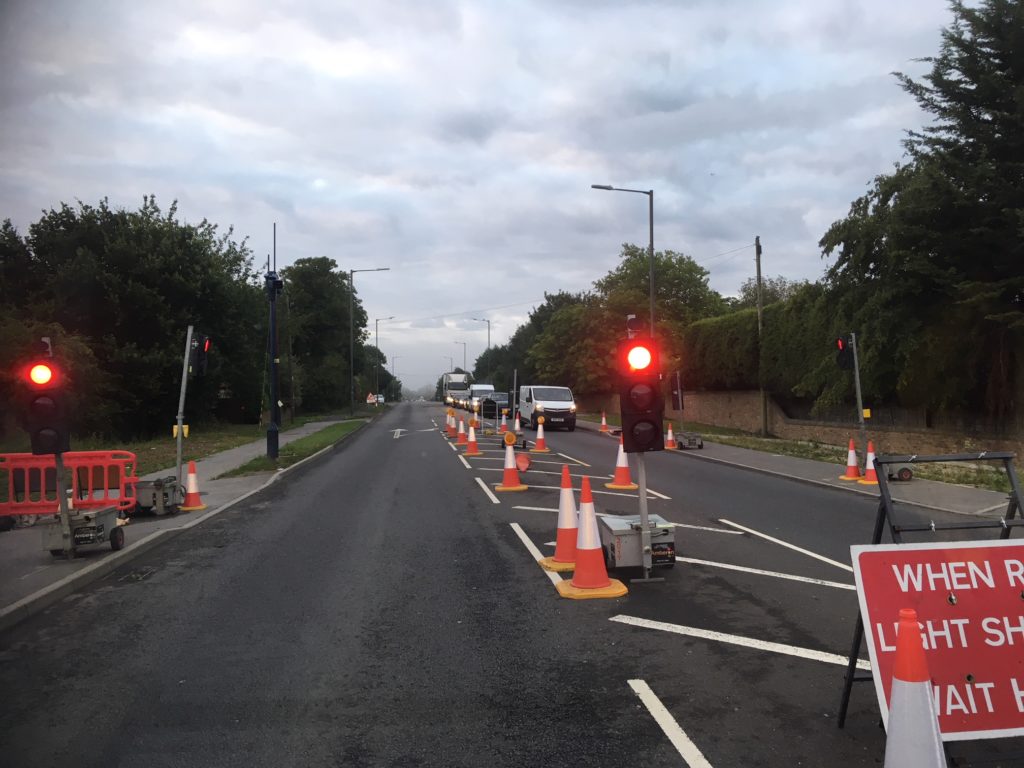
I don’t wish to be overcritical as I have worked in road construction, in the days when I had to top up and light little red oil lamps at night to mark the roadside trenches.
I even worked for Bucks County Council Highways Department, Number One Division, before privatisation destroyed it, bringing in Thatcher’s profit motive. The old depot in Winslow is now full of houses.
There is a lot of profit in house building, with demand inflated by immigration, marriage breakdown and the long term effects of Thatcher selling off the council houses.
Profit was supposed to raise efficiency but does more to promote greed, wealth inequality and social disadvantage. So, that is why I was sitting there for over twenty minutes, with the lights stuck on red, on both sides.
As I sat there, I wondered what the temporary lights were there for. Maybe it was to mark the route of a new crossing, but there was nobody there to push the buttons.
Anyway, I had a job to do, needing to be in Dagenham by 7.30, so I crossed the red light, with a whole train of traffic following behind me. Those on the other side saw me move and drove off too.
One has to be very careful in these circumtances because for every hero cop there are hundreds who are just petty jobsworths- is that legal to say s? I think I can back this up given my experience and data, but that is another story.
Later on down the road, nearing the M25, BBC Three Counties Radio cut into my morning fix of ‘The ‘Today’ programme, advising thay traffic was abnormally slow through Aylesbury. Well, there;s a thing. Frustrating traffic flow without need or through incompetence contributes to accidents, so this is more serious than it might seem.
We are not all in secure public service jobs getting well paid regardless and protected from complaints because public servants must not be harrassed- I have been a public servant in the good old days and have no time for the new culture where the tail tends to wag the dog. Oh, have I offended anyone?
There is a new law to stop us doing that and Boris Johnson is planning new ones, with more prison places for this country which already has more in jail, with longer sentences, than any other western nation- amazing given his comments about Muslim ladies looking like pillare boxes or bank robbers. Hypocrisy is the British way.
Robert Cook
University of Buckingham launches investigation into alleged bullying by staff against students
Published: 16:57 Wednesday 24 July 2019 Share this article
The University of Buckingham has launched an investigation after an alleged incident of bullying towards an overseas student during a lecture last year.
In the incident during a Legal Skills and Procedure module on August 6 2018, Glenn Stanbury, who is deputy director of the university’s part-time law programme, shouted at one student and swore at a second.

A recording of the incident has been uploaded to YouTube and is contained within this story – please be aware there is some strong language in the recording
In the incident, a student accidentally nods off during the class.
After Mr Stanbury yells at him to ‘wake up’, Mr Stanbury then demands the student leave.
When another student suggests Mr Stanbury ‘cuts the student a break’ the lecturer replies ‘I don’t give a s*** what you think.’
The student who had nodded off had recently endured a difficult incident in his personal life – the details of which we have agreed not to diclose.
The Advertiser understands fellow students were aware of the student’s circumstances but it is unclear how much staff knew about it.
Former student Christopher Harris, who has suspended his studies at the university, told the Advertiser he attempted to bring the incident to the attention of the university’s dean of law Sandra Clarke but he claims she refused to meet him.
A University of Buckingham spokesman said: “On 8 July 2019, the university was made aware by a student of an event that took place during a lecture on 6 August 2018.
“The university is currently investigating and cannot comment on any proceedings.
“We have a dignity at work policy which is designed to protect staff and students from bullying and harassment, and when complaints are received they are investigated and dealt with per the university’s procedures.”
In the university league tables for 2020, the University of Buckingham is placed 107th – a drop of 31 places compared to its 2019 ranking.
Long Delay on M40 southbound near Stokenchurch mid day July 11th 2019
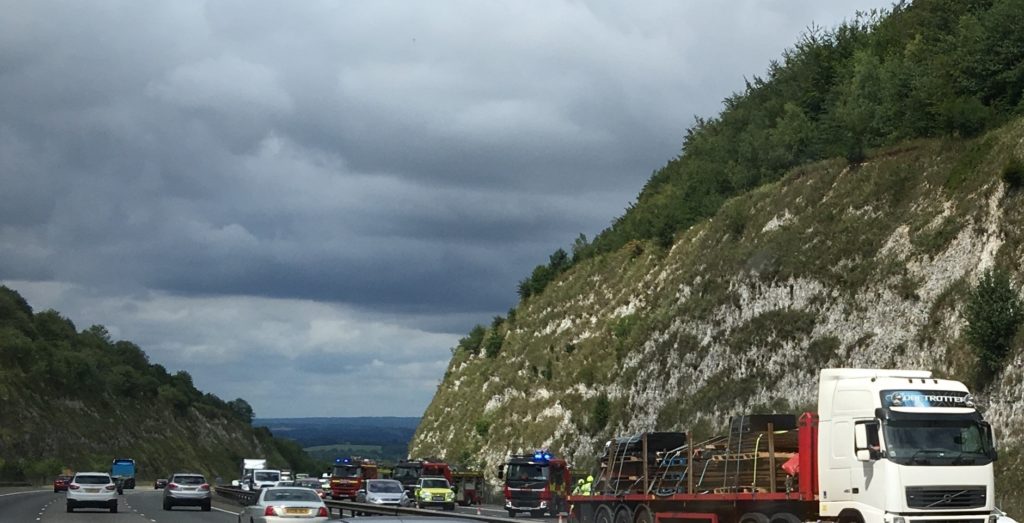
Traffic was backing up across all lanes all the way down from Stokenchurch to the Oxford A40 junction on the southbound carriageway of the M40 , mid day today, as fire and traffic officers dealt with the situation.
Aylesbury Vale councillors take John Bercow on tour of HS2 construction sites July 4th 2019 Sam Dean Buckingham Advertiser

MP for Buckingham and Speaker of the House of Commons John Bercow visited two North Buckinghamshire villages on Friday to see for himself the impact of the construction of HS2.
MP for Buckingham and Speaker of the House of Commons John Bercow visited two North Buckinghamshire villages on Friday to see for himself the impact of the construction of HS2.

Accompanied by councillors Angela Macpherson, Frank Mahon, Phil Gaskin, John Chilver and anti-HS2 campaigner Linda Knights, this reporter was invited to join the ride-along through Calvert Green and Steeple Claydon.
The key issues on the agenda were the raising of the height of the track and the building of a batching plant at Calvert Green, and the destruction of the countryside surrounding Steeple Claydon that ultimately drove anti-HS2 group ‘Save Our Countryside’ to take direct action by standing in front of works vehicles.
While there can be no questioning of Mr Bercow’s opposition to the high-speed rail project and his efforts to support his constituents, he had some sobering words for the group. The Speaker said:
“There isn’t a Parliamentary majority against HS2.

“The only people that are explicitly, vociferously against it are a small number of MPs affected in their own constituencies.”
Referring to the visit by Mr Bercow and what he hopes to achieve from the day, Calvert Green parish councillor Phil Gaskin said:
“Fundamentally we want to move the batching plant to a different location so it’s away from the community. It wasn’t anything that was ever covered in any of the documentation previously, so it’s something very new and it’s going to be a massive impact on the community.”
The local councillors took their MP to the bridge over the track in Calvert Green to demonstrate the proximity of the track and the planned batching plant to the village.

As we reported two weeks ago, HS2 communicated at the beginning of June this year that the track through Calvert Green would be raised by three metres from the original drawings, as well as providing a fuller scope of the size and description of the batching plant.
Councillor Phil Gaskin continued:
“The fact that HS2 used the depth of the line as a mitigating factor for the previous petition and now they’re saying it won’t make any difference – they’re contradicting themselves.

Buckingham pupils very happy as circus comes to town
“For me the real focus is on what is essentially an industrial batching facility. To have that on the doorstep on top of everything else that’s going on is one step too far. We feel misled because the image that they showed us at the roadshow in Calvert they’d actually put on the back of the information board. It’s all a little bit underhand in my opinion.”
HS2 are building 345 miles of new high-speed track which will connect the city centres of London, Birmingham, Manchester, and Leeds.
In March this year, ministers delayed signing off on the first half of spending for HS2 (London to The Midlands) until December due to concerns over spiralling costs. The cost was originally projected to be £32.7bn in 2010 but the Government now estimates it to be £56bn.
Work is just starting to get underway and will be completed in 2033. Recently the leaders of both Bucks County Council and Aylesbury Vale District Council wrote to Transport Secretary Chris Grayling to request that work be halted until the notice to proceed has been given in December but their pleas were rejected by the Government minister.
Multi Vehicle Crash in Bicester A41, July 5th 2019 Charles Close.

There was an interesting pile up this afternoon just before 3 pm in Bicester. The junction leading down to the M40 and A34 roundabout sees a lot of confused and aggressive driving in all directions. Today was no exception. The chunky car was hooked up on the crash barrier, with the tall sign left bent and teetering. The Fire Brigade were called to the scene.
Tuesday 18 June 2019 Share this article
A horse was hit by a car and dragged along a road in Thornton in what police are calling ‘a distressing incident.’
The incident of careless driving happened just after 3.30pm on Sunday June 16 on Thornton Road, Thornton.

Police say a vehicle was driven at speed around a blind bend causing a horse to fall to its knees and be dragged a short distance.
The horse sustained injuries to both front legs and is receiving veterinary treatment.
The rider, a woman, did not require hospital treatment but was left shaken after the incident.
Police say the vehicle involved is a gun metal steel grey 1 Series BMW whilst the driver is described as a white man in his late fifties.
The passenger was a woman, also aged in her late fifties, and there was a child in the back seat of the car.
Investigating officer Sergeant Emily Dover said: “This incident was distressing for the rider and the horse sustained injuries which are now requiring treatment.
“The driver had a total disregard for the welfare of the horse and the rider after driving off at the scene.
“We would therefore encourage anyone who knows anything about this incident to get in touch.
“We also believe that this vehicle may have been seen and potentially recorded on dash cam footage before or after this incident.
“The vehicle was travelling from Thornton and turning left when the incident happened.”
Anyone with information is asked to call Thames Valley Police on 101 quoting reference URN 933 (16/6).
Good news on affordable Housing in Aylesbury Vale

These units are going fast, so get down and dirty, the future is black, the future is dirt. Image copyright Charles Close
Meanwhile back in the local out of touch Tory batty cave : The Secretary of State for Transport, Chris Grayling, has rejected Buckinghamshire County Council’s (BCC) request that HS2 enabling works cease until Notice to Proceed is given. Bucks CC have always been so charmingly out of touch. I worked for them for a total of twenty year before going into local politics. You do not get value for money from these people, but they do.
The Secretary of State for Transport, Chris Grayling, has rejected Buckinghamshire County Council’s (BCC) request that HS2 enabling works cease until Notice to Proceed is given.
In his response letter Mr Grayling says:
“I must be clear that I do not intend to halt work on HS2 in Buckinghamshire or elsewhere. Completing HS2 is Government policy and has been supported by both sides of the House.”
On the 25 April, BCC unanimously passed a motion for leader Martin Tett to write to the Government formally making the request. The motion states:
“This council proposes that the leader should write to Government to request that all enabling works for HS2 in Buckinghamshire should be paused until the notice to proceed to main works contractors has been approved.”
It continues:
“We see no reason why the county should suffer significant disruption and long term environmental destruction until detailed design and cost has been approved.”
Also in his letter of reply, the Cabinet member wrote:
“I fully support HS2 Ltd’s commitments to both the environment and the local communities affected.
We are aiming for HS2 to be one of the most environmentally responsible infrastructure projects ever delivered in the UK, and managing its impact on the environment is a high priority.”
Perhaps unintentionally however, the Transport Secretary’s pushback does appear to acknowledge the basis of BCC’s original request when he states:
In March this year, ministers delayed signing off on the first half of spending for HS2, which runs from London to The Midlands, until December due to concerns over spiralling costs.
HS2 are building 345 miles of new high-speed track which will connect the city centres of London, Birmingham, Manchester, and Leeds.
Work is just starting to get underway and will be completed in 2033. Though the cost was originally projected to be £32.7bn in 2010, the Government now estimates it to be £56bn.
Change Is Coming to UK Cremation CostsConsumer Daily|SponsoredLook Up Your Name To See If You Have PPI Owed To YouReclaim PPI|SponsoredThis Is What A New Hearing Aid Should Actually CostBest Hearing Aids|SponsoredNever Overpay Again – This Tool Finds Every Promo Code on the InternetHoney|SponsoredUK Homeowners Born 1947-1979 With No Life Insurance Are In For A Big S…Finance Daily|SponsoredLloyds To Issue £19 Billion to PPI Victims (Look Up Your Name) Only 2…Financial Guru|SponsoredLookup Your Name To Check For Your Santander PPI RefundInstant PPI Quotes|SponsoredIver Parish Council concerns over waste dump in Thorney Park dismissed by leader of county councilIs Council about to take money from HS2 to allow dumping of waste in Thorney Park lake?Man arrested on suspicion of attempted murder in AylesburyBuckingham AdvertiserPub in the Park Marlow rocks the weekendBuckingham Advertiser
Trending
- Government rejects Buckinghamshire County…
- Buckingham businesses urged to be aware after petty cash theft
- Brackley man was stabbed “at least 325 times” by murderer…
- Drug driver spared jail after killing Buckingham Rugby…
- Man arrested on suspicion of attempted murder in Aylesbury
Report by Sam Dean ‘The Advertiser.’
The Essentials

‘Science may produce cure’ for homosexuality, Ann Widdecome claims
My reply toAnn is ‘Focus on the bigger political issues or the PC people will pull you down. As for science and homosexuality, we already have the answer. Nature is binary but human foetal development is imperfect. Genetics and DNA is used by the police to frame people, as is speaking out of the PC strait jacket.
So it is dangerous for me to suggest that what men want is something more traditionally feminine, the old fashioned mother thing. More and more ambitious women are schooled to reject this.
Nature abhors a vacuum and men look for the feminine in other men, which is why transexual men are so popular with them. Transexualism is a subject on its own and I have written and had published a book on the phenomeon – ‘Man Maid Woman.’
The issue of women adopting the more traditional male dress, hair cuts, jobs and body language as representing a wider form of transexualism is just not up for discussion as a social issue or in any way relevant to the rise of the LGBT community. To speak out of line is hate crime. Only the officials with their police/NHS tick boxes decide the truth.

Trump denies calling Meghan Markle ‘nasty’ despite audio recording. He has been called much worse. Free speech is a not allowed, it is just a cliche. Having said that, some individuals can say what they like.

Glastonbury criticised for inviting band who sing ‘Kill Tory Scum’ This may be unkind, but Tories say and do some terrible things, like sacrificing Julian Assange for exposing U.S war crimes in which Britain may have been complicit. This is the age of the thought police, but people do not see it,

Labour’s by-election candidate liked ‘Zionist slave masters’ post
Follow Us On
More from Buckingham Advertiser
- Announcements
- Buy a Photo
- Directory
- Jobs
- Homes
- Cars
- Local Guide
- Public Notices
- Reader Shop
- Must Read
- Read This
Useful Links
©2019 JPIMedia Ltd. All rights reserved.
Our site uses cookies so that we can remember you, understand how you use our site and serve you relevant adverts and content. Click the OK button, to accept cookies on this website. You can change your setting with the Cookie Settings. To find out more about cookies visit our Privacy & Cookies Policy.OK
A tractor and trailer accident caused delays through Elmhurst Aylesbury a week last Saturday afternoon The accident happened on the roundabout at the junction of Bierton and Elmhurst Roads. A street lamp was damaged and police were called.
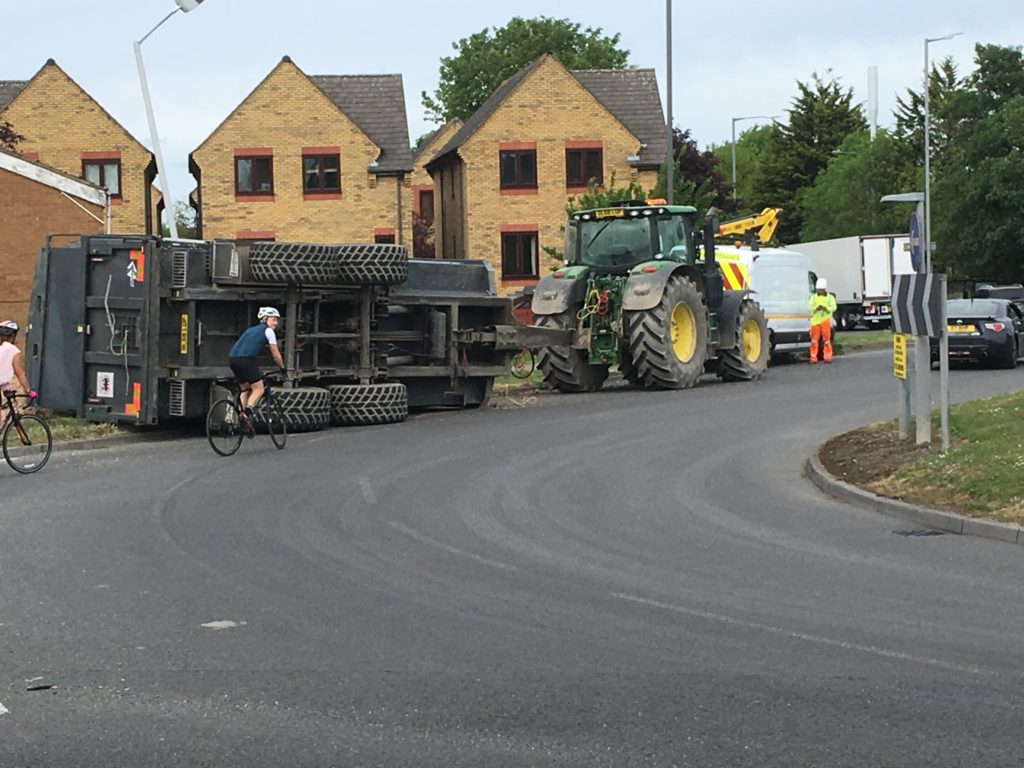
Local History
Buckingham The most sedate and affluent town in North Buckinghamshire.
Posted October 13th 2019
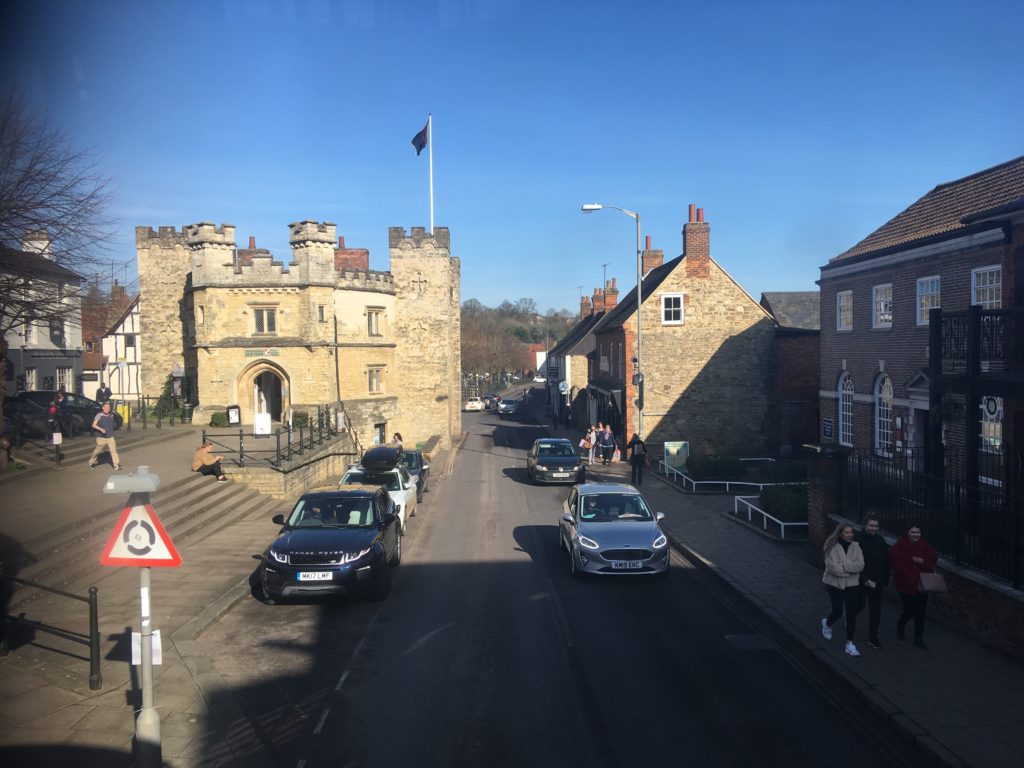
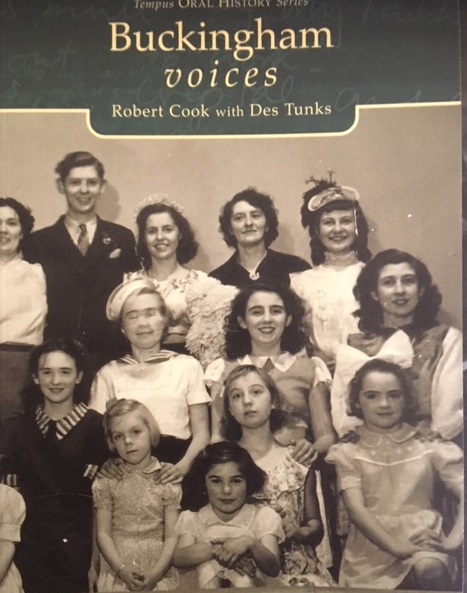

This was Bletchley September 2019
History is being made everyday. One could certainly not accuse the North Bucks Town of being stuck in the past.
I have had three books publsihed on the town. My father was a driver for London Brick Company at their Newton Longville Road brickwork- about which I have also written a book. I had my driving lessons and passed my test first time in that town.
So here are a few of the pictures I took around town this month.
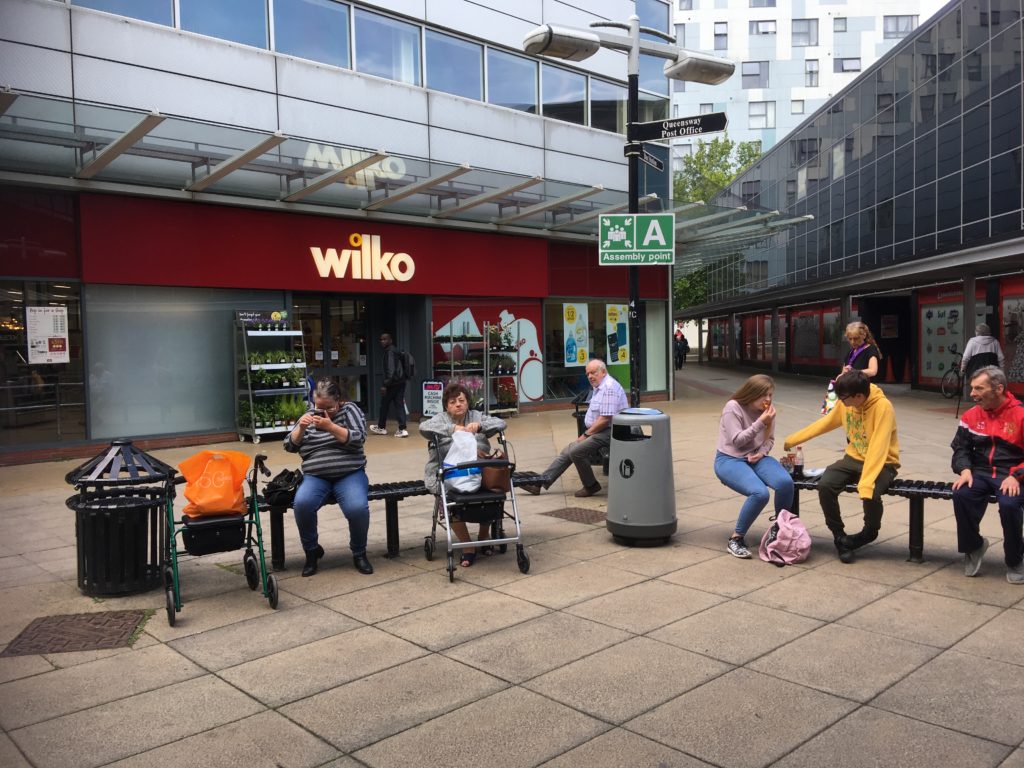
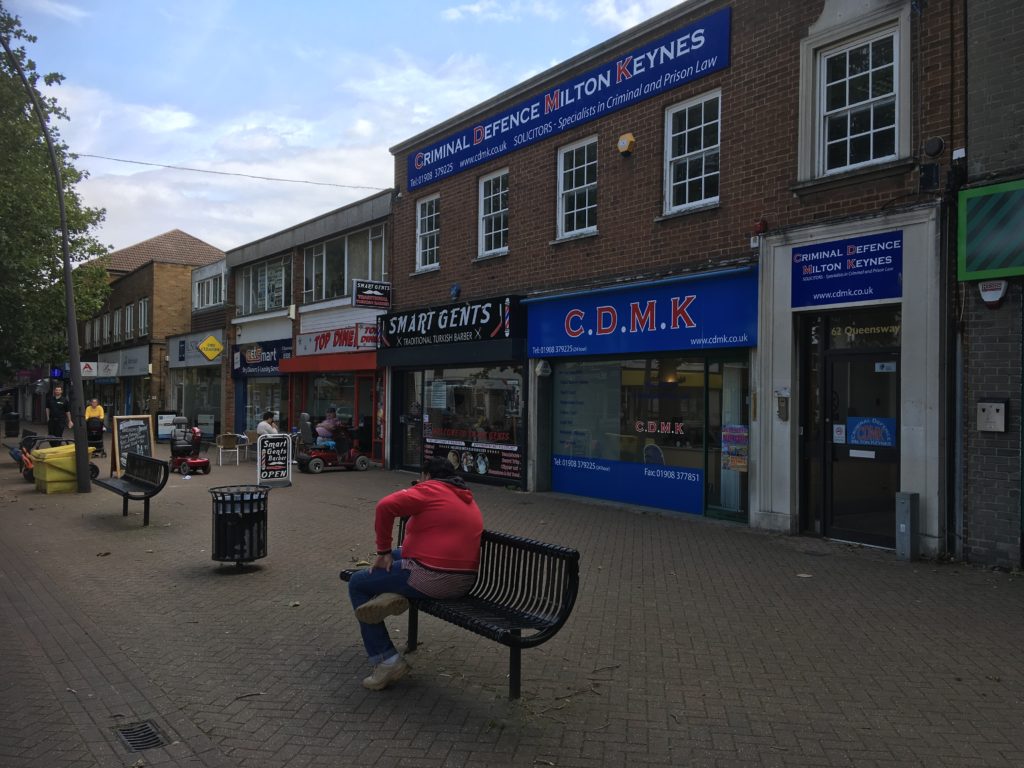
As a former teacher, I am aware that Britain has low levels of literacy and numeracy compared to the rest of Europe, but has made enormous efforts and committment to what used to be called Personal Health education- as befits diversity.
It is interesting it needs the media and political elite to keep telling working class people what they really voted for when they voted to leave the EU. After the extension of the vote to working men in 1867,, one of the Tory Minsiters, Robert Lowe, said ‘We must now educate our masters.’ And so came the 1870 education Act for compulsory State funded education,
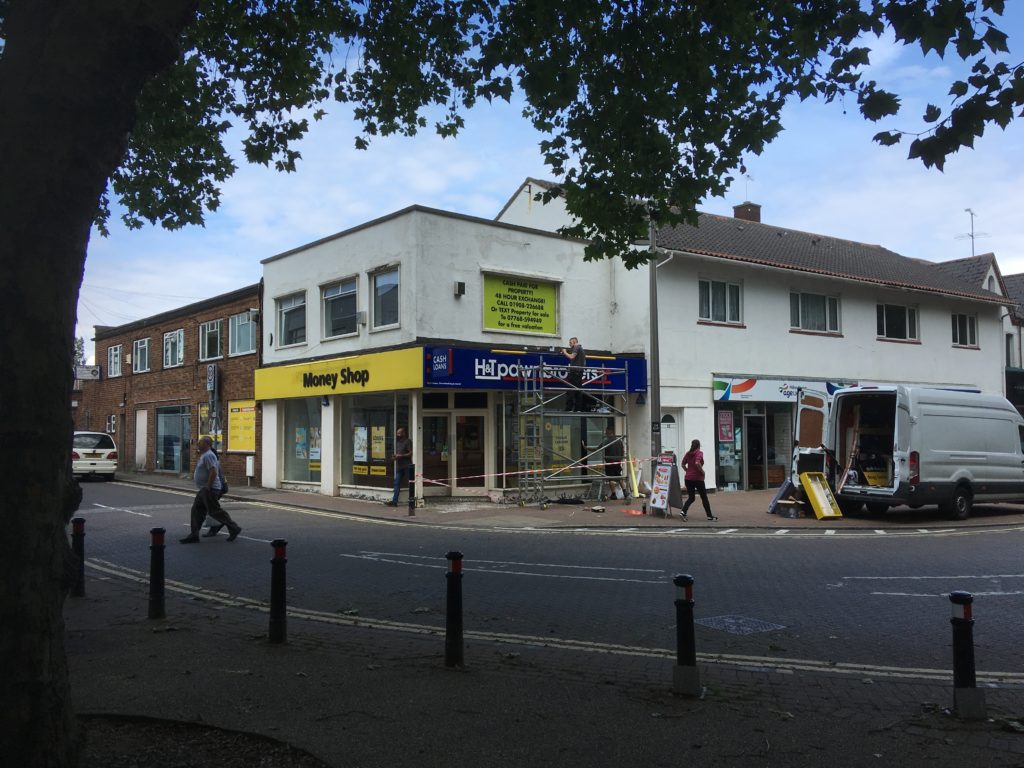
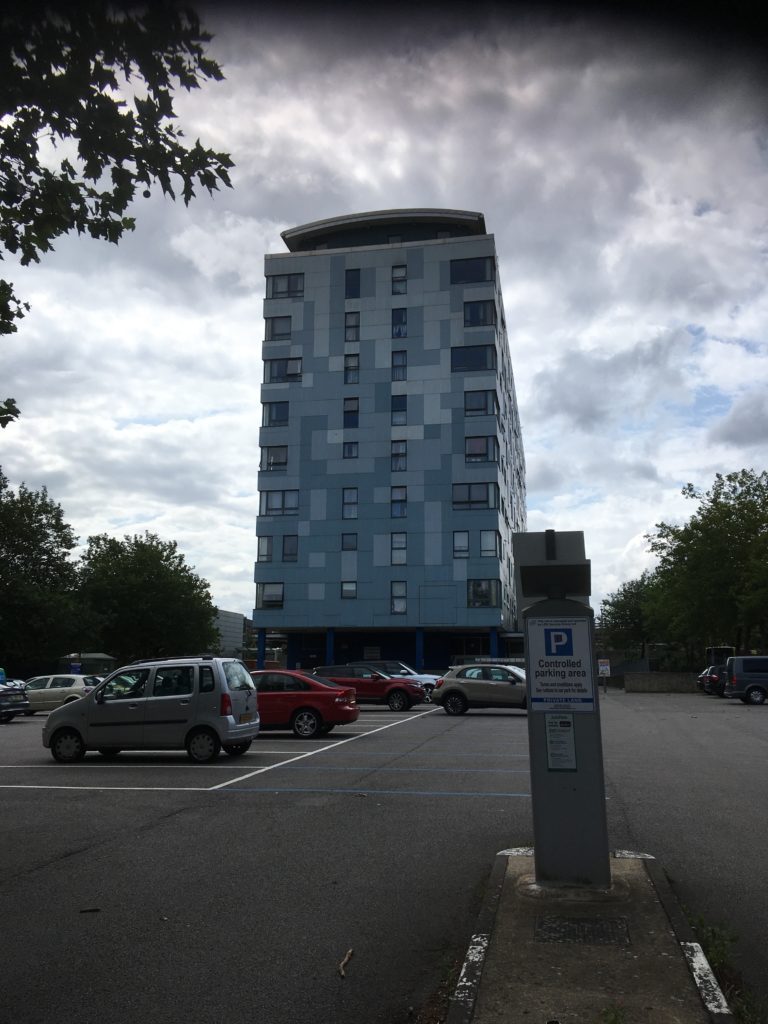
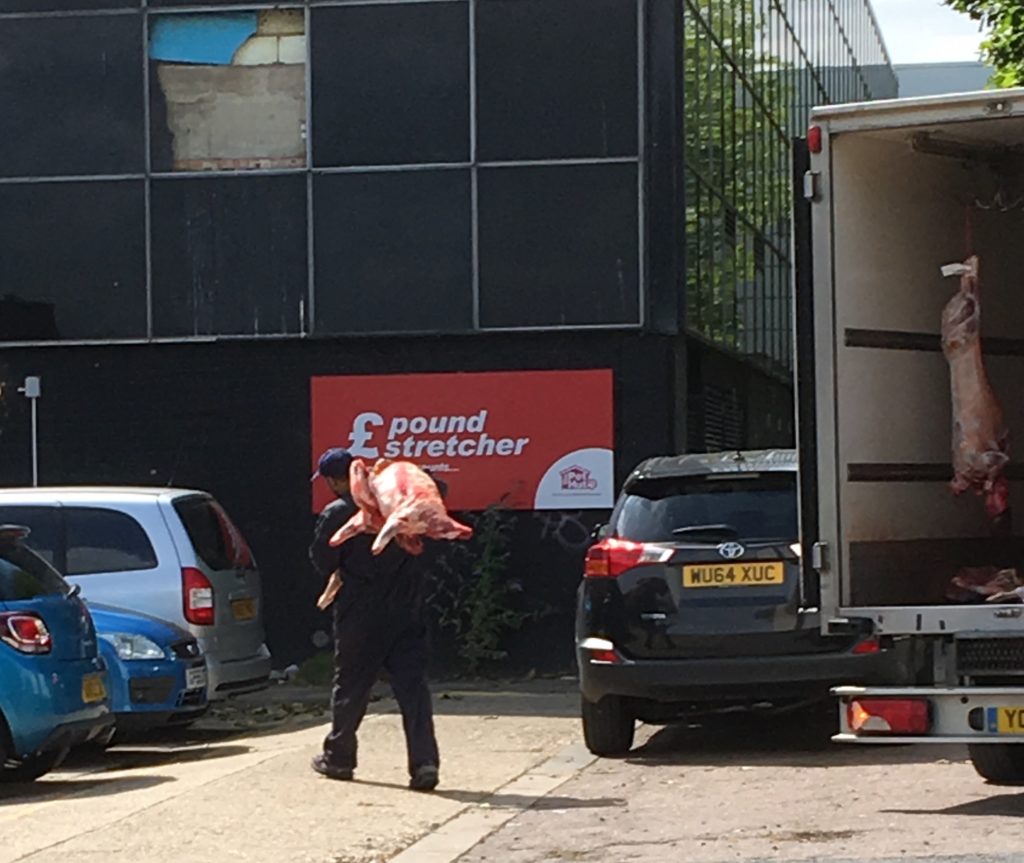
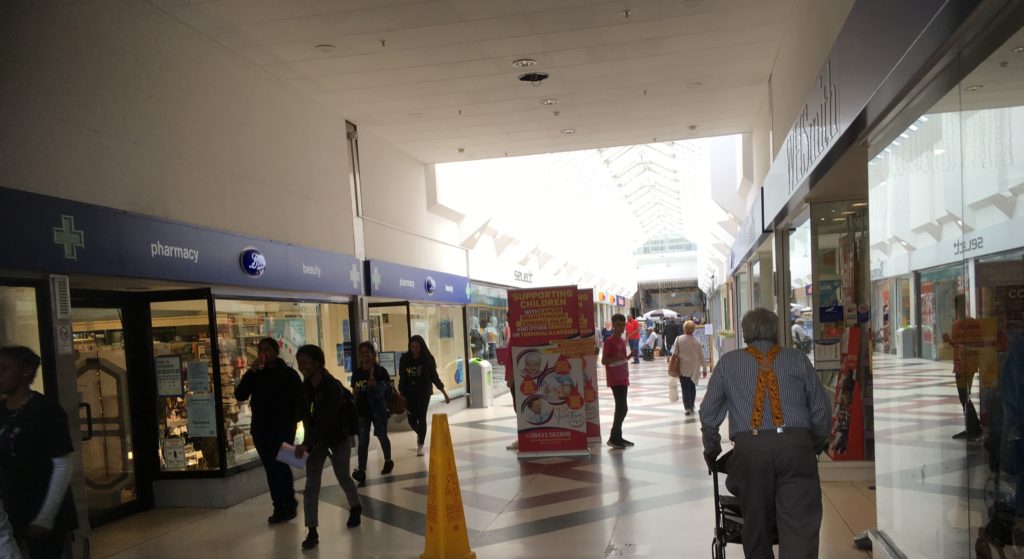
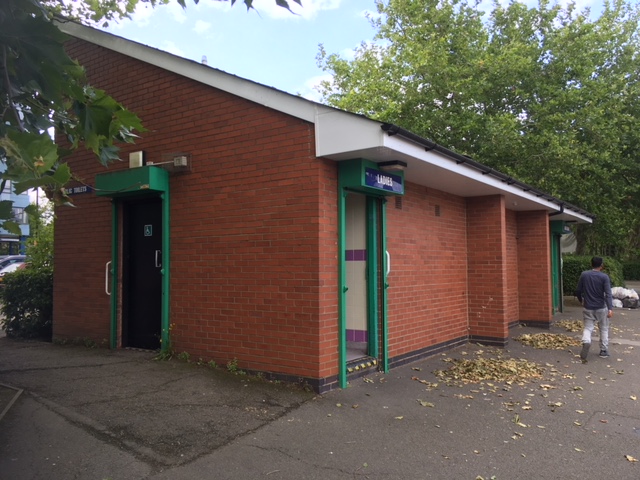
This is the locality where I was born and bred
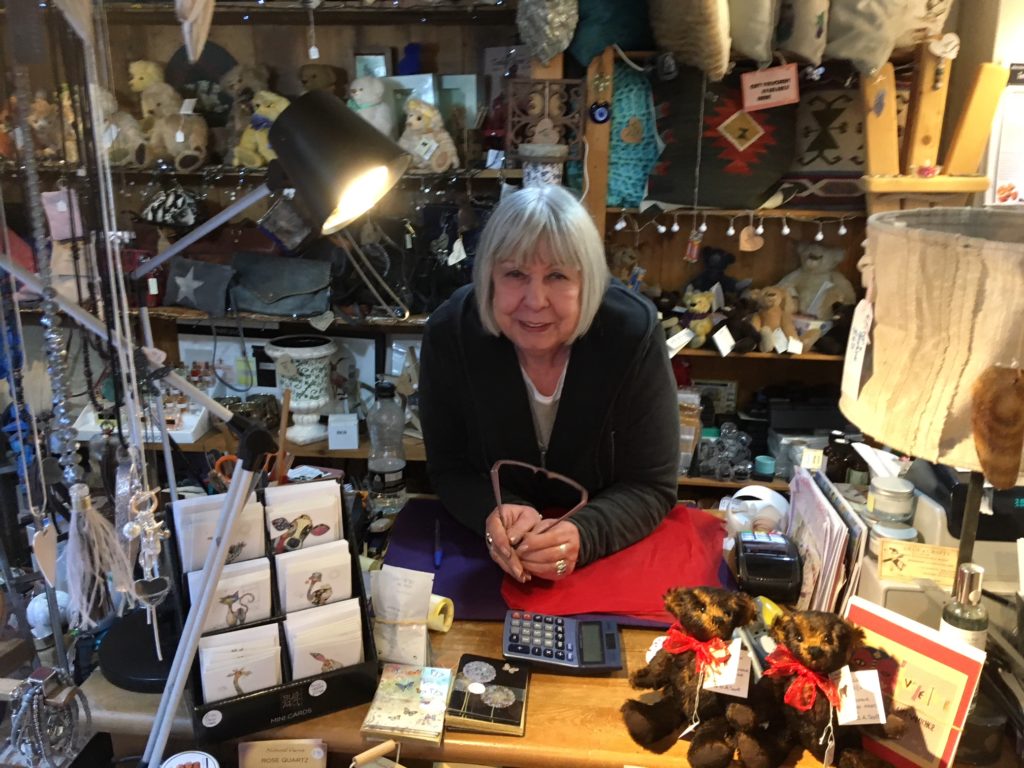
image Appledene Photographics.
Story of the Winslow soldier who died on the last day of The First World War

The 11 November is a poignant date for everyone, marking as it does the anniversary of the end of the First World War and subsequently becoming ‘Remembrance Day’ for the sacrifices made in all armed conflicts.
However, for some families this day holds a more devastating meaning. Approximately 600 British soldiers died on the final day of the war. In a conflict that many would argue was pointless to begin with, these losses appear especially wasteful.
Sadly, a man from Winslow, Sergeant Robert Charles Cook, serving with the 9th (Service) Battalion of the Norfolk Regiment, was one of the men to lose their life on the final day of the war. He was just 21 years old.
The soldier was the son of Robert and Mary Cook of Market Square, Winslow, and had been working as a gardener before he enlisted on 21 October 1915, aged 19.
After being promoted to Lance-Corporal, he arrived in France on 19 February 1916 and took part in the Battle of the Somme, where he received gunshot wounds to the leg on 15 September and had to be evacuated back to Britain for treatment.
Cook recovered and was sent back to France, now as a Sergeant, in the summer of 1918 to help with what would become the final advance through Flanders.
On 18th September 1918, he was shot through the spine, leaving him paralysed from the waist down.
The brave Sergeant fought for his life for almost eight weeks but finally succumbed to his wounds on Armistice Day, 11 November 1918.
Sergeant Robert Charles Cook is buried in the St. Laurence Churchyard in Winslow.
Winslow is commemorating Remembrance Day with a service at the war memorial followed by a parade to the Royal British Legion which starts at 10:30am on Sunday.
The full story of Robert Cook is told in the book ‘Winslow Fallen in the Great War’ by Mark Randall.
Posted September 1st 2019
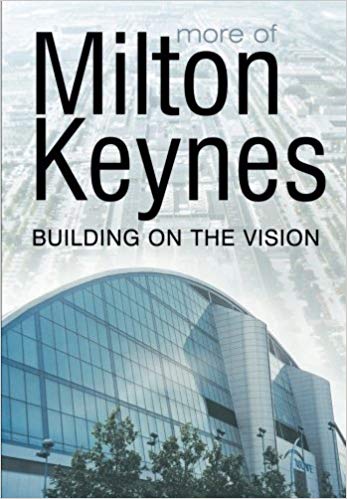
For those who visit this site for local history, I apologise and promise to develop this page in the near future. I have written a number of books on the area and have read widely on the subject. This is the locality where I was born amd bred, seeing many changes and spending some time working for contractors building the new Milton Keynes, which ahs yet to be designated a city.
I have close links with the area and fond memories of my youth days running for Wolverton AC. My dad was a d lorry driver based at Bletchley LBC brickworks until a stack of bricks fell on him and killed him when I was eleven and he was 39.
In more recent years, apart from writing books on the place and time as Politcal Editor of Milton Keynes.Com, and as a columnist for the now defunct Bletchley Gazette, I have been a food delivery truck driver, seeing parts of Milton Keynes that most do not. I was also rejected for senior teaching job at trendy snooty PC Stantonbury Campus back in 1986. In my view the staff were a lot of comfotably off smug patronising posers. The same goes for the City;s folk clubs.
I got beaten up on the pavement outside one trendy club full of off duty opd after snging my song about how the City of London cops got away with likking innocent Ian Tomlinson at the G7 protests.
The comfortable MK bourgoise prefer songs about our fake heroic imperial murdering past, where the soldiers and sailors were as much slaves as the perons the ruling elite sent to kill. I nearly got kicked out of ‘The Last Night of The Proms’ in 2011 for simging ‘Britains a;ways always will be slaves.’ A posh prig in an epensive seat in front of my expensive seat did not like my words. Oh Brexit, what a laugh.
Robert Cook September 1st 2019

Avaialable from Scott’s Trading Winslow Market Square.
‘Winslow Plus’ Part One ‘Boxes’ by R.J Cook with Charles Close
Copyright R.J Cook and Charles Close May 2019
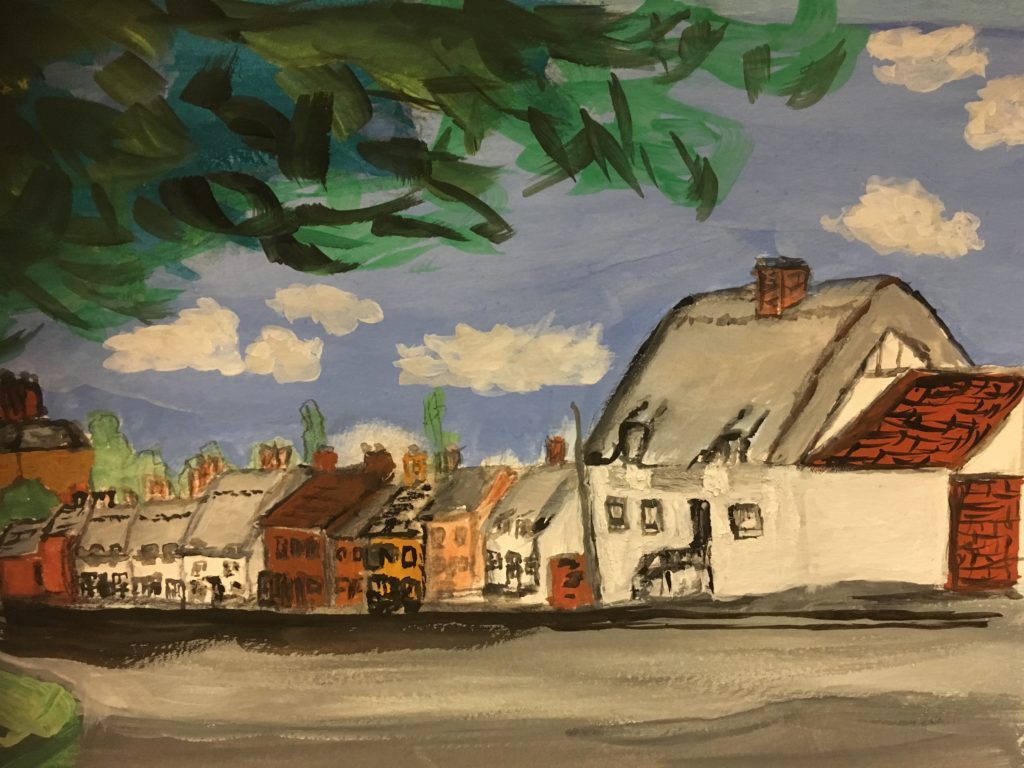
An old painting of Sheep Street Winslow by Robert Cook.
Introduction.
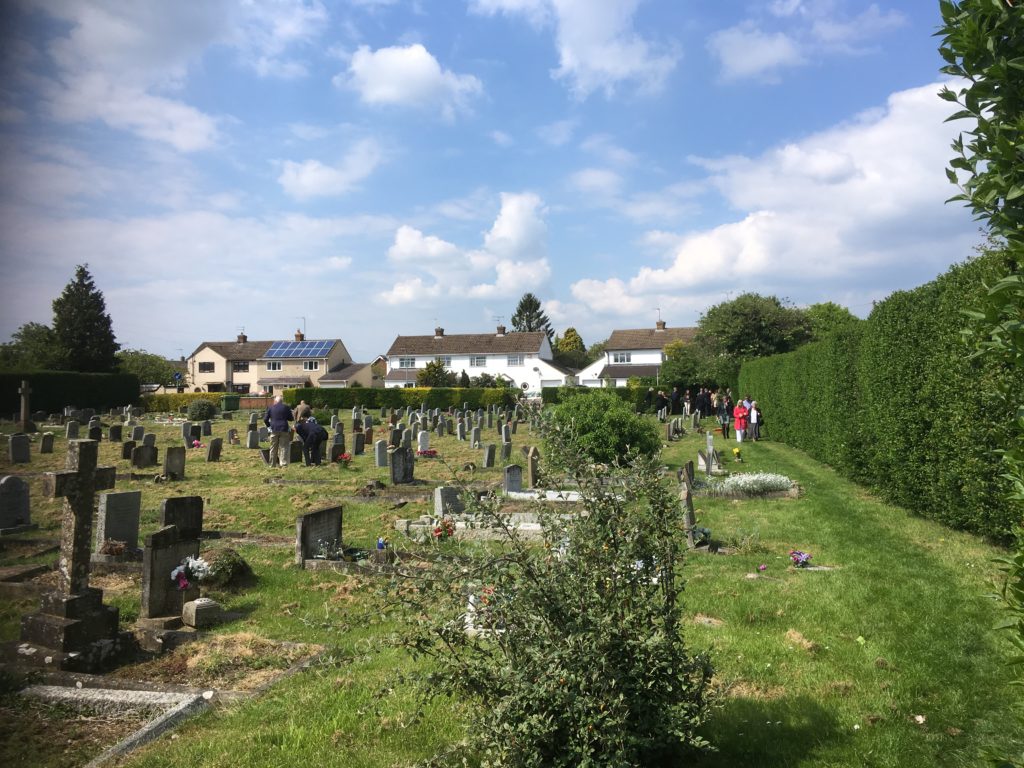
The burial of local historian Norman Alfred Saving May 2019, St Laurence Church. My hard working exploited loving late mother was married at this church on VE Day 1945. She is now buried here with my father who died in 1962. The burial ground is a history book for those of us who know the town and its past.
Before saying anything else, I do not profess to be a local historian. I write what I feel and what I think. As a former local reporter and senior town councillor, I made many bad decisions and enemies. For the sake of community and history, I originally joined the council to save the town’s new burial ground site which councillors wanted to sell off for development.
That may have been right to do, but my lack of vision was to freeze the town in its past, which I romanticised . Now I understand no one can stop decay, new growth and change.
One should be concerned only to help improve on what is and what was. We are at best links in a chain. Memories and history are places to go if we want the past to remain with us.
While I was writing this little booklet my old local history guide and mentor Norman Saving died, aged 83. On April 26th this year I visited his widow Ann who had been our next door neighbour from 1958 until we moved in 1993.
It was a moving experience once again, standing in front of ‘Penny Cottage’; which was in very close proximity to my old family home. So many memories came flooding back.
The Saving family’s history in Winslow goes back to the 16th century and Norman was a man with many memories, an instinct for local history and a man I often argued with but always respected. Without his wisdom and knowledge my first book on the town would never have happened. Norman was a wonderful sceptic who knew more than he, and many on the Town Council ever realised or appreciated.
When I was working on my original ‘The Book of Winslow’ I spent much time talking and walking the boundaries and back ways of the tiny town with Norman. He warned me never to trust the memories of the old folk. In spite of our differences, Norman and I shared a distrust of authorities and self serving unccountable remote careerist bureaucracy.
The day before Norman’s funeral. my property was robbed by travellers. The police told me there was nothing they could do about it. I lost over £1000 worth of property and can expect more of the same regardless of all the taxes I pay. The police have other priorities for their computerised PC remote careerist bureaucracy.
That is the world I must now live in until it is my turn to go. In the meantime, who knows what is coming next in a very perplexing and uncertain world.
Like my mentor Norman Saving, I have always been one of the awkward squad, not an easy way to be. As Shakespeare put it: ‘To be or not to be, that is the question, whether it is nobler in the mind to suffer the slings and arrows of outrageous fortune or to take arms against a sea of troubles.’
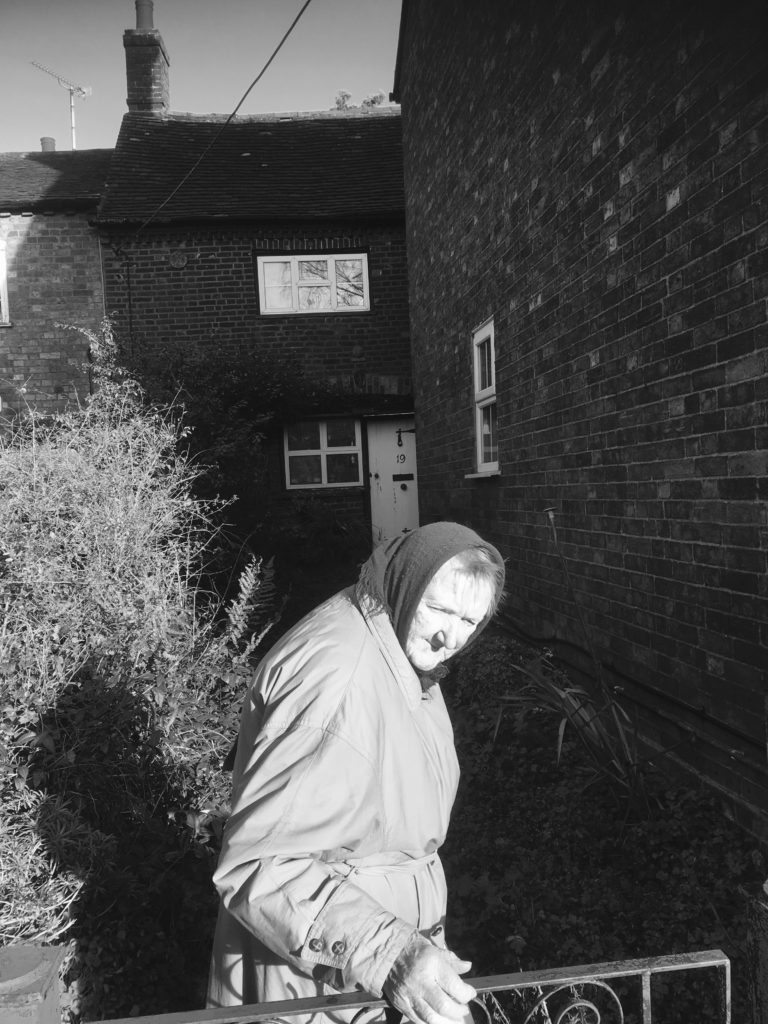
Ann Saving at ‘Penny Cottage’ closing her gate in April 2019. Her and Norman were both assaulted and robbed on this path, after being followed home from the post office on pension day. The robbers were not pursued, so not caught. My old house and birthplace is on the right of ‘Penny Cottage.’ When I was a poor boy, few folk could afford to go away on holiday. So when asked where they were going, they never said Margate, they said Ourgate! We never locked our doors because we had nothing worth stealing.
Chapter One Innocence

Robert Cook standing, with Michael Sellar on sledge during the very deep snow of January 1962, Tennis Lane Winslow
I remember looking up out from my green framed pushchair toward Winslow’s grandly named High Street, for the first memorable time, realising that I existed. The year must have been 1954, the springtime sun shining, but weather was cold enough for me to be wearing what was called a siren suit, after Prime Minister’s Churchill’s predilection for the one piece he wore ready to take cover when the air raid siren went off.
It was a bewildering defining moment. I have been confused ever since, trying to make sense of things, often going against the grain of allegedly normal life.
Seeing things, hearing smelling life for the first time was an overwhelming experience. I was just over three years old.
As time passed, the little North Bucks market town of Winslow made stronger and more vivid impressions on me. I began to make out the detail inside the vast chamber of Hawley’s grocery shop- now ‘One Stop’.
The front of the tall building was covered in ivy. The bricks were thus out of sight, so it looked as if the whole building had grown out of the soil. Within this joyous big cave, there was a strong aroma of tea.
This pleasantness escaped from big plywood tea chests when the silver foil membrane had been cut open so that tea could be scooped up, put into blue paper bags, then weighed out by the ounce on the big white painted scales set upon the high wooden counter. Cheese was also personally measured, cut with cheese wire, weighed, then wrapped in greaseproof paper for sale.
All about the place, on its wooden floor, men and women wearing white coats with long aprons were noisily moving boxes, packets, bottles and tins. They had a rival from a similar enterprise, the Co-op, on the market square, but Hawley’s had class.
Young Peter Hawley had been an RAF bomber pilot, cut down in his prime, but not forgotten in the churchyard. Bob Holmes, meantime rose to be the cheeky chappie who managed the Co-op. When I was pre school, he gave me sweets for reciting naughty ditties taught to me by my sisters girl friends in the street.
Busily Hawley’s customers, mainly women, but also some crusty old farmers from surrounding villages, wearing dirty coats coarse shirts and baggy dusty old chord trousers held up by lengths of string or braces, their battered moth eaten hats and caps askew, waddled in for supplies, here and at Midgeley’s ironmongers across the market square. Smokers were commonplace amongst them. Tipped cigarettes were for wimps. The cancer link was then unknown.
These people came and went. Most were bulbous women in drab coats, green, black, brown or blue. Dresses were cheap and worn way below knees, fat varicose veined legs covered by thick stockings. Head scarves were worn like turbans. They were hiding piles of hair in curlers. Honest sweat was the natural odour without gender bias in summer, the season of flies and rural fragrances from the fields.
These were the days long before the boom in hairdressers, Home perms were about as exotic as it got for most people. Ladies with perfume and make up on were scarce and better off in money matters.
There was a lot of head nodding and talking between these mainly plump red faced women. They had much to say to each other, ‘ooing and ahhing’ faces moving in judgement laughter or shock, depending on the gossip.
Of course I didn’t realise what gossip was, only that these people knew each other and liked talking. At my age then, I knew very few words, so the sound was a song like blur. They might just as well have been birds chattering.
Next shop for us was the Co-op butchers, a pokey little place at the top of the street, on the other side from Hawley’s. There were no zebra crossings in those days, but traffic was not so heavy as now.
A lot of the floor was covered with saw dust, Men with steel choppers were hacking at bones covered in animal flesh on bloodstained benches. The bespectacled man in charge was Bert Goodman, a man I later learned, while working for him, was too fond of beer.
Half sides of pigs hung head down from hooks stuck into them, attached to sturdy chrome plated steel rails connected to the ceiling.
The lumps of meat being hacked at were not obviously once live creatures, but these half sides of pork were such remnants. They looked like the animals that paddled about in the mud in the little paddock opposite our tiny house, number 21 Sheep Street. They represented the difference between life and death.
Of course I didn’t then know what meat was. I remember seeing it all, looking back I understand. But I was still on baby food, not interested in what grown ups ate. Didn’t even know the bigger people were grown ups, didn’t know I would become one. As far as I knew Winslow and me would always be the same.
On the way to the butchers we had passed the post office to collect the family allowance. By this time I learned that I was a boy and girls were different. They were so mysteriously different that when my sister, who was three years older than me, had her weekly wash in our tin bath, in front of the living room fire- we had no running hot water, so it was all boiled once a week in kettle and sacepans on the gas stove- I had to be kept out of the way.
In contrast, when it was my turn to be bathed, anyone was allowed into the room, including neighbours. Girls’ clothes were different too, so many clothes, colours. patterns and elaborate. I wondered why.
So it was slightly disturbing when a curly haired lady behind the high wooden post office counter, who I later knew as Doreen Tofield, looked down at me in my little pale blue hooded siren suit, asking in a singing warbling sort of voice: ‘Is it a little girl, she is so pretty, she must be.’ At the time, all my blonde curls were peeking out from under my hood, like the halo of a saint, a picture of proverbial innocence.
Chapter Two ‘A Country Bumpkin.’
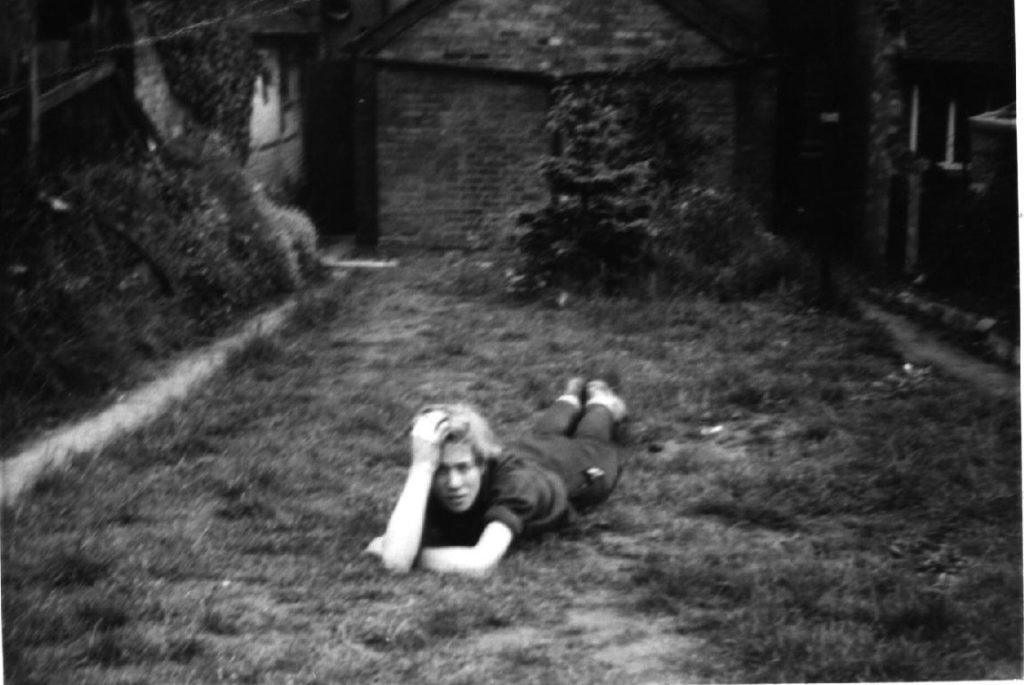
The author and angst ridden thinker Robert Cook, summer 1964, Sheep Street back garden. This garden had been my playgound, a wonderland full of imaginary cowboys and indians, Germans, World War battles, space stations and so much more. I buried toys in that garden to keep them safe. Obviously I was very insecure. That garden seemed such a very big place back then. A year used to be such a long time when I was a child. My favourite day was Christmas. After my father died, my mother did her best to keep the presents and happiness going. Cold made it warmer somehow as we clustered together.
My family background is eccentric. Winslow was, and still is, the English class system in microcosm. Mother was from the comfortably off Walker and Cripps building families. Her Great Uncle Harry Cripps was the County Highways engineer who drew up plans for council houses and by passes in the twenties and thirties..
His big house in then posh Buckingham Road, where he lived with wife Ruby, was called ‘Gubblesgore’. The garden was so big it was sold off for housing in recent years. I remember Harry’s childless fur coat wearing widow, Aunt Ruby parking her black Ford Pilot car outside our house to deliver strawberries.
Mother’s father was a wandering Southern Irishman, coming to town during the harsh post World War One years to work, as many Irish did, to hated England, for employment as a groom at one of the big houses during the 1920s. So much for the luck of the Irish.
World Trade Depression followed soon after him. So off he went for menial work in North London. He is buried with his wife in Finchley Cemetery.
My mother was his fifth born- Catholics take the bible too seriously- with my maternal grandmother dying from what they used to call milk fever two weeks later. The year was 1924. So she was brought back to her Winslow grandparents to be raised.
The woman she had thought was her mother died fourteen years later. Then my mother was sent out to work as a cleaner for the post master’s wife. War came in 1939 to broaden her horizons.
The RAF moved into Winslow Hall in Sheep Steet, commanding local airfields as HQ to 92 OTU ( Operational Training Unit). Mother got a cleaning job there. RAF bomber crew survivor Sergeant Dickie Dyson married local girl Mavis Byford. Her father was on the ship that fired the last shot in World War One. Dickie told me: ‘When I was based at RAF Little Horwood, the CO told us that the Bell Hotel was for officers only. Phil and Bill Neal, who owned it replied to this with a message, we decide who drinks at The Bell. ‘ One has to ask what working people thought they were fighting for?
The local airfield was built on flat farmland between Little Horwood and Great Horwood Roads. So arrived with the RAF, 17 year old Bill, the love of my mother’s life who came up to speak to the woman he called ‘blondie’ on Winslow Market Square. Being from the North East, my late mother had trouble understanding him.
She had just washed and was drying her long blonde hair by the town’s main pump. He was a rear gunner on a bomber. Aircrew had a one in three chance of dying, So it wasn’t long before she was alone again. Crews were training.
Their first sorties, out on Wellington bombers, were propaganda leaflet raids. Night training was dangerous. My mother saw two Wellingtons collide over the North Marston Granborough sky. She told me that all the little pieces of aeroplane were like stardust floating down to earth.
The worst disaster killed many just behind the High Street. The young pilot lost his bearings during night training, thinking the High Street was the airfield runway. Only young Sergeant Harrington survived.
Soon after this happened, mother left her cleaning job at RAF HQ, Winslow Hall, to work as a lathe operator at the Firs bomb making factory in Whitchurch, a place affectionately known as Churchill’s Toy Shop. My free thinking mother did not like Churchill, referring to him as a war monger. No doubt the death of her brother with the London Irish Rifles coloured her judgement, along with the loss of her sweetheart.
She met my military police man father when he was on guard duty at the gate outside her workplace . Edward John Cook the first had been a regular soldier wounded at Dunkirk in 1940. He was a hard man from the grim back streets of Islington North London, close to where my mother had been born. Transferred to the Military Police, he trained Alsatian dogs.
So it was his ambition to own an Alsatian of his own. That’s how dad came home from work one March Saturday, his birthday in 1957, unleashing the starving beast one of his dog breeding workmates sold him cheap. ‘Prince of Winslow’ was five months old and had been returned to the breeder as untrainable.
Dad thought he could tame him, nearly losing an arm in the process. His threats to have ‘Prince ‘ put down roused me to one of my few moments of rebellion. ‘Prince’ was left alone with a truly Royal life style, reposing like the Sphinx on our back room dinner table, removing himself only for long walks, meat eating and tea drinking from a bowl. ‘Prince’ became my very best friend. As with my mother and father, I have never stopped missing him.
I have never liked hard men, but discovered dad’s softer self while sitting at the bottom of his painful death bed, he talking about his life. I was only eleven years old, before they took him away to hospital to die.
I stayed home from school in the January winter of 1962 to be with him. The house was very cold, we lived on National Assistance, family allowance and the pittance my mother earned as the ‘lollipop lady’ seeing kids safely into the school at the top of the hill in Sheep Street.
A stack of bricks had fallen on my father. The rather condescending ex Royal Navy Doctor Rudd told him he had bruised ribs rather than a broken rib sticking into and ripping one of his lungs. Removing the lung did not stop the infection that killed him.
As an ex NCO, my father had the utmost faith and trust in the officer class even though he did not believe in God. He was very English and knew his place, so in that sense he suited Winslow more than I ever did.
Father had used to cycle over ten miles to Bletchley brick works and back every day in all weathers- it was such a privilege to be a man back then, nearly killed fighting for his country, then finally killed by his job.
Though we could not afford the cost, the electric fire was on all that winter time. Our house was draughty, so a lot of the heat went out the doors and windows.
I sat close to the fire, listening so intently to my father’s stories, that one day the heat started scorching my blue jumper. If he had not smelt the burning I would have caught alight as I was too cold to notice.
As a child, we were so poor, we slept under piles of old coats, with bricks heated before the open fire, to warm the bed. Going ‘wooding’ in local fields eked out the coal. March winds were a bonanza in this respect. Coal came to town via the railway.
Here the wagons were unloaded into the Co-op coalyard, then delivered in sacks by Les Rowe from an ex army red blood coloured Bedford OW lorry.
Coalmen wore black leather bibs, carrying the coal on their strong backs, coal dust painting them and clothes black too.
But that is me getting ahead of my story.
Father is long gone, so young when he died and just another working man.
Soon I will be gone too. Dad once said to me that Winslow was a very boring place, you could never buy what you wanted and everything was knee deep in cow shit. Lucky for him he was a lorry driver with the London Brick Company. So he travelled in his lorry, to places where he could get what he wanted. Luckily for him he had a house rented at a peppercorn rent from my mother’s property owning Uncle Tom Walker.
It was a pretty basic place but better than most had, on the sunny side of town and a welcome escape from the bomb sites and hovels of North London where my parents spent the first three years of married life , also where my sister was born in 1947. My father used to taunt me that mother, him and my sister were cockneys, while I was just a country bumpkin.
My mother often said that the best thing about the war was bringing new blood to Winslow.
Chapter Three ‘ A Religious Ruler ’
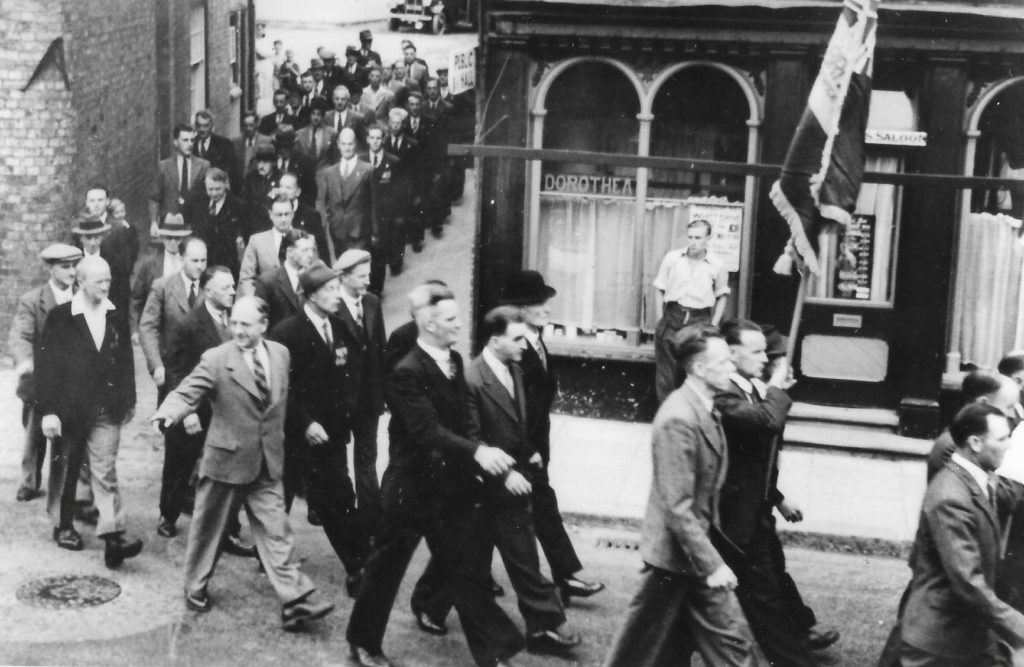
Royal British Legion Remberance Day Parade entering High Street in 1956. Approaching his death when I was 10, father told me that those who had really experienced the carnage of World War never celebrated or talked about it. I learned from his short life and death, the importance of scepticism {Author’s Collection}
Before I started school my best friend was the publican Frank Warner’s son Tony Warner. He had an older brother Brian who I never really knew. The pub was and still is called ‘The Nag’s Head’. There I sampled, thanks to Tony, my first cigarettes, though we never really knew how to smoke. It was popular with working men, very different from today.
Forever in mischief, I believe Tony fell from a tree in the fields that became Elmfields Estate behind the street, went off to hospital, his parents quit the pub for the council houses so I was left alone. There were other children around me when I started school, but they were tough council house boys, alien to over protected me. So it came to pass that I never played football as they did down the council house estates. ‘Give me the child until he is seven, and I will give you the man’ said the Jesuits.
Of course there were the nicer softer girls, but they were even more alien to me. According to my sister, boys were made of slugs and snails and puppy dog’s tails, while girls were made of sugar and spice and all things nice.
One Sunday Tony and I were playing in the street when he started shouting and banging on the wooden gates of the Curtiss’s home, former Black Horse pub (which closed by order of Lord of The Manor McQuoradale in 1924 because he didn’t like the noise so near his stately Winslow Hall) , next to ‘Penny Cottage’ in Sheep Street. Here, Peter Curtiss had a side yard full of cars for sale. Tony’s behaviour annoyed him.
So I was amazed and amused when a bucket of water slowly appeared above the gates, tipped and drenched little Tony who went screaming, shaking himself and running back to the ‘Nag’s Head.’
Another Sunday, a young rather elegant young lady called Joyce Hawkins trotted down to us on her stately high heels and in her Sunday best frock, asking if we would like to come to her parent’s house and watch television.
We both said a delighted ‘Yes please.’ She instructed us to go home and wash our hands first. It was the first time I ever saw such magic, rather concerned that all the little people in the box might escape and cause me harm.
By the time I met Tony again he had found Jesus, via the nurses in hospital. My parents, in spite of mother’s Christian upbringing- her grandfather Walker earned the nickname ‘Pius Walker’, his house on the market square being called ‘Perseverance House’ – were at best agnostic. So I would have none of this.
As a pre school child, and until my father’s terminal accident when I was 10, our only holidays were going back to my parent’s birth place and relatives in North London. It was an area then with many bomb sites, poverty and slums. Unfortunately, even as a young child I was too questioning.
My father was one of the first, if not the first cockney to set up home in Winslow. He was an outsider, who as a regular soldier aged 21, survived wounding at the fiasco of Dunkirk- after which Churchill sacked his commander Gort because Gort refused to fight to and kill the last man.
I could read before I went to school. So I read a poster on the Post Office wall while my mother was signing her family allowance book. It featured a mushroom cloud with something about the H Bomb. There were also stacks of pamphlets advertising careers in the army and navy,
When I went next door to my aunt Flo Cripps’s house I asked what an H bomb was, I learned the worst. That is when she told me about the Americans bombing Nagasaki and Hiroshima.
She told me that a local man named Bamsey had been a prisoner of war with the Japanese. When he came back home he was a bag of bones, so the Japanese deserved the nuclear bomb.
So having survived two years of infant classes behind the iron school railings, with all the hard knocks of being bullied by the bigger boys, knocked over onto the hard playground many times, I made it into Standard One, the first junior class hosted by the feared Miss ‘Polly Parrot’ Green.
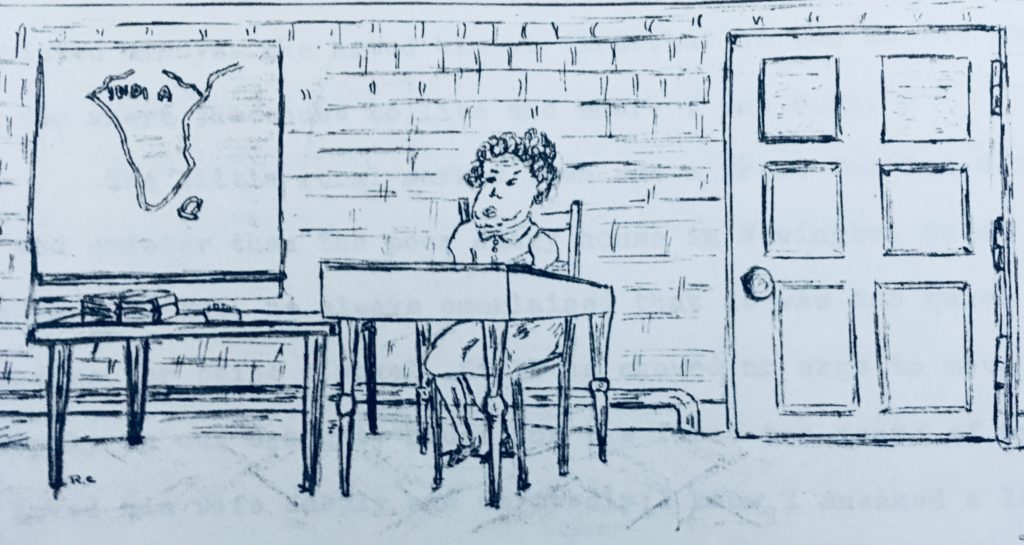
Miss ‘Polly Parrot’ Green as sketched by me during one of her lessons in 1957. Those were the days of ink wells and wooden desks with hinged lids and little spaces for our stuff. I never understood why I won so many art competitions while I was at secondary school though my teacher Mrs Taylor was inspirational in many ways- yet again I am ahead of my story.
The Christian religion was then the backbone of Winslow’s social order. Locally Lord Addington ranted about the dangers of the 1870 State Education Act, emphasising the need for bible teaching to be its mainstay.
So it came to pass that we sang ‘All things bright and beautiful all creatures great and small, all things wise and wonderful. The Lord God made them all, the rich man in his castle, the poor man at his gate, God made them high or lowly and ordered their state.’
The impact of two world wars made many ordinary people doubt the love and power of God for good. Other more earthly powers had been seen at work, captured and recorded on film and tape for future generations. The power of science had been revealed awesomely. The days of religious propoganda and simplistic explanations for life and death on earth were in doubt.
When my infant class teacher. Miss Cole, told us about dying and going to heaven, I wondered why I could not just get into an aeroplane like the Comet IV jet airliner and be flown there right away.
However, rural people were slow to change. The majority deferred to their betters , always voting Tory, crediting Churchill for defeating Hitler rather than wondering why Hitler came to power in the first place.
And so it still was when I entered Standard One. Polly Green was one of God’s finest warriors. So, one day in the autumn of 1957, Polly was sat high on her perch, in front of her old stately wooden desk, her hard leather wrinkled face topped by a pile of grey curls to rival Marge Simpson.
That morning, after playtime, Miss Green was telling our class about how the Bible was written. Maybe I was the only one listening. I noticed the girls always acted like angels, never noisy, looking pretty, ribbons in their hair. She was talking about ancient parchments and tablets being dug up in what she called, in softening respectful tones, ‘The Holy Land.’
As she spoke imperiously ex cathedra like The Pope , her beady brown eyes squinted and scanned the young subjects. Thin unpainted lips were pursed while she shared the secrets of the holy book, a grim black bulging copy of which lay under her gnarled 70 plus year old left hand.. I listened very carefully while she told us how all of this wisdom was excavated 2000 years earlier, then turned into a book telling us all about our creation and about what is right and wrong.
When she had finished, I cautiously raised my tiny young hand. A runnel of tension curled excitingly in my stomach. She looked down like a bewigged old judge out of touch with my lowly reality. ‘What do you want Cook. No you cannot go to the toilet. You should have done at play time.’ ‘No miss, please miss, I want to ask a question.’
‘Question, question, I never said anyone could ask questions. I am telling you the word of God. There are no questions.’ she squawked. Her old unmade up face was going red. What you saw with this tiny woman was what you got. That is why I liked her, and she fascinated me. I still feel the same about her. She was inspirational.
‘But miss, I don’t understand. ‘When I was young’ – I felt very old after being shut in this horrible Victorian style building for two years; the Sheep Street National School opened in 1903 and Miss Green looked as if she had worked their since day one. ‘Young, young, what do you mean. Do you think you are more than a little boy?’ Then with an evil smirk, she leaned back in her high chair, deciding to give me enough rope to hang myself, I suspect. This gargoyle of a woman was her own truth.
Undeterred, I followed my childish logic. ‘I used to bury my toys in the garden. I used to read Noddy books. I believed in Noddy. Does that mean that if I buried my Noddy books in the garden, then there was a big nuclear war, and in 2000 years time the survivors dug up my Noddy books that they would believe in Noddy.?’
Polly was parrot by nickname and a bird by nature. She swept down from her perch, her red cardigan flapping open, baggy blue cotton dress billowing behind her, beak of a nose pink with blood pressure, sensible shoes making her sure of foot.
To me she was more vulture than parrot. It was not as if I had not been warned by my sister and her friends who had passed through her wrinkled grasp before me.
So like a vulture she swept me up from my little wooden seat, claws on my skinny shoulders and flew me out of the room. ‘Stand there, don’t move you horrible little boy. I will see to you later.’ Bare legs trembling, fighting back tears, I stood like a guard at Windsor Castle.
‘Polly’s classroom door opened into the school’s only corridor. Its walls were gloss cream painted brick, no plaster, no faking niceness. Just past the headmaster’s door, on the end wall, a big clock tick tocked.
Always a nervous child, I had yet to master the skill of reading time. Standing there, legs quaking wondering what I had done and what punishment to expect, time stood still for me.
Then at last I heard the bell ring, I heard the scraping of little chairs over the rough splintery unvarnished parquet floor, squawked commands, then the door flung open. Children scuttled past me, girls first as always. Then for long moments time stopped once more.
At last out came ‘Polly Parrot’ beady evil eyes looking me up and down, twelve inch ruler in hand. Not a word was spoken, Swiftly she bent down, aiming the springy wood at my little bare legs. There were scabs on my knees from where big boys had pushed me over for laughs so many times.
My long grey socks were down around my ankles, making my calves a softer target. I looked at the pile of grey curls, smelt her well soaped body, then felt the sting as she slashed at my legs in her biblical frenzy. Still not a word was spoken. Up she got, turned on her sensible flat heeled shoes, scuttling back into her cave.
I was too surprised to cry. So many years later, I am grateful for that valuable lesson she gave me. There would be many more lessons and teachers, but that was more than six of the best. She was very religious ruler.
Chapter Four Fun in those Days
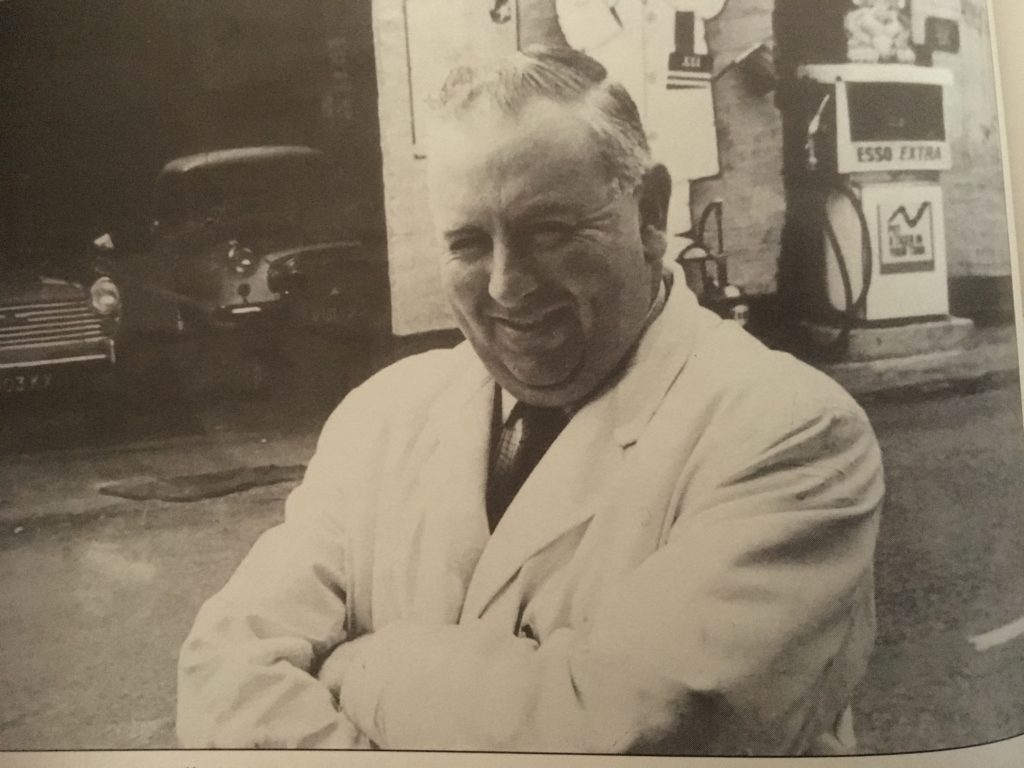
Les Brazier outside the Bell Garage in Sheep Street 1963.
I always dreaded being old. My father was 41 when he died in great pain. Mother said he was over the moon when I was born on a cold winter’s day in December 1950.
Every birthday she told me the same story of how, in the early hours of December 6th, he skated on frozen ground his way up Sheep Street, High Street, Avenue and Park Road to rouse Nurse Rolfe, a distant relation on her side of the family.
The street lights went out at midnight in those days so he did it all in the dark. Traffic was scarce and we poor folk had no telephones.
Born during the so called ‘hour of the wolf ‘ in the upstairs front room of number 21, apparently I refused to breath and Doctor Murphy had to be called urgently.
A bowl of cold water and smack on the bottom did the trick. So I have been here ever since, though it has been touch and go. As with all of us, my time will soon come. ‘All things are bounded and temporal as one of Winslow’s old vicars, Rev H. I. I. Denny said long ago. ( see ‘The Book of Winslow by Robert Cook ).
Relieved to hear me crying for the first of many times, there was celebration, though dad would soon be back behind the wheel of his old lorry.
My passion for cars and trucks came from my dad’s work as a lorry driver and truck mechanic, skills learned during life in the army. I grew up with the smell of diesel and petrol, riding in my father’s brick lorry along with the rest of the family at weekends and in school holidays.
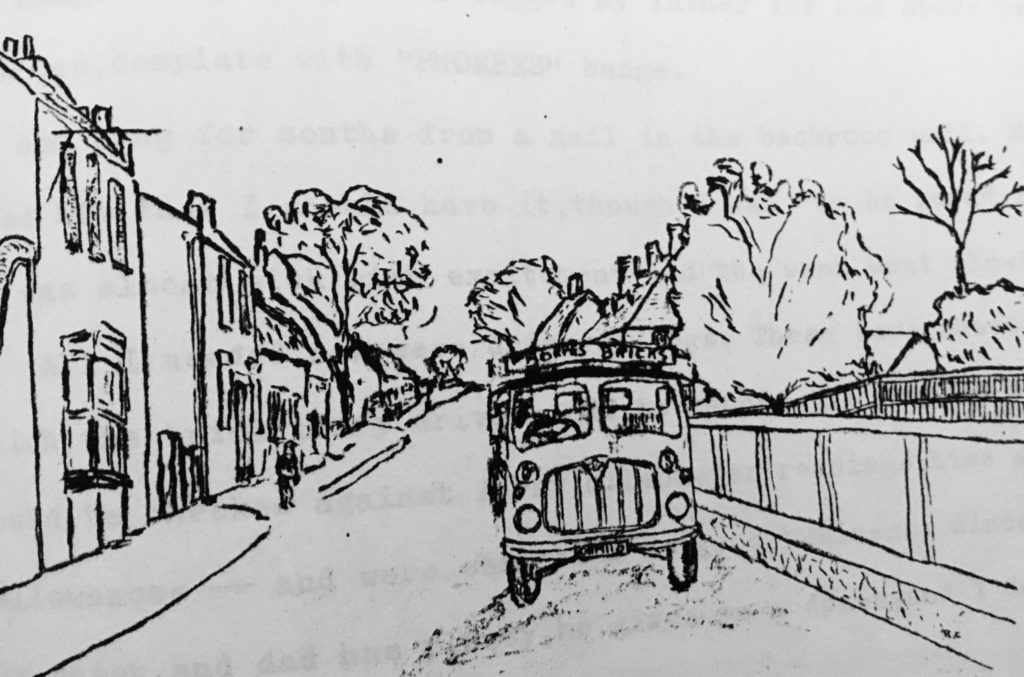
My school boy sketch of my dad’s brick lorry waiting to pick us up for a summer time excursion into the ever expanding house building sites of South Bucks in the 1950s. We never knew until the night before where we were going. The most exciting place was Hayes in Middlesex, close to Heathrow Airport. If dad had enough spare miles he would park by the airport’s boundary fence so I could watch the airliners landing and taking off. That was when I saw the world’s first jet airliner, the DH Comet.
I admired my father’s trade so much, I could not wait to grow up and drive a brick lorry of my own. He had built me a soap box cart complete with braking system when I was about 8 years old. So in my mind it was a brick lorry. That was when I decided I wanted more carts and to build my own. They would be a fleet with numbers on.
When dad was building his chicken houses and chicken runs in the garden, he dug down to get some sand to mix cement, passing through clay. He explained it all too me. So when he had finished, I dug holes, dug out the clay, made cubes which I left to bake in the sun. (Read my book ‘Bucks Bricks’.}
Then I loaded them on my cart, got a neighbour’s boy to push me into town delivering my bricks in people’s front gardens. My father soon closed my brickyard down because he and mother kept tripping over all the little holes in the garden.
The Bell Garage at the top of Sheep Street, just before the High Street was another wonderful place for me. The proprietor was Les Brazier, a farmer’s son who loved engines more than farming. There were all sorts of cars there, filling up with petrol or being mended.
I interviewed Les in 2000. He told me: ‘I bought the Bell Garage in 1952. At one time it had been run by the Bell Hotel. I bought it off Peter Curtiss who carried on working for me. I remember we had an old Hillman Minx down the side of the garage. Peter said we ought to start it up so we could sell it. We got a battery and turned it over. No good, so we poured some petrol down the air cleaner. All of a sudden it backfired, caught the can of petrol alight that was in Peter’s hand. He threw it in the road right in front of a man riding his bike. Lucky it didn’t hit him, but we did get it started.
‘We were right on the main road which was often busy. Mr Wigley- a prominent auctioneer and land agent- senior used to drive across the Market Square to get petrol. We’d stand there directing him. He was very deaf and would sit in the middle of the road in this old Austin 10. By the time he’d got it in gear there was something coming, so we’d shout ‘Stop’ and he’d say ‘You said go’.
‘He’d ring up a night or two later and say ‘Mr Brazier, would you come over, the car’s in the rose bushes. ‘ He’d had one too many. We’d go over to Steeple Claydon and we’d get it out. We had some fun in those days. Cars were still pretty basic. There was no unleaded petrol. You were mostly taking the heads off the engines and replacing the valves. Not many cars did more than 40 mph.’
There was no breath testing in the good old days and few road accidents to my knowledge. I remember a BBC personality living locally, I think his name was McDonald Bailey, killed with his wife driving home to Winslow in about 1957, near Shipton. He lost control of his Austin car at the top of No’rs Hill. But with increasing traffic there was worse to come.
Winslow had its own police station in Station Road, run by Sergeant Barringham. He had one grim black police car for himself and driver. The rest of his large team rode bicycles.
The worst crime I recall back then was when the local school was burgled, the thief taking a stop watch and starting gun, God knows what for. The magistrates court adjoined the police station, overseen by Captain Micklem. When the session was over he would adjourn to the Bell. Micklem had a tin leg.
Interviewing local deli owner Maurice Newman for the Aylesbury Plus newspaper, back in the 1980s, Maurice told me that local Tory stalwart Captain Micklem was his CO in wartime Oxford, beds and Bucks light infantry. I said ‘Oh yes, he was a war hero, lost his leg.’
Maurice laughed. ‘He lost his leg fooling around with a rifle, drunk in the barracks one night, shot himself.’ Obviously I found that hard to believe, but who knows, as a local top cop once said to me! There is no doubt the Micklems were prominent, and all families have their troubles.
Those were the days when the fledgling TV advertisements promoted drinking with ditties like ‘Guiness, Guiness gives you strength.’ The town had nine pubs in the 1950s, counting some members of the local constabulary among their regulars.
Getting ahead of my story again, I recall serving drinks to Barringham’s successor, then staggering Sergeant Gilchrist, at a local dance in 1971. He was in the company of equally inebriated Dr Patrick Murphy. As a matter of interest, the good doctor had served in the merchant marine on the Russian convoys during World War Two.
When Doctor Murphy wanted lunchtime relaxation he had a problem. There were no secretaries or answer phone at Norden House. He explained to me, during an interview for the ‘Aylesbury Plus’ newspaper: ‘I would ring up Mr Carpenter- a retired chimney sweep- at Winslow Telephone Exchange and maybe say: “Mr C, I’m off to the Folly for half an hour. Let me know if any urgent calls come in.” He would often reply: “I suggest the Shoulder of Mutton, doctor, most of your friends are there.” ‘
Chapter Five Just the Ticket
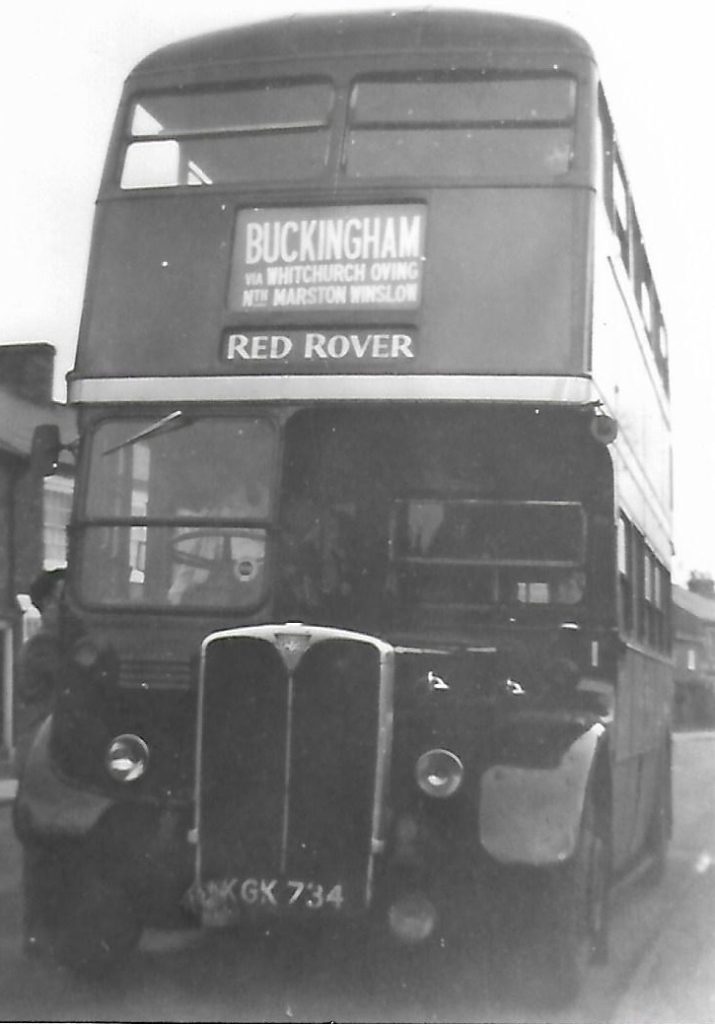
- M Cain started his bus company with his brother and uncle in the early 1920s but was forced out of London when London buses were nationalised into London Transport. Here is one of Red Rover’s ex London Transport buses in Winslow High Street, being driven by Mr Howlett, the man who founded Acclaim Travel with his wife Grace Durham who can be seen chatting with him in this late 1950s picture ( Grace Durham. The Red Rover Story by Robert Cook )
The word omnibus means for all. The word was shortened to bus, but buses have never been for all. Buses were intended for the workers. Railway trains also used to be affordable for the lower orders, even if they had to travel third class.
These days the nationalised railways have been given back, rather than sold to private capitalists by the locally admired Tory Government. Ticket prices have soared for the commuter market from dormitory towns, better off locals driving their BMWs at break neck speed to Milton Keynes and Aylesbury stations for well paid jobs in other town and Londons.
These high paid folk have pushed house prices through the roof while council houses have been sold off at a song, then re sold at vast profit.
I made my loathing for Thatcher clear during my time teaching in a Tory dominated school in Aylesbury and in my work as a journalist for the Aylesbury Plus.
I was the Winslow reporter and Junius columnist ridiculing and exposing the incompetence and corrosive political correctness of Bucks County Councils Education service- a service so awful that I had to expose Chief Education Officer Steven Sharpe for sending his 12 plus failure daughter to school out of County in Oxfordshire’s comprehensive system.
He told the reporter I sent to photograph and interview him, ‘My wife decides these things.’ That sounds rather like local MP John Bercow’s lame excuse for saying the anti Brexit sticker was on his car for being his wife’s car, even though it was in the House of Commons car park.
I first encountered Labour Parliamentary candidate Bob Maxwell when his glamorous entourage visited my uncle and aunt’s house in 1959. They ran the Labour Party Committee rooms at 23 Sheep Street. Maxwell shocked the well to do by winning the seat against Tory grandee Sir Frank Markham in 1964.
Class is not just a Winslow thing. It is a British thing. Feminism, anti racism and diversity are smokescreens. Thatcherism killed old Labour. Now, with Brexit, the country is supposedly confused. That is nonsense. Our elite are just trying to fool us into thinking a deal where we stay in the union with no MEPs to represent and cause upset is actually Brexit. Believe that you will believe anything.
We hear too much about diversity in Britain, a euphemism for fragmentation. Two twentieth century world wars accelerated technology, though the profits have not been shared with the ordinary fold who did and still do the fighting.
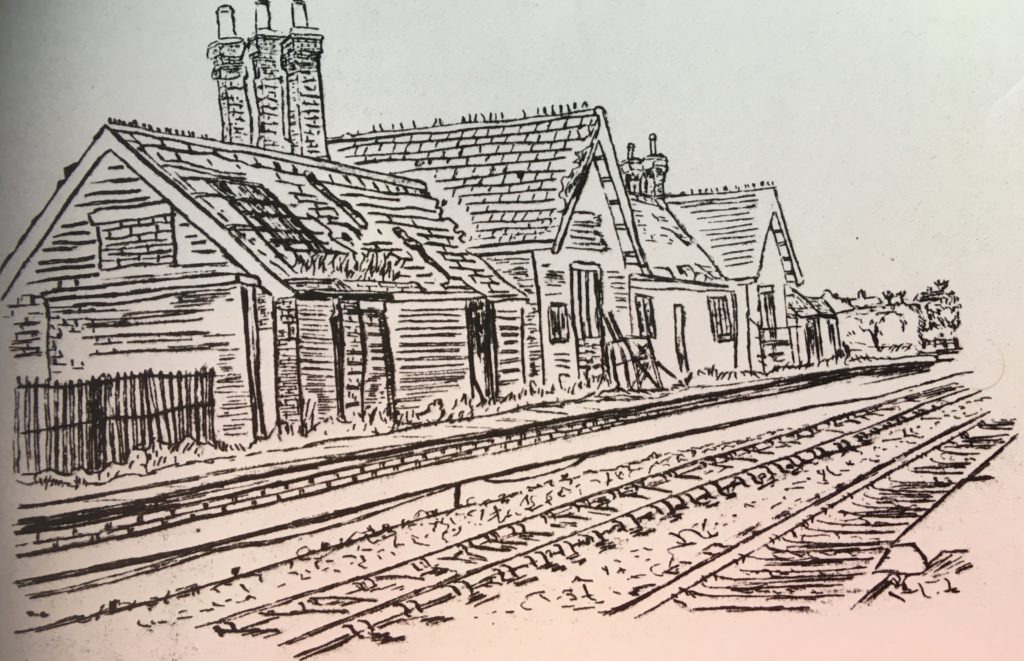
Winslow Station, (sketched by the author), on Thomas Brassey’s 1851 old Oxford to Cambridge line, crucial during World War Two, derelict in 1985 abandoned after being used as a workshop in the 1970s.
The line was closed by order of Minister of Transport Oxbridge graduate Barbara Castle, a lady who knew so little about transport that she could not even drive a car- see ‘The Richard Crossman Diaries’. Castle mentored Jack Straw, another Labour high flyer.
It amazes me how Dr Beeching gets the blame for closing the line in 1967, the year they started building Milton Keynes. That is politicians for you. When I interviewed the last chairman of British Rail, Sir John Reid, for a magazine, he told me that Prime Minister John Major was clueless about railways, just wanting to privatise something like his heroine millionaire’s wife Thatcher, and British Rail was one of the few things left to do that with.
In its heyday Winslow’s station connected the town to the West Coast mainline, East Anglia, Oxford, and Banbury. Castle ended all that- not Beeching.
Epilogue Hope and Illusions
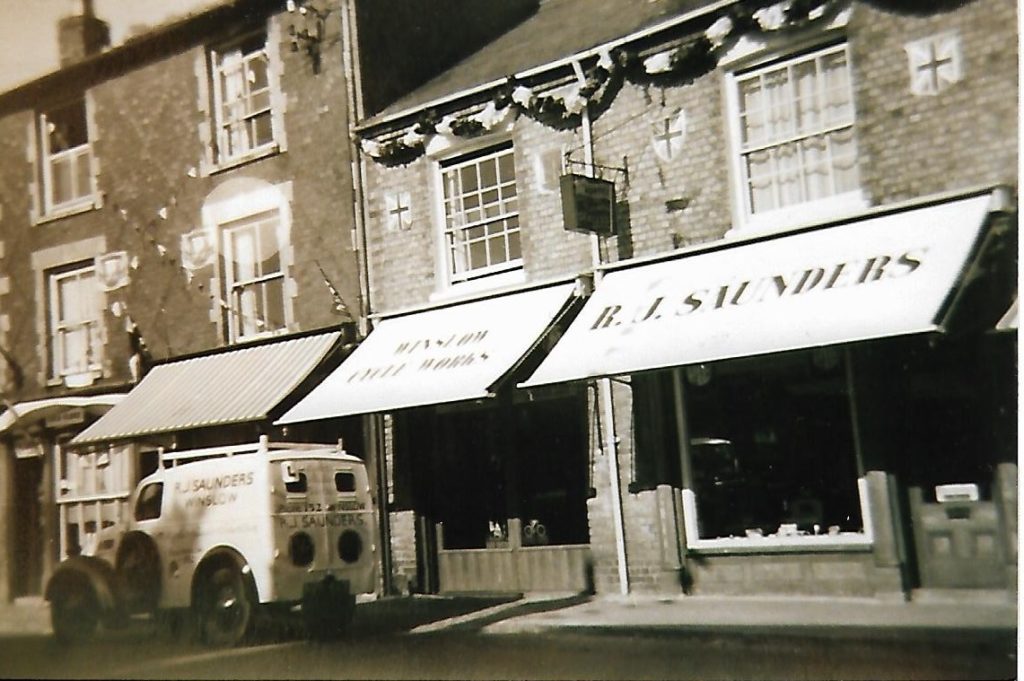
R J Saunders shop in Winslow High Street. 1956. Reg was also a part time fireman. Conveniently for him, they built the new fire station opposite this building, which was his home and shop. The new fire station featured an old air raid siren on top to alert the crew who might be at home or work all over the little town. Saunders sold my dad his bicycle, which I still have. Best of all, he sold Dinky Toys and Hornby railways. Bert Small the barber was next door. I hated the barbers so mum always bribed me with a Dinky toy to get my hair cut. The money for the toy usually came froma rebate when the gas man counted the money in our gas meter.
Two twentieth century world wars were all about empires and greed of the interbred European ruling elites. While lecturing in political history at Aylesbury College of Further Education in the early 1980s, many students didn’t like hearing this and complained. A lot were feminist social worker types, improving career prospects doing evening A level classes. Too bad, the truth always hurts and the comfortable and ignorant do not like it.
On the plus side, for all the mass slaughter and misery, science, technology and manufacturing moved forward apace.
Televison was first broadcast in 1936. Twenty years later H Shaped TV aerials popped up on chimney pots all over town.
My Uncle Charlie Cripps next door to us had more money because he had already had the first of his terrible accidents on a building site. So we used to go next door, sitting on his sofa to see the world through the little screen front of the big Pye television set that had cost him a lot of money.
Bricklayer, Uncle Charlie loved his television, especially Tommy Cooper’s show, always keeping up to date. Leaving school unable to read and write, he had a sad life. I recall him telling me how good an impressionist Tommy Cooper was. He said: ‘When he puts on a policeman’s helmet, he looks just like a policeman.’ Charlie painted water colours.
The black and white 405 line system of 1956 was not so clear as you can imagine if you were not there. But it was better than the old static images of the so called magic lantern given to me by the Lambournes on the opposite side of Sheep Street- along with my first grown up brass bedstead bed, because they were getting rid of stiff before moving to the council houses. Winslow was a self supporting community in those days.
We got our own TV set in 1957, installed by a team led by ex field promoted army officer and radio expert Arthur Adkins, uncle to one of my best ever friends Steven- we went off to university together after being club and county athletes together. Steven was a runner of world class potential, but that is another story. He was also my rival in many ways, as we were aspiring intellectuals. He once told me how much he enjoyed talking to me.
When I asked him why, he smoothly replied: ‘Because you are so ignorant.’ We were about 17 at the time, in the back seat of a car, on the way to compete in the National Cross Country Championships. He was reading Samuel Butler’s ‘Erewohn’ at the time. Like ‘Polly’ my friend was inspirational.
This was the 1950s and early 60s in small town Winslow. I was a kid who still made model aeroplanes and played with his model railway. I took my Uncle Charle’s empty beer bottles back to the ‘Nag’s Head’ get full ones, collecting the deposit for me to save and buy more track for my railway. So I was indeed ignorant. Steven’s contempt inspired my interest in literature.
Back to the main story, for the masses, it was television that was shaping the new consciousness. As Winslow moved into the 1960s TV drama, pop music and news were re shaping the world and Winslow. Moralising Dixon of Dock Green and Sunday Night at the London Palladium with leggy sequined tight wearing Tiller Girsl opening the show, for a fianle with the likes of Gracie Fields and Shirley Bassey were fading TV interests, fuddy duddy and shows of the past.
Britain’s empire was in decline and the local newspaper brought us the thrilling story of local hero Gunner Chowles fighting a rearguard against Aden’s Moslem rebels.
The world was changing. My father was still listening to his record player, probably the first home built stereo in town, buying his records form Hallahans, another TV and radio shop fronted by Miss Andrews, on land now occupied by Elmfield Gate’s road exit on to High Street.
My father was dying then, along with the old ways of Winslow, all the cow shit he hated getting lesser everyday. No more grumpy old Jack Hone, McQuordale’s man putt putting up Sheep Street on his high old Fordson tractor stinking out the street with clouds of tractor vapourising oil- TVO as we nerds call it.
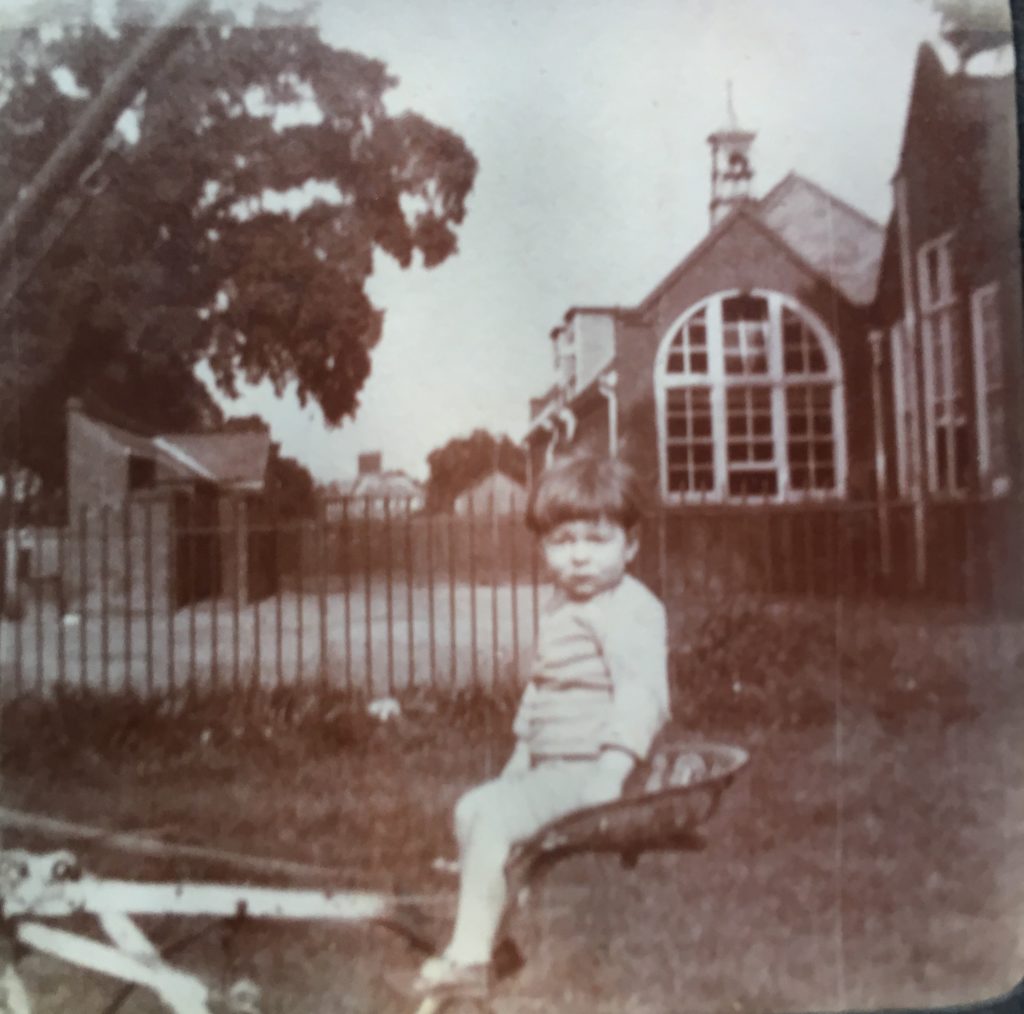
Stan Blake, my mother’s cousin- her aunt Violet Cripps married spiv, con man and travelling salesman Barney Blake- up from Kent , sitting on a farm machine by the iron railings of Winslow School.
The school was a place I hated. The picture was taken c1930. Winslow Hall’s roof can be seen peeking over the hedge in the background. The school’s outside toilets are visible left. There was no full roof, so boys used to compete to see who could project their urine highest over the wall on to the playground. This was another sport I failed at. The standard was high, one boy managing to drench the deputy headmasters, Jim Hall’s head with his jet. The school was sold off in the early 1990s for luxury housing,
When I started at Winslow School, the leaving age was 14. Those who passed the 11 plus transferred to grammar schools, as my clever sister did. She and I were never close so I have few memories of her there, other than teachers telling me that I was nowhere near as clever as her. On the plus side, the headmaster was an ex soldier Norman Bevan, a man from a wider world than Winslow.
The school was not the same after Bevan left to head the new secondary modern school at the other end of town and village school master Arthur Chapman took over with his rather snobbish wife being my last teacher before I left aged 11. The school also lost a good deputy head, Jim Hall.
Jim Hall, a severe looking man with slicked down hair, thanks to Brylcream, was another ex army man and a stickler for PE. Our school had no playground, so until the secondary modern school was built we used to trek up the Little Horwood Road, then climb over old grey rotting wooden style by the double bend, walk down the footpath where the cycle way and Elmfields are today, to the old long gone recreation ground to play cricket.
This was every Friday afternoon from May to September, excepting holidays and I hated it. Being on the receiving end of a hard wooden ball, with aheavy bat to defend poorly coordinated self, was not my idea of fun.
The secondary school changed all that. We were going to play football for the first time. Jim gave us a briefing in the school canteen hut. He said it was important to stick to our positions. At the time my father was supposedly but not recovering from his failed operation, so he had no wages. Wanting to look the part, mum persuaded Uncle Charlie to buy the boots from Hilton’s shoe shop, along with socks and shin pads.
Off we went, two by two like the animals boarding Noah’s Ark. The new school at the end of Avenue Road looked amazing as we went through the front gate. Dividing us into teams, Jim- whistle around his neck- organised us in positions. Probably because I could at least run fast, I was near the middle where a circle was marked at the centre of the pitch. That was the half way line dividing the team ends.
One sharp burst from Jim’s whistle and we were off. Well everyone was off except me as I had no idea what was going on. We did not play football in Sheep Street.
Apart from me, the boys were very excited, calling out to each other, slipping over, desperate to get the heavy leather ball then kick it between the goal posts. Boys got peer group respect this way.
At half time there was lots of gasping, laying down and rubbing calf muscles and excited chatter involving all except me. The field sloped quite steeply, so my team did a bit better when we changed ends- though still losing. I did not care, never understanding the passion of football and its supporters. I have never watched Winslow United play.
So at the end of the match Jim called to the boys, ‘Come on, gather round Cook. Now, look at his feet. He hasn’t even got his boots dirty. Little angelic me just looked up into his red seemingly angry face and said: ‘But Sir, you did tell us to stick to our positions.’ Instead of getting my class mates to laugh at me, they laughed at Jim.
The country may then have had hopes and illusions about its future, but after Bevan left so did any hopes I ever had. As for illusions, I had none by that time. New headmaster’s wife Mrs Chapman, my last teacher, made it quite clear she thought I was thick. Her glasses were Dame Edna Everidge style, her cheeks chubby, giving the impression that she was always smiling, though often rather nasty. She was the only other teacher at that school to hit me. I don’t recall why, probably for talking out of turn.
I remember Chapman dragging me from my seat, pushing me tumbling between rows of wooden desks, then tugging, in a rage, directing me to her classroom door, slapping my head from side to side as she pushed me out.
Teachers had a licence to hit, some of them obviously enjoyed it. There was something very Dickensian about that old school, teachers attitudes and the smell of wood and cheap ink from the ink wells in every pupils desks.
As for hopes, growing up in poverty and hardship at the bottom of the Winslow pile, I never had illusions or delusions. I have none now.
As for Britain, the Brexit con and fiasco says it all. This is a new and sinister age of elite control and censorship. Little Winslow is not an island, but some of its people live in a bubble. Criticism is a dirty word as far as the elite and vested interests are concerned.
One of my most disturbing memories of Winslow is the workhouse. There is an old peoples’ home built on the site now. Years ago we used to see a trail of old men and women walking holding hands like school children, all down the High Street, Sheep Street, Little Horwood Road.
They walked out every Saturday and Sunday afternoon, like little children, innocent smiling faces, except the one mum called Albert who had no friend’s hand to hold. He followed up behind. We saw them always on Sundays while walking ‘Prince’ down to let him lose in a field by the railway bridge a mile out of town. Prince enjoyed those moments of freedom, as we all do.
Though of clean and tidy appearance, their clothes were unusual, men with stiff winged collars to their shirts, double breasted suits, turn ups and brogues, women in floral dresses and flapper style hats from the 1920s.
Self important Dr Rudd and lay preacher wrote a patronising pamphlet for his audience of admirers. It was apparently about his role as medical officer for these sad old folk who lived in the workhouse. Rudd made no mention of why those people were in there. The women had been sent there when young and troublesome to parents who lived in a religious snobbish hypocritical England. Rudd made no mention of young girls put in that horrible place because, oh dear, they had babies out of wedlock.
They never saw those babies. One of my many arguments with Norman Saving, probably the worst, was when I told him I would tell the tale of the young Turney girl, , aged 19, condemned to death for drowning her baby in Granborough Brook in 1924- the year my late mother was born.
I told him the story would be in ‘The Book of Winslow’ (1989). He told me that I was displaying my tabloid journalist mentality. One did not have to be Sherlock Holmes to work out the backstory. This poor girl, described in the vulture like press, as having a mental age of 12, had been in service with a wealthy family in Guildford- the master of the house a wealthy powerful man. This little country is all about class.
Local history and its exponents talk amongst themselves and for themselves. I am not a local historian, but am Winslow born just after a murderous world war and now living in a crazy dangerous complex age. Human instincts are ultimately religious, reproductive, selfish, superstitious, fearful and ultimately animal. Those instincts will out, however strong the boxes. Even coffins rot away.
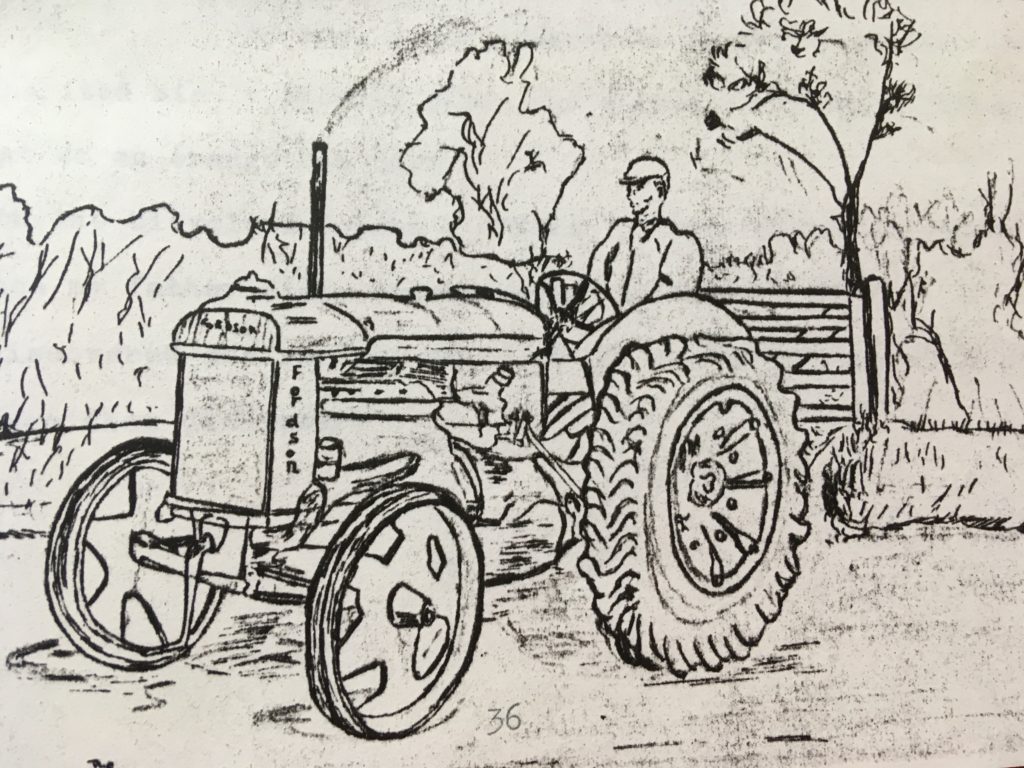
My old sketch of McQuoradale’s obseqious brown coated estate manager Jack Hone astride his Fordson tractor, taken from my book ‘Before the Supremacy of the Motorcar’ 1982, That memoir of mine pictures him at what is now the entrance to Elmfields Housing Estate.
Looking back on my first schooldays, three women were definitive. Miss Cole, the wonderful innocent infant teacher, Miss Green, a woman of her own truth and justice, and Mrs Chapman, a toady to the local class system who influenced me in unintended ways. Winslow is fertile ground for narrow minds.
As a child I remember tramps coming round to our back door, hoping to have their ‘billy cans’ filled and maybe a few scraps of food. Life at the bottom of Winslow’s pile, was hard for me and others, but worse for those tramps. Poverty is relative.
Snobbery was rife in Winslow and still exists. Their are two kinds of snob, the ones who look up to their ‘betters’- inverted snobs as my mother called them- and those who look down on their inferiors. That order was reinforced by church and school.
Deprivation with all of its humiliations and insecurities is difficult. For me the most moving words ever written about Winslow were found inscribed on a wall in Winslow Workhouse:
‘Of all sorts of business
The cadgers are the best;
Because when he is tired ,
He can sit down and rest
Here lies a poor beggar
Life always tired,
For he lived in a world
Where too much is required.
Friends grieve not for me,
That death is severe;
For I am going to do nothing
For ever and ever,
Poor old M is dead and gone,
He’s gone to a place
Where there is no breaking up stone.’
R J Cook May 21st 2019
